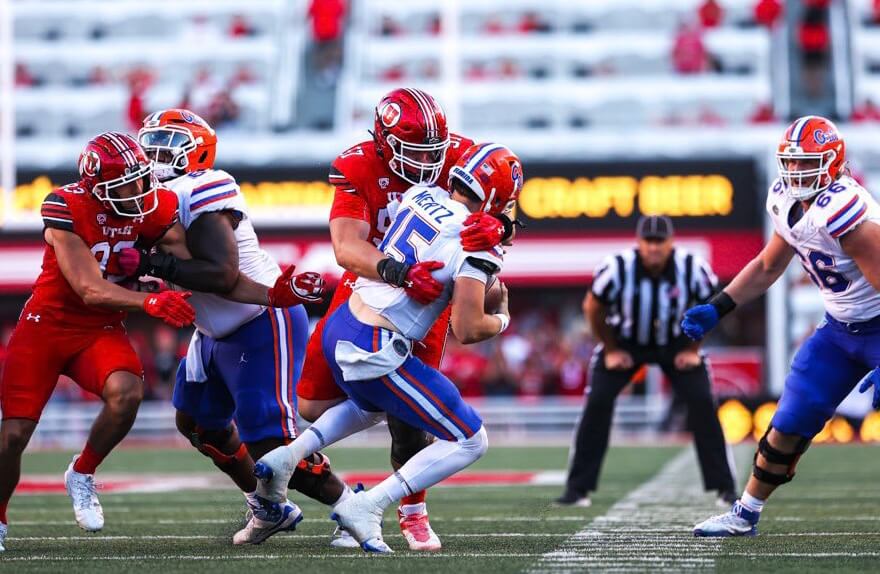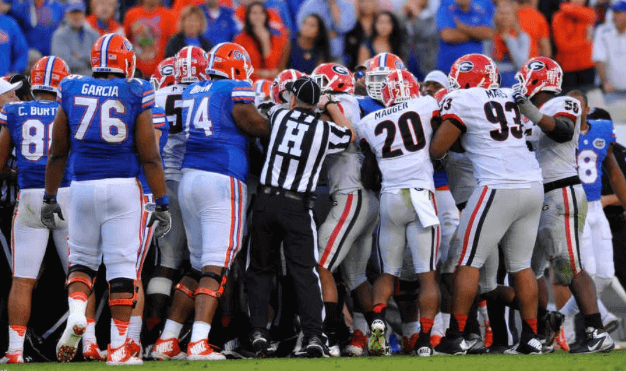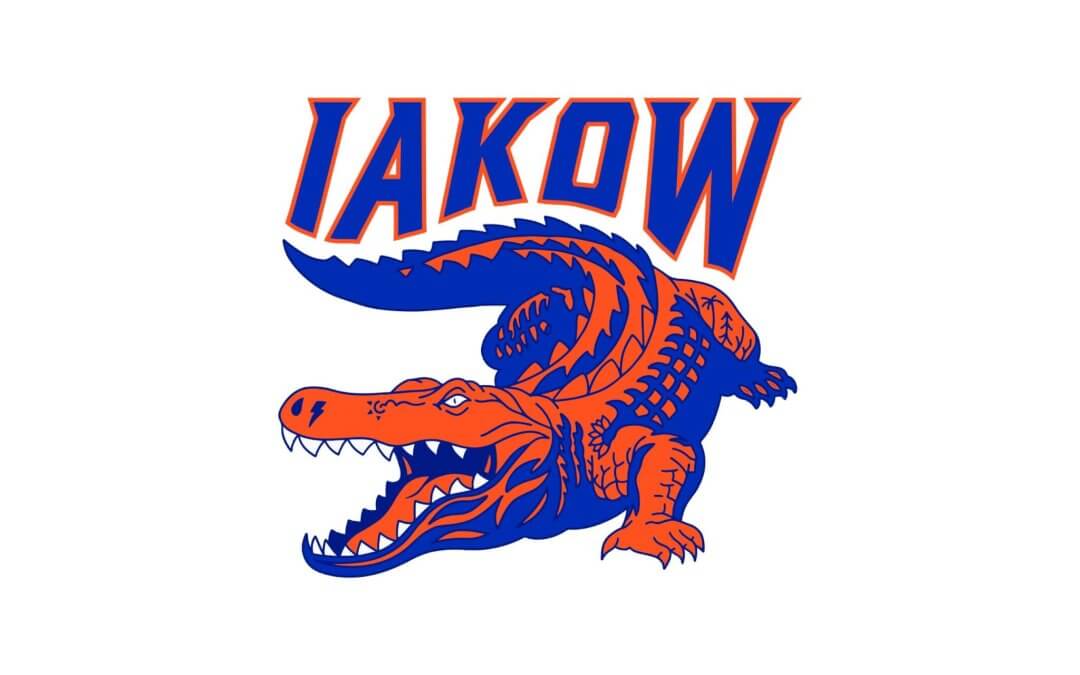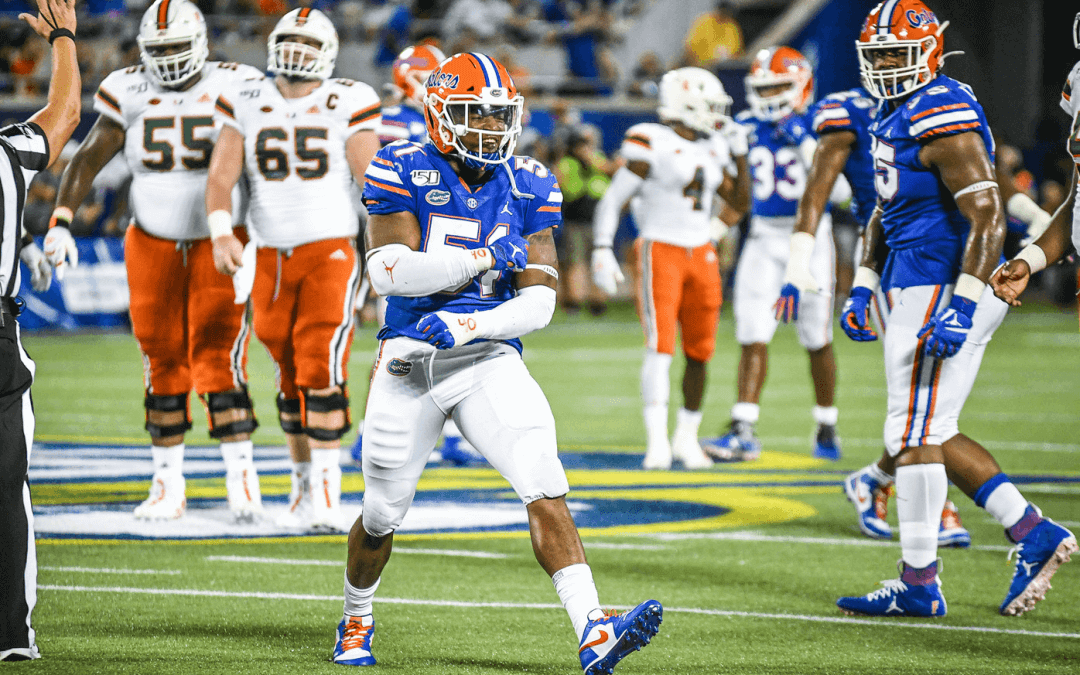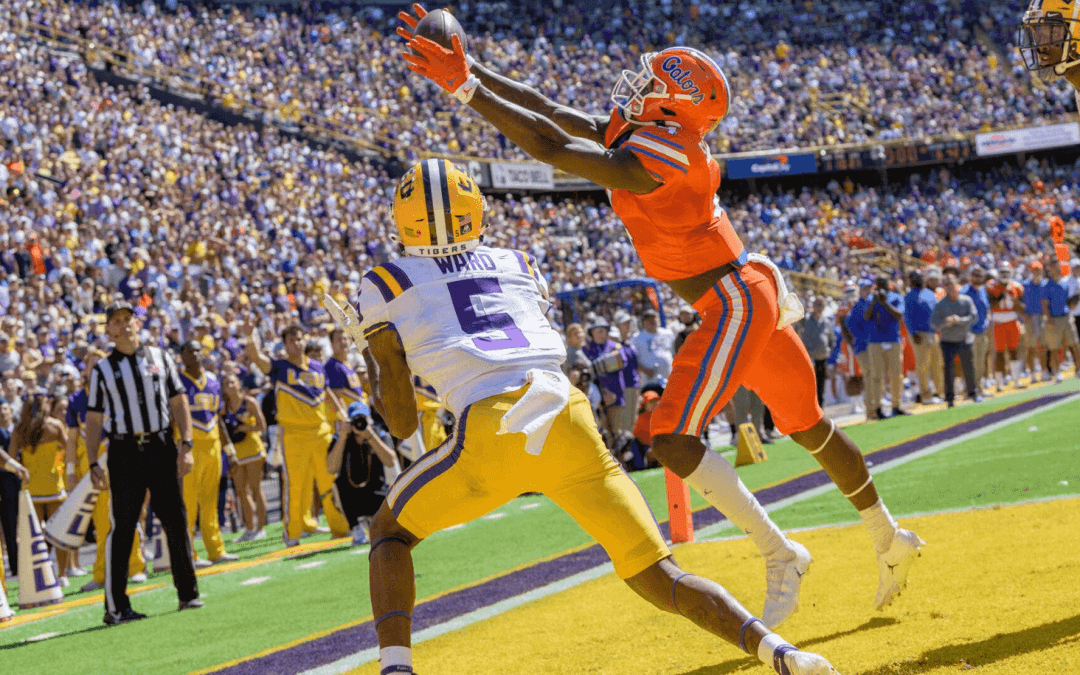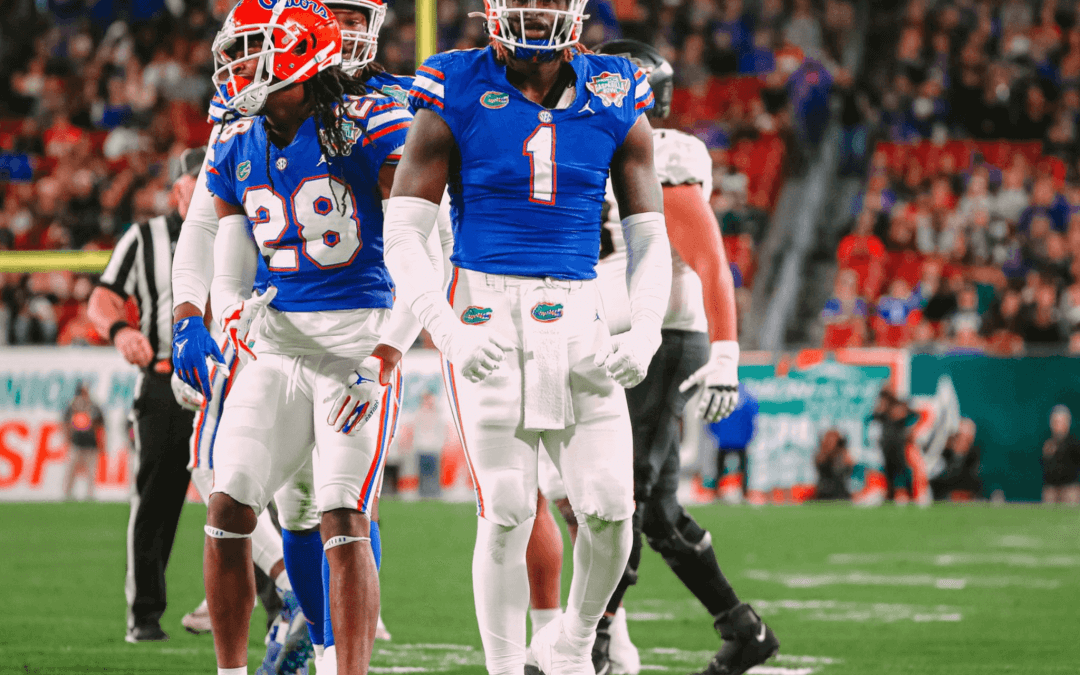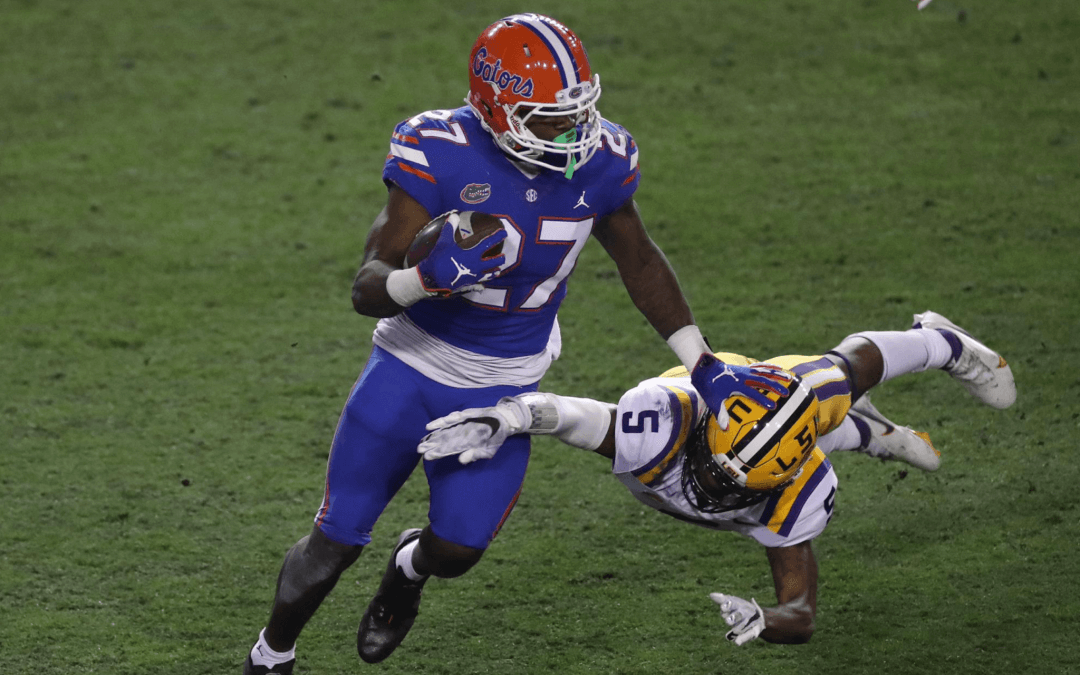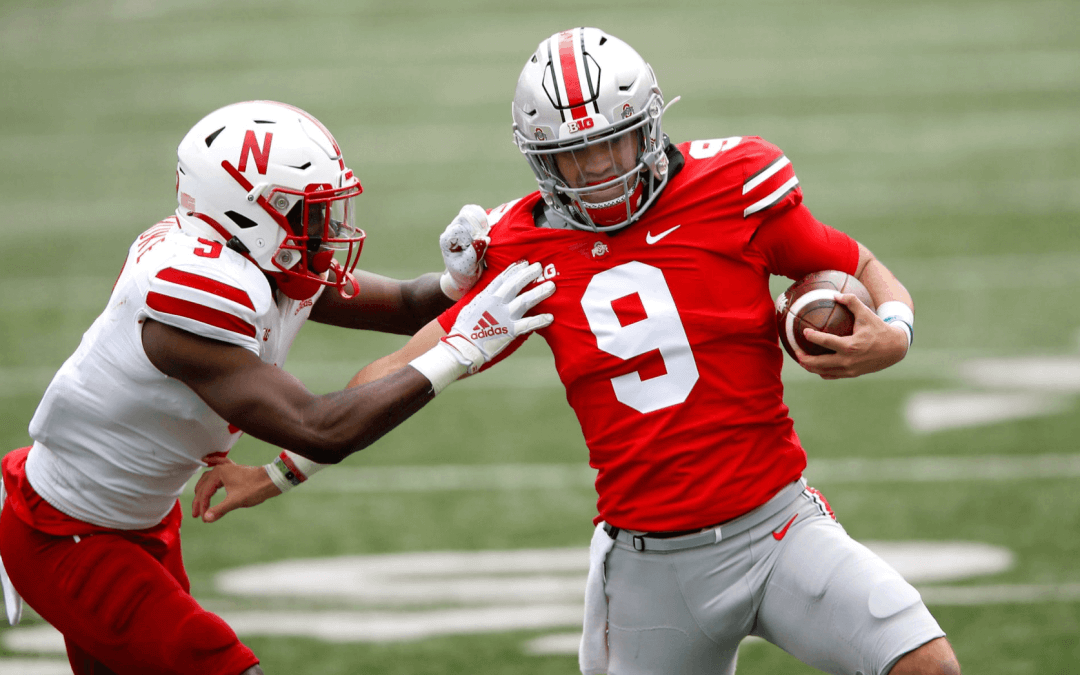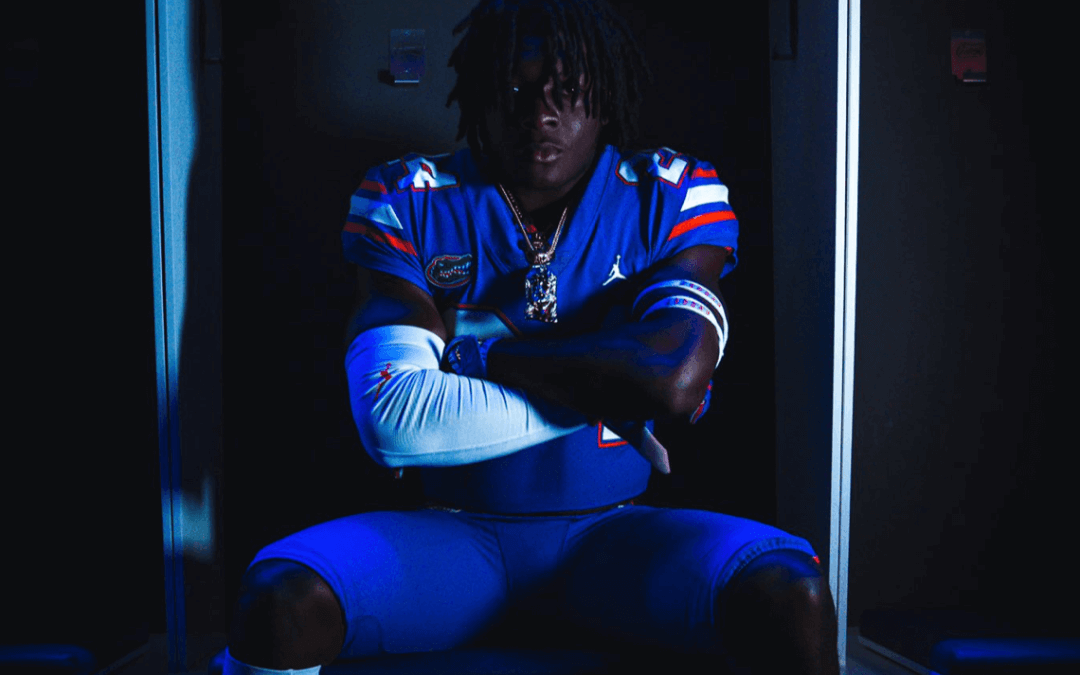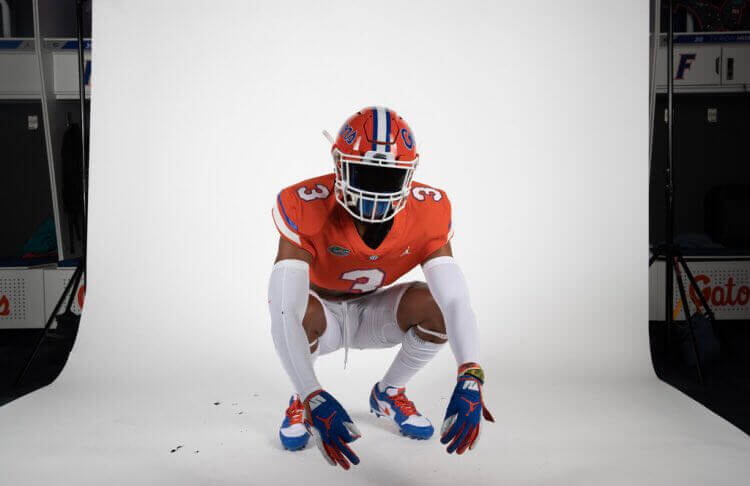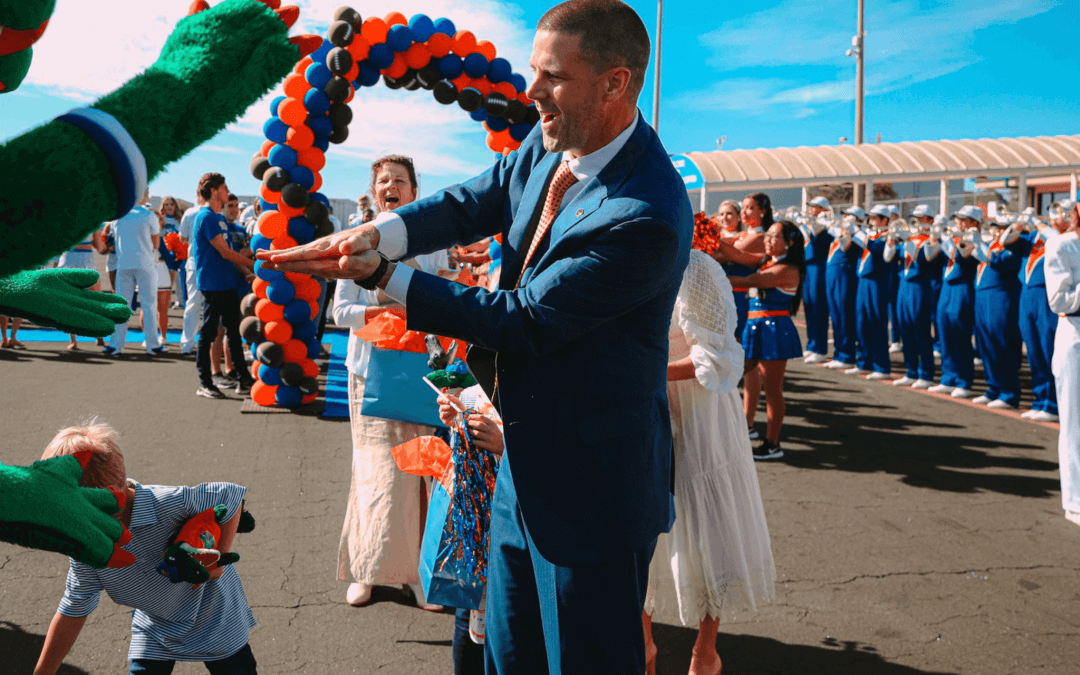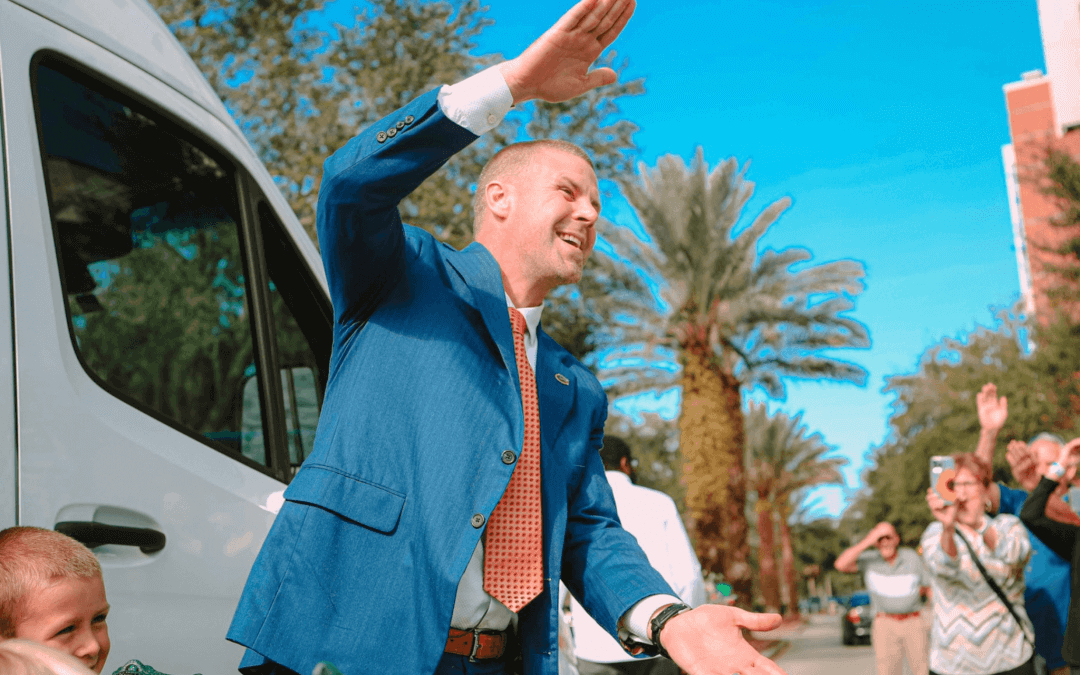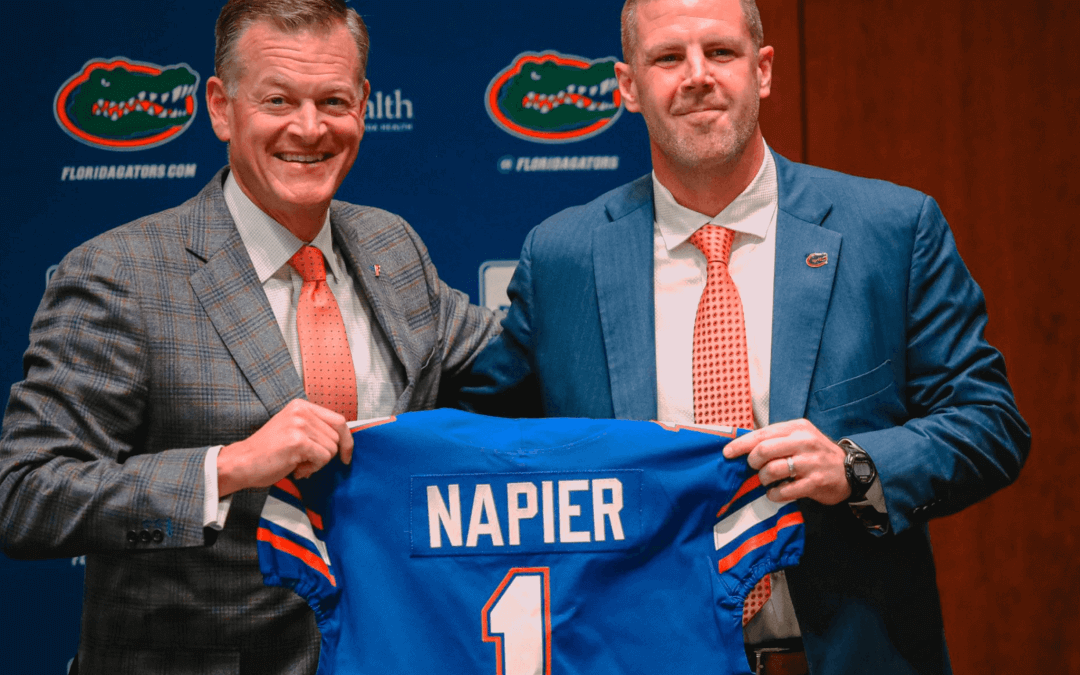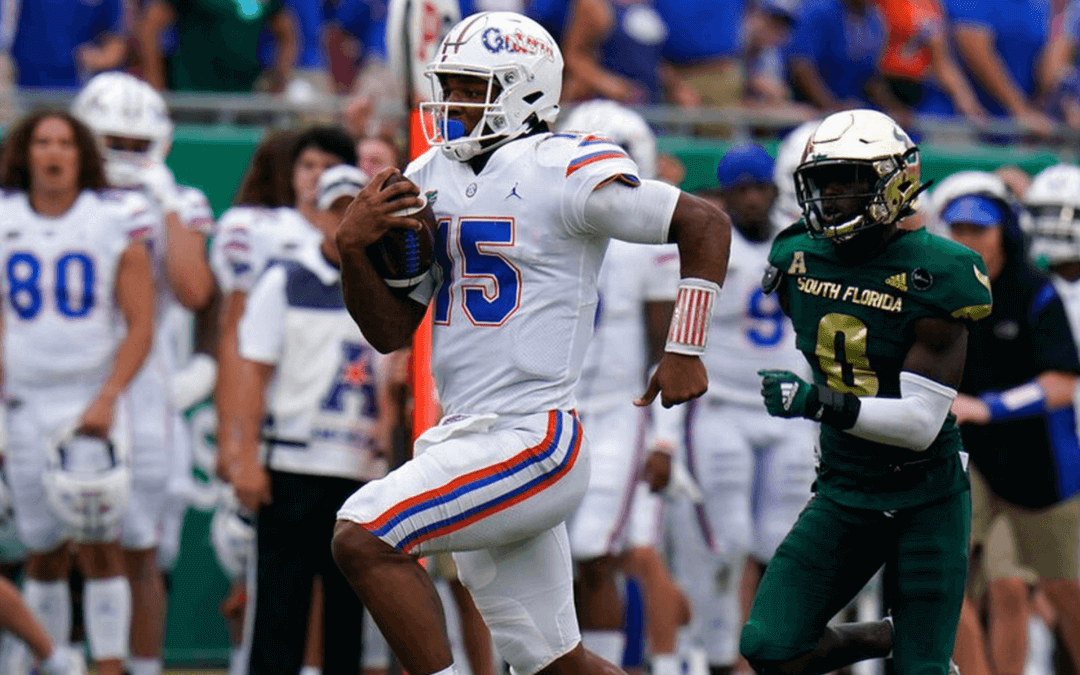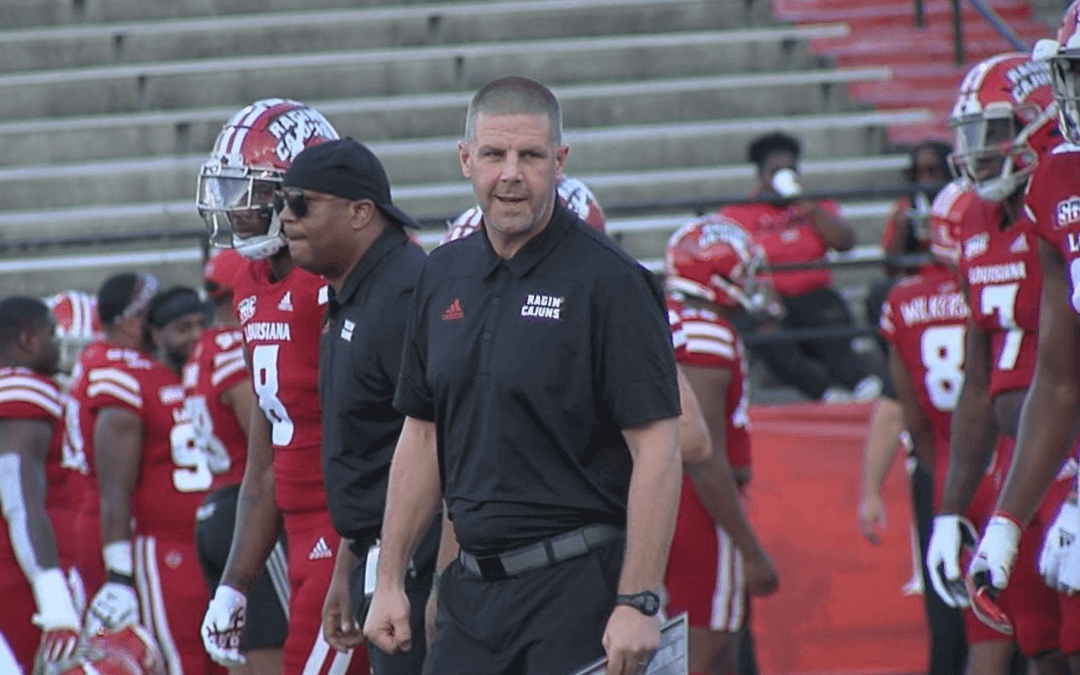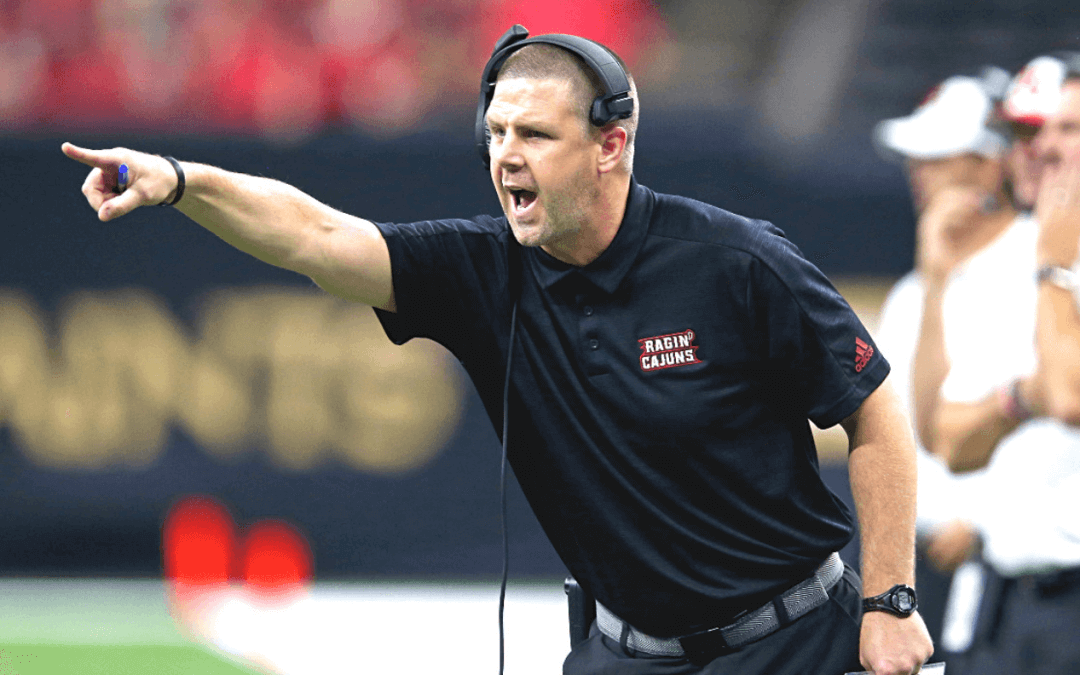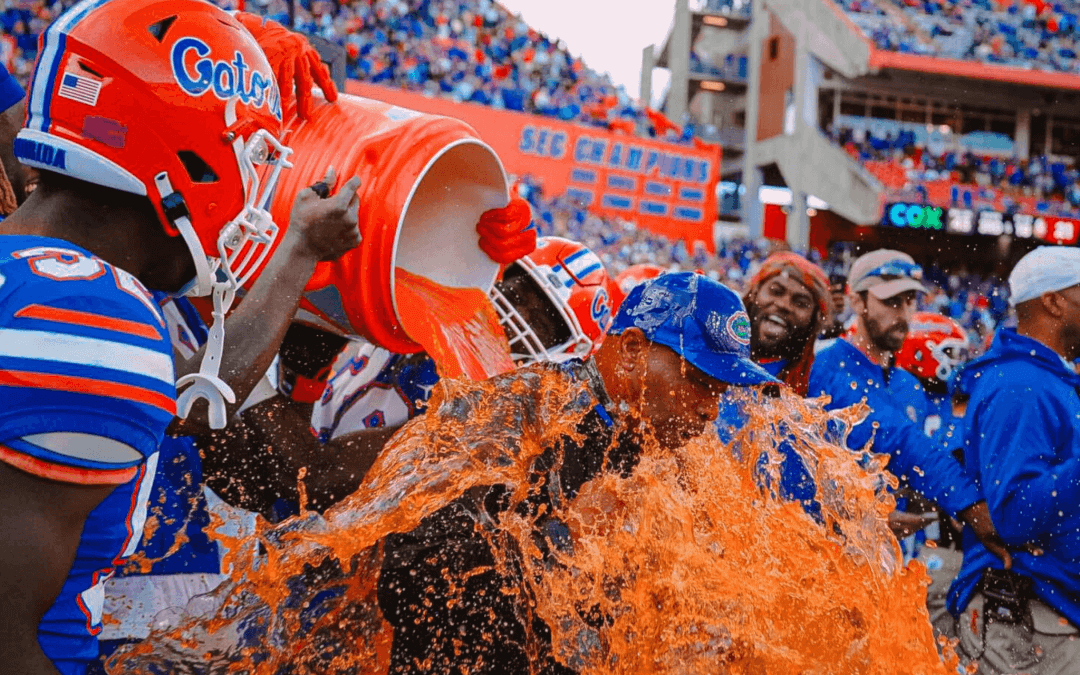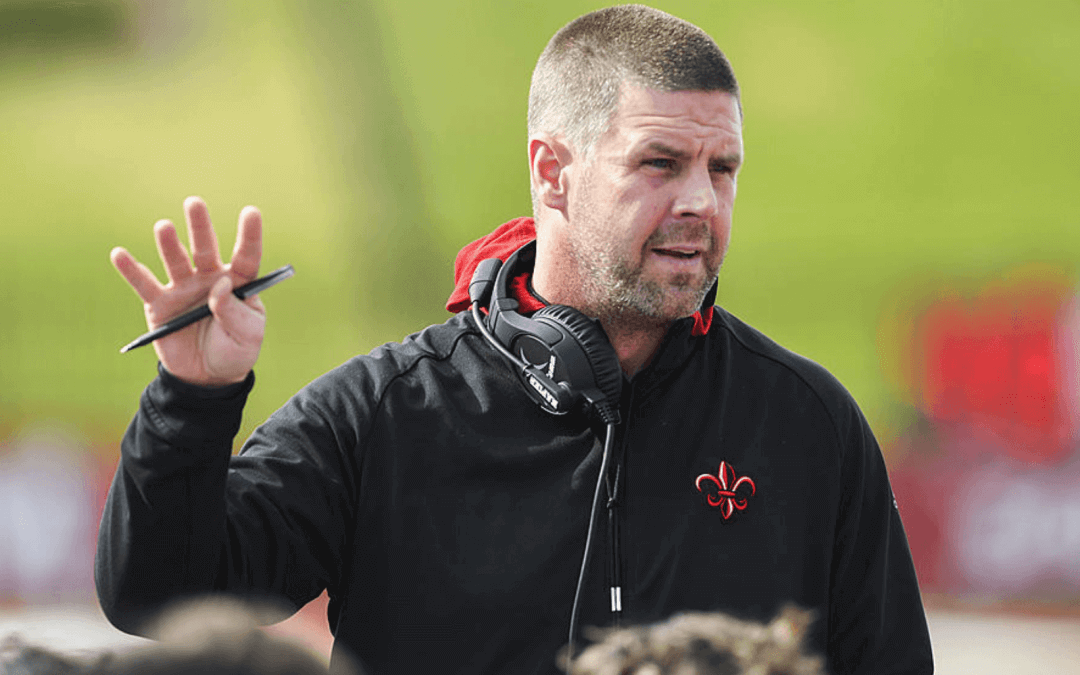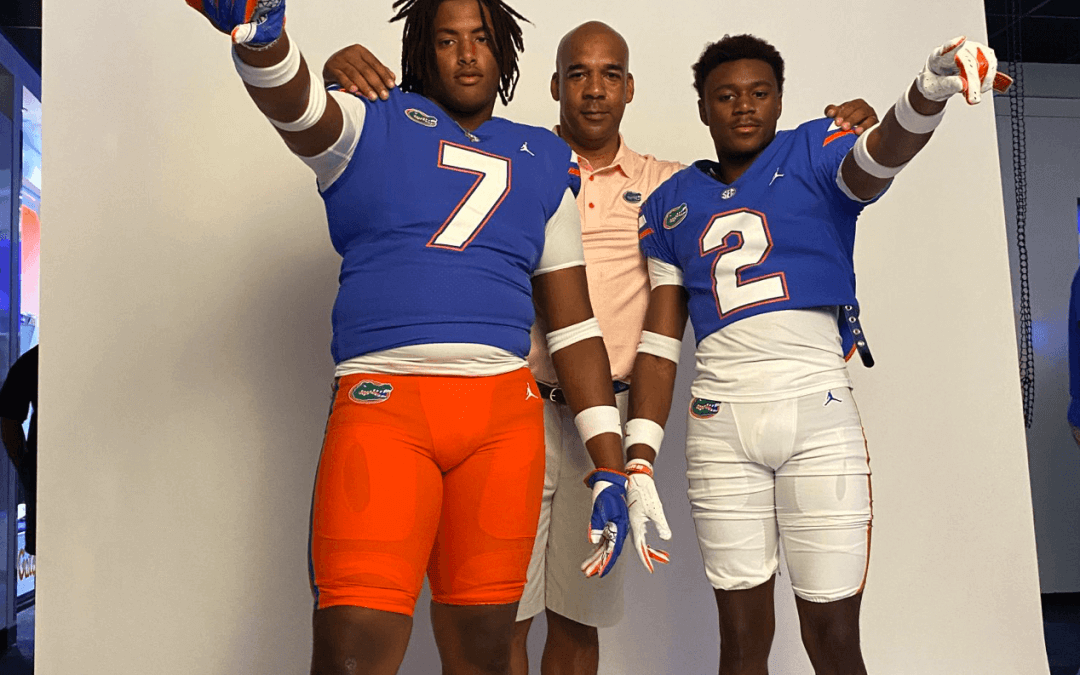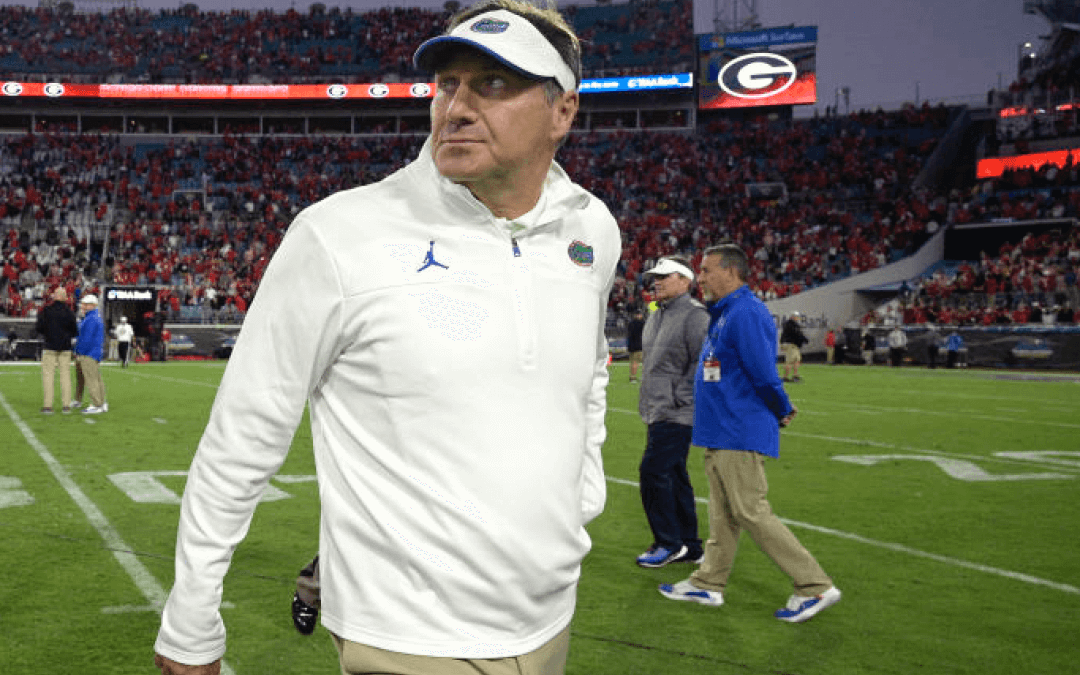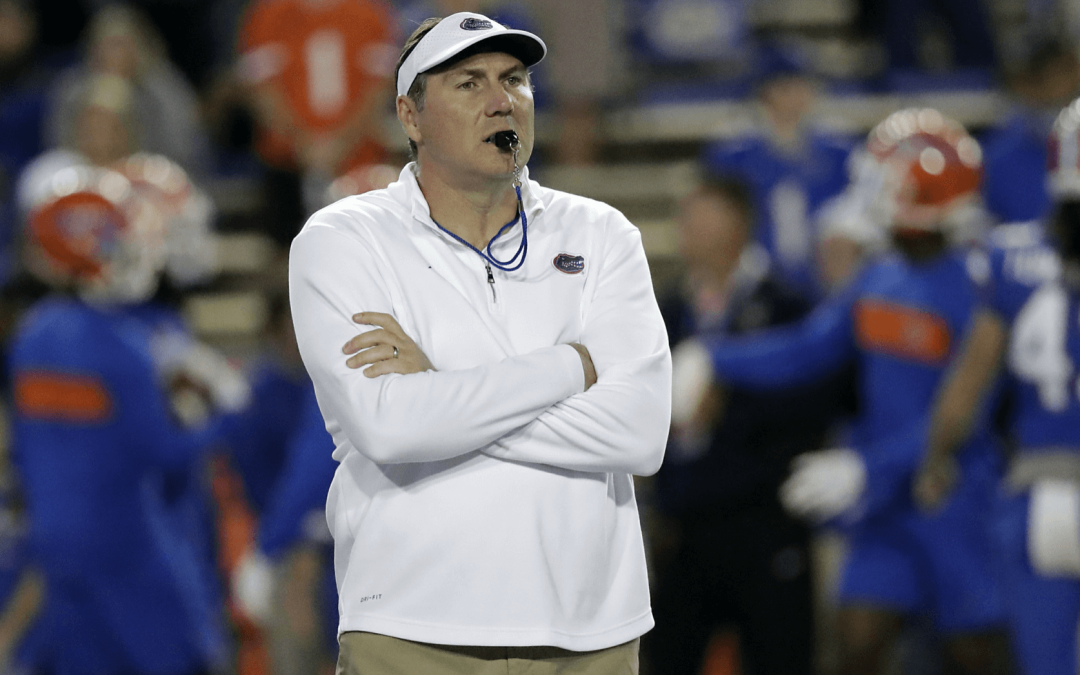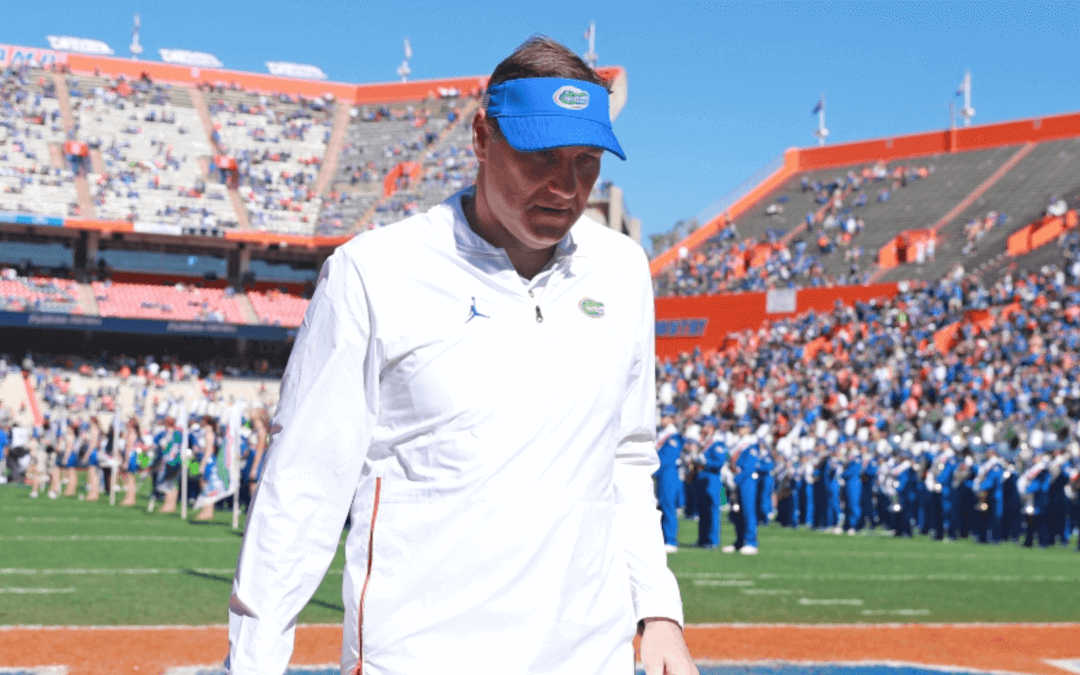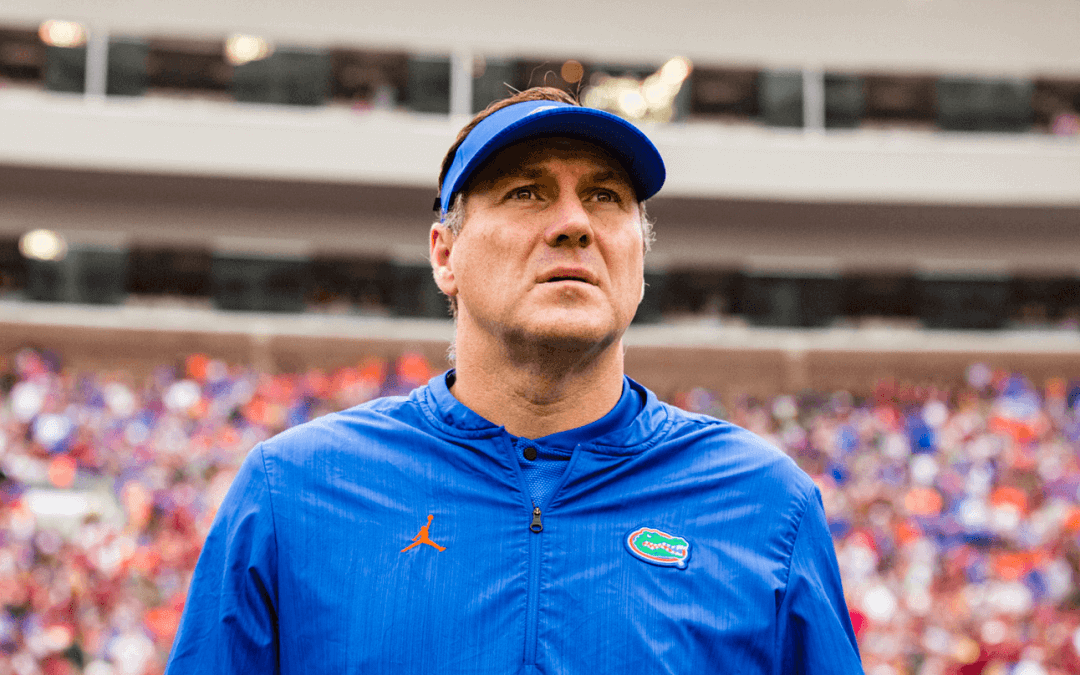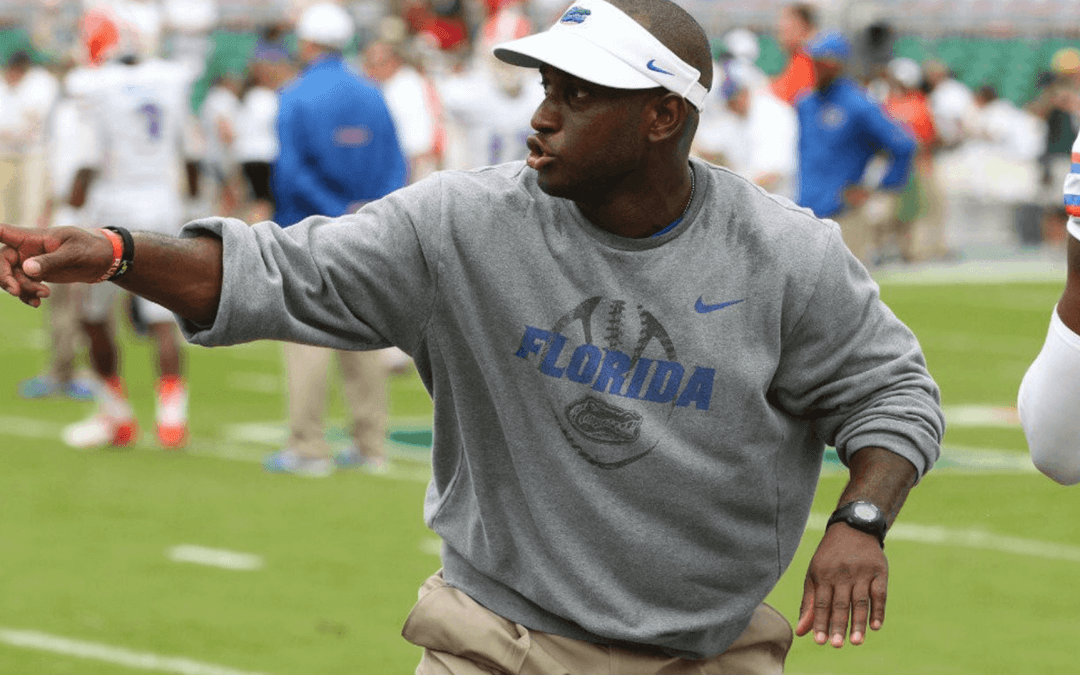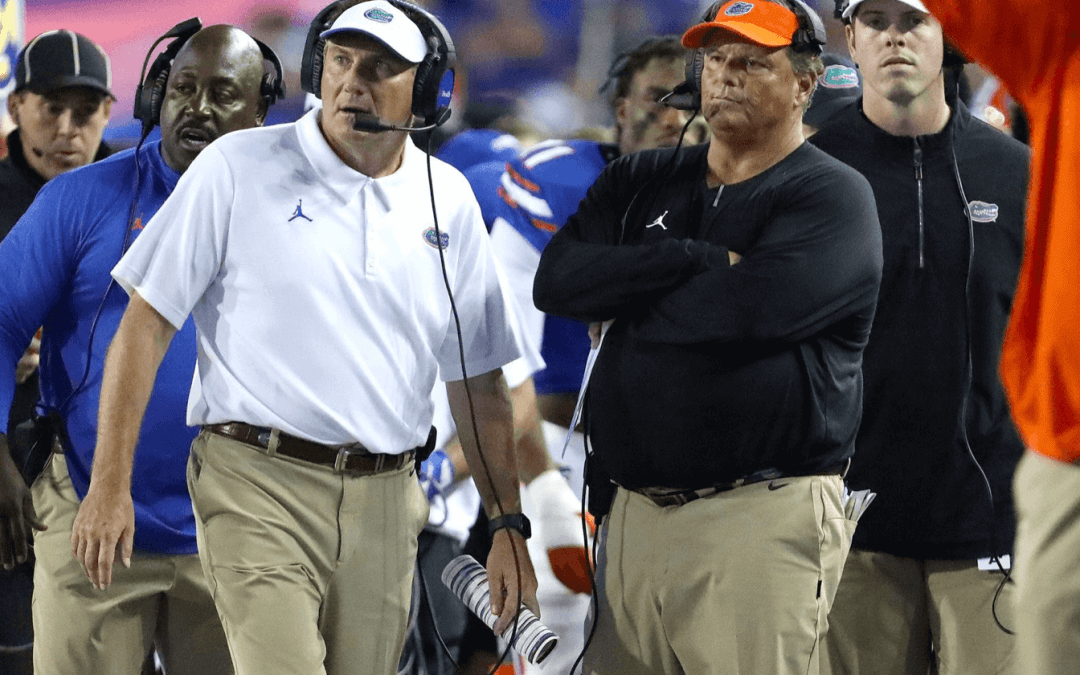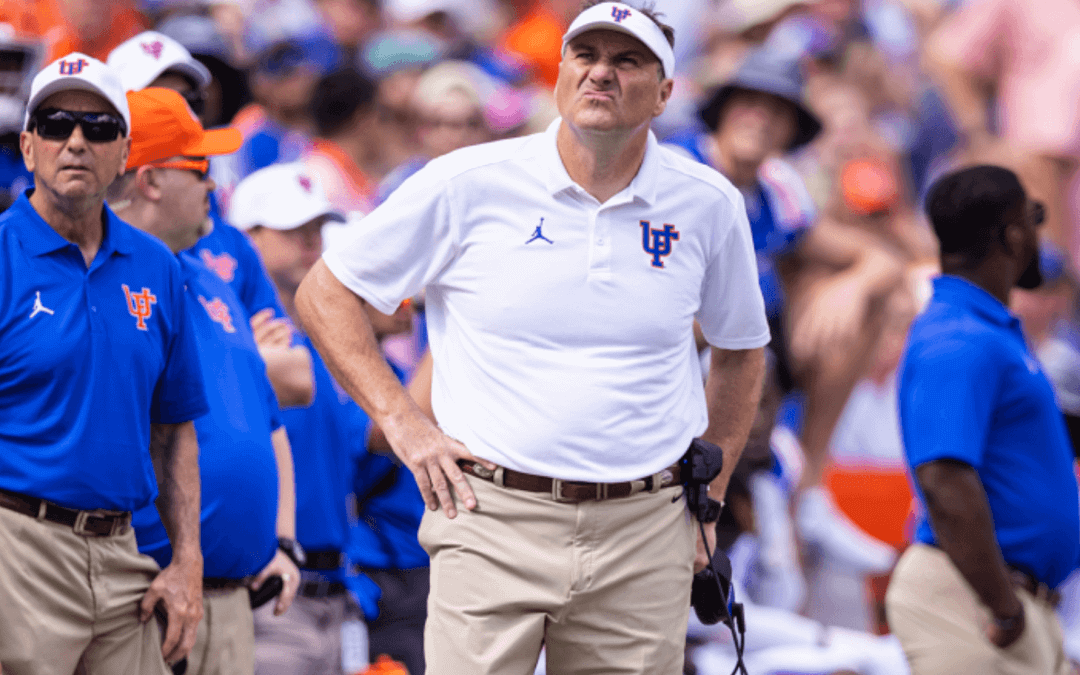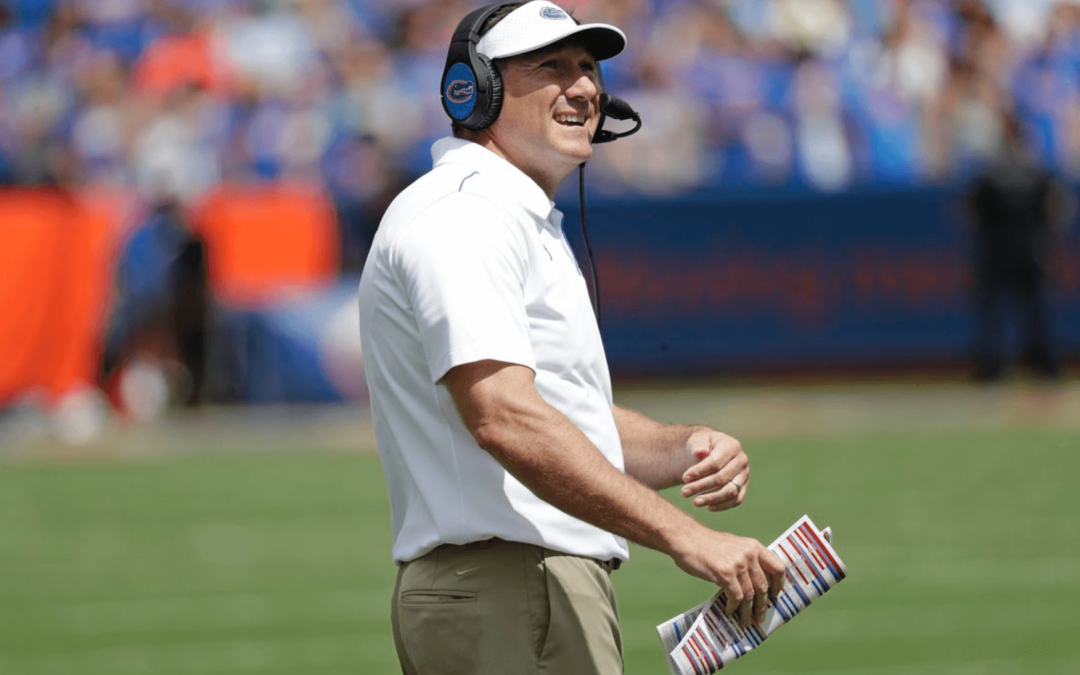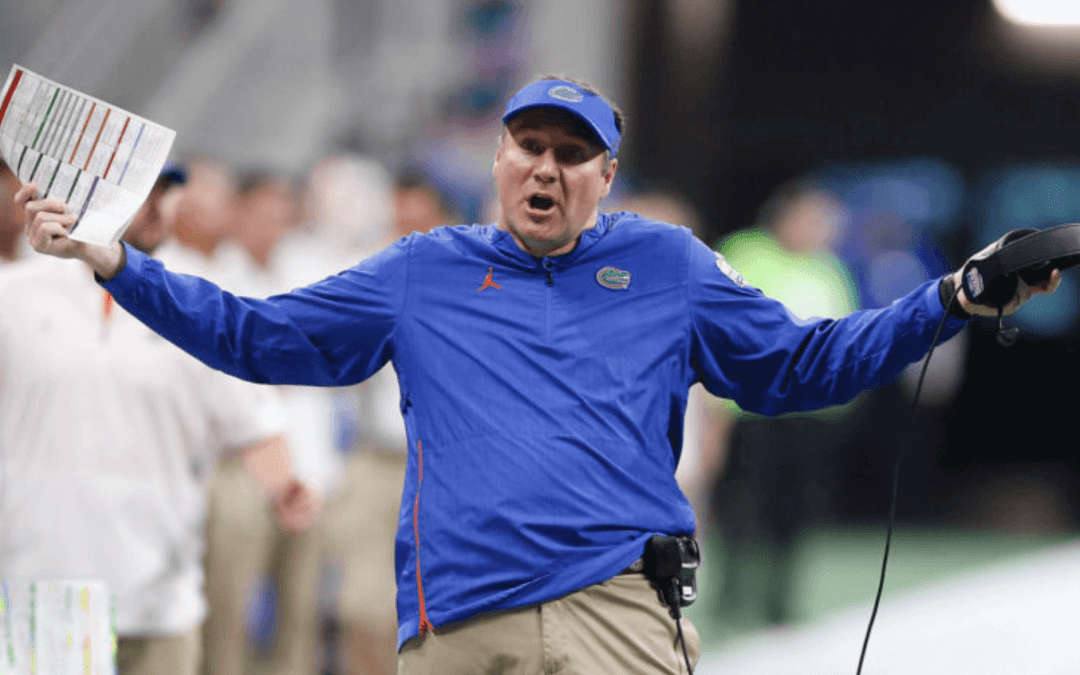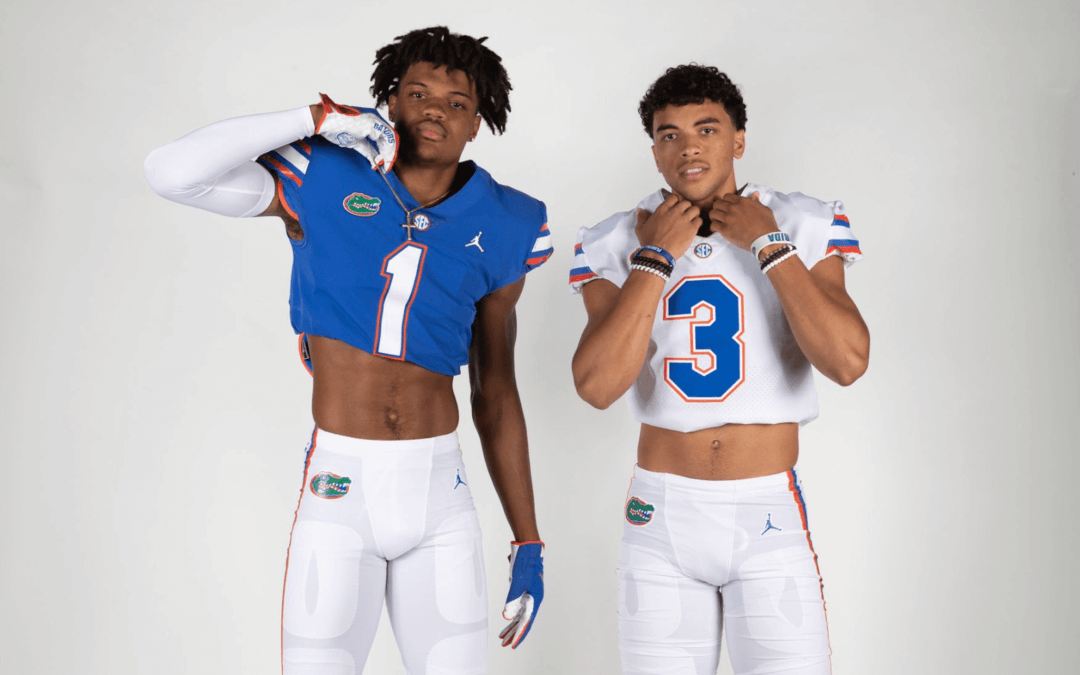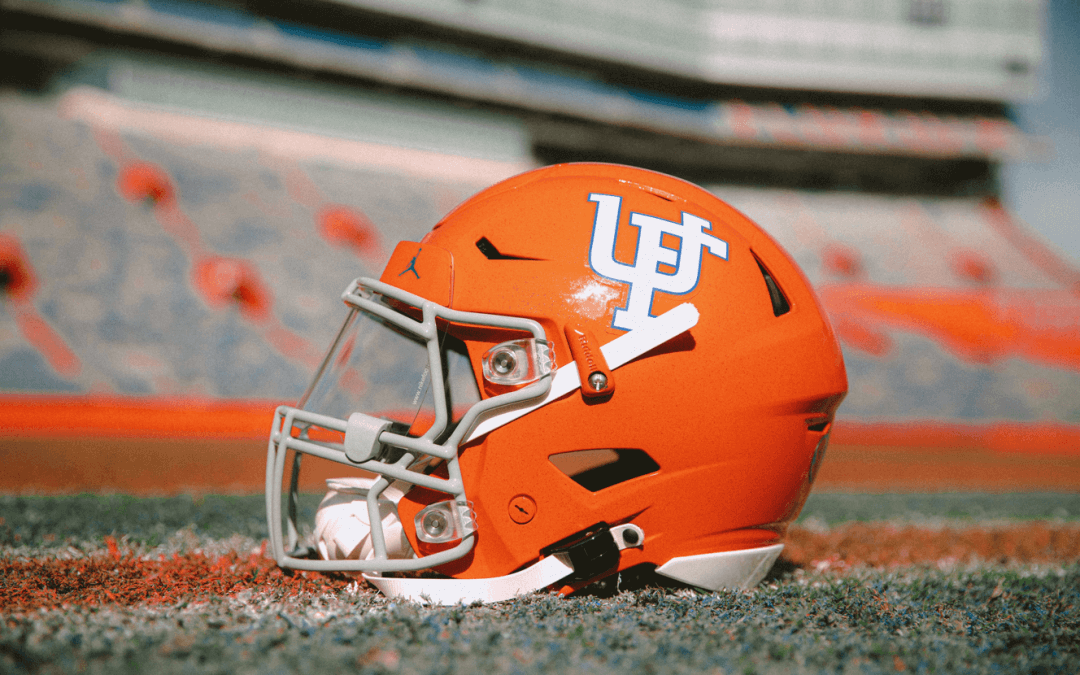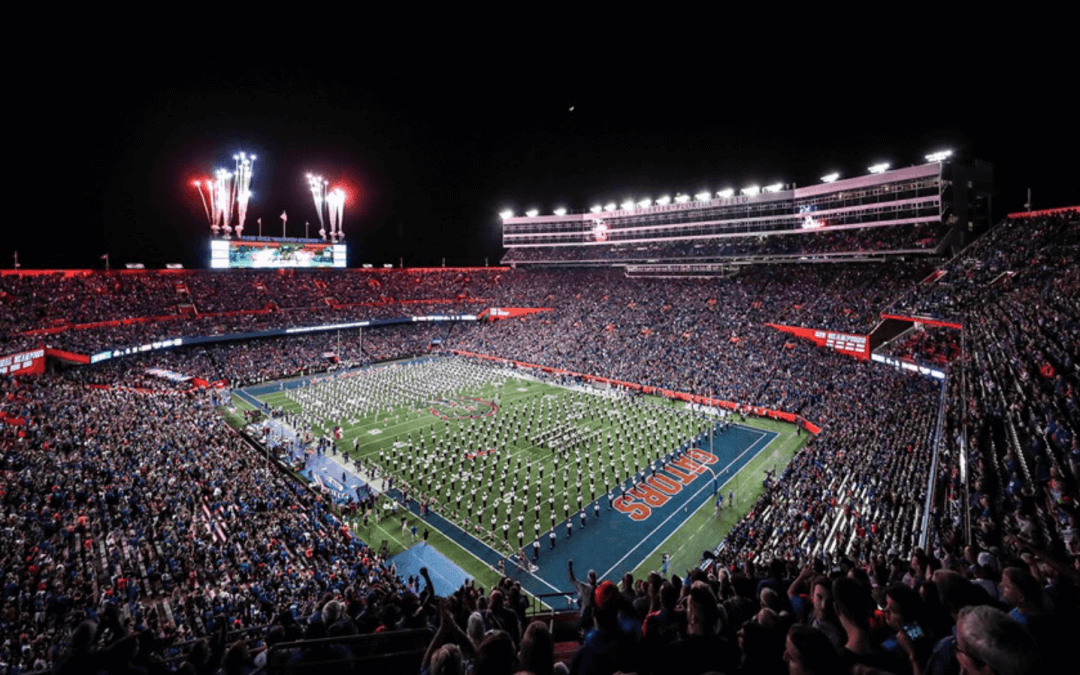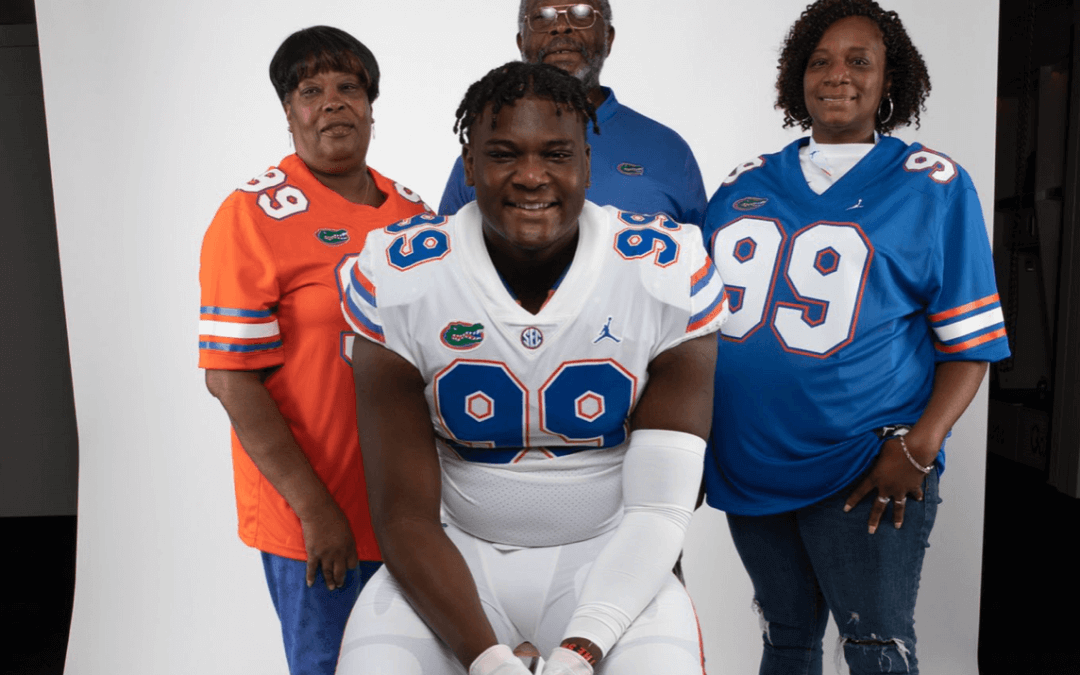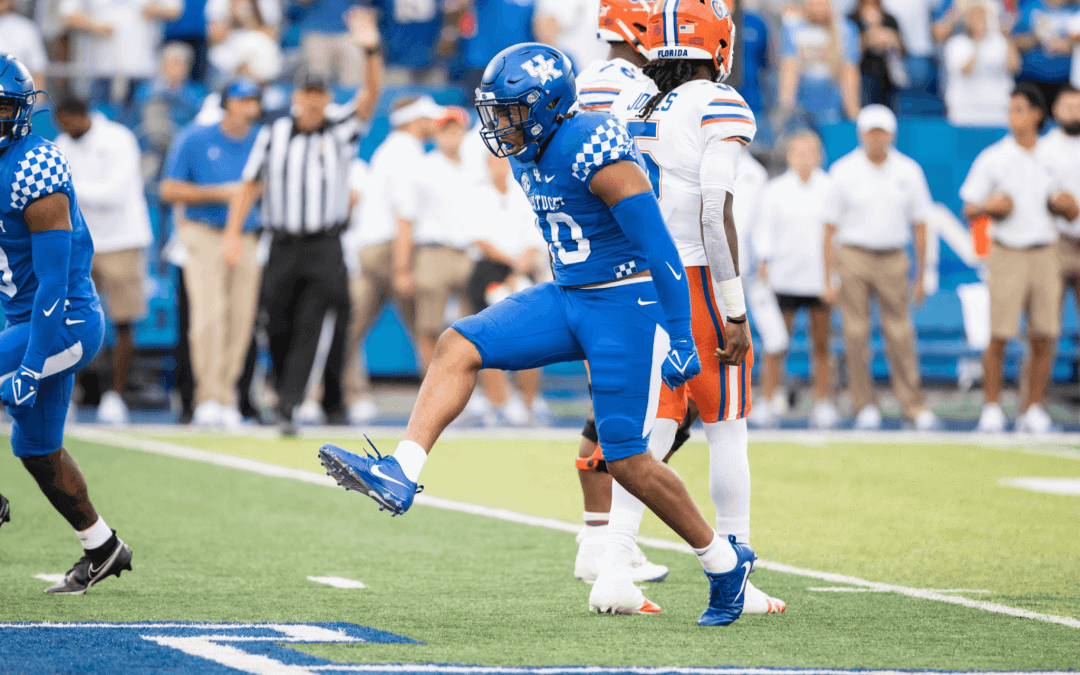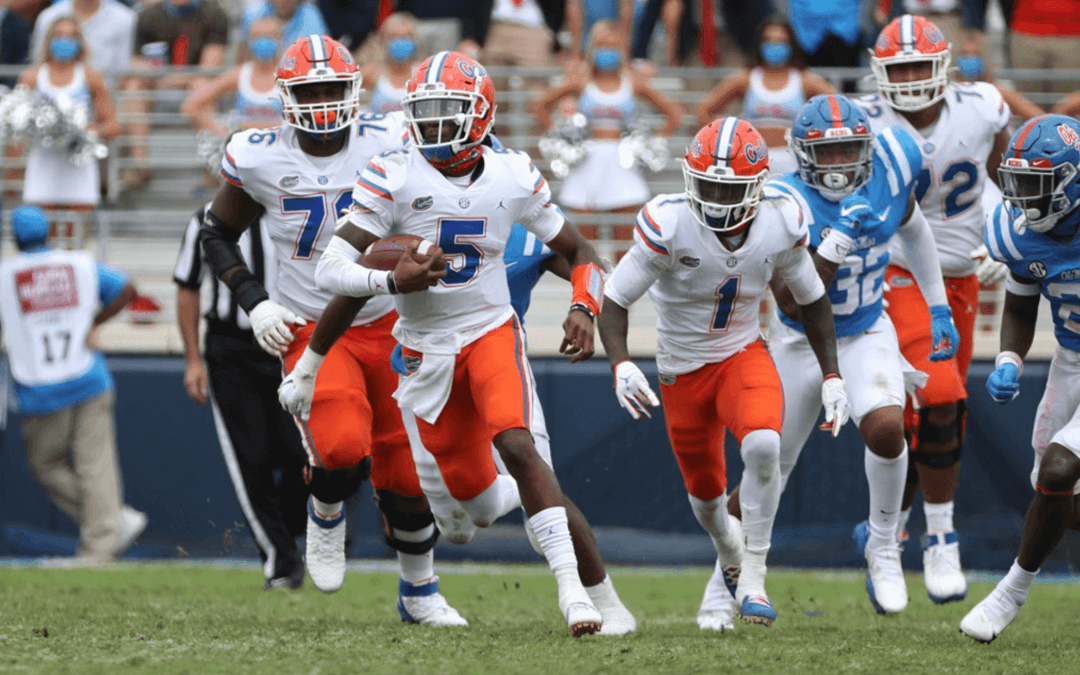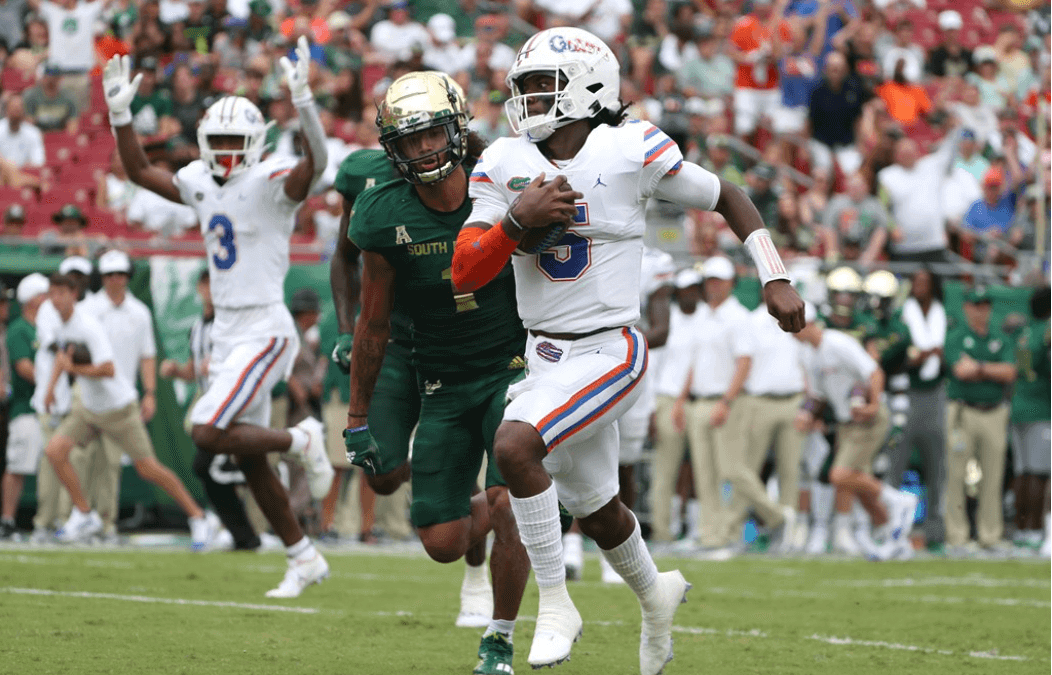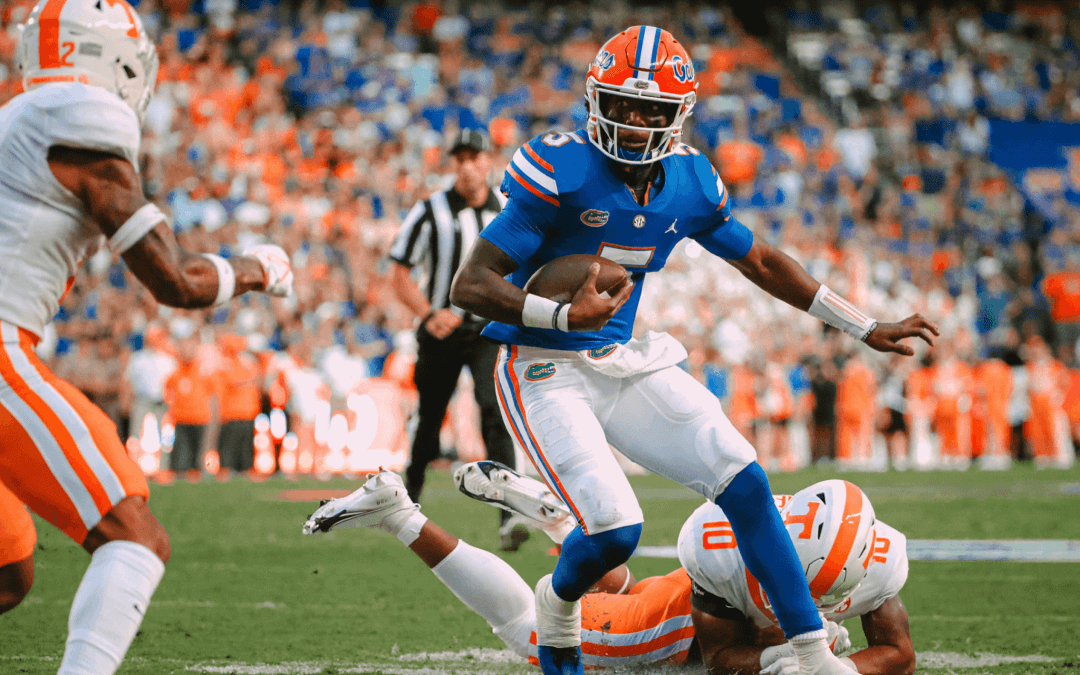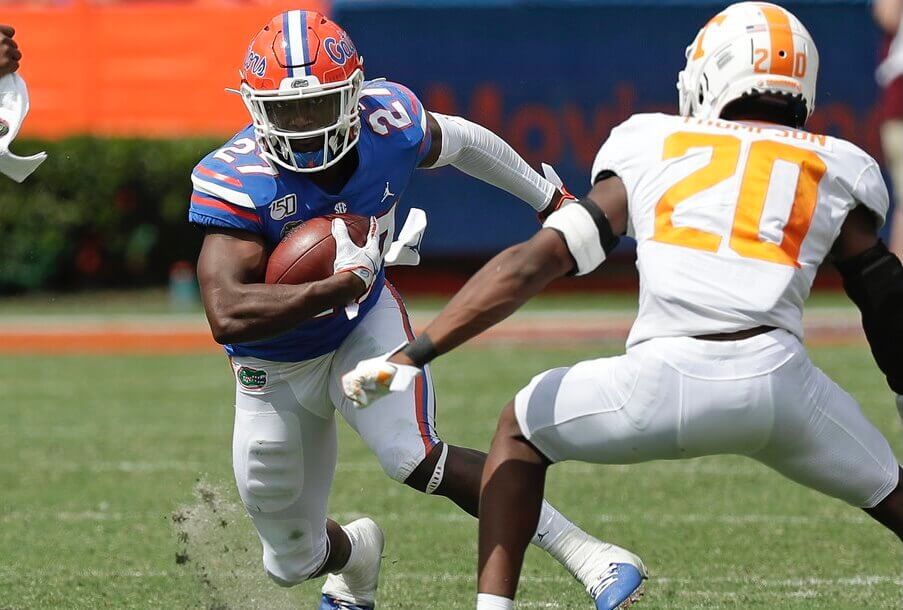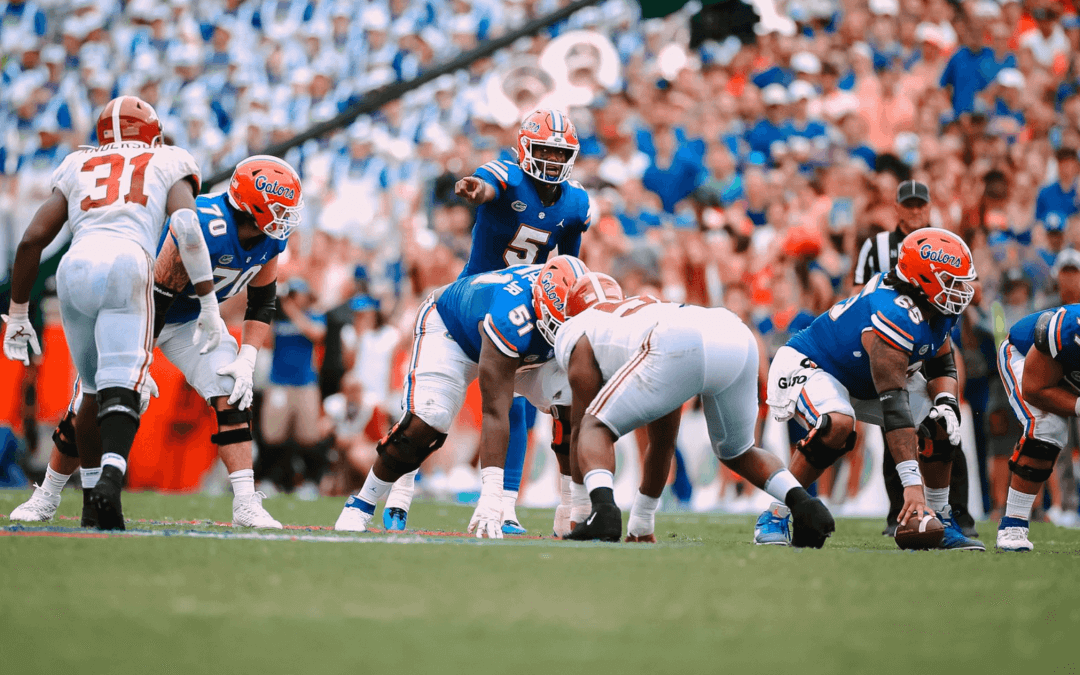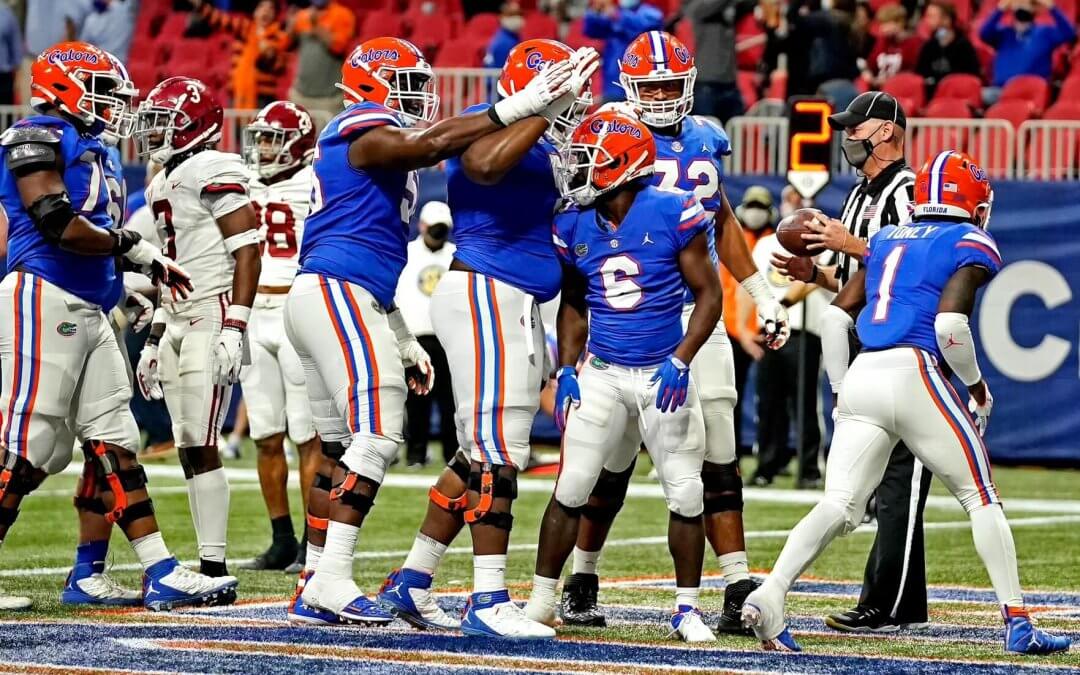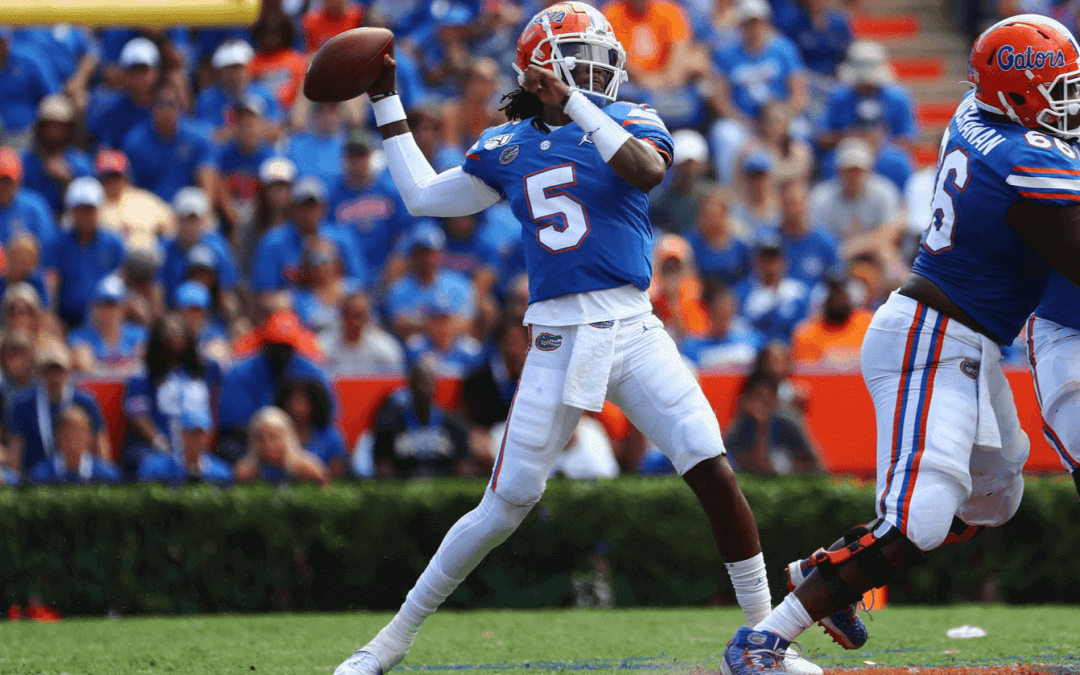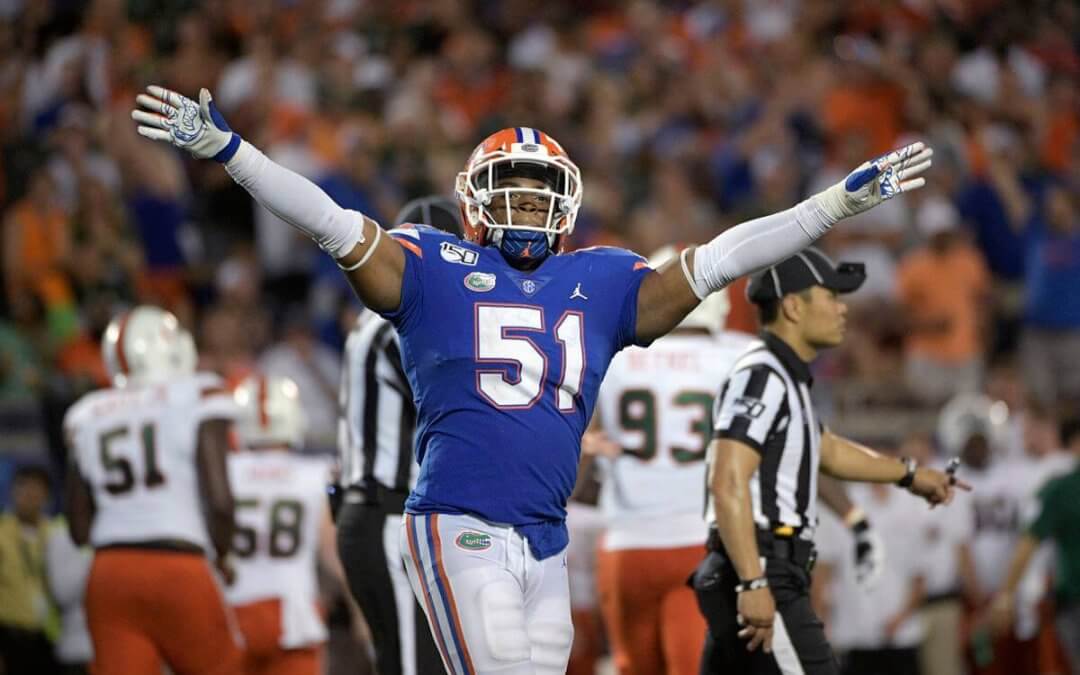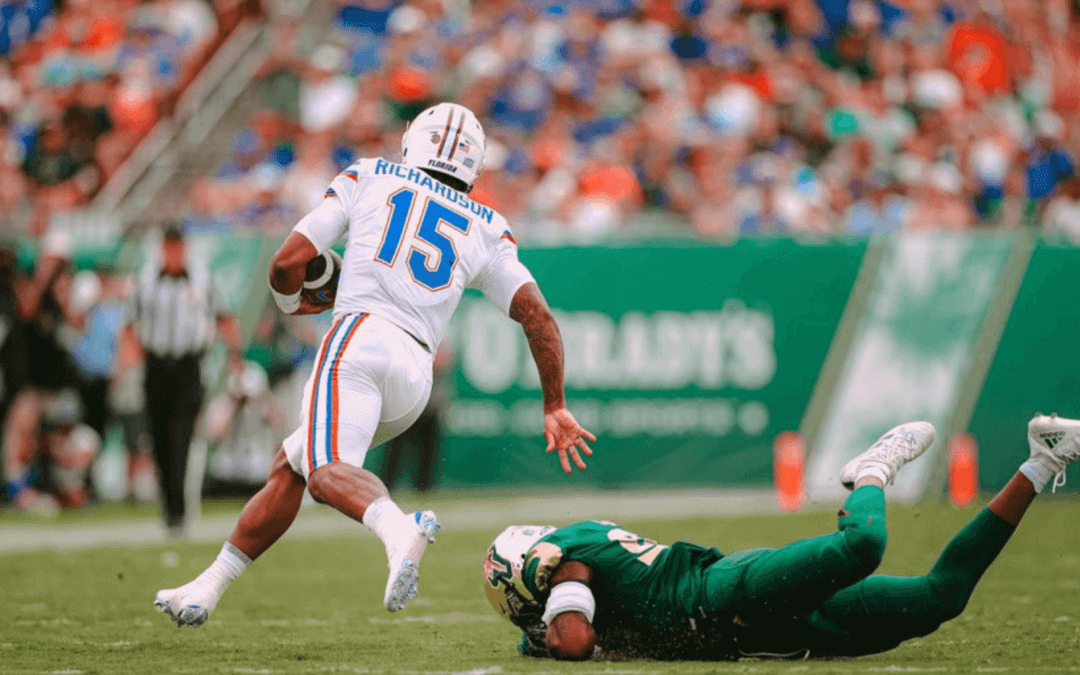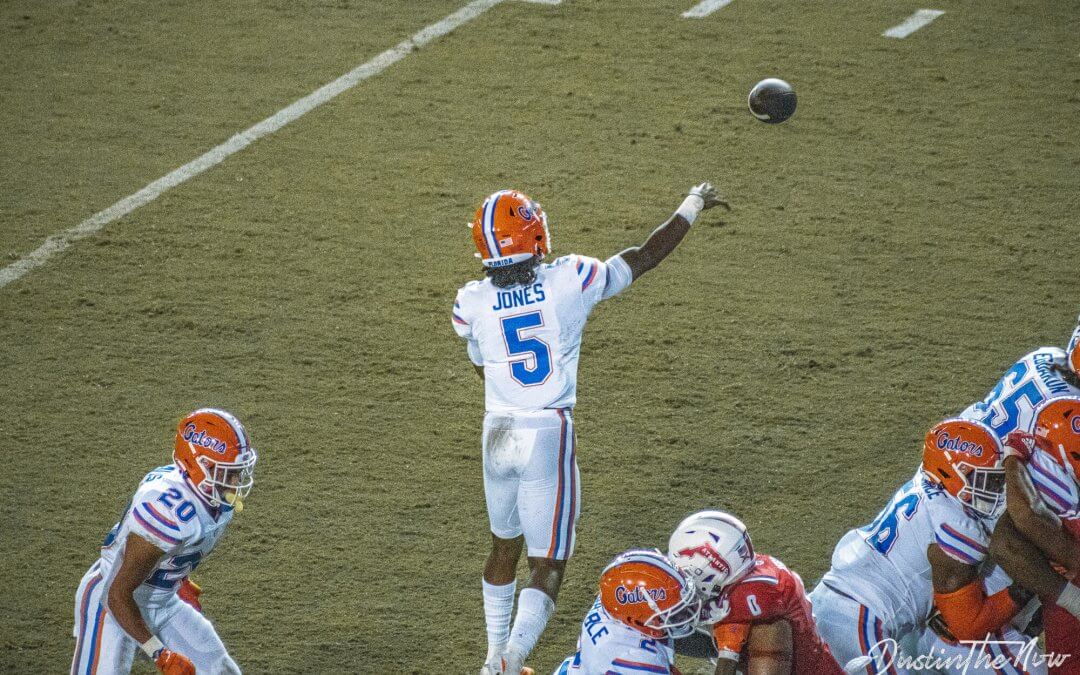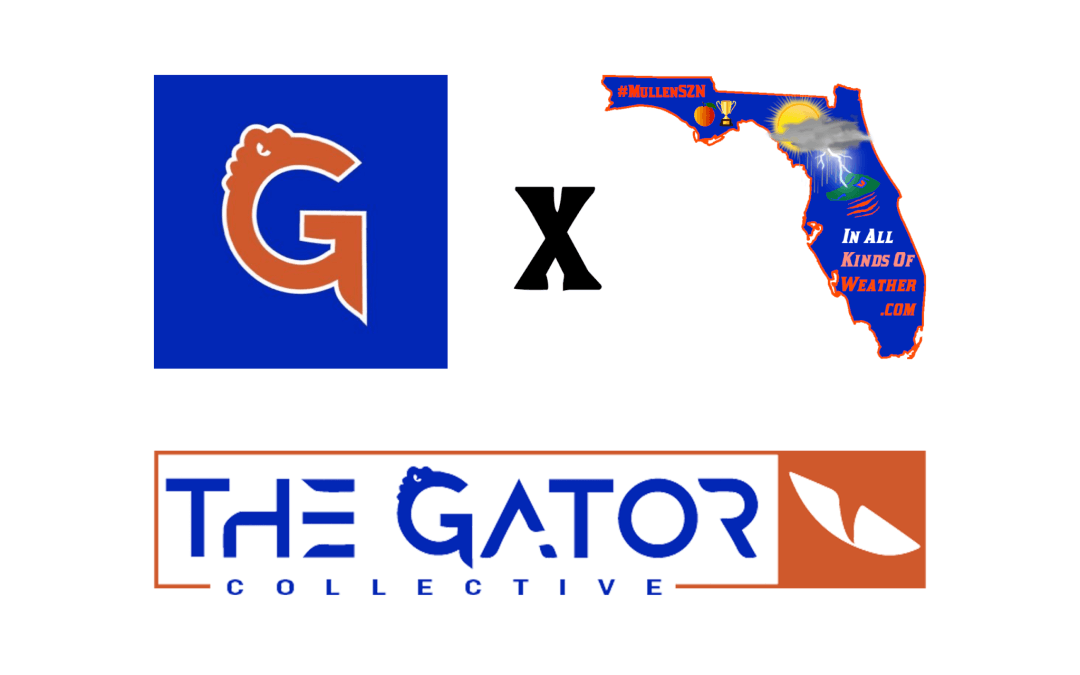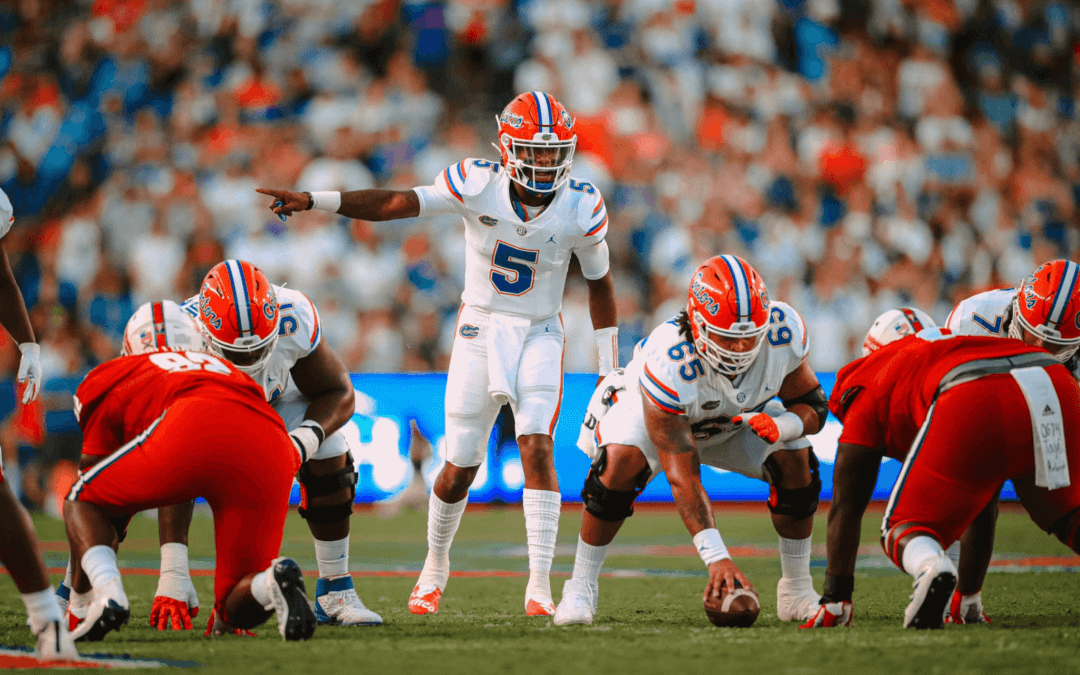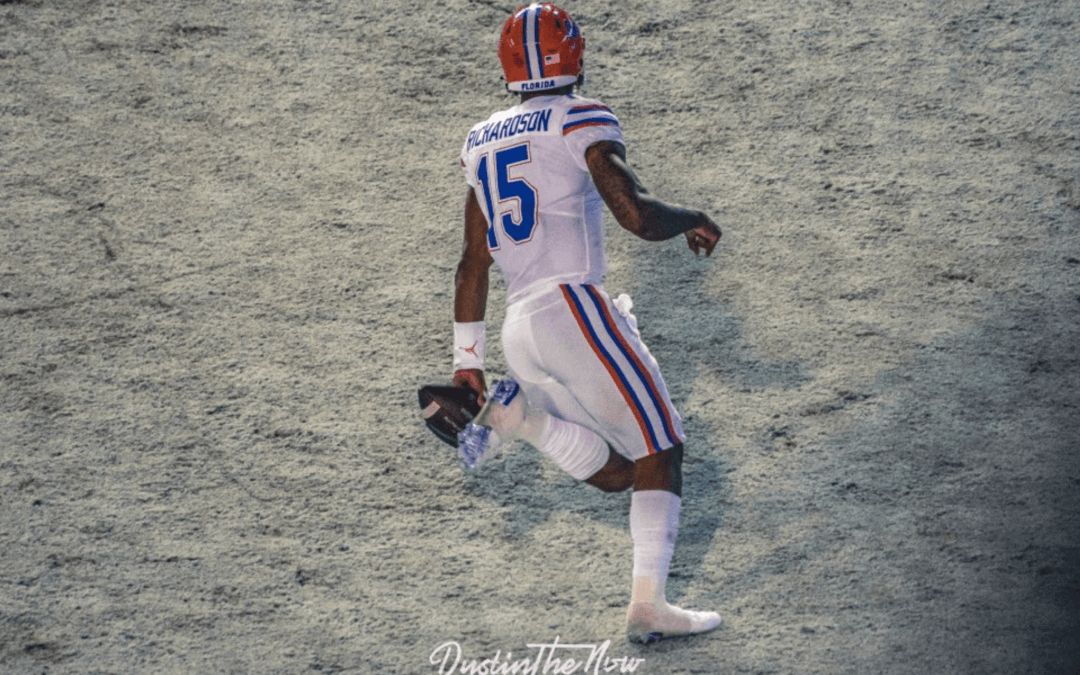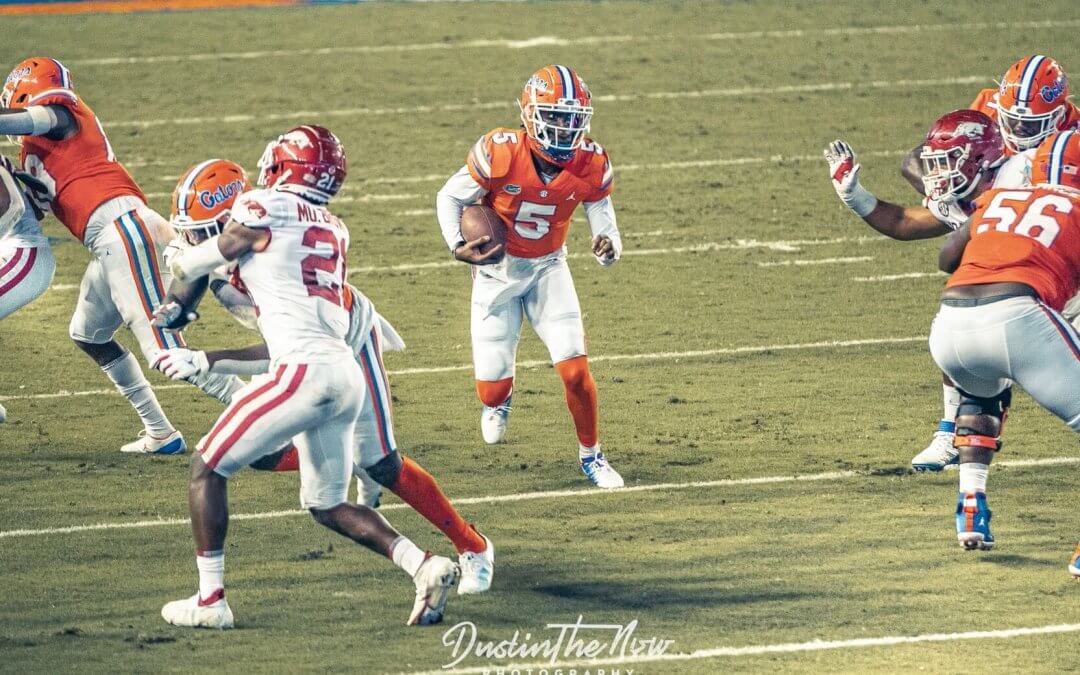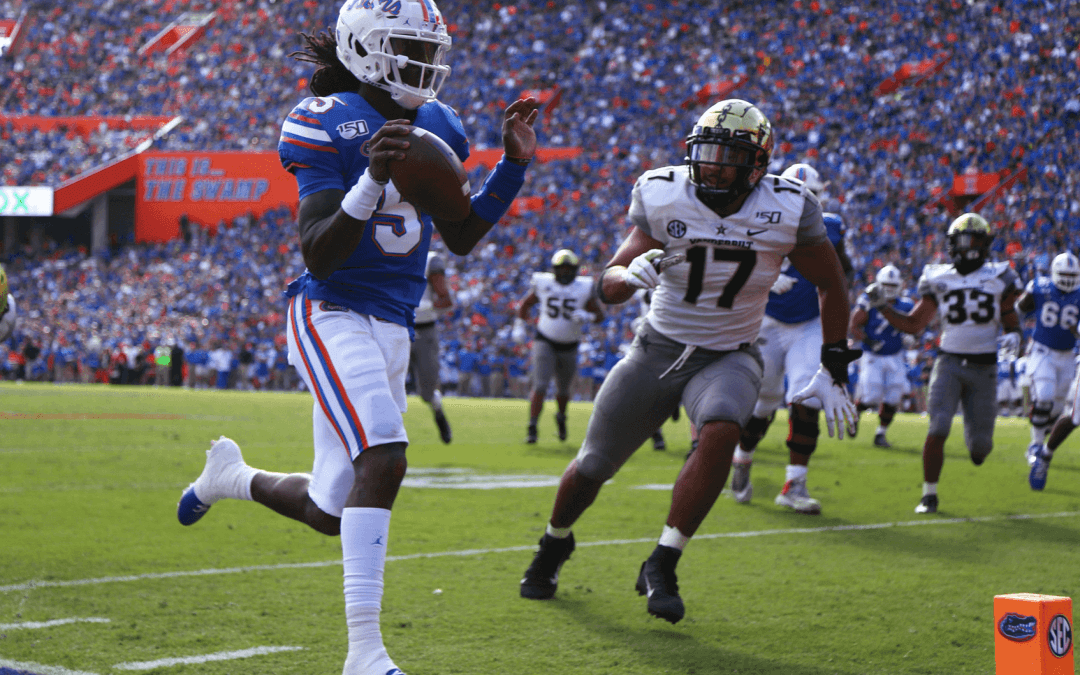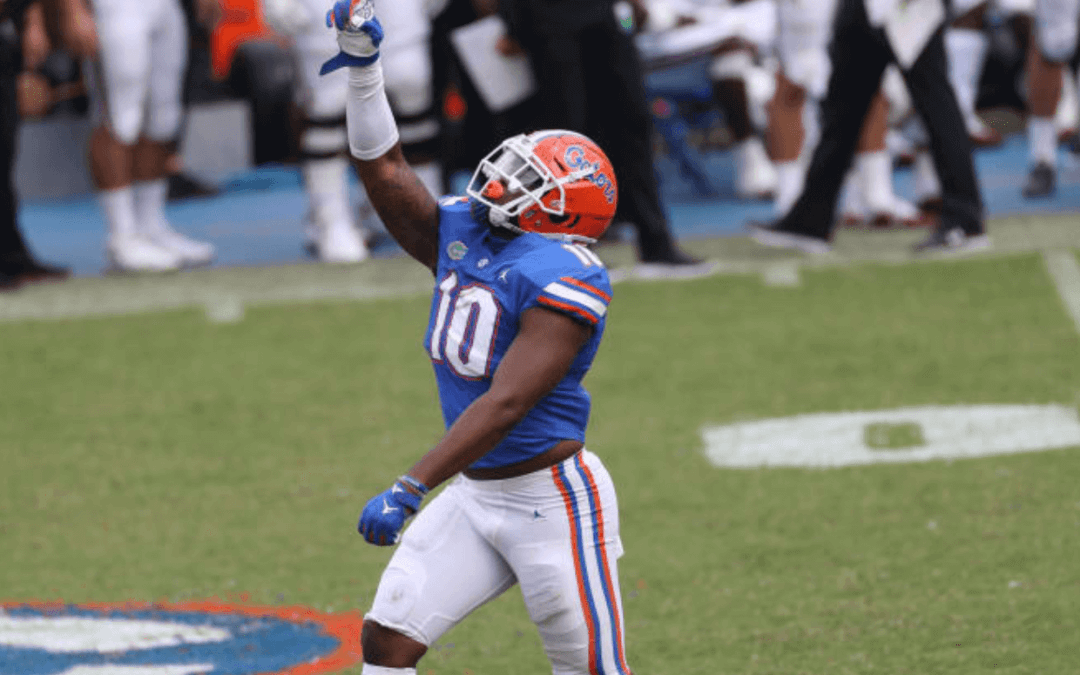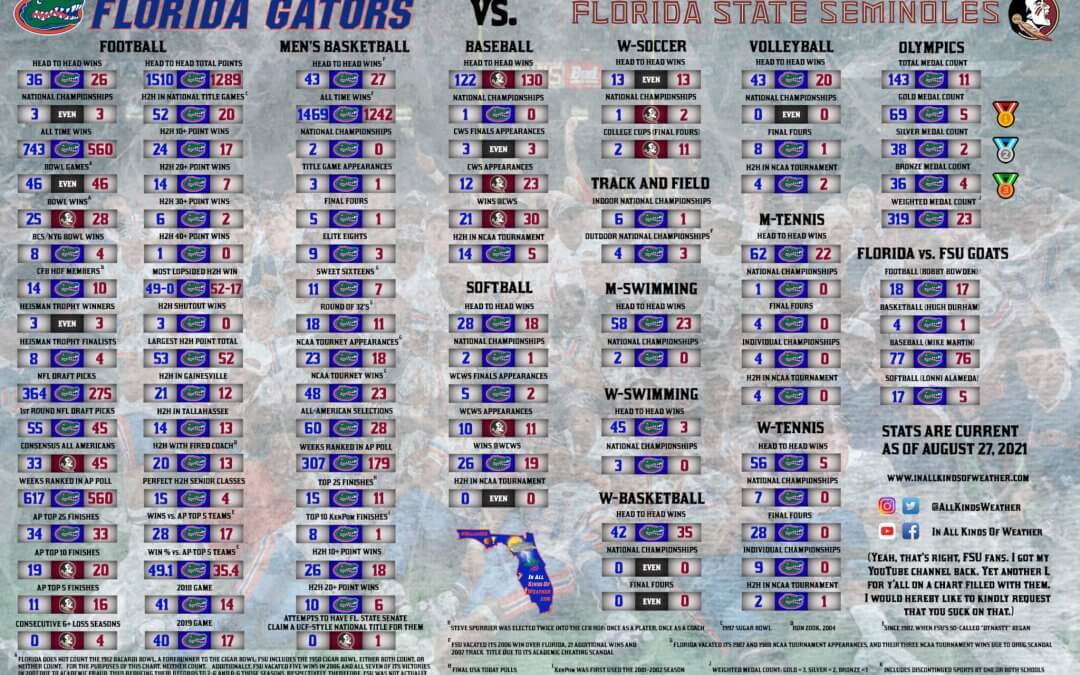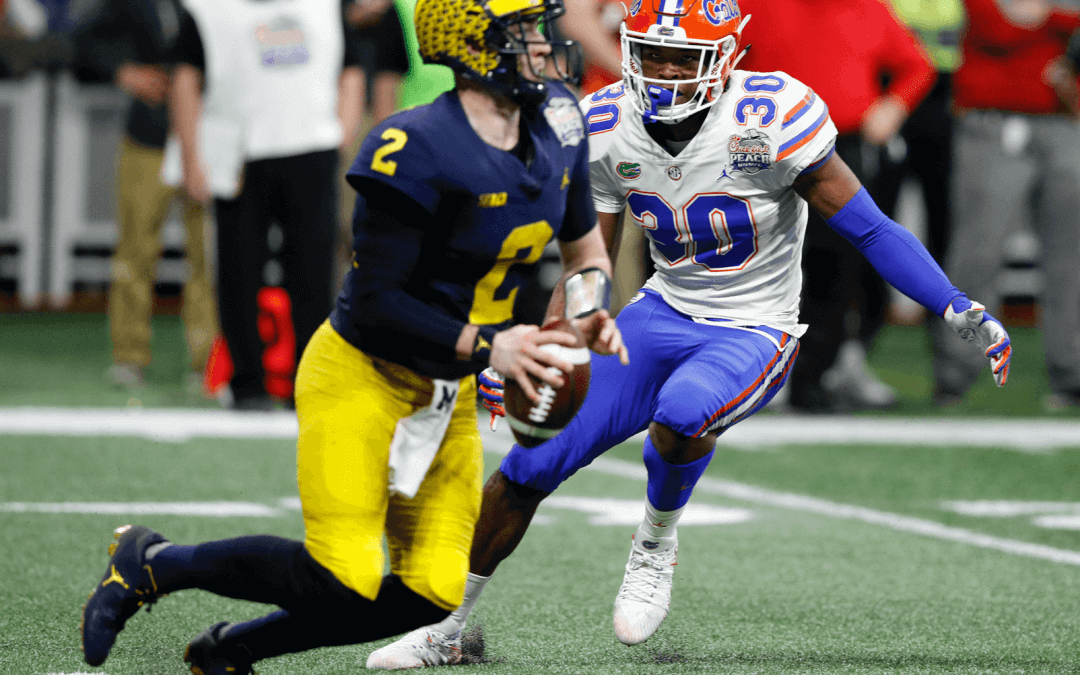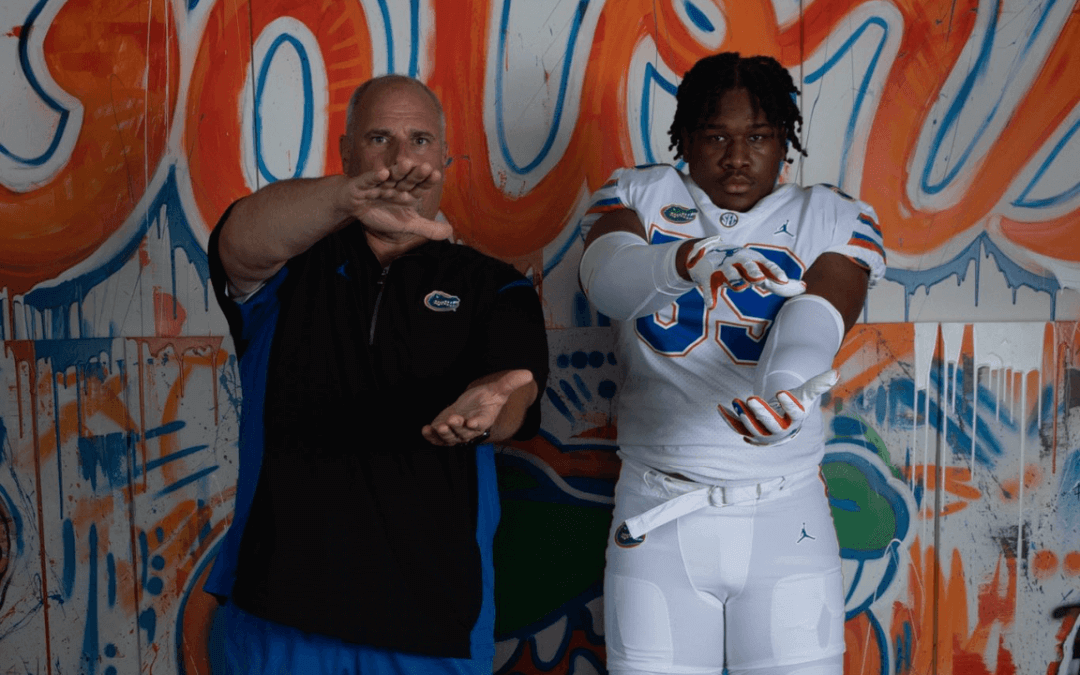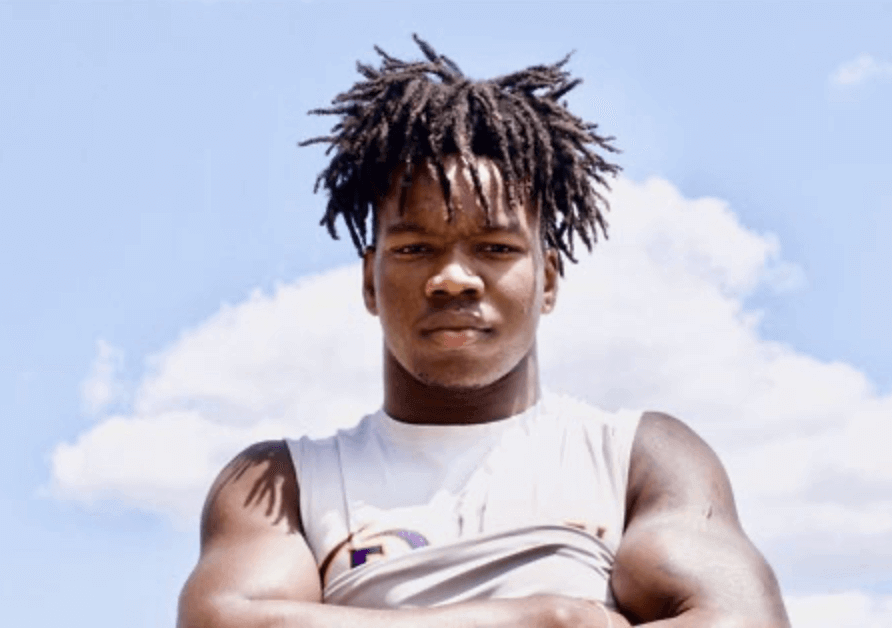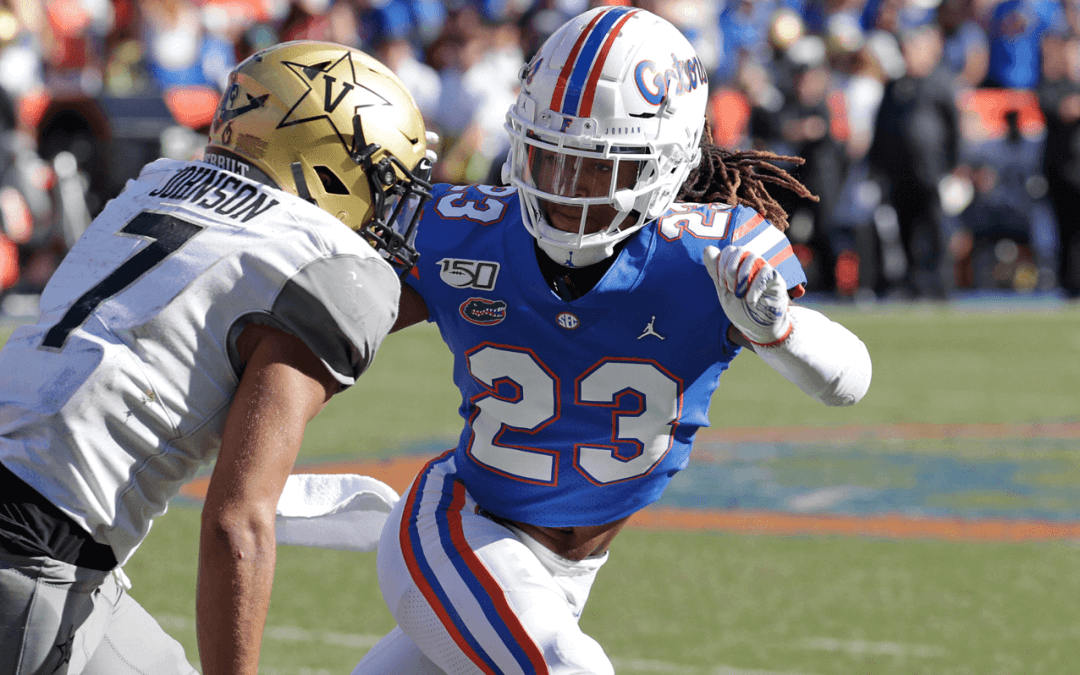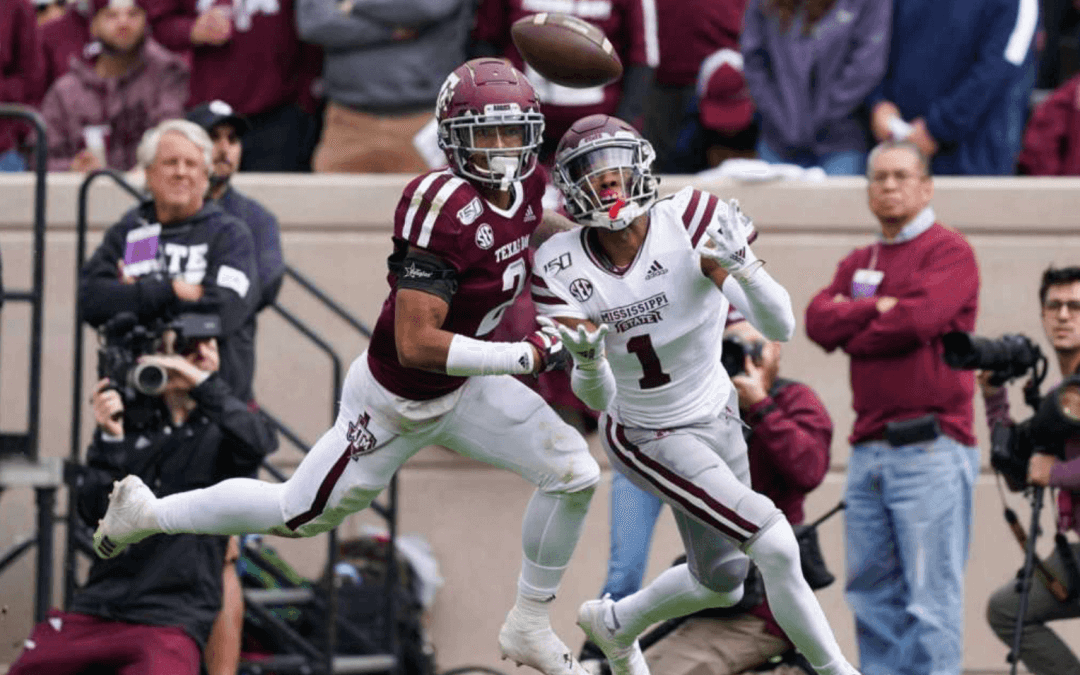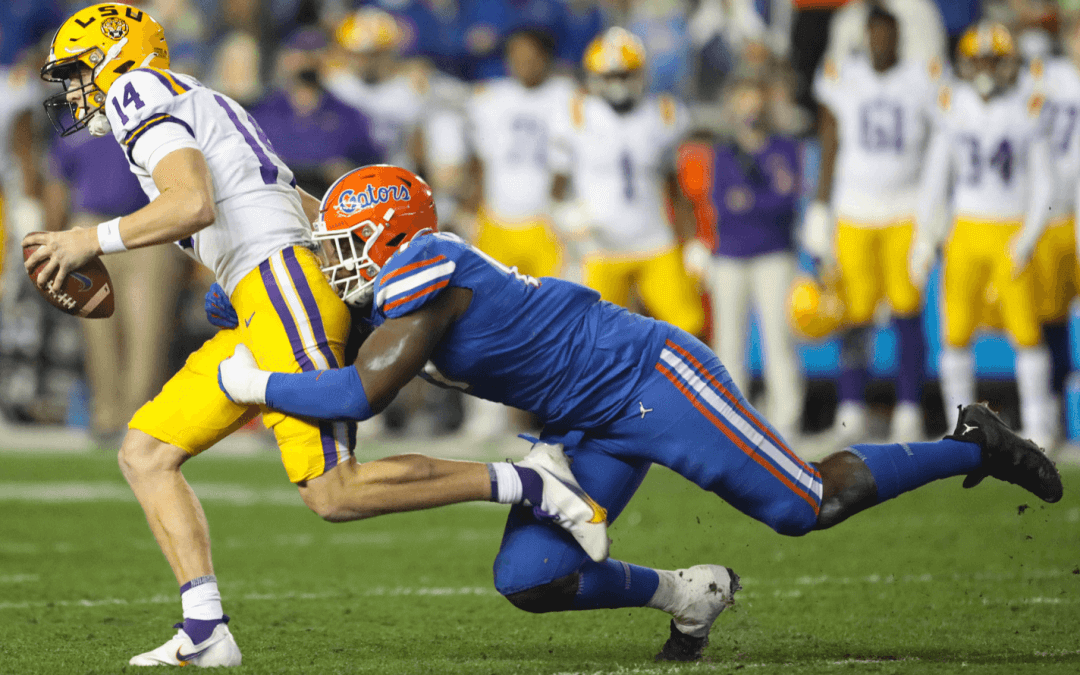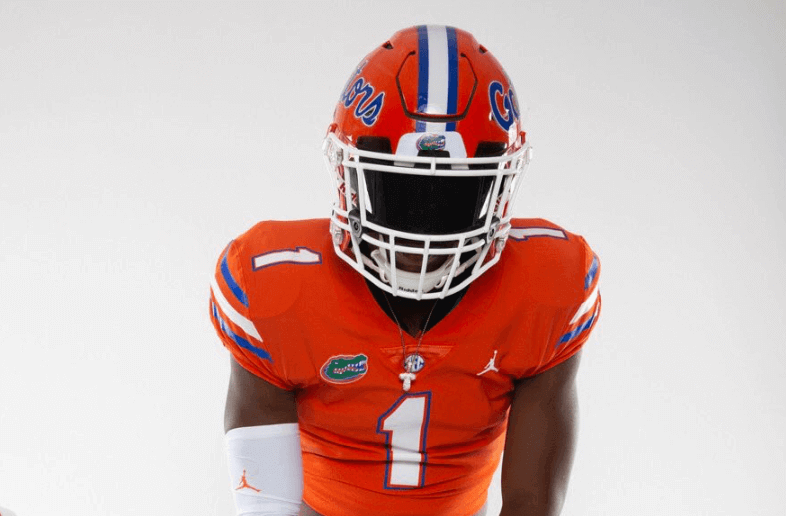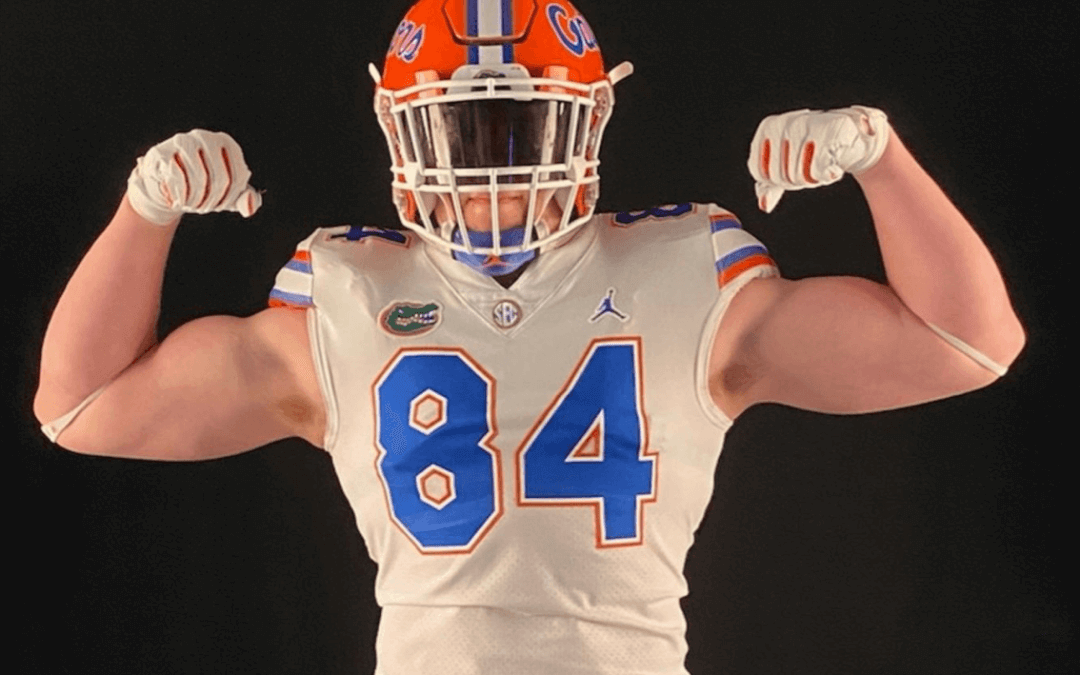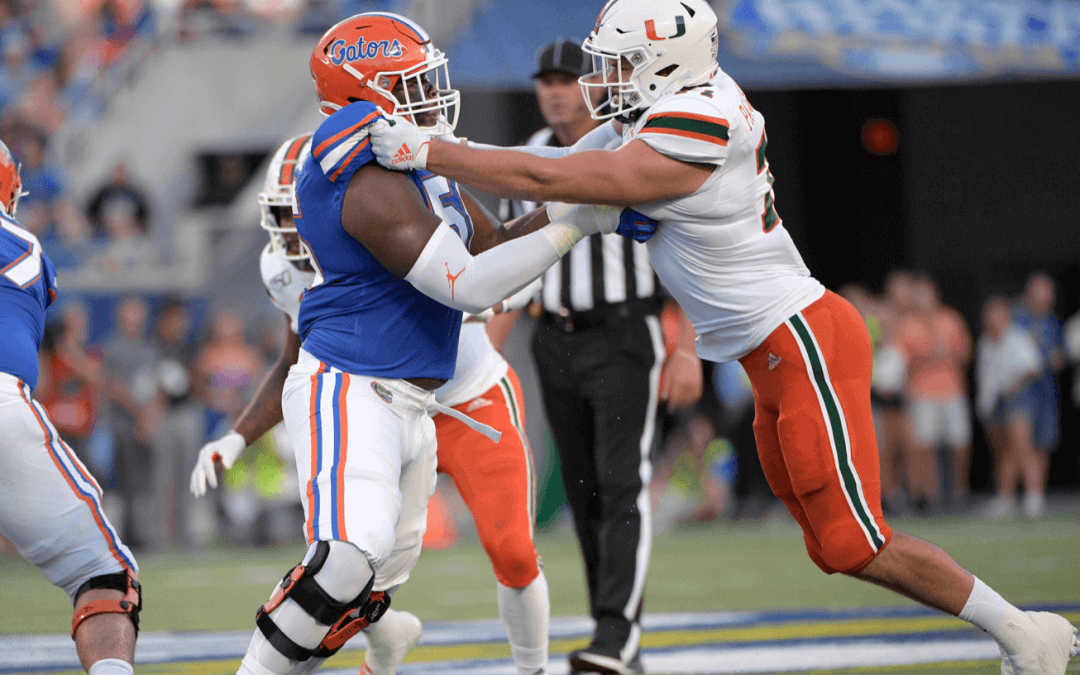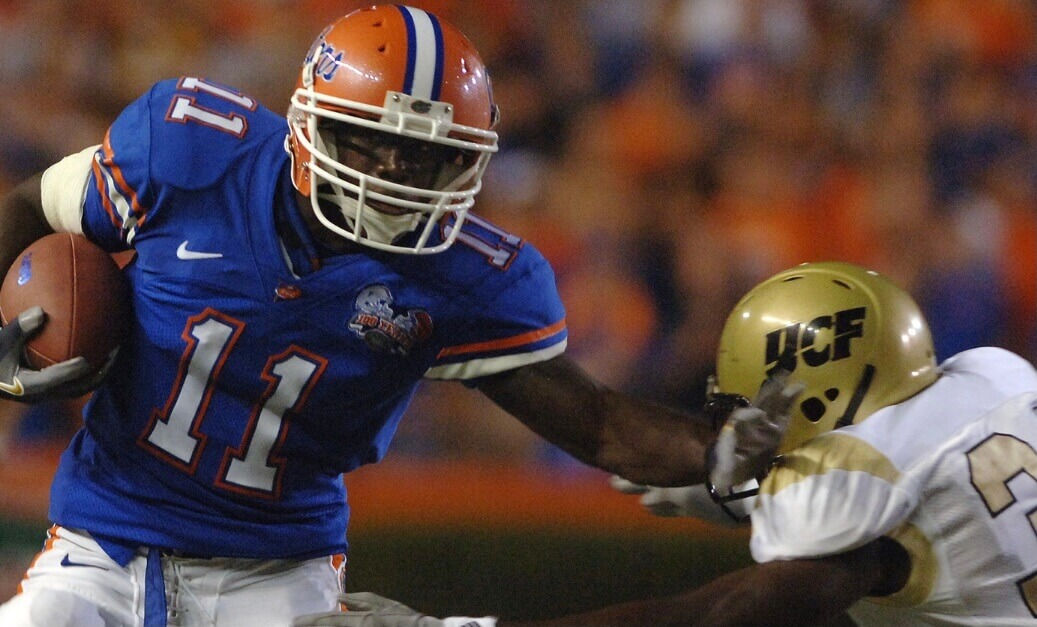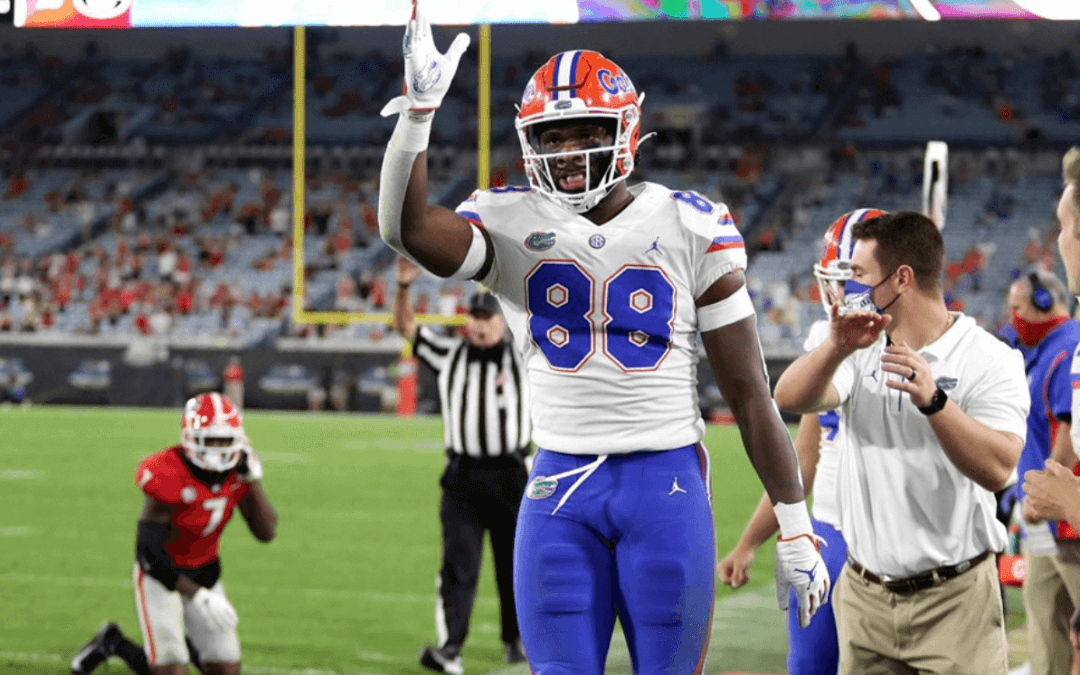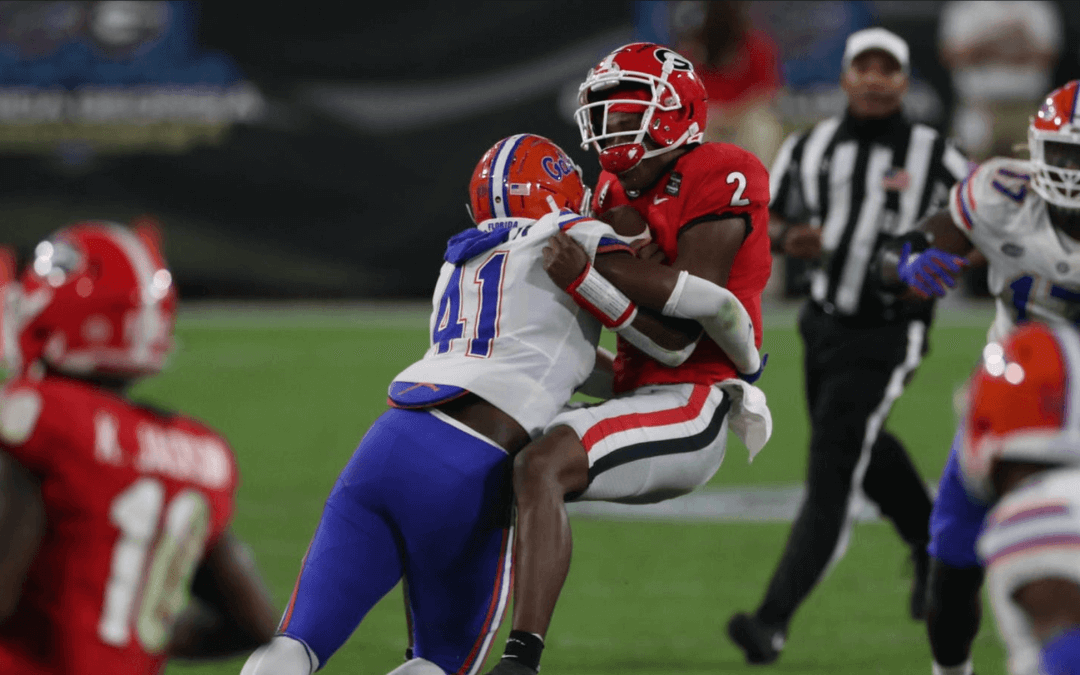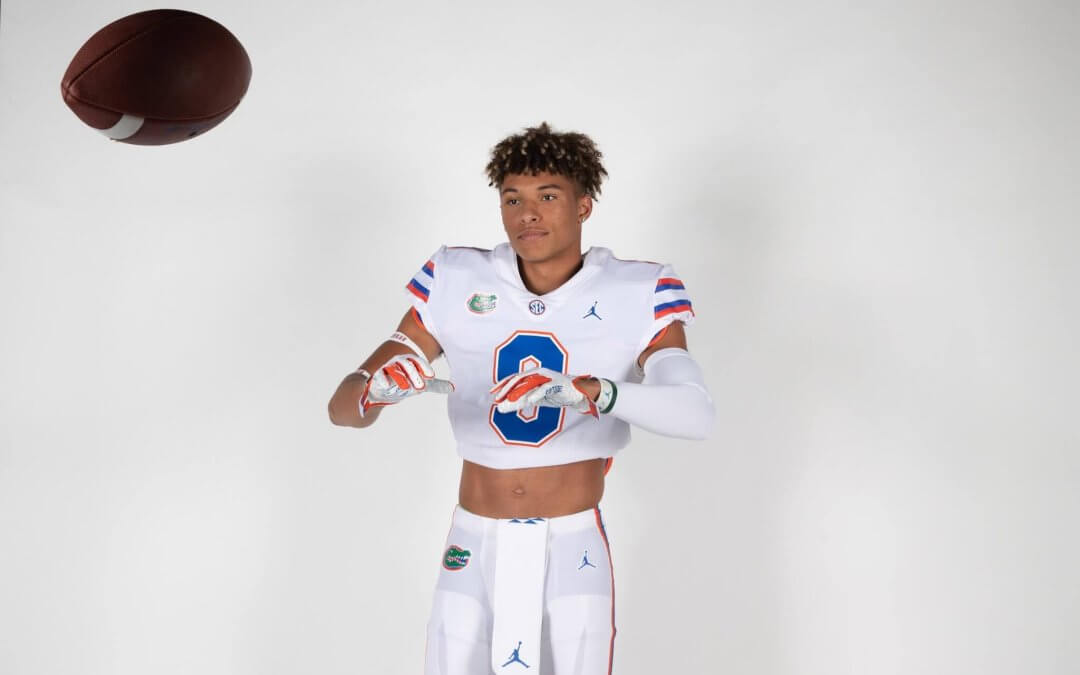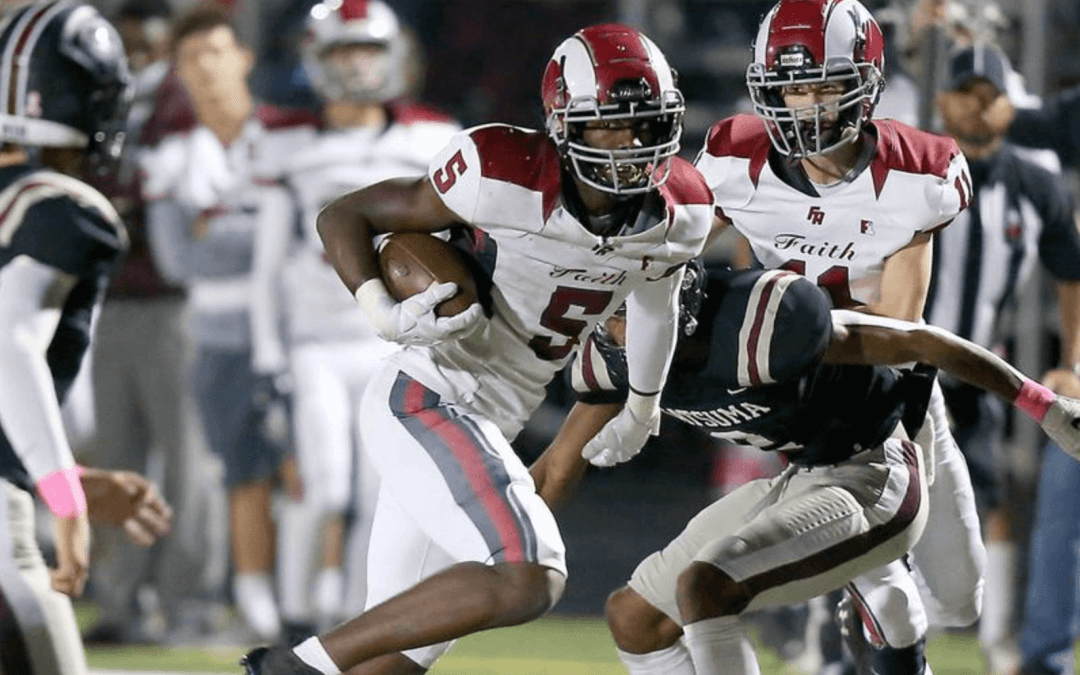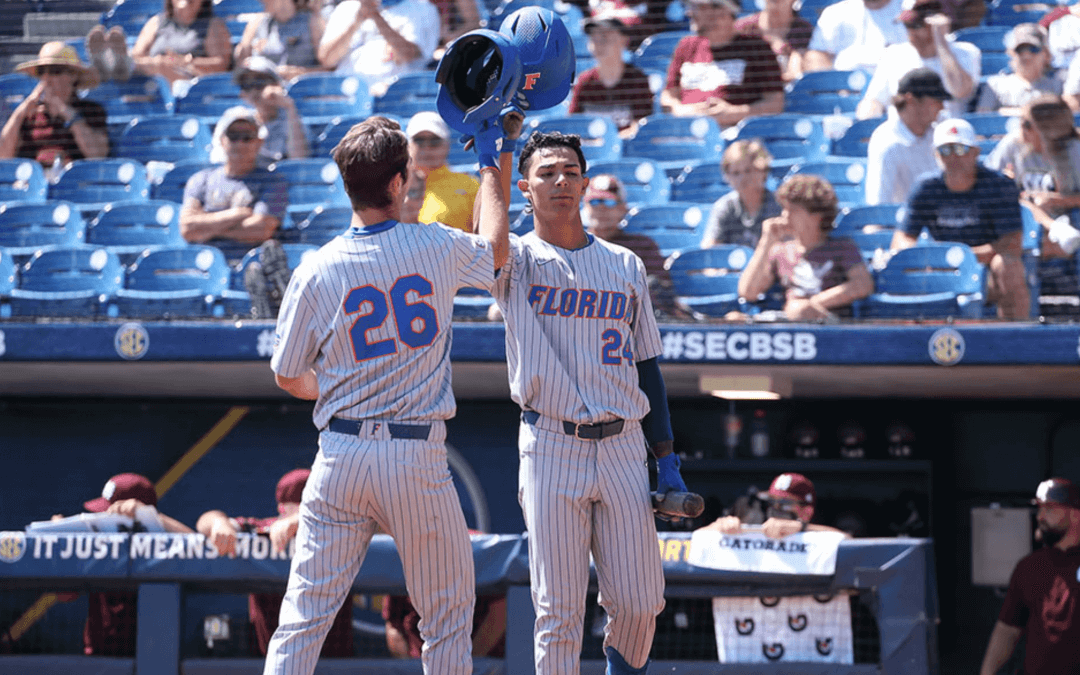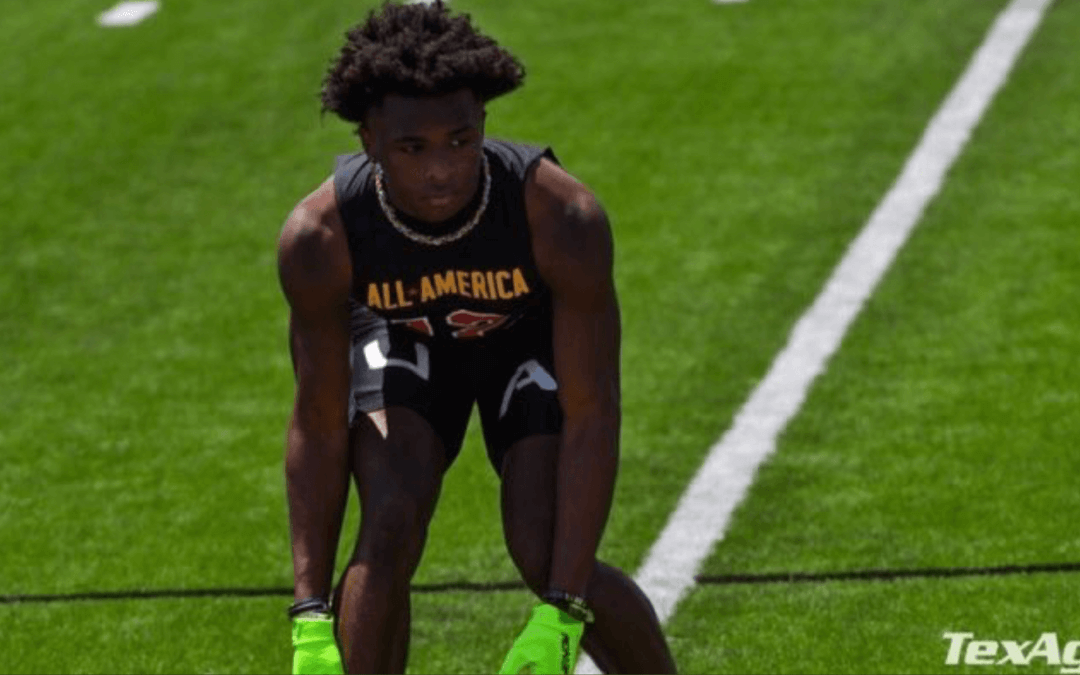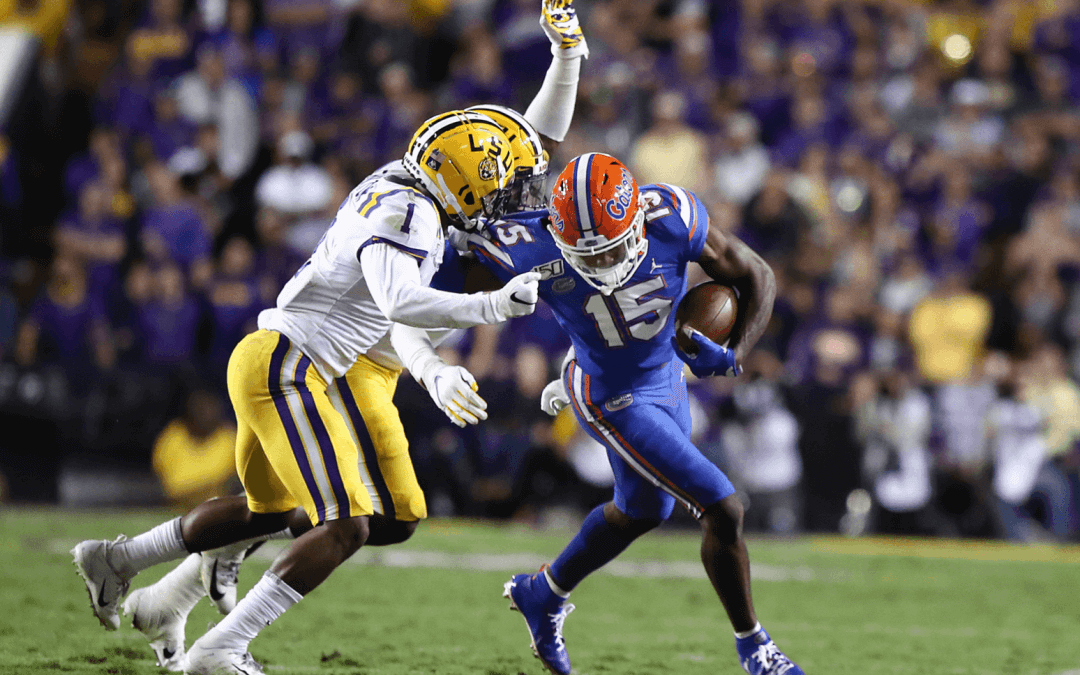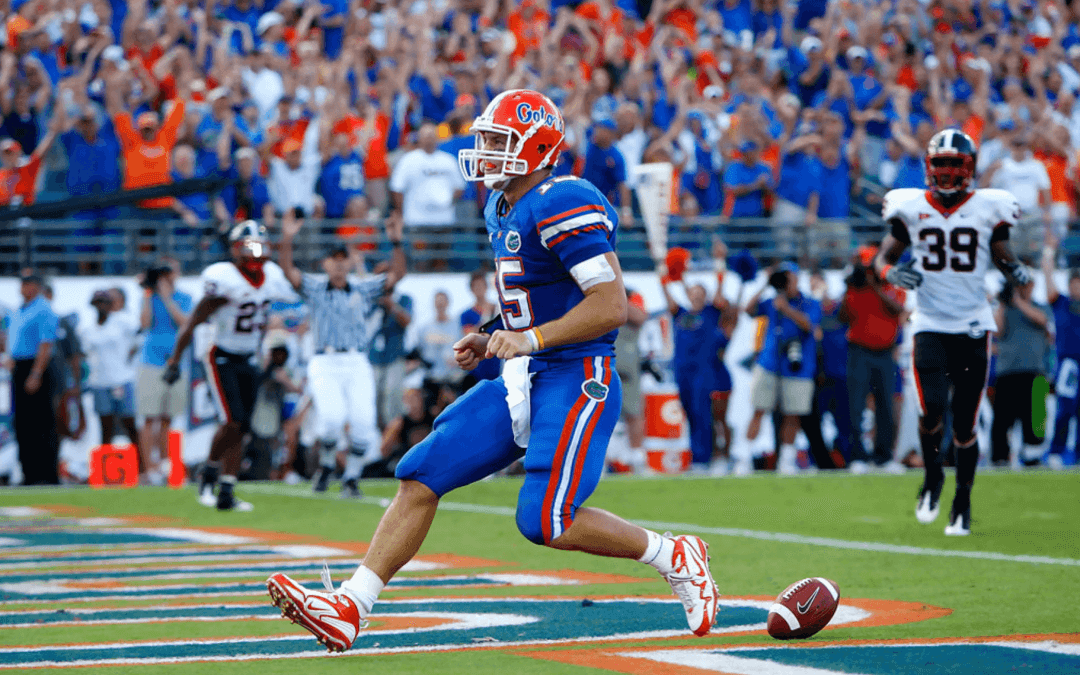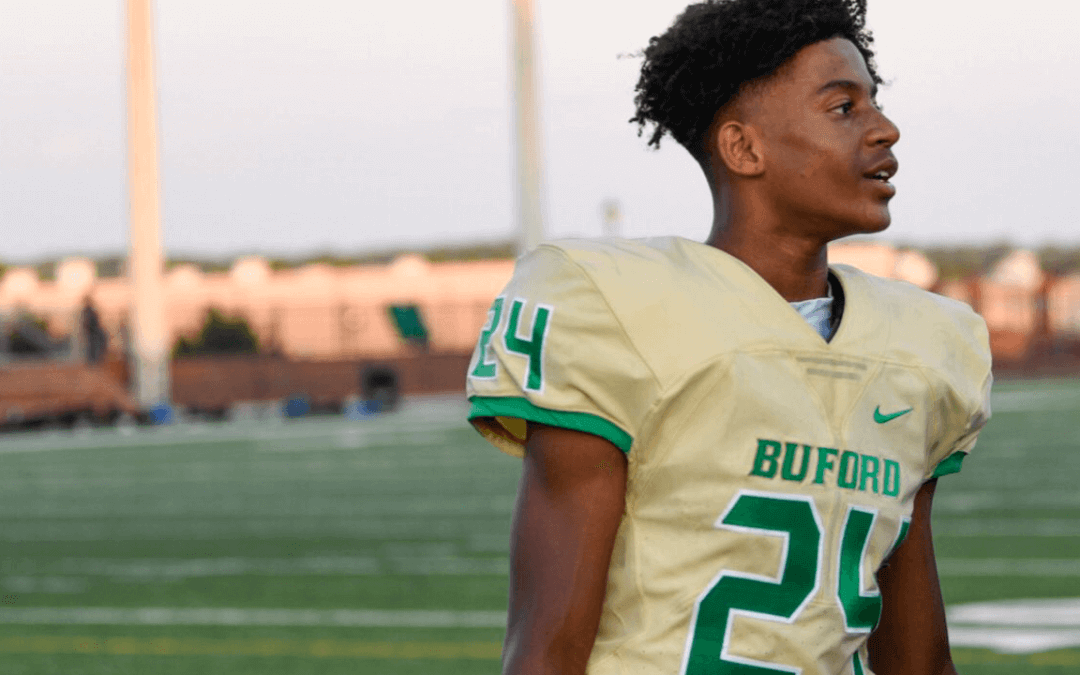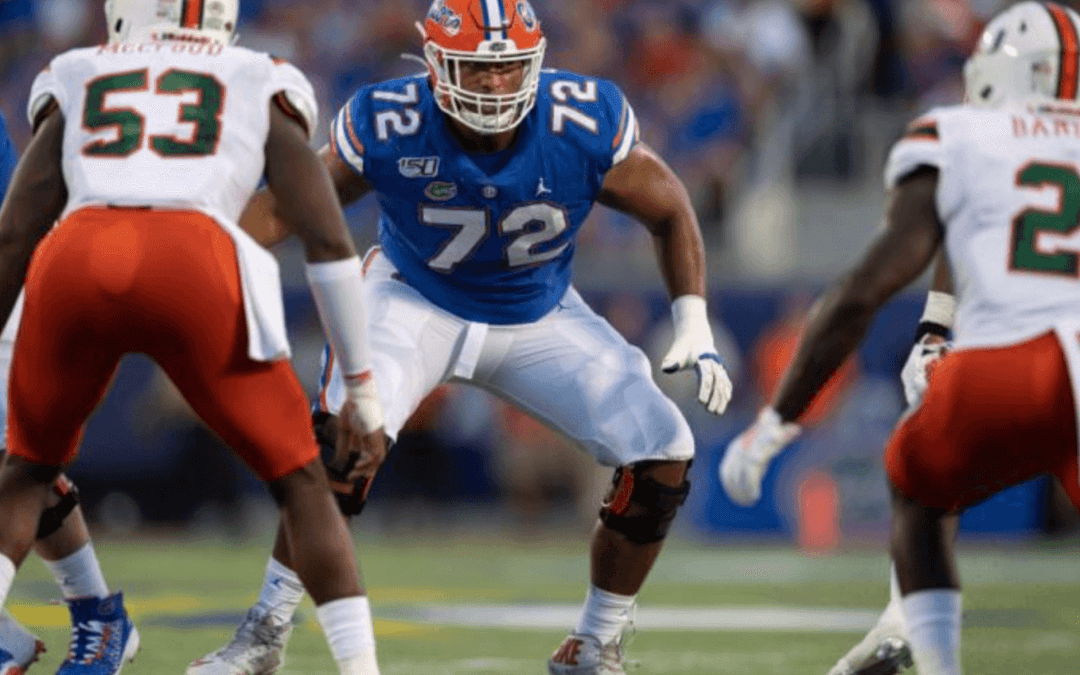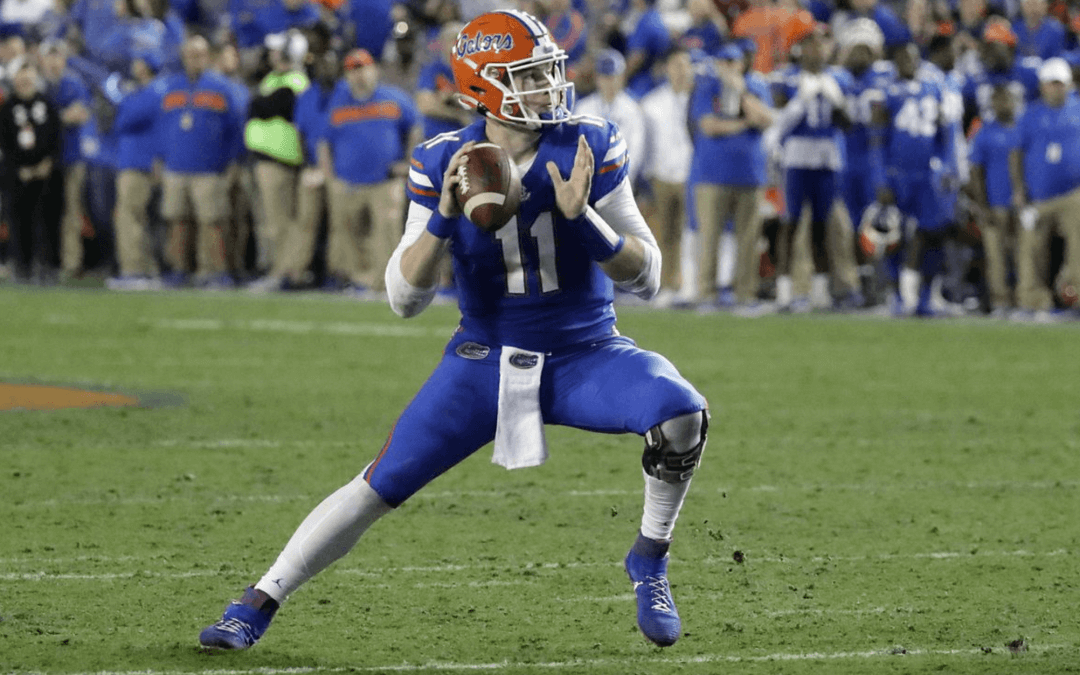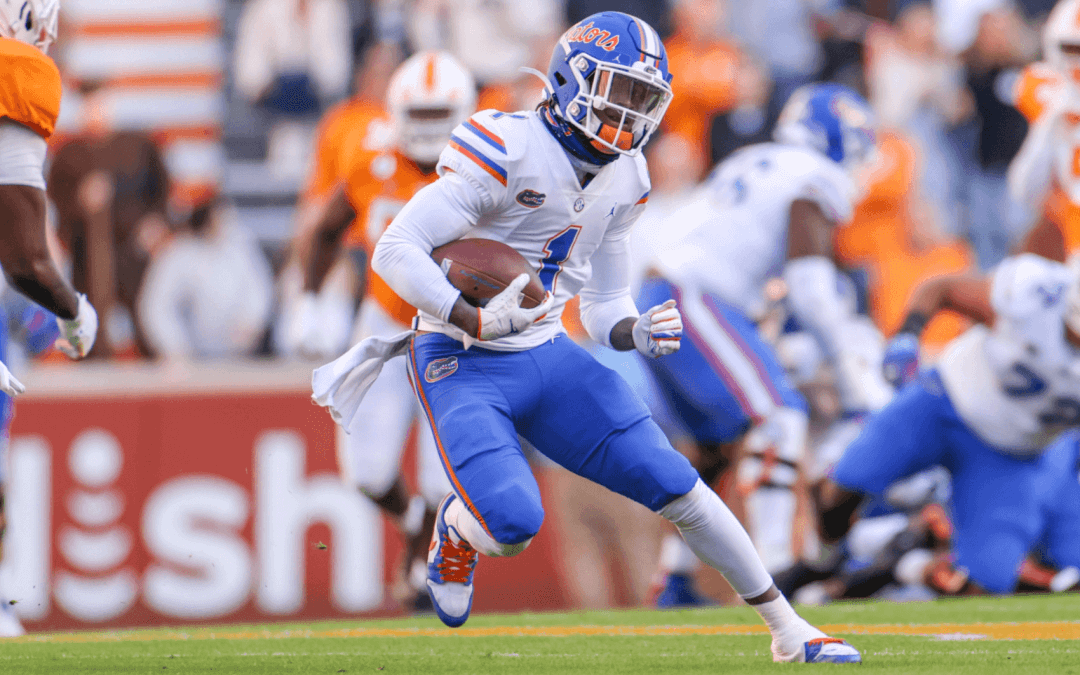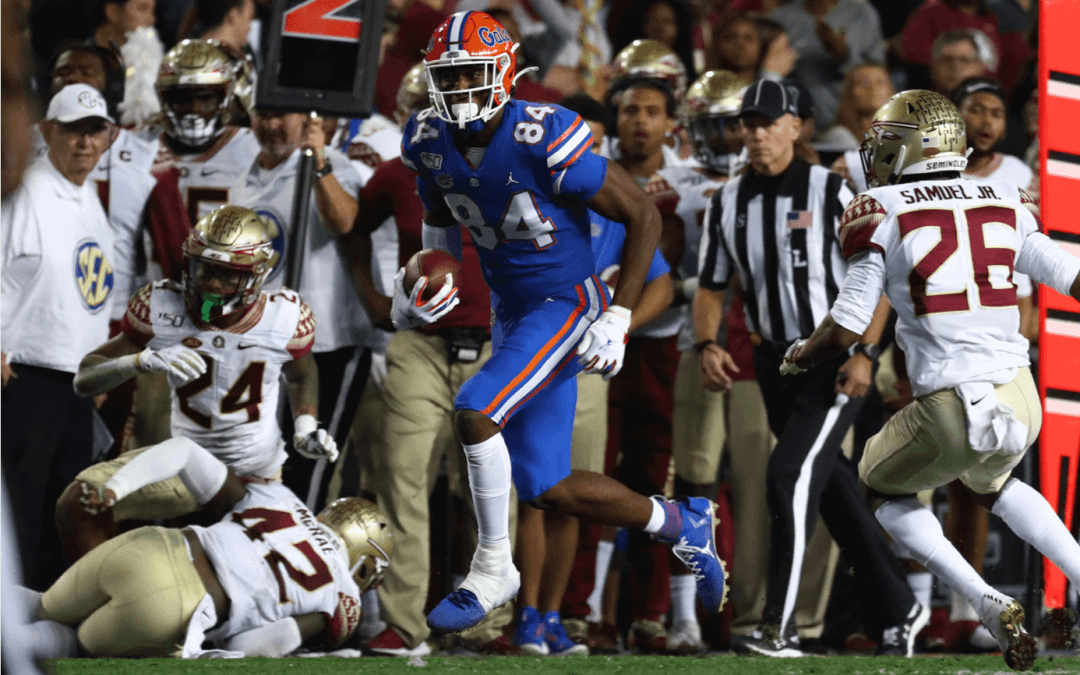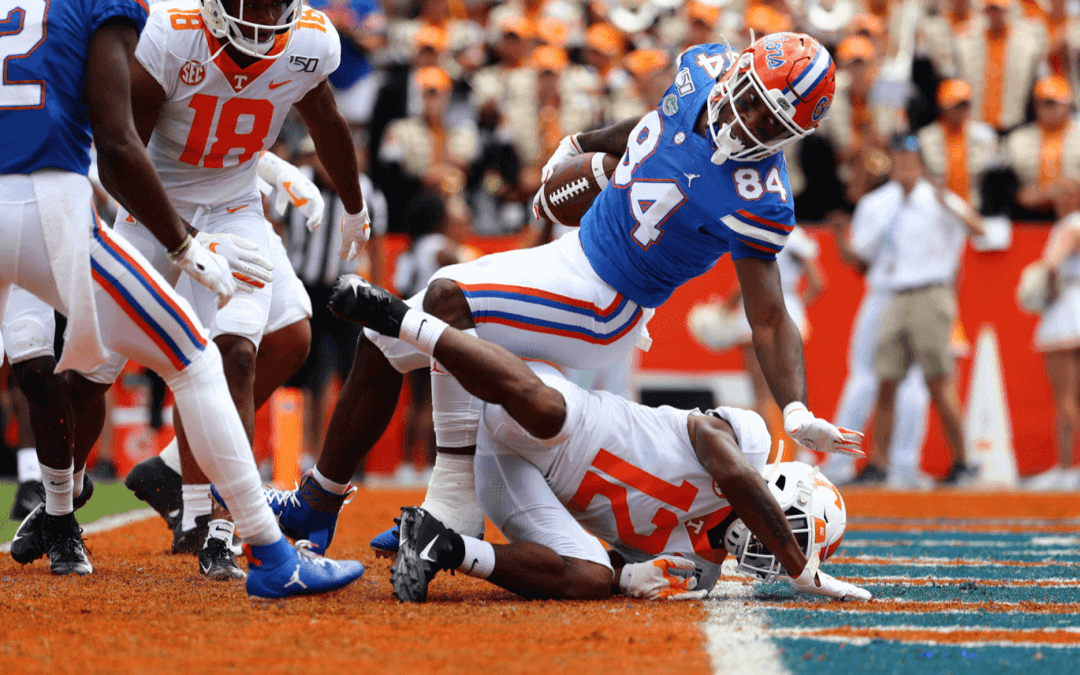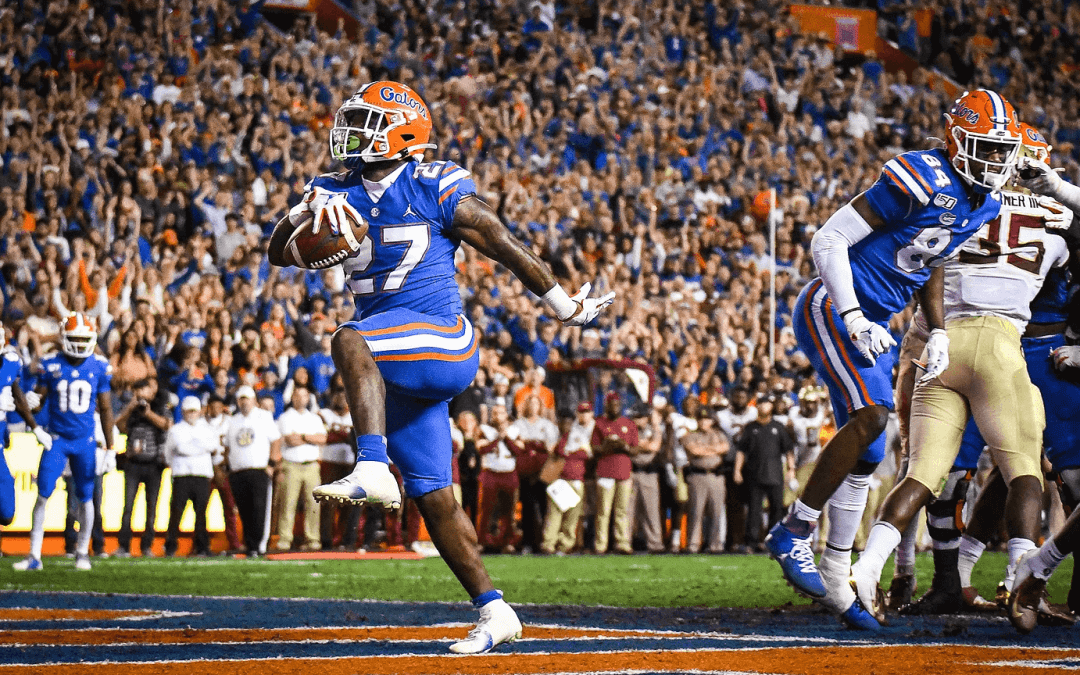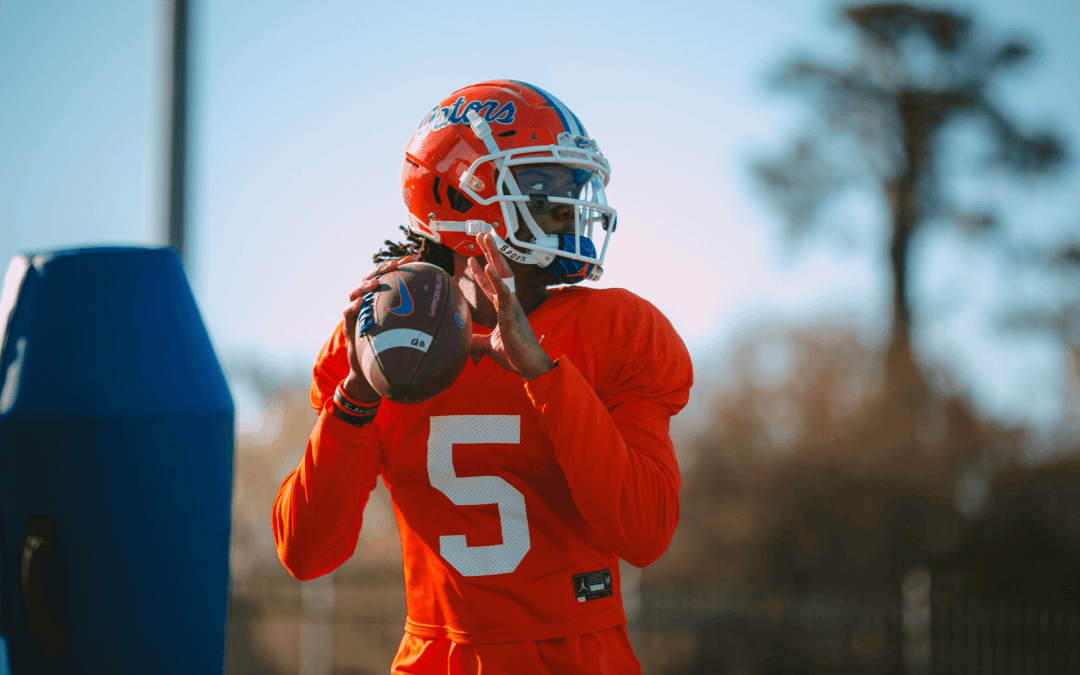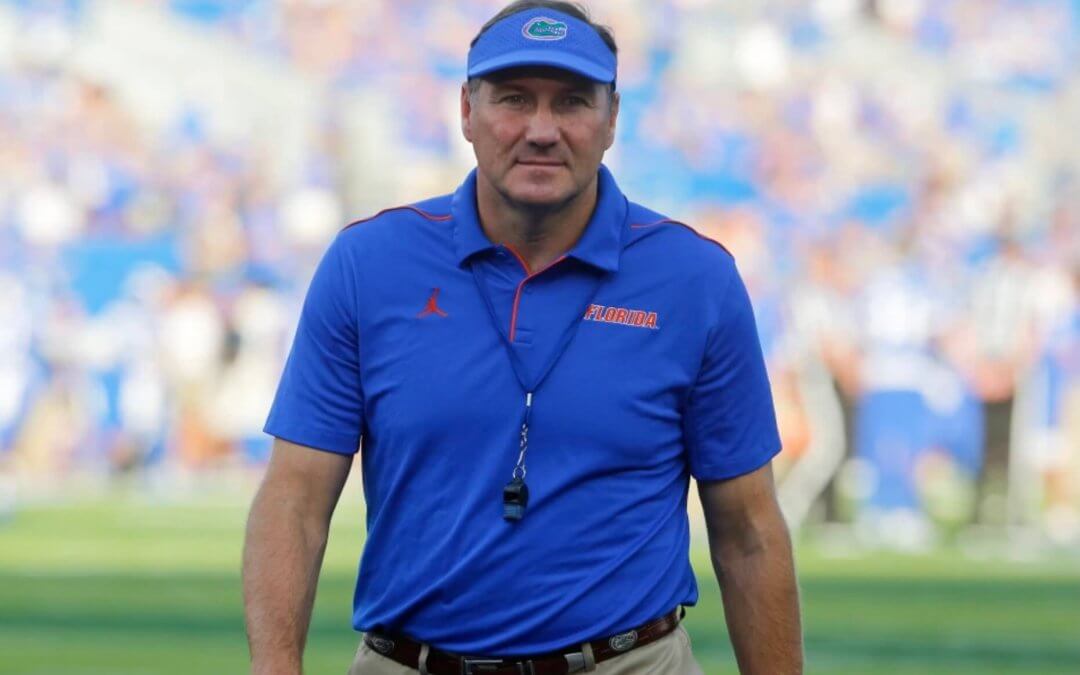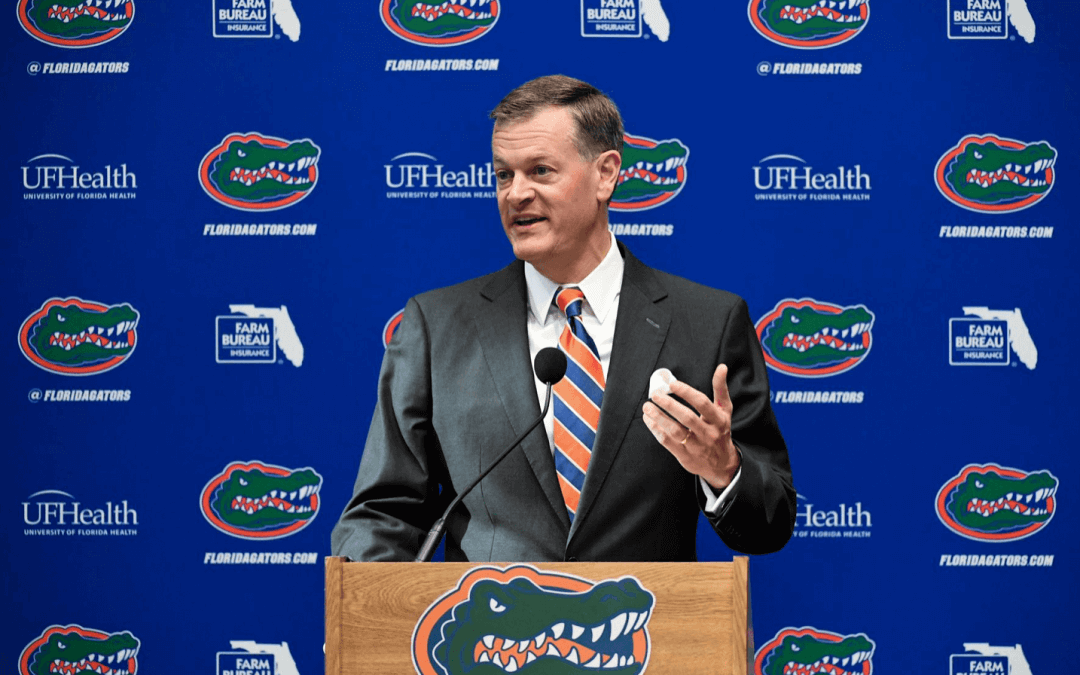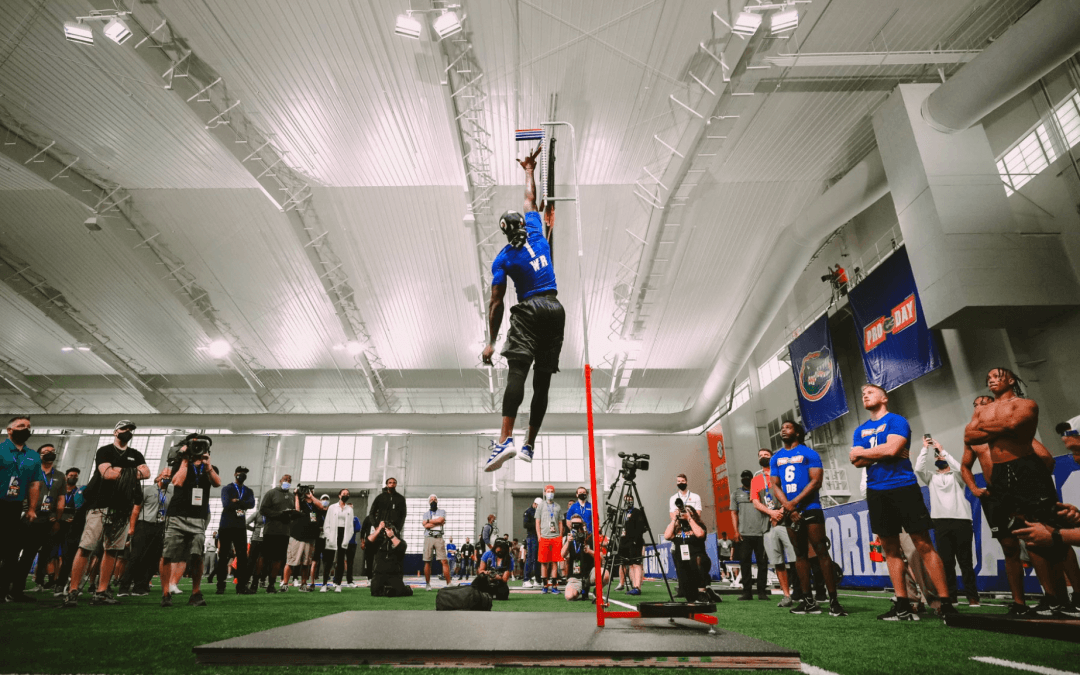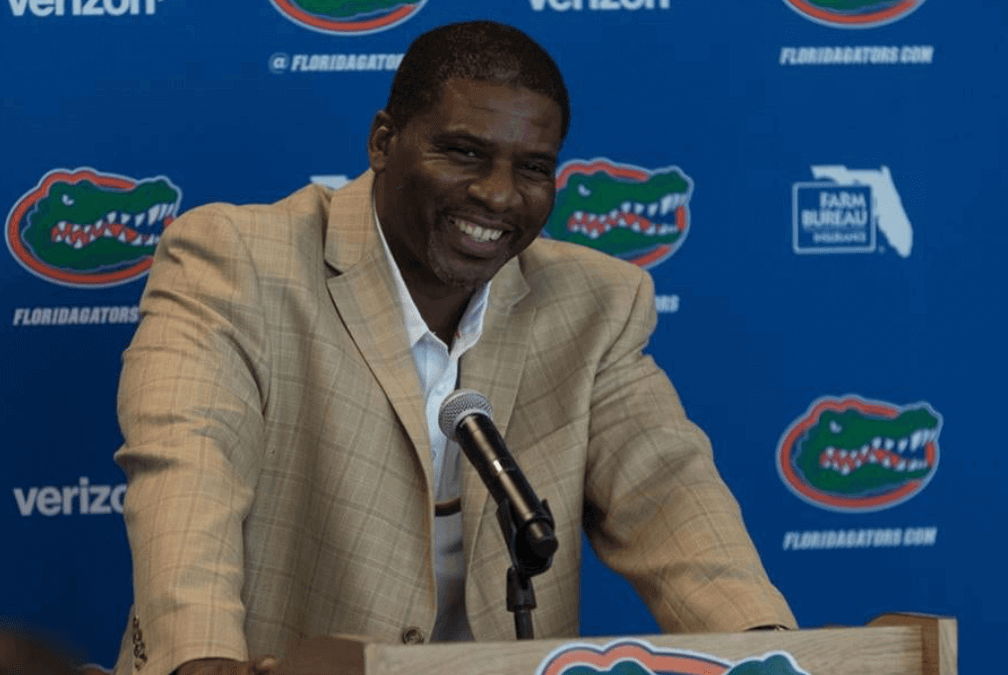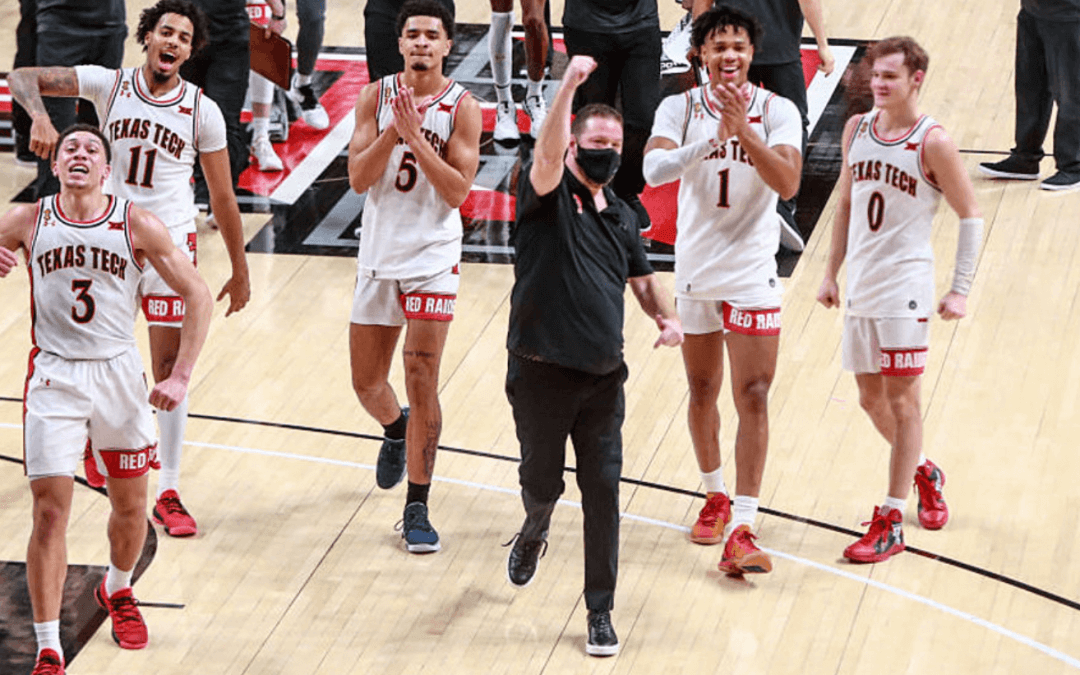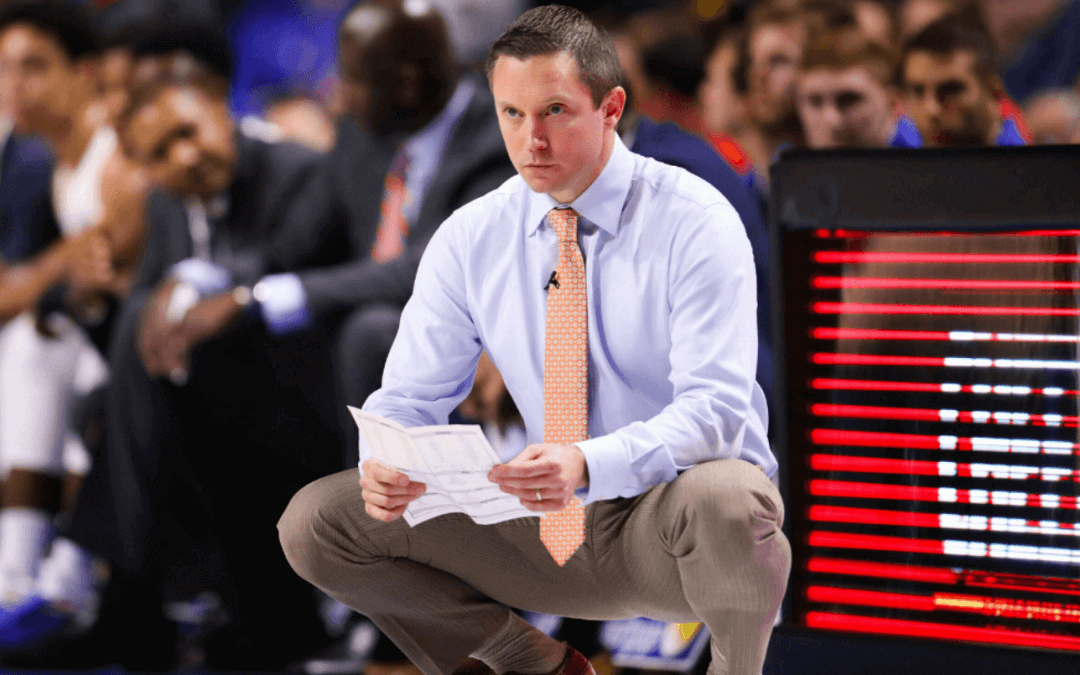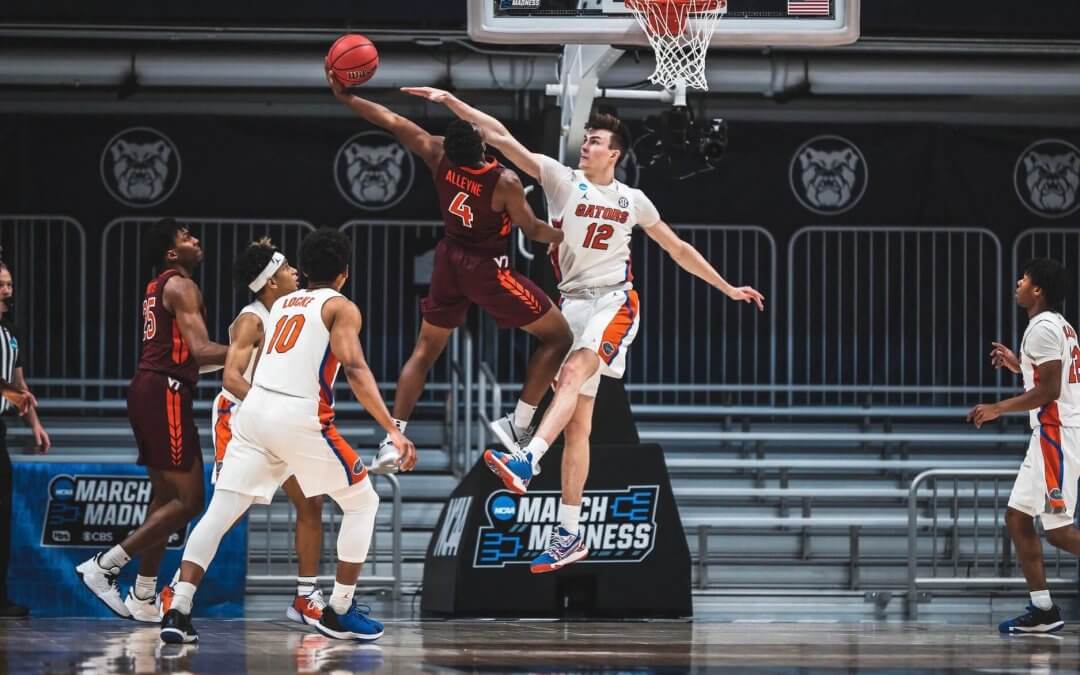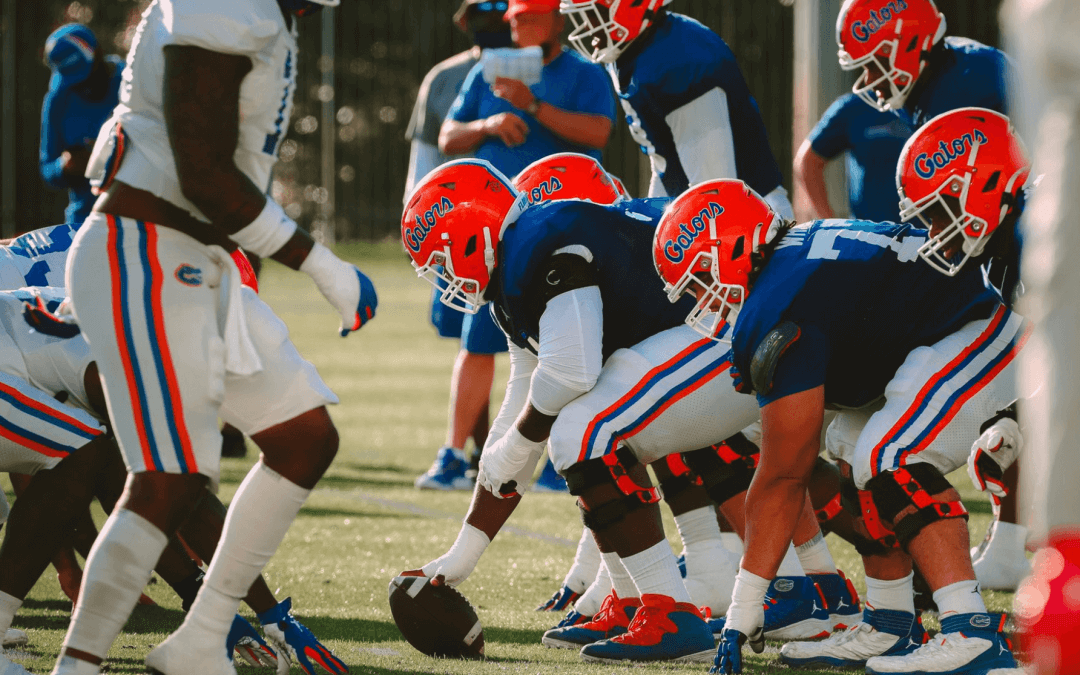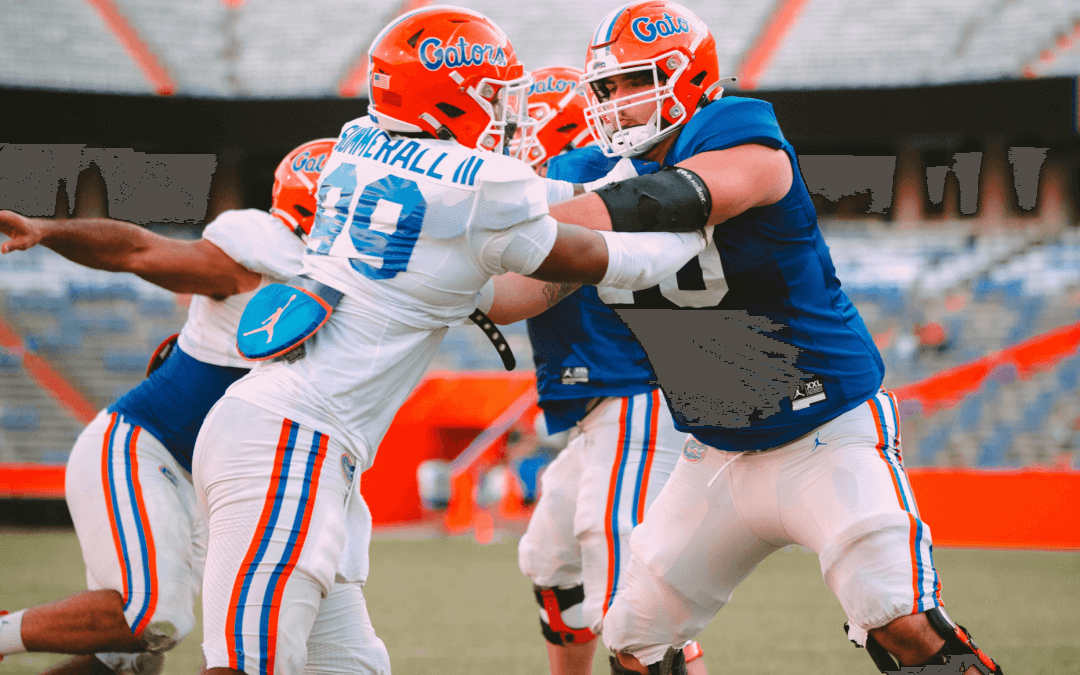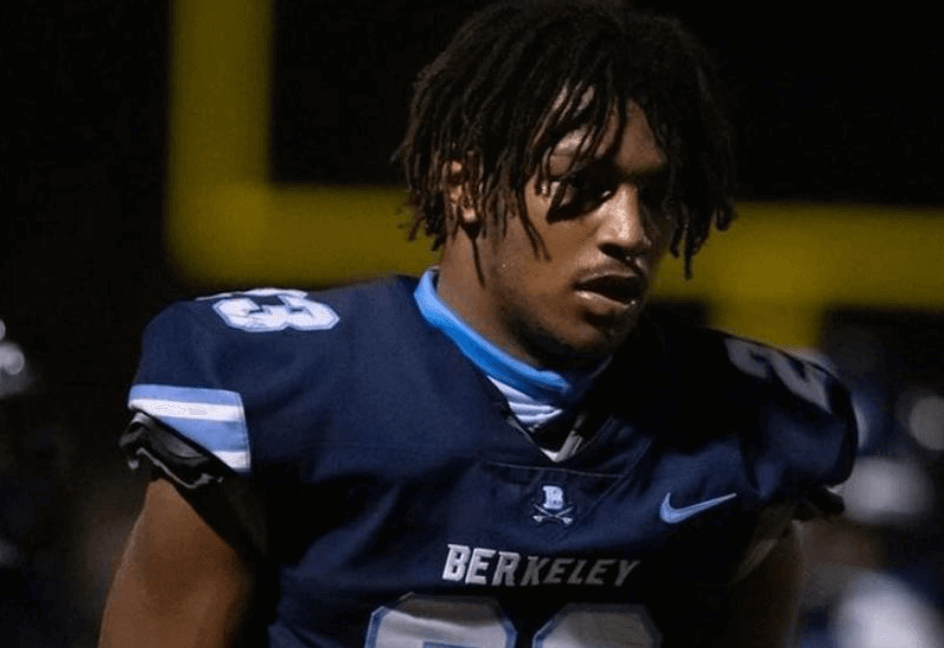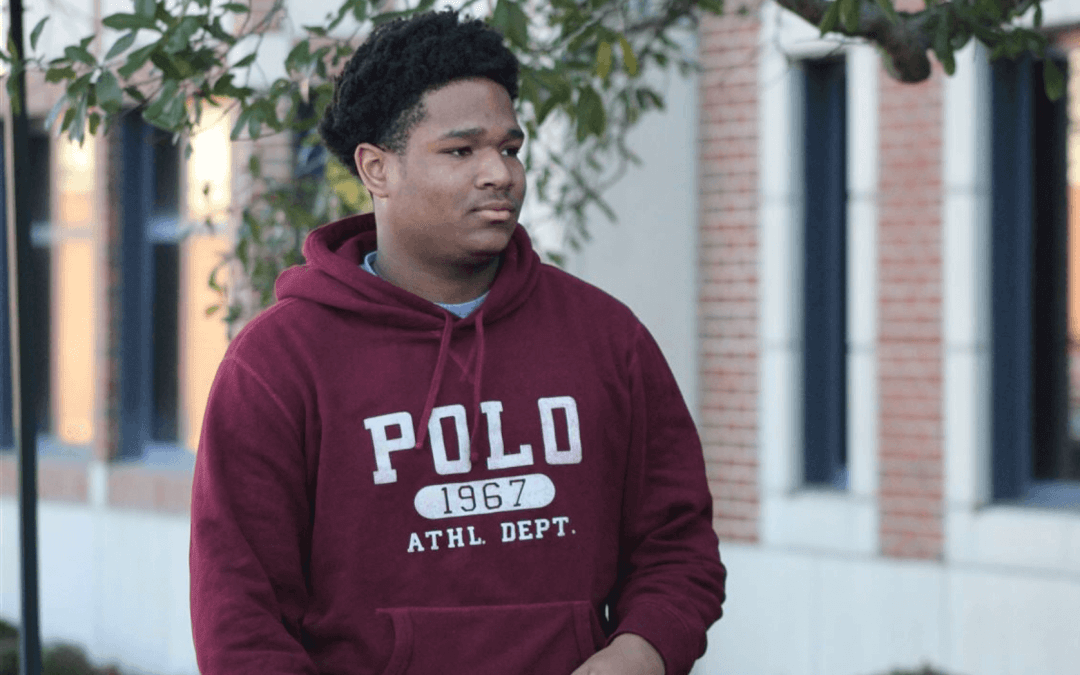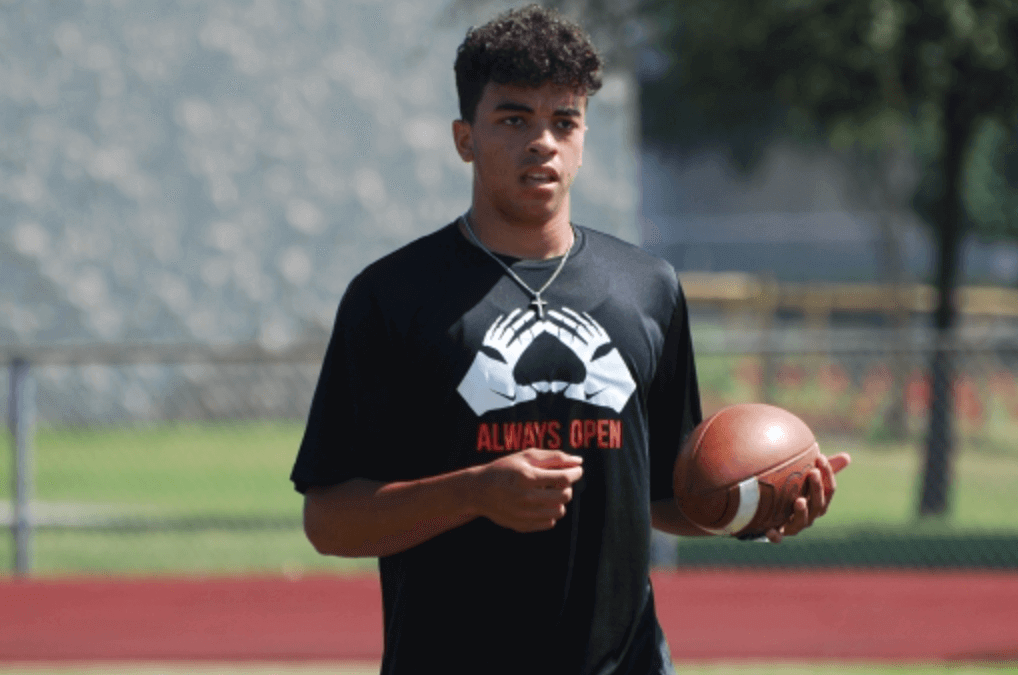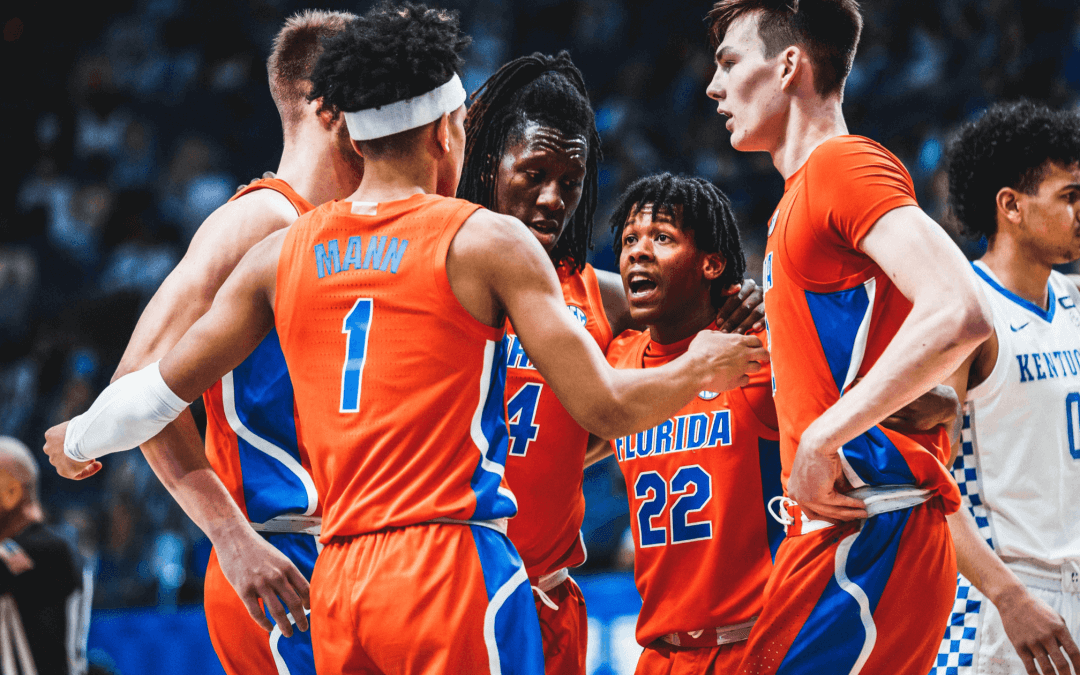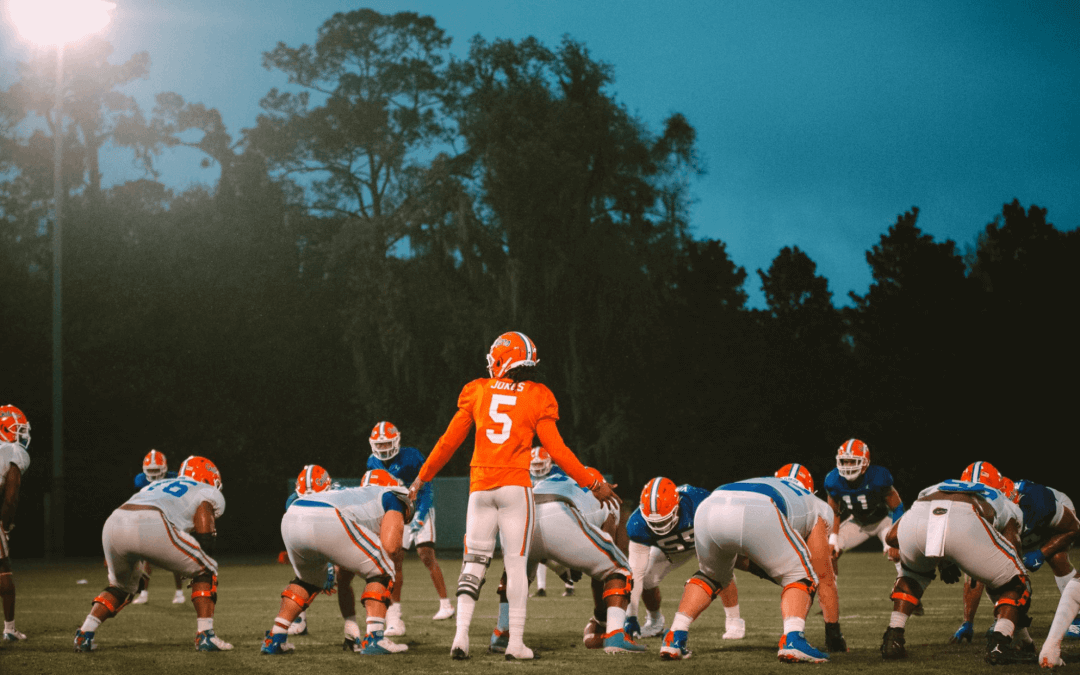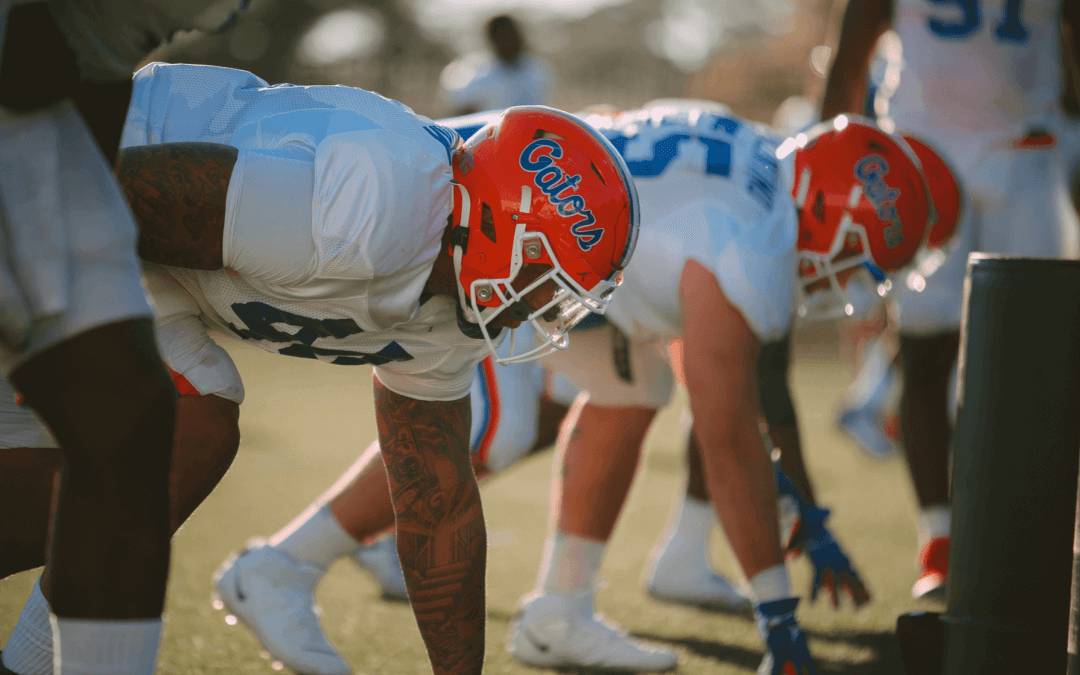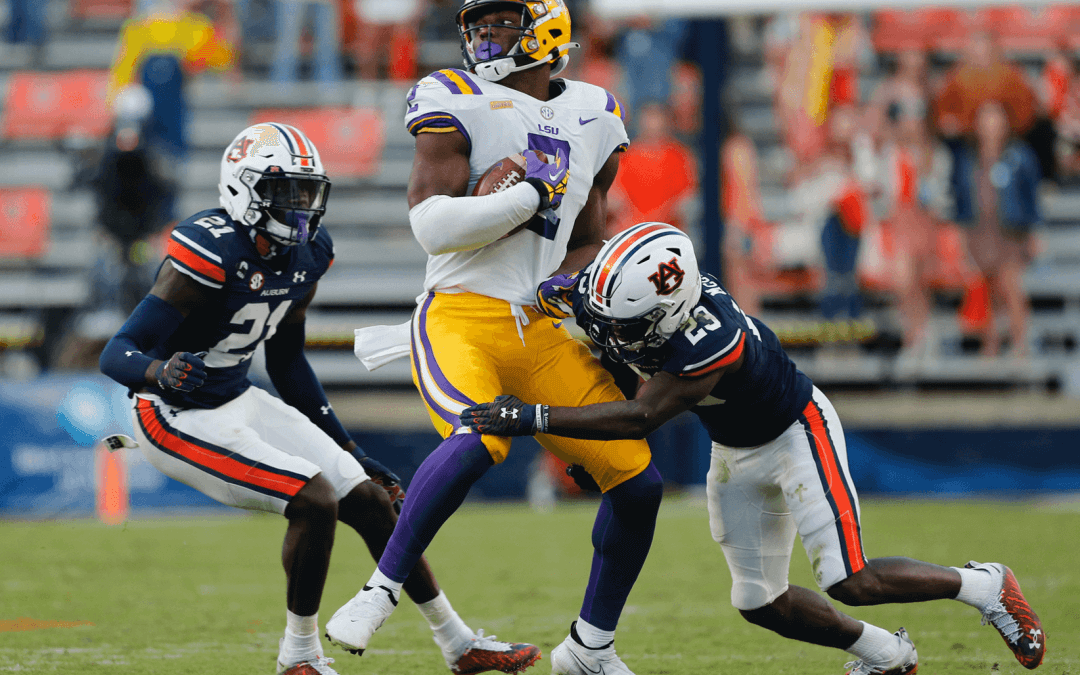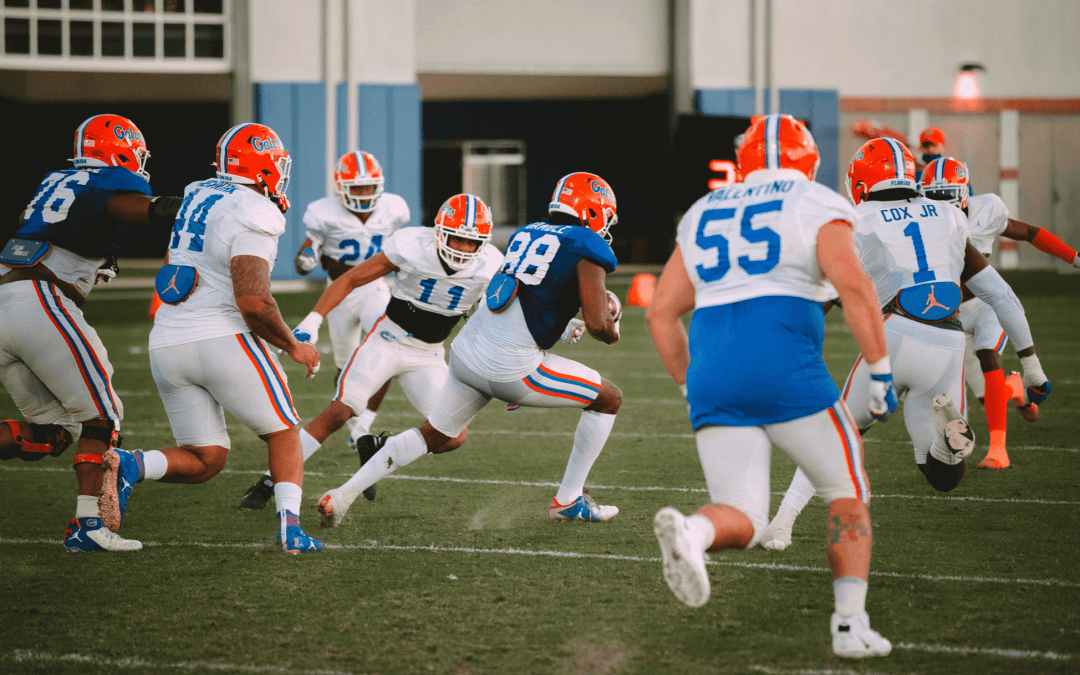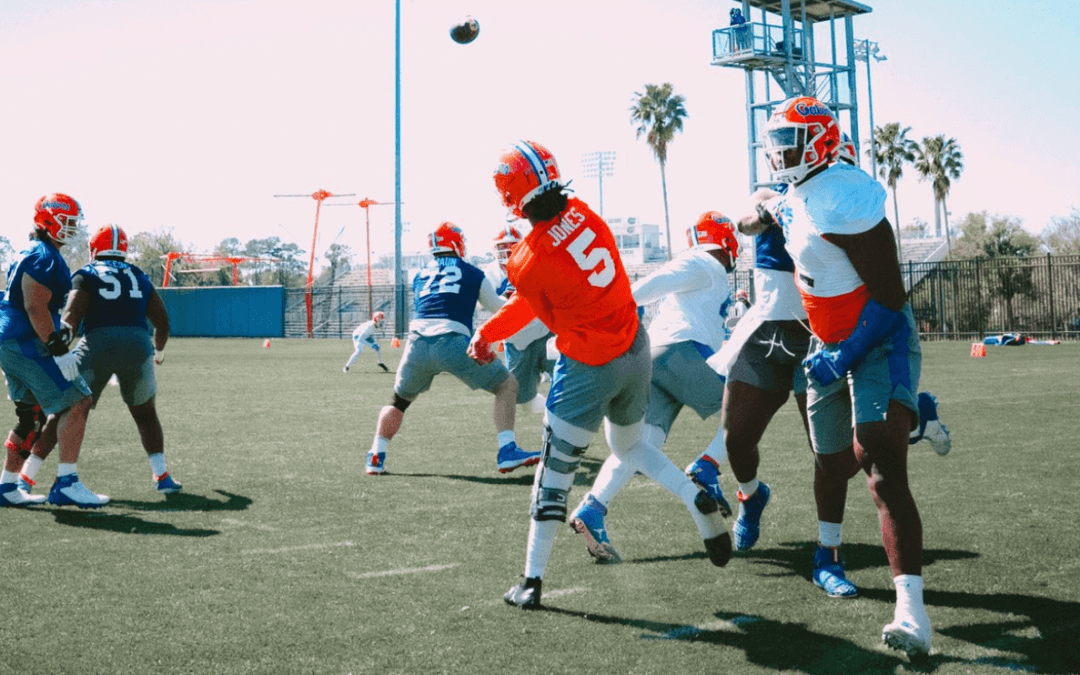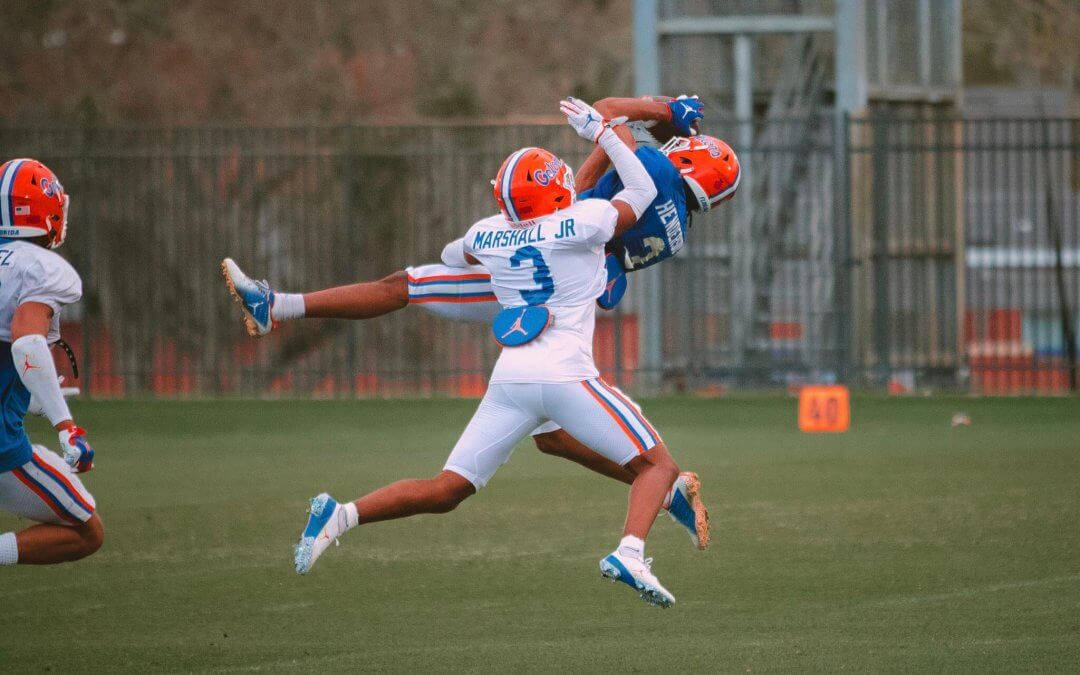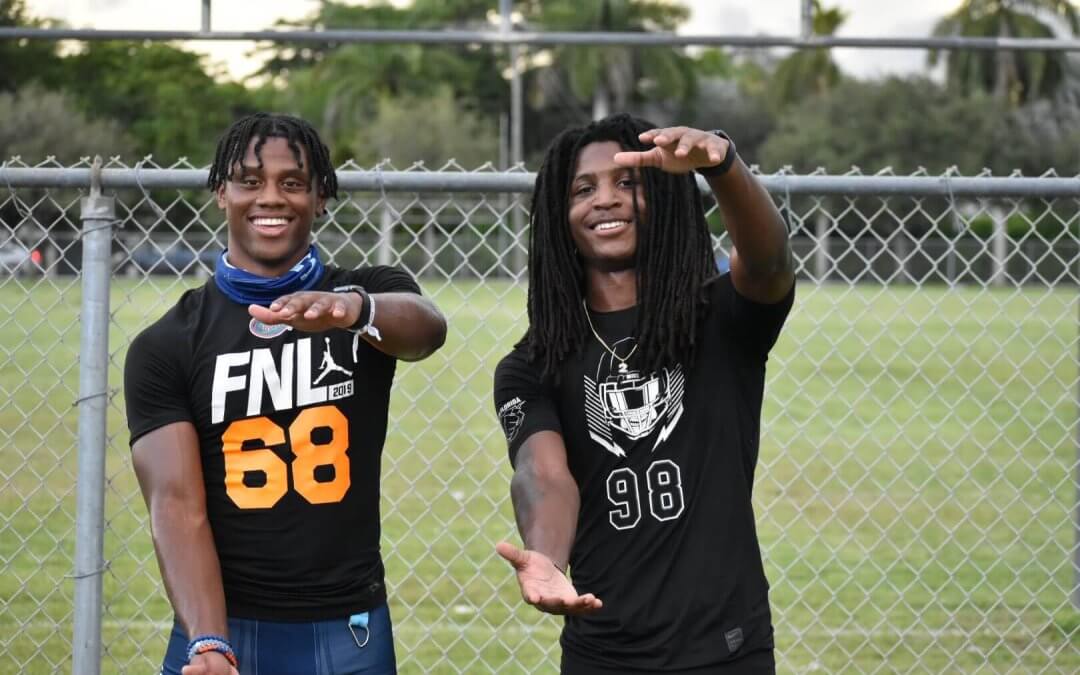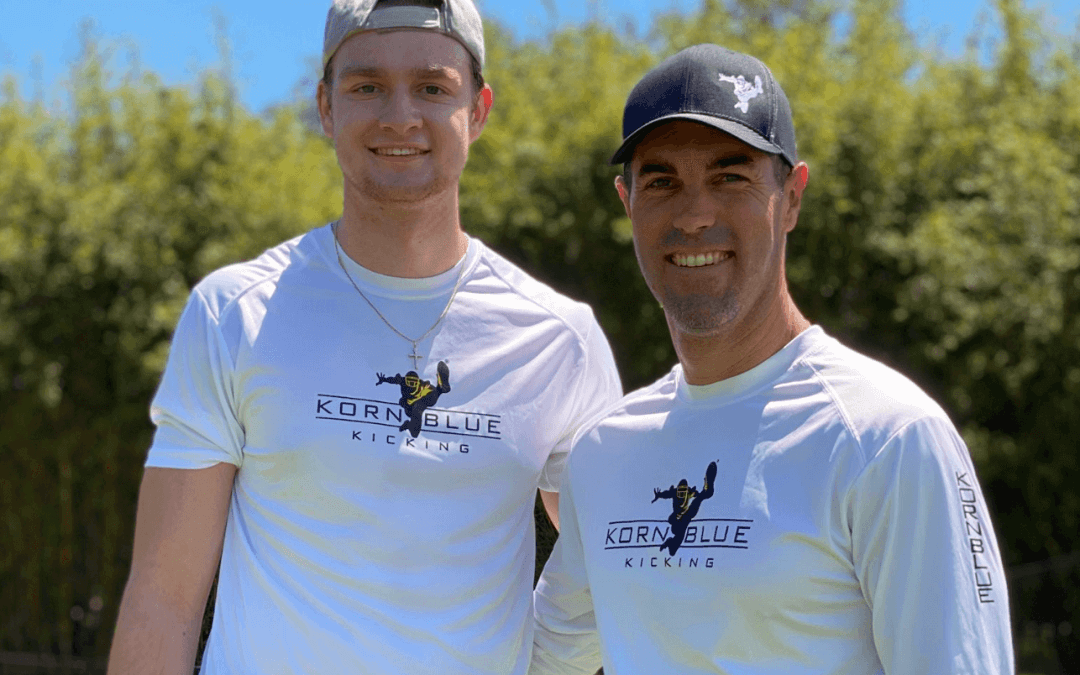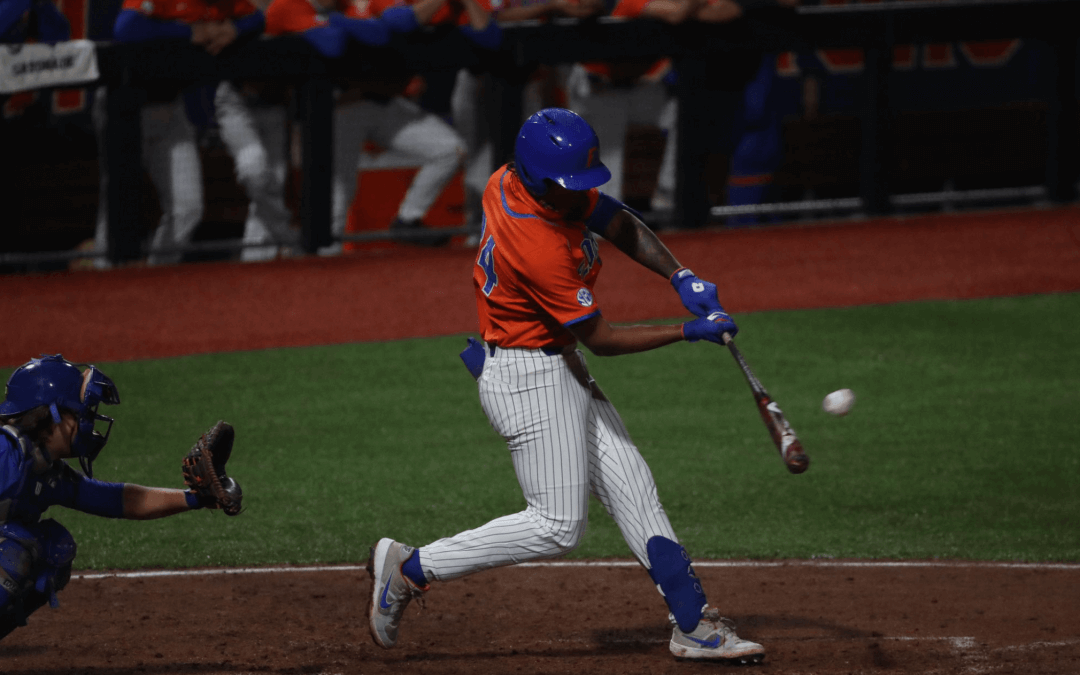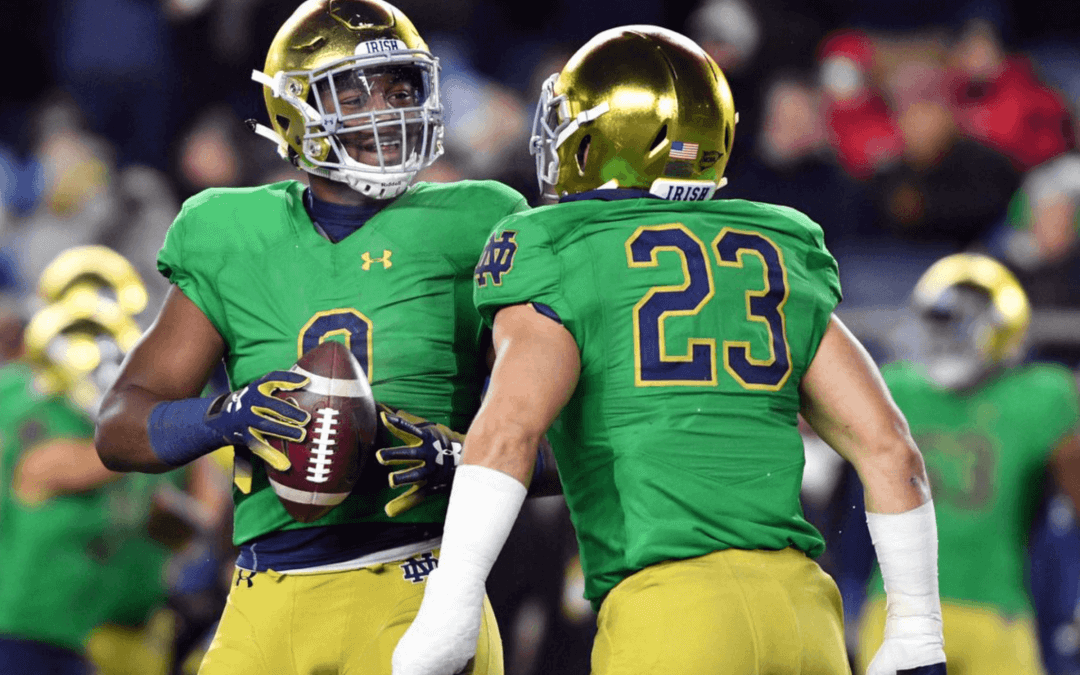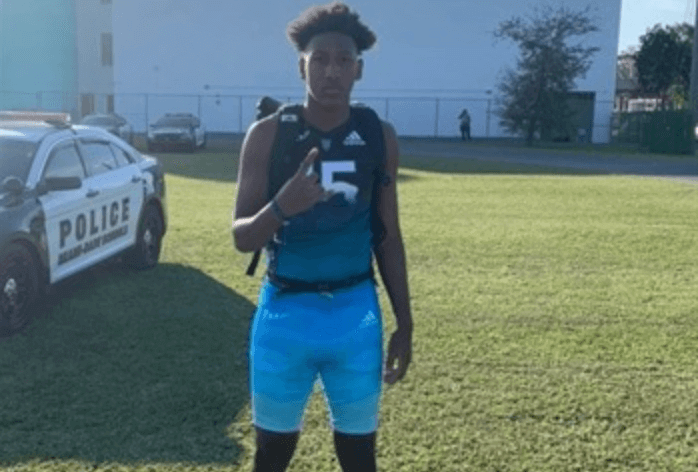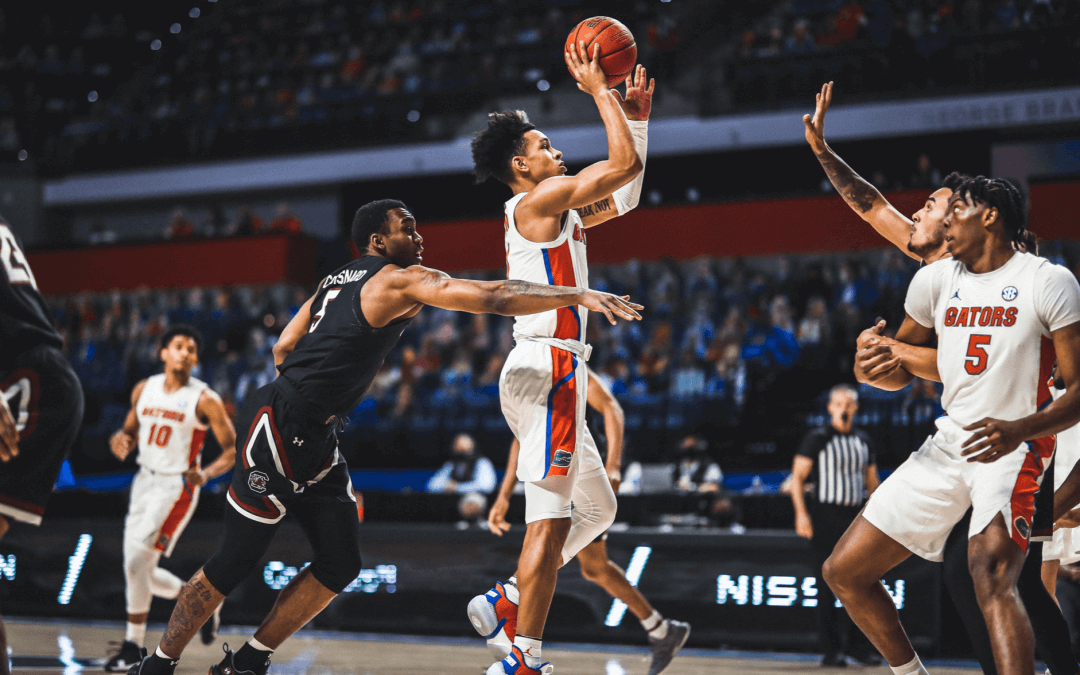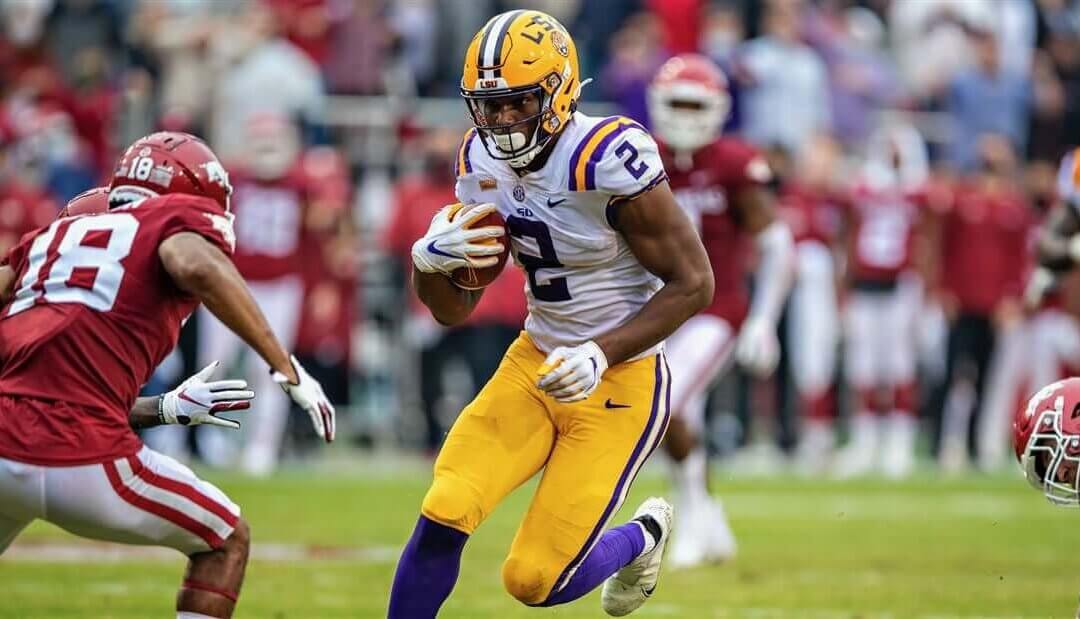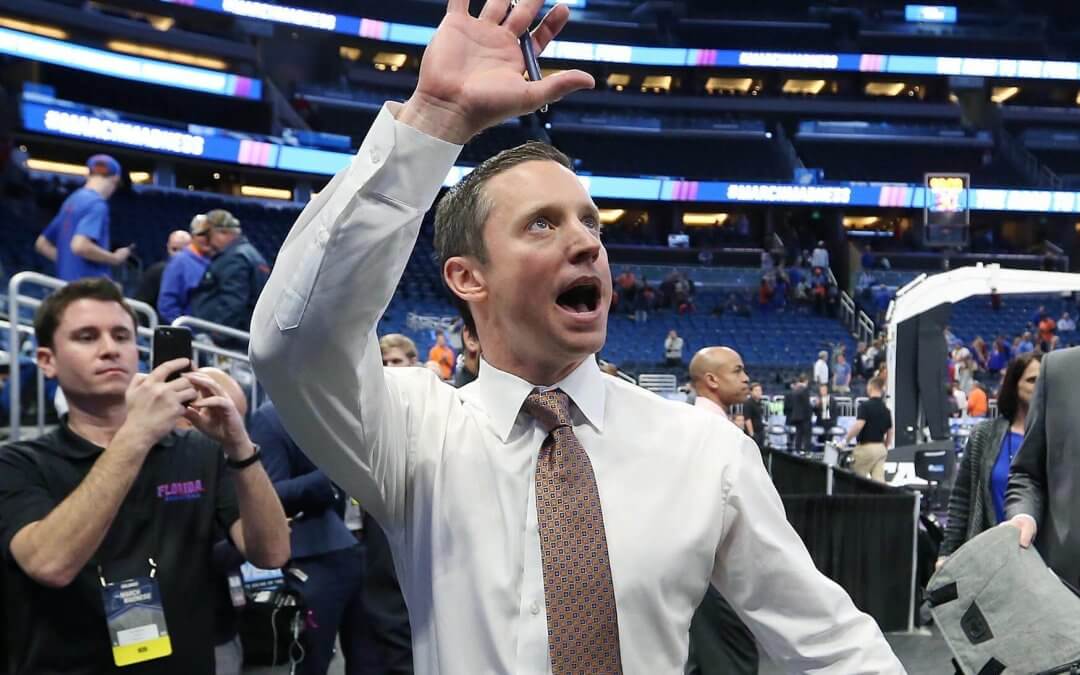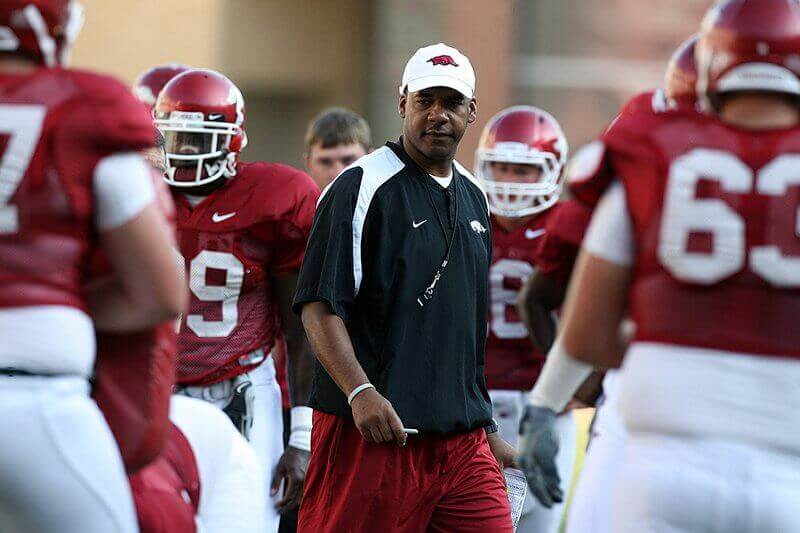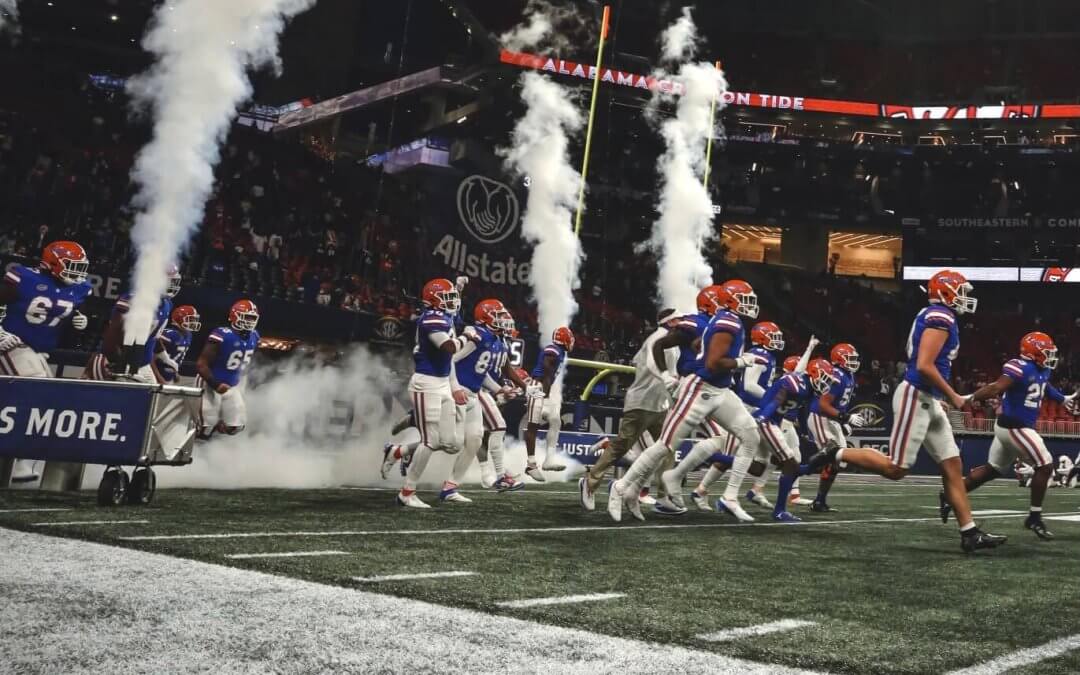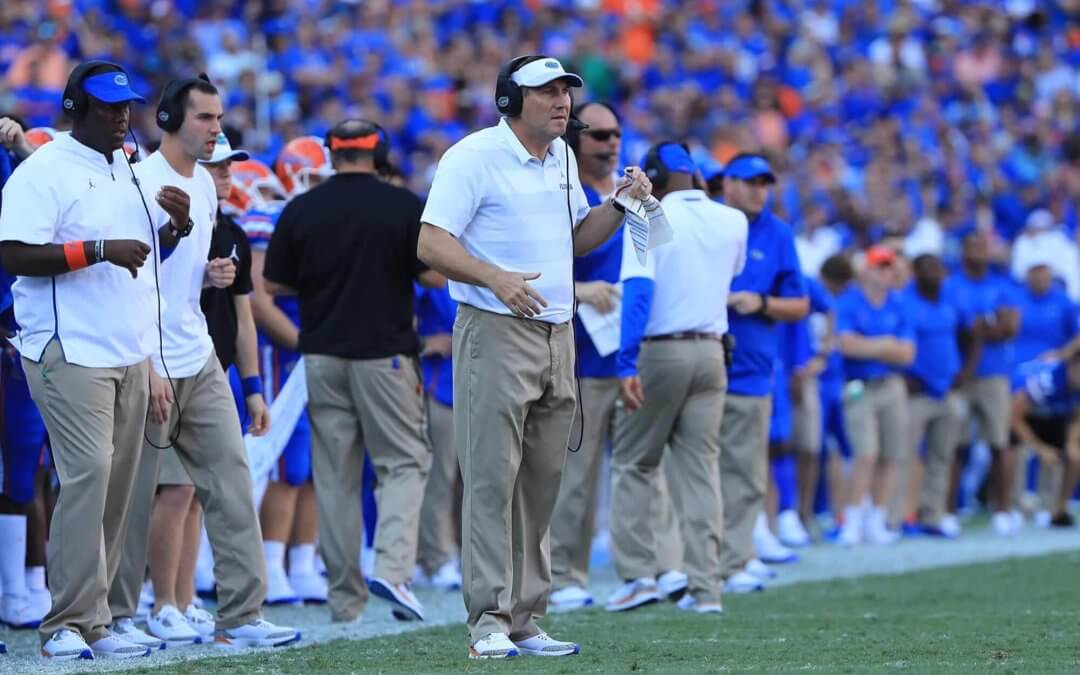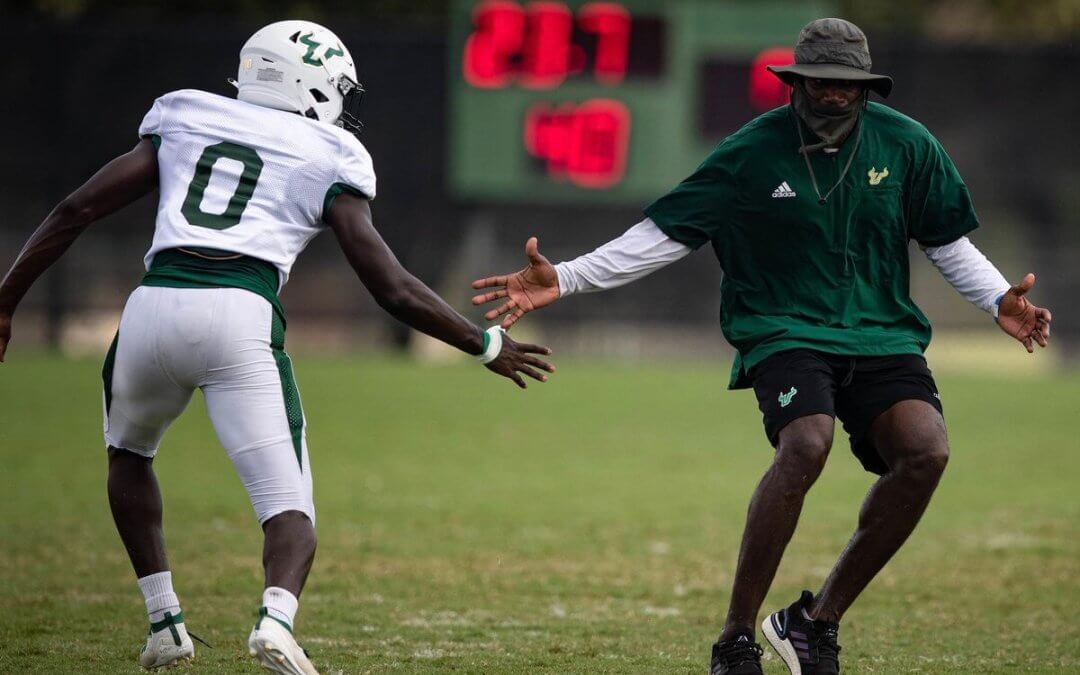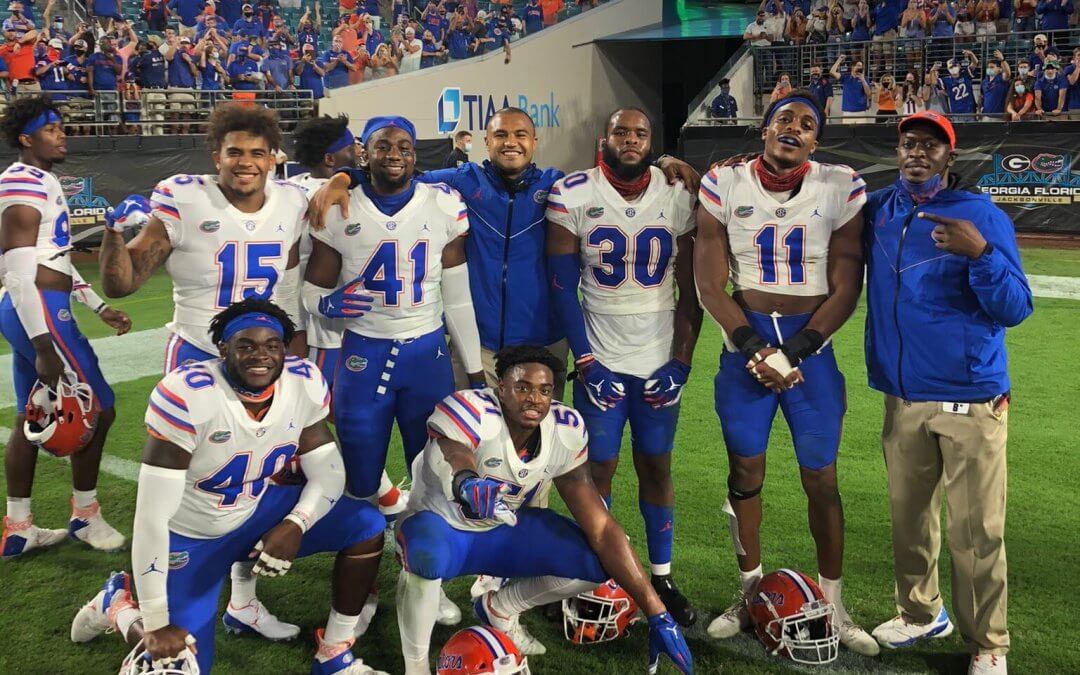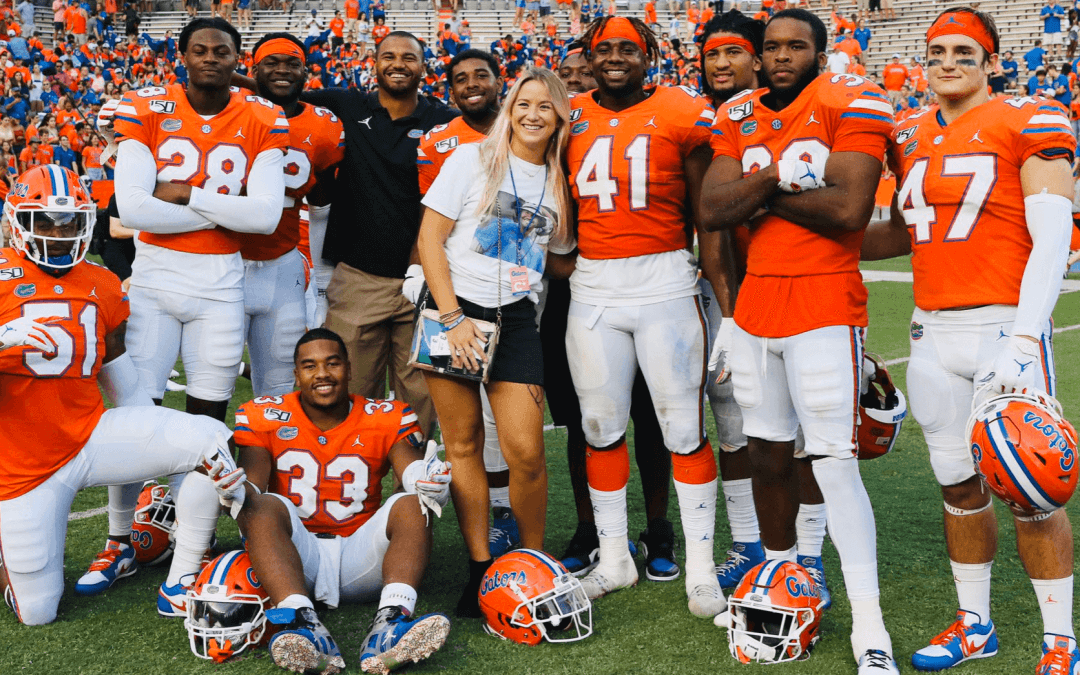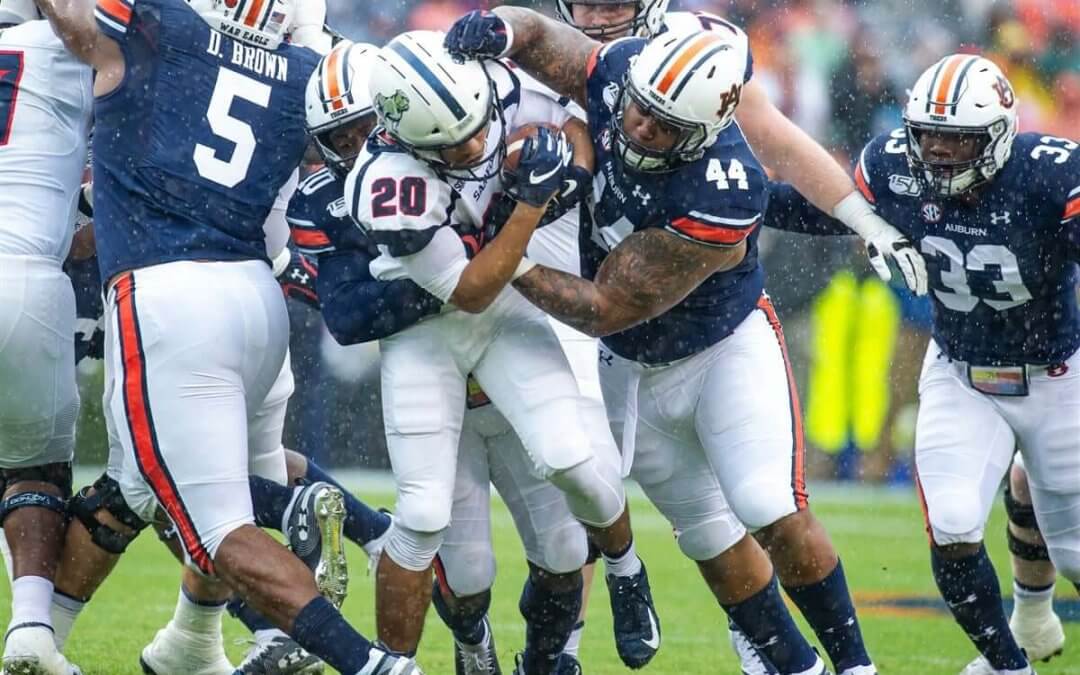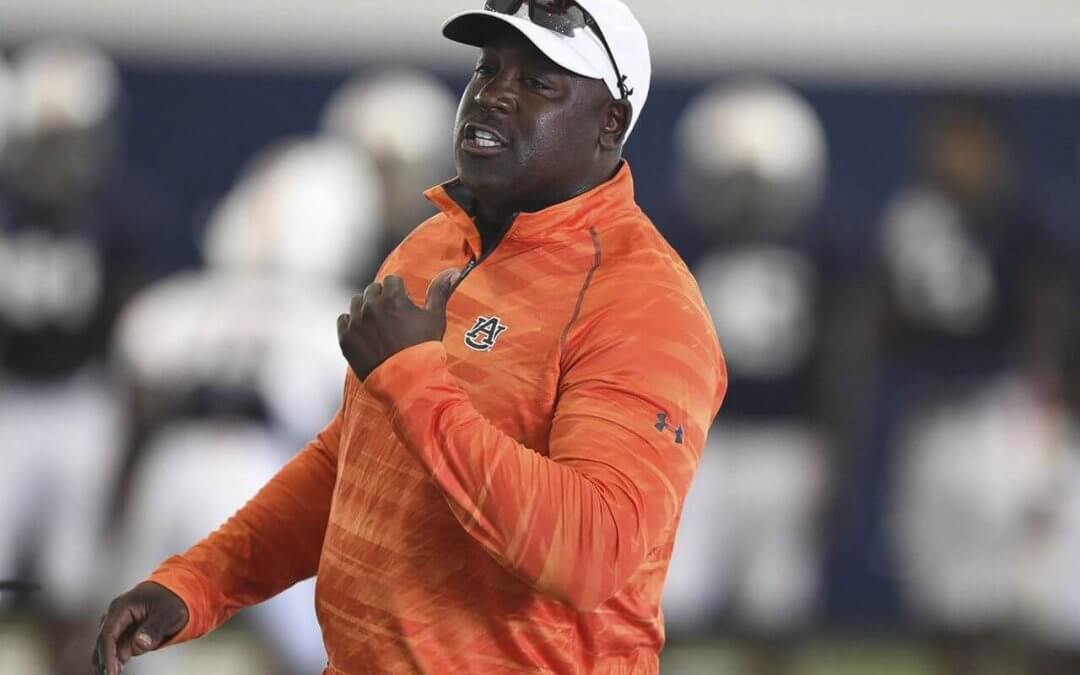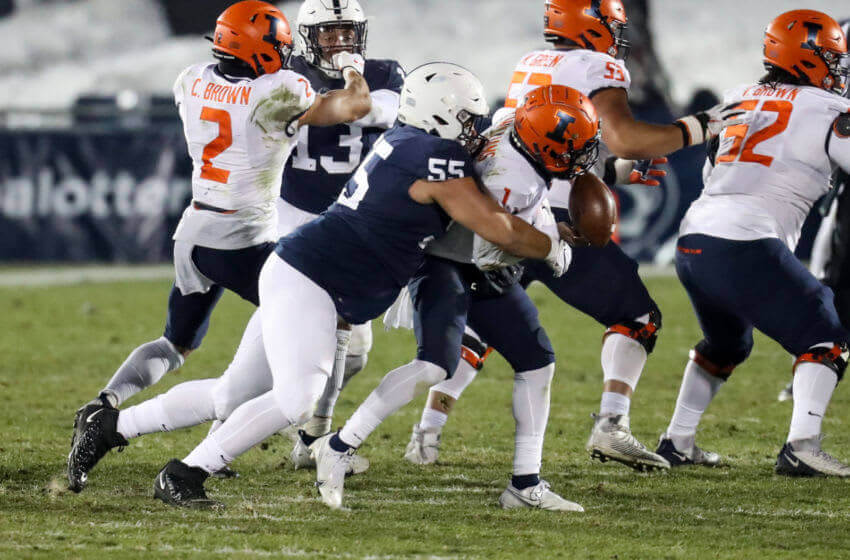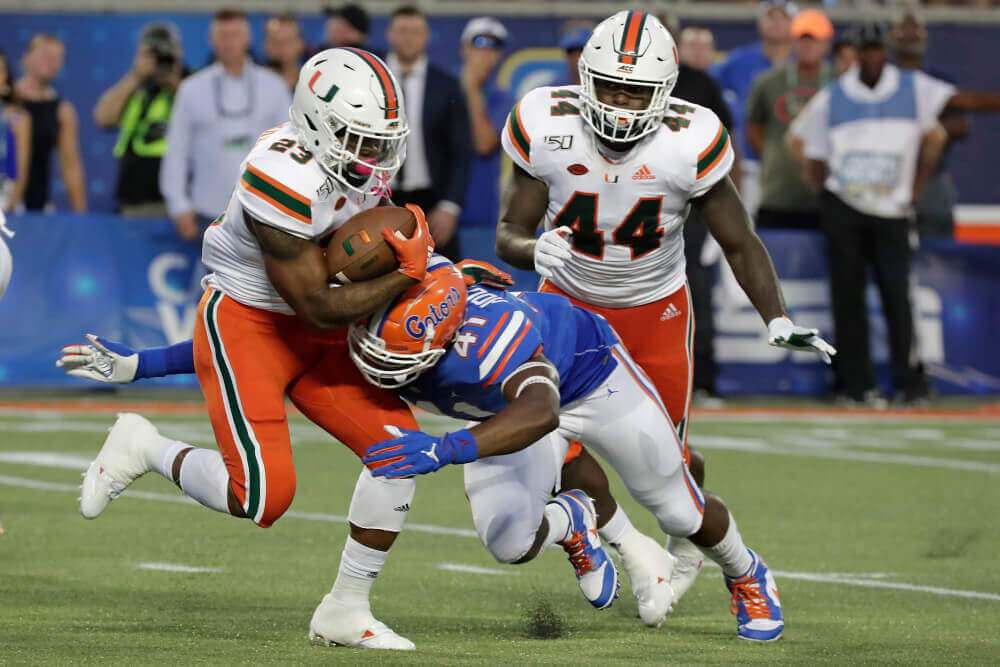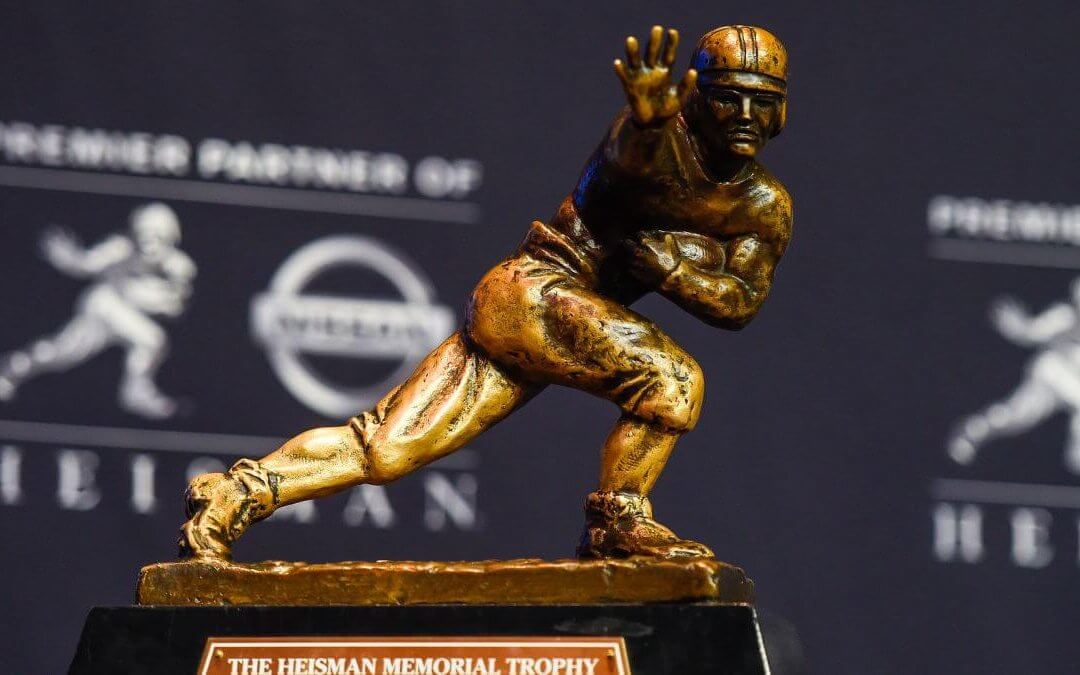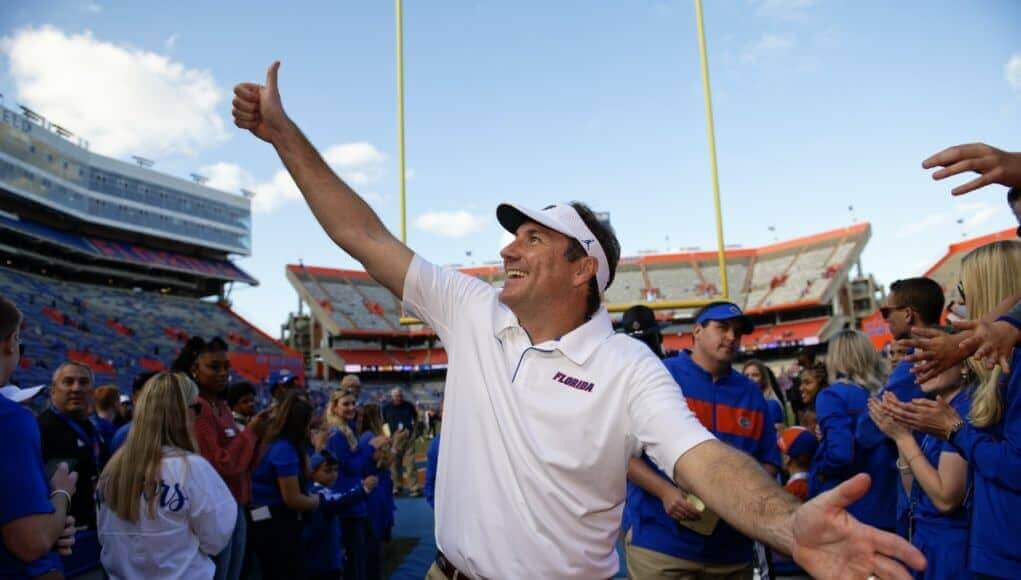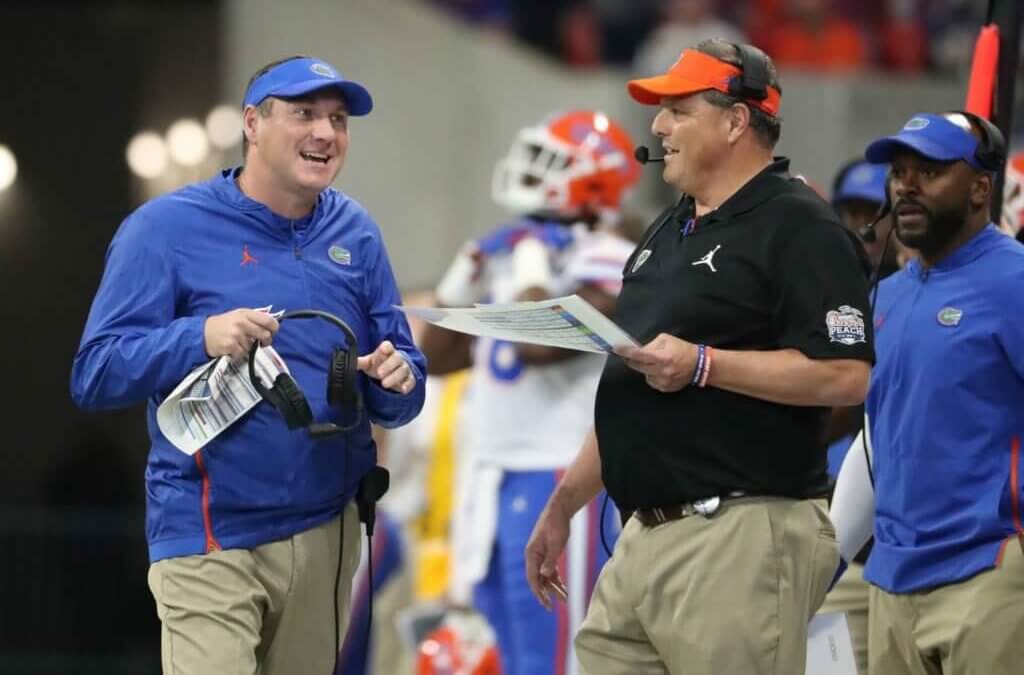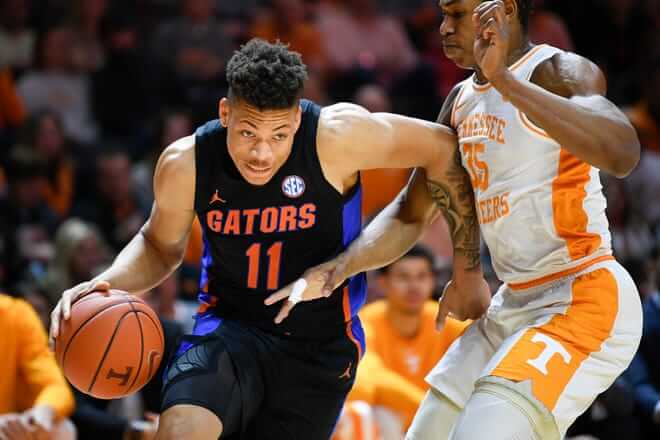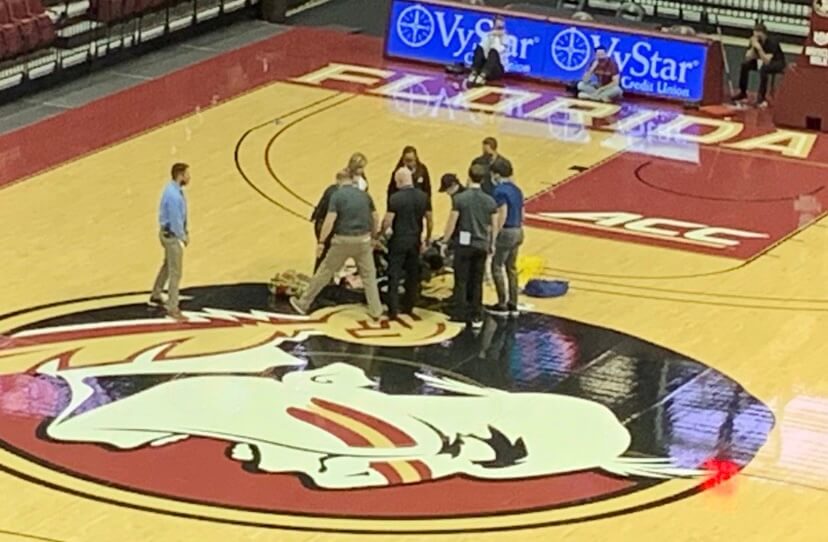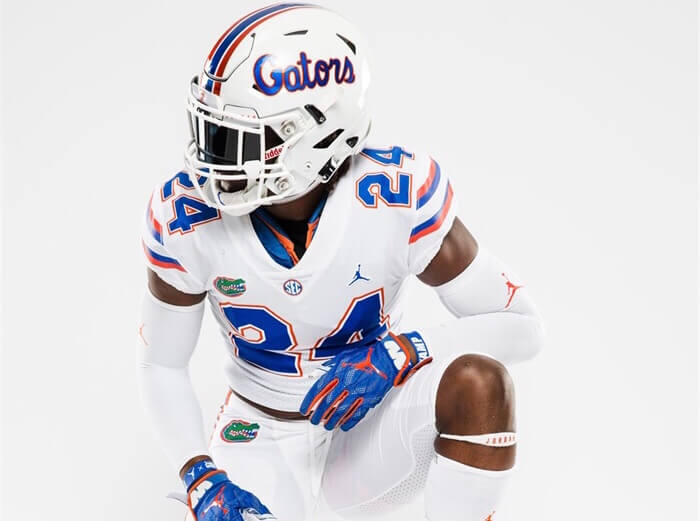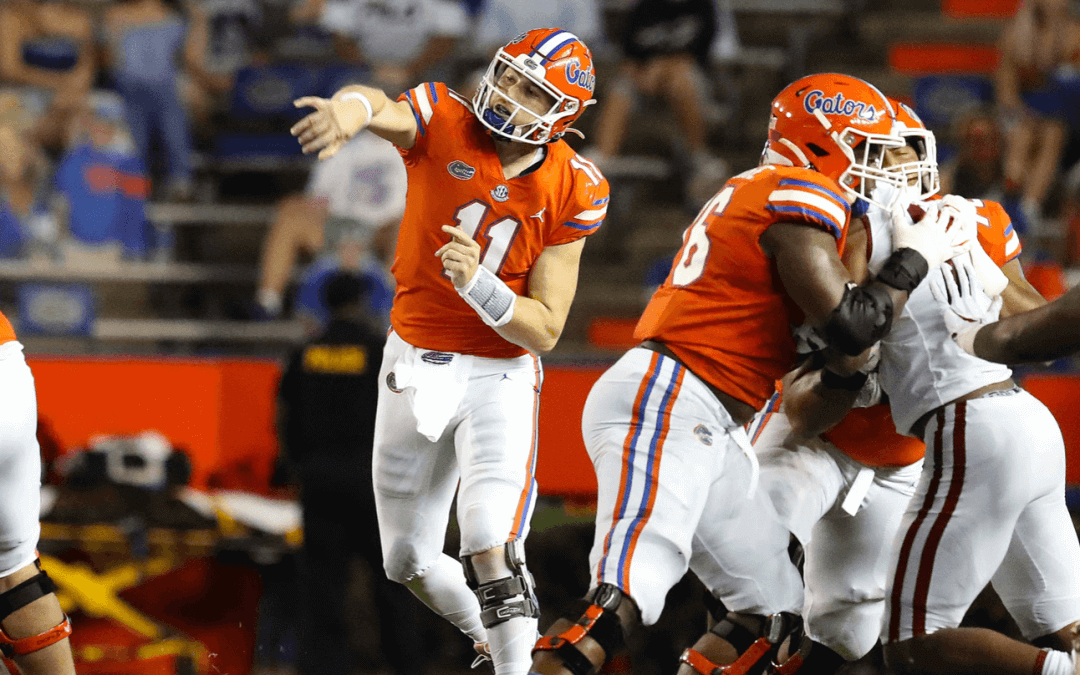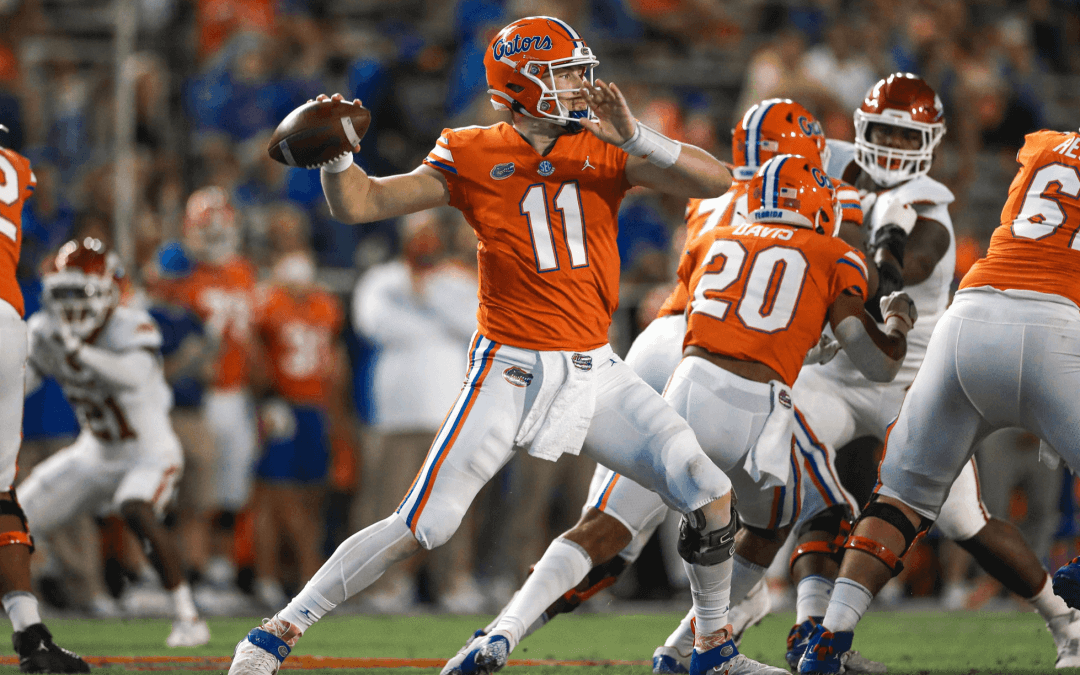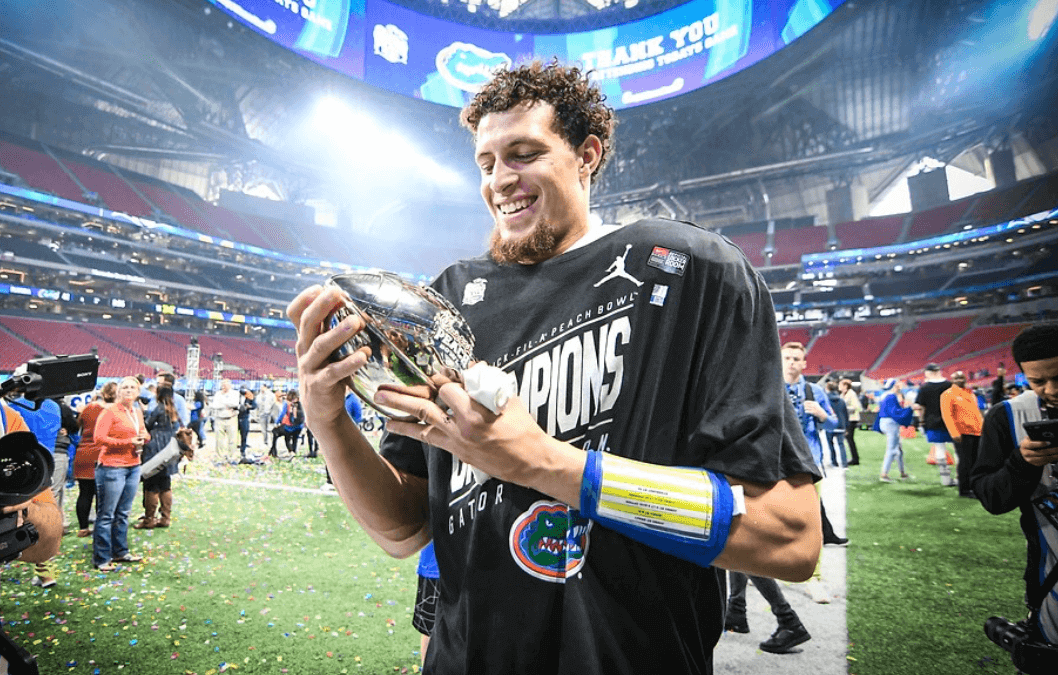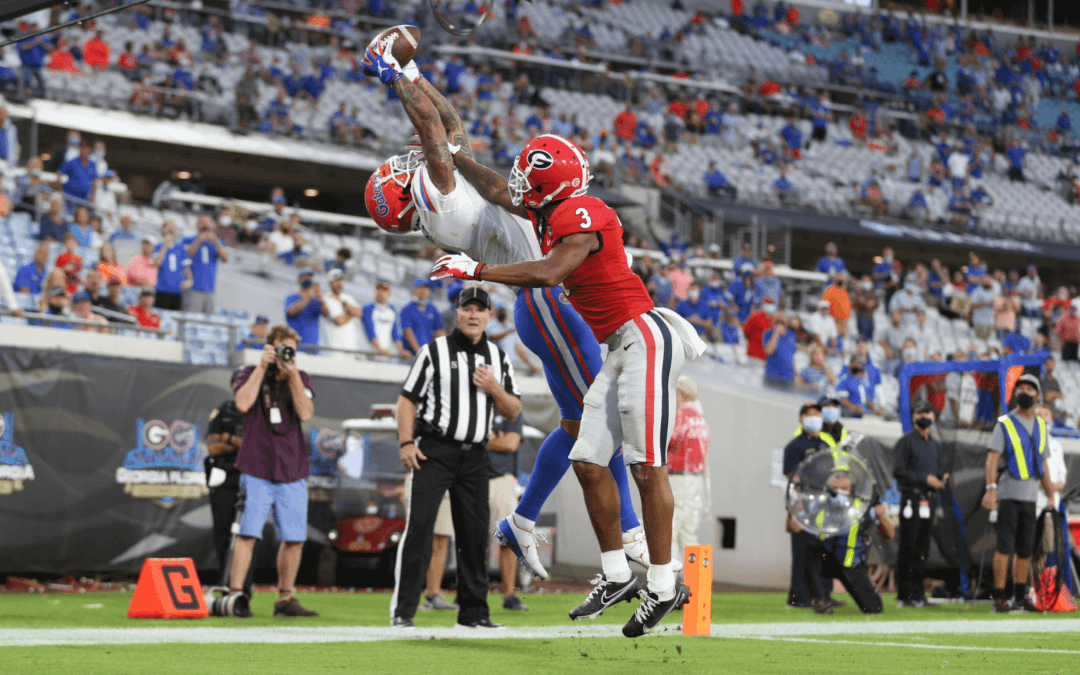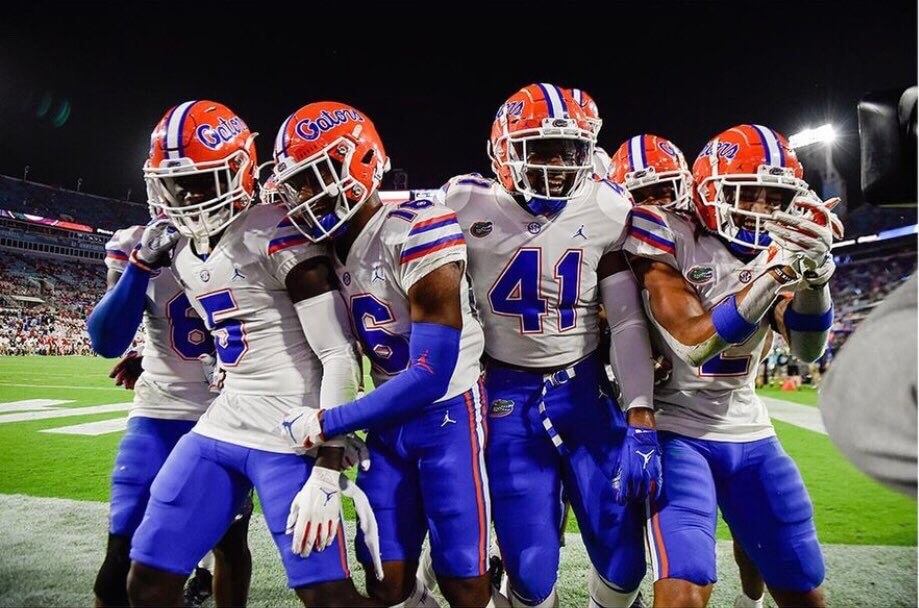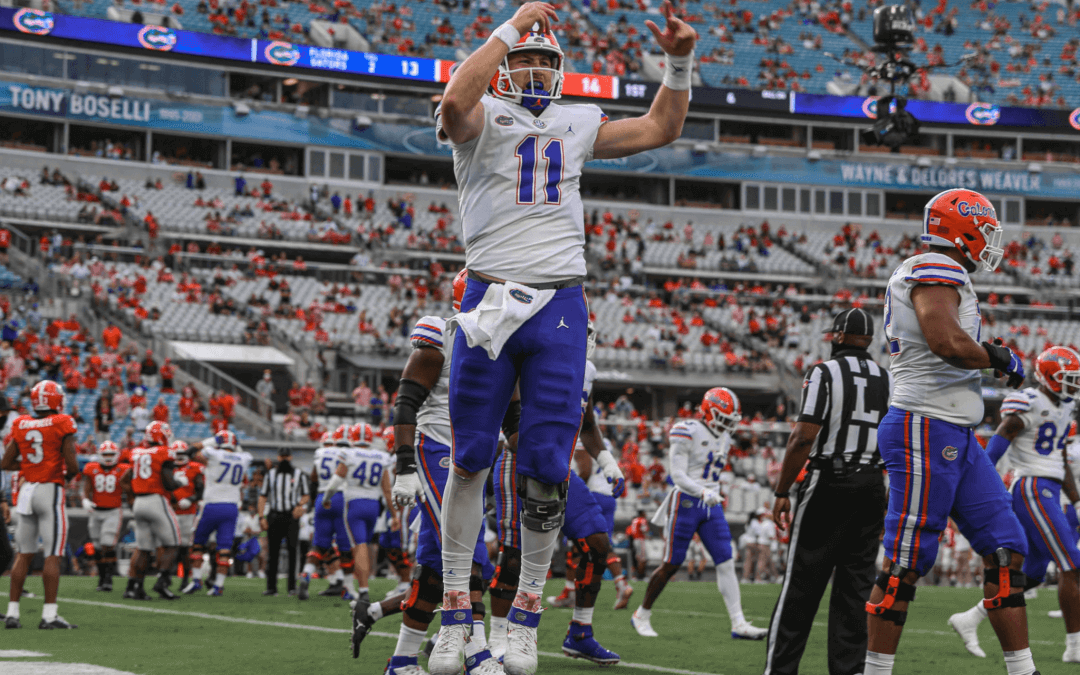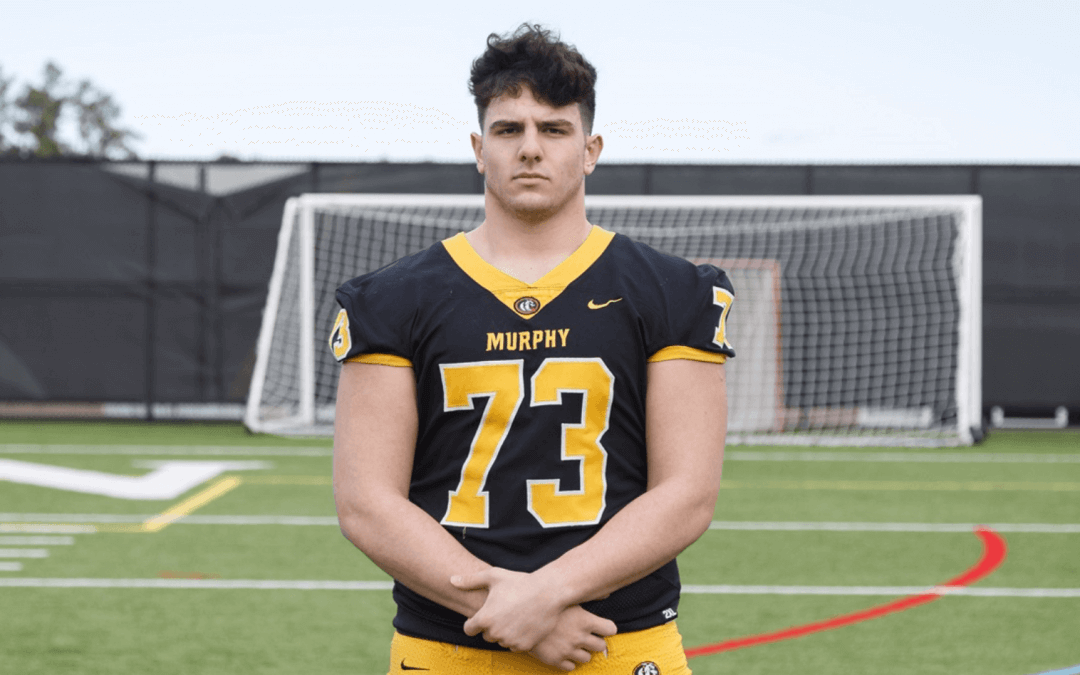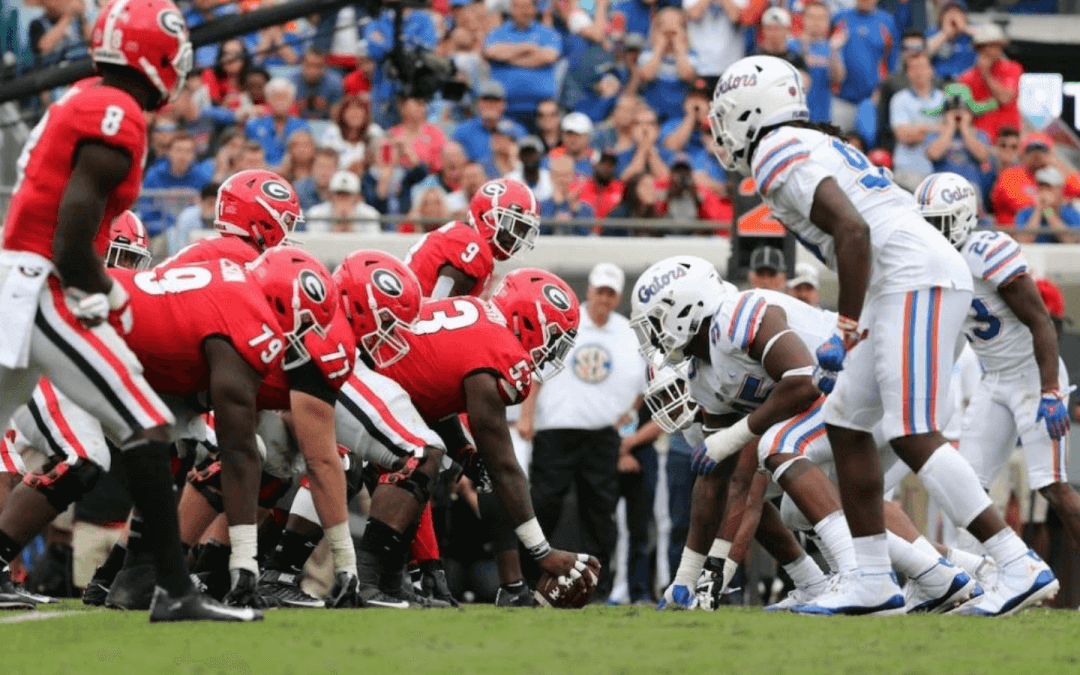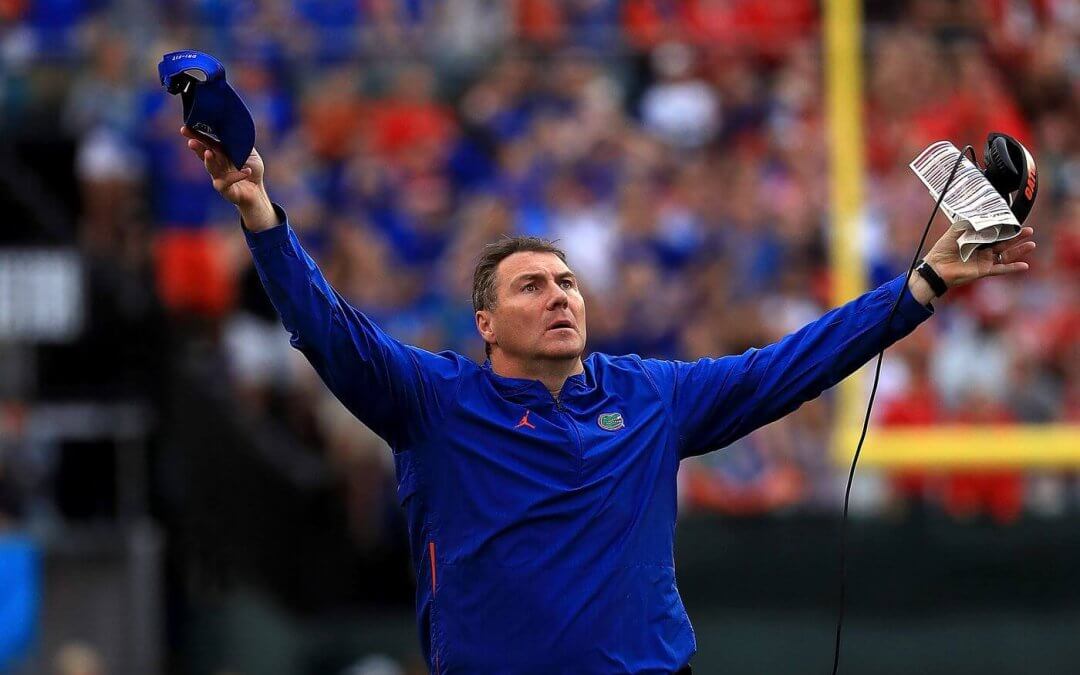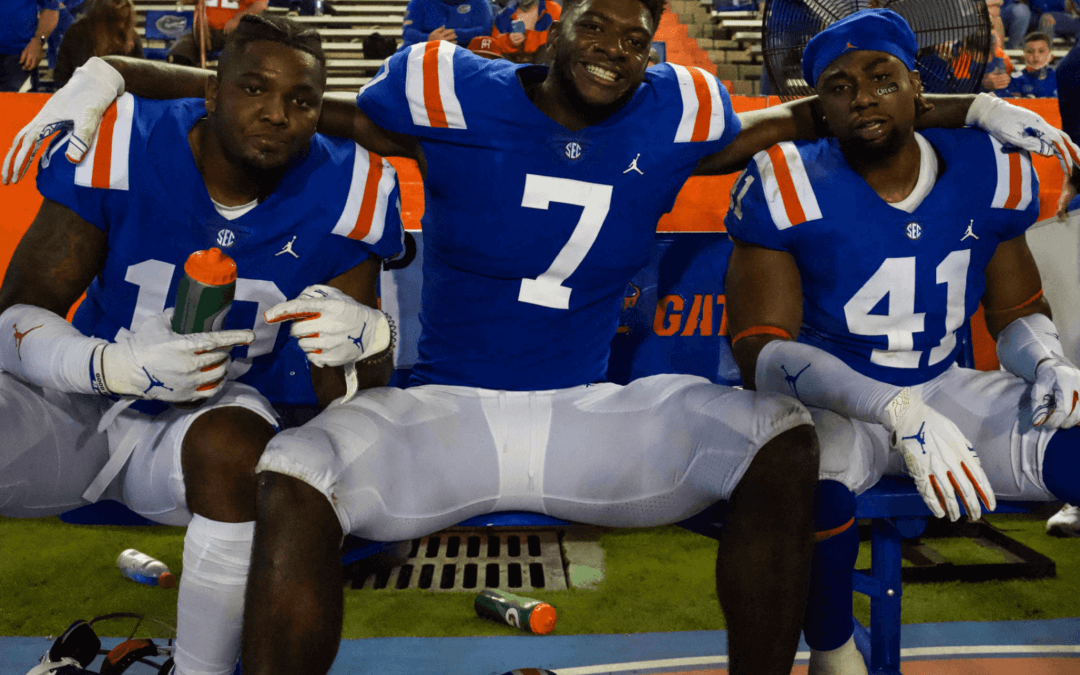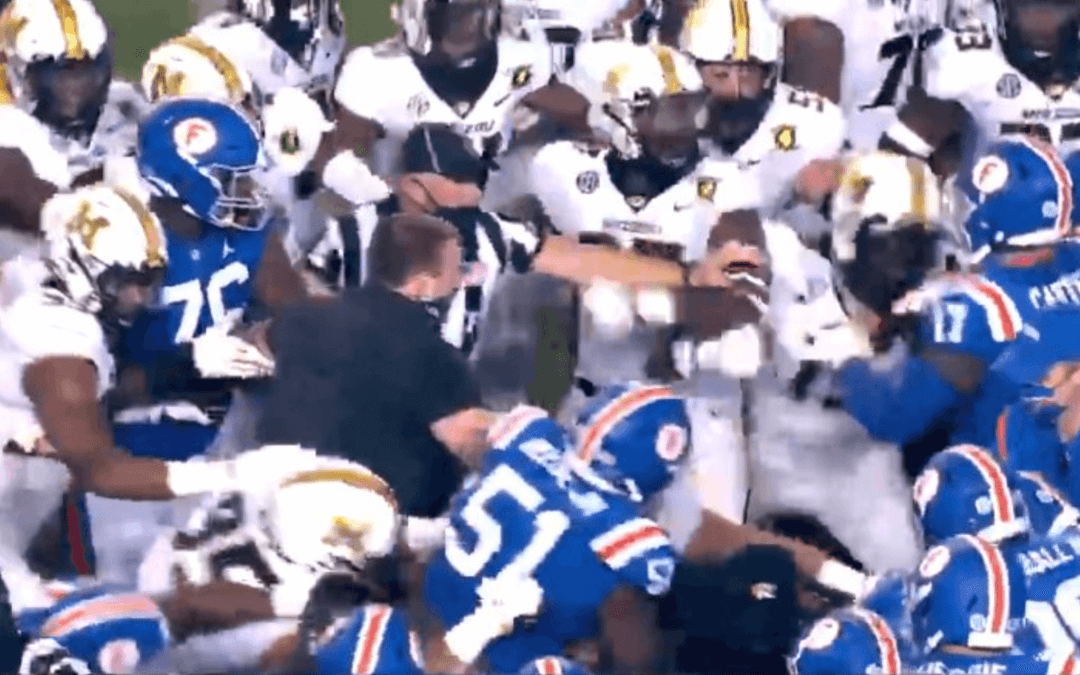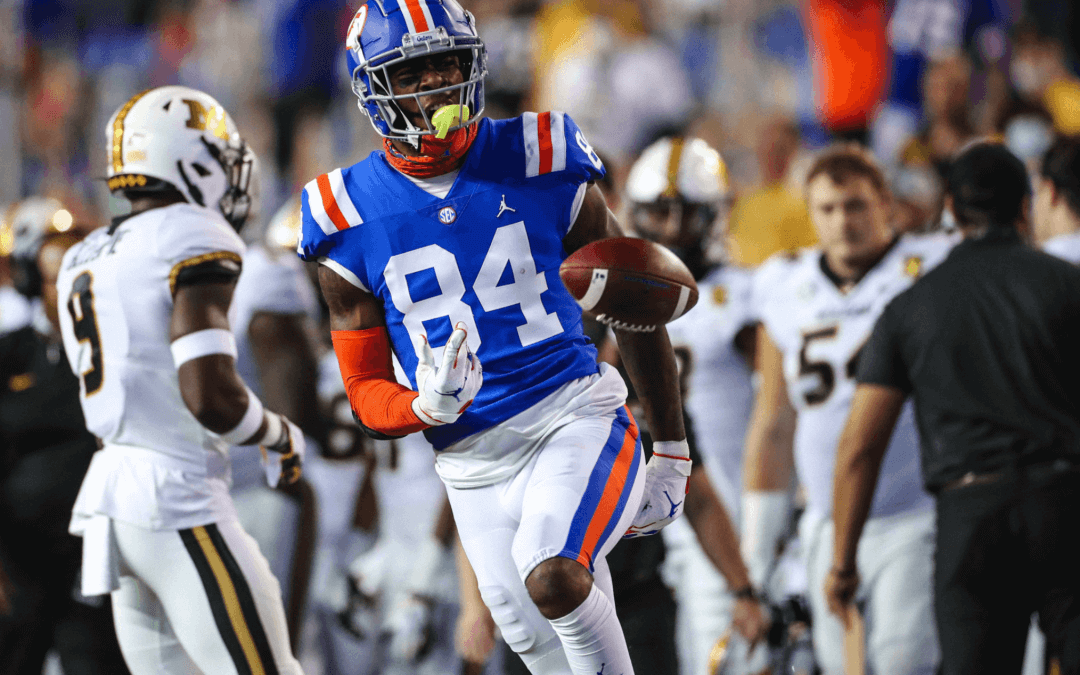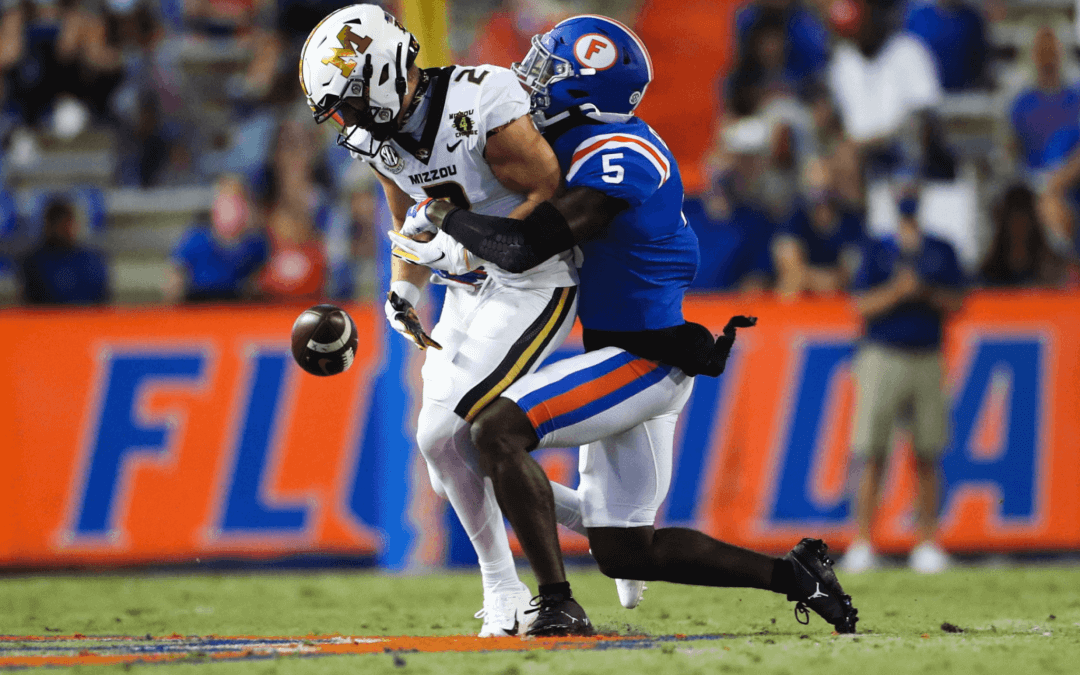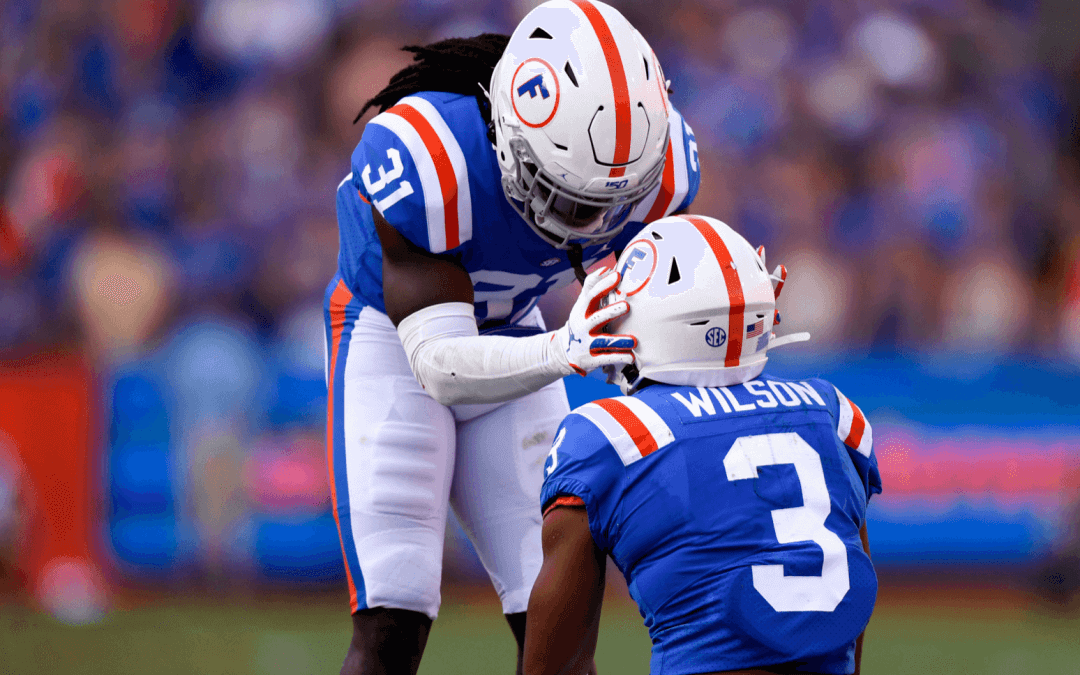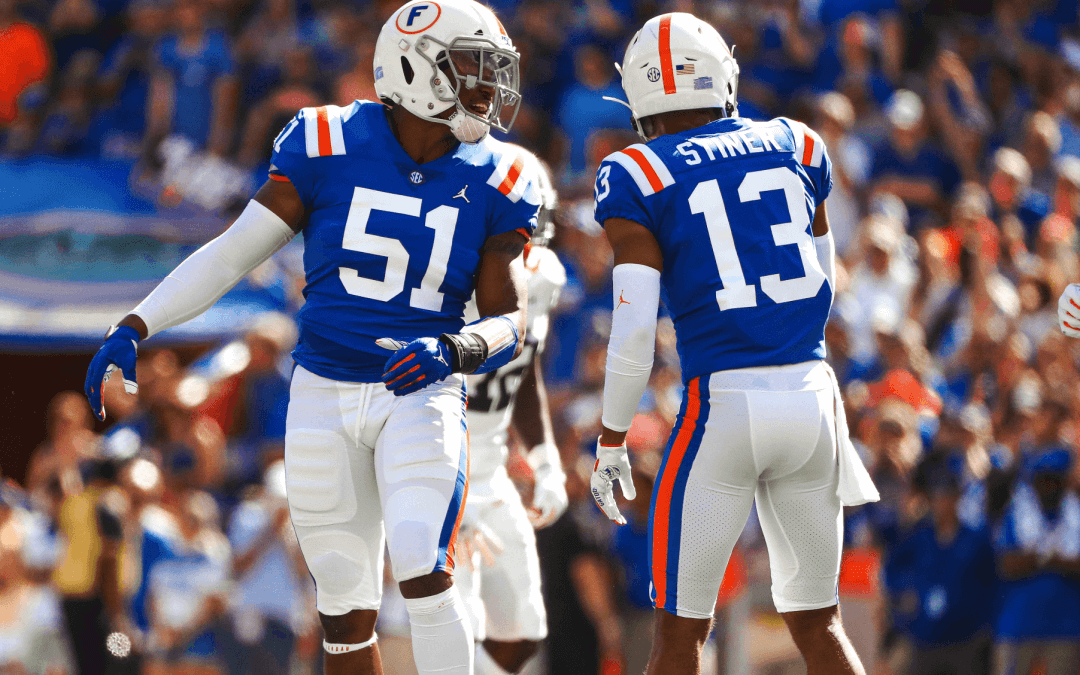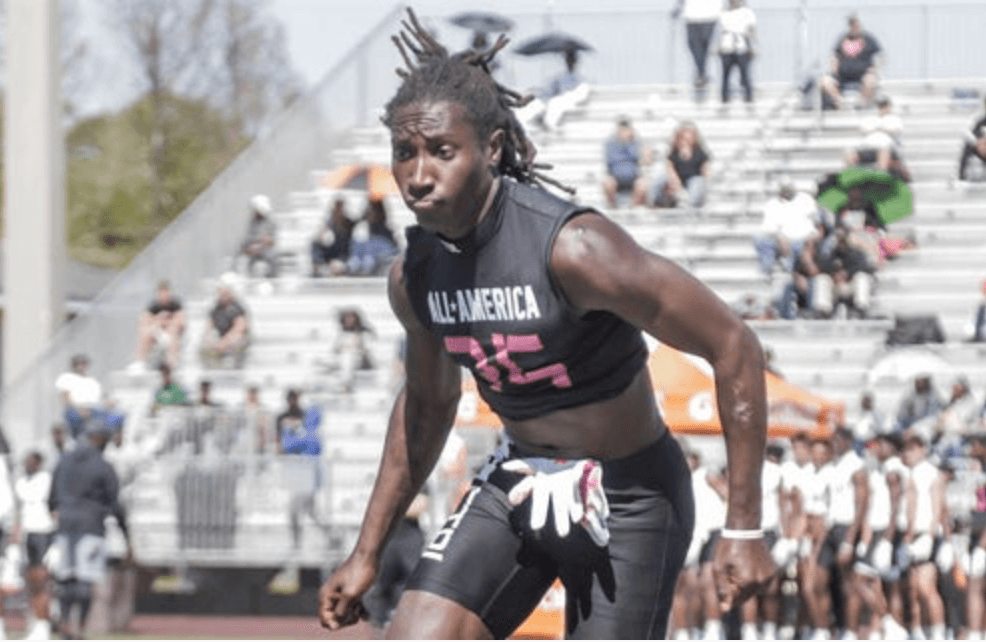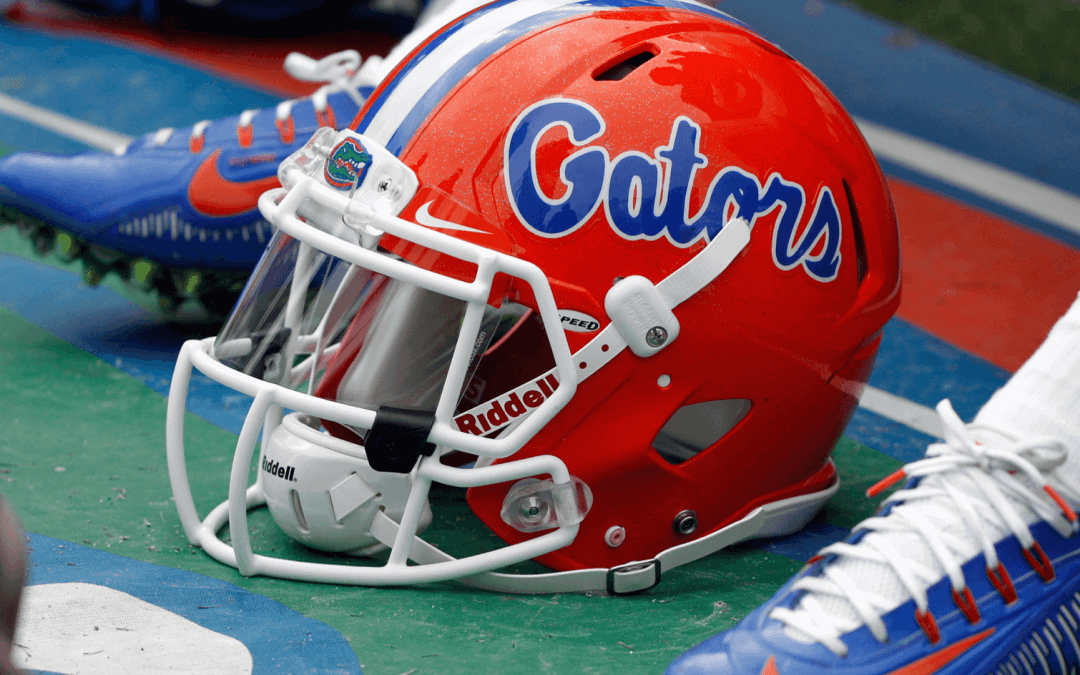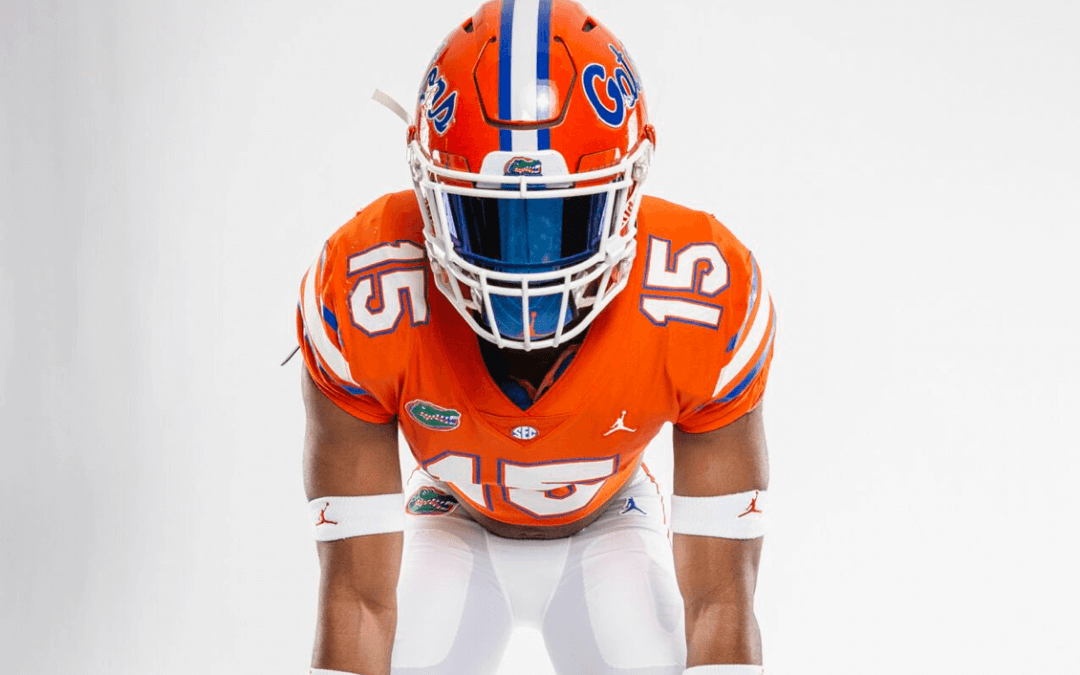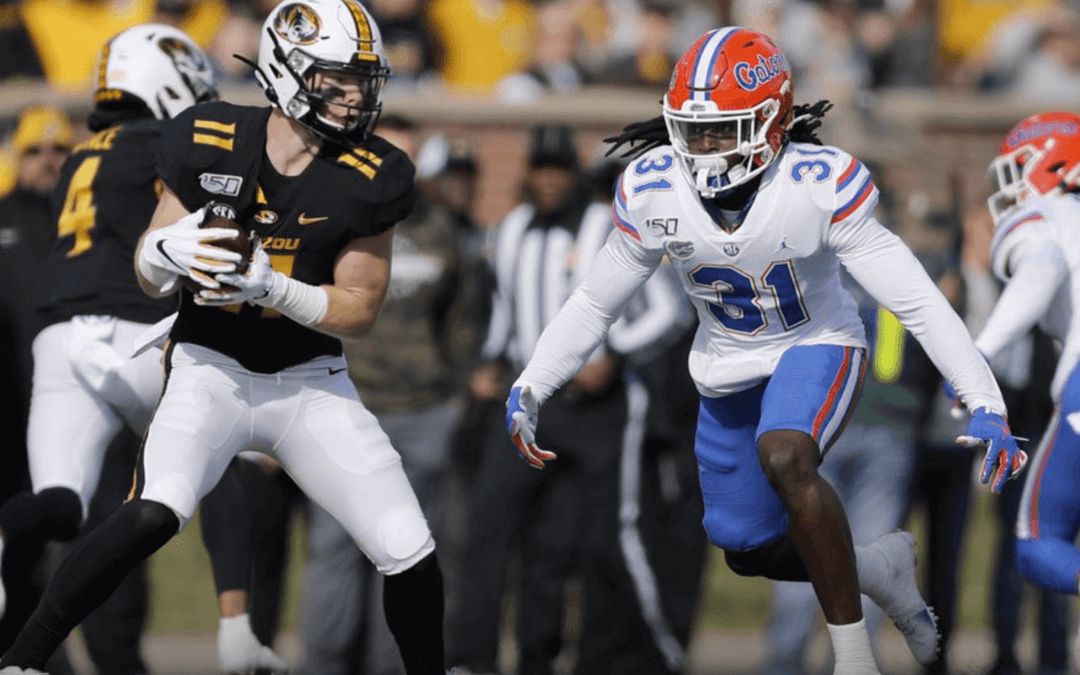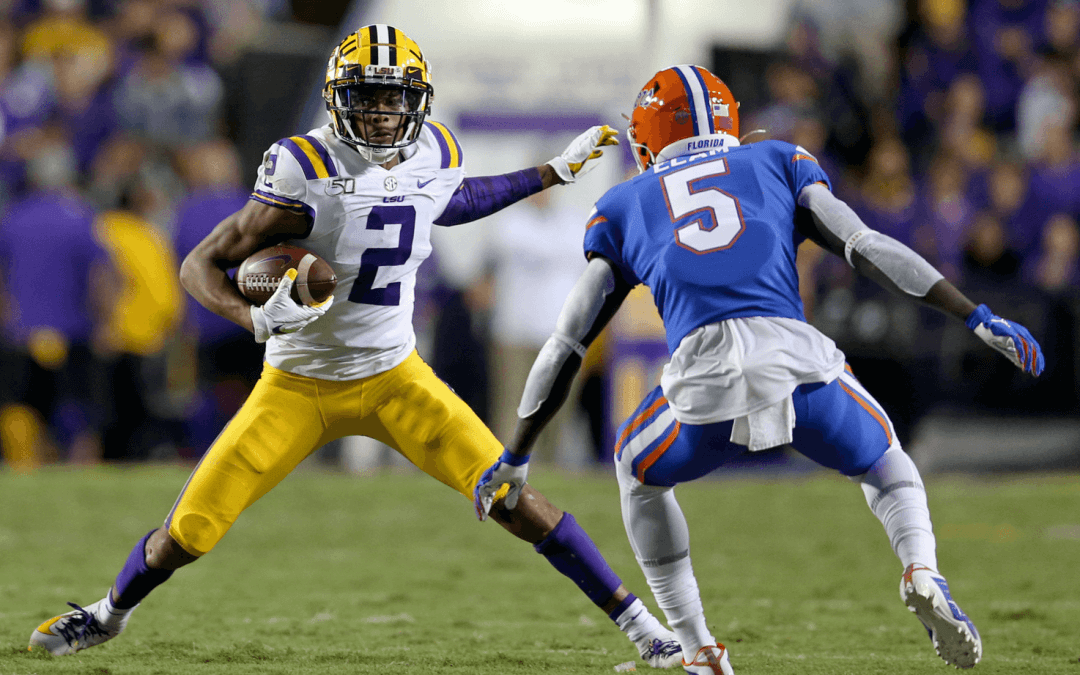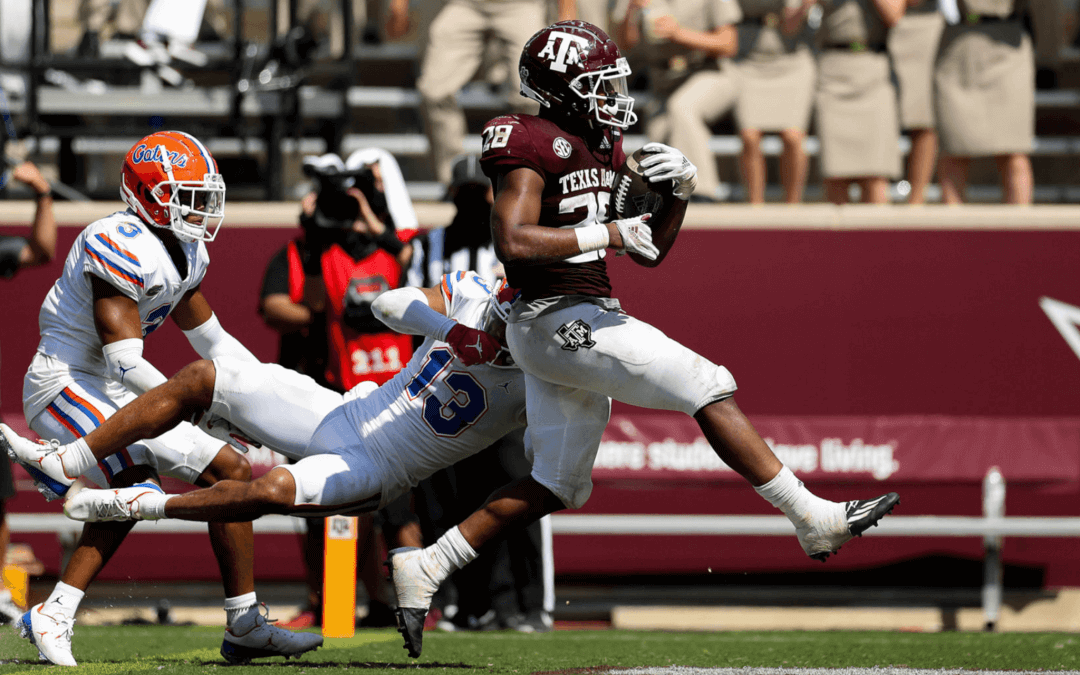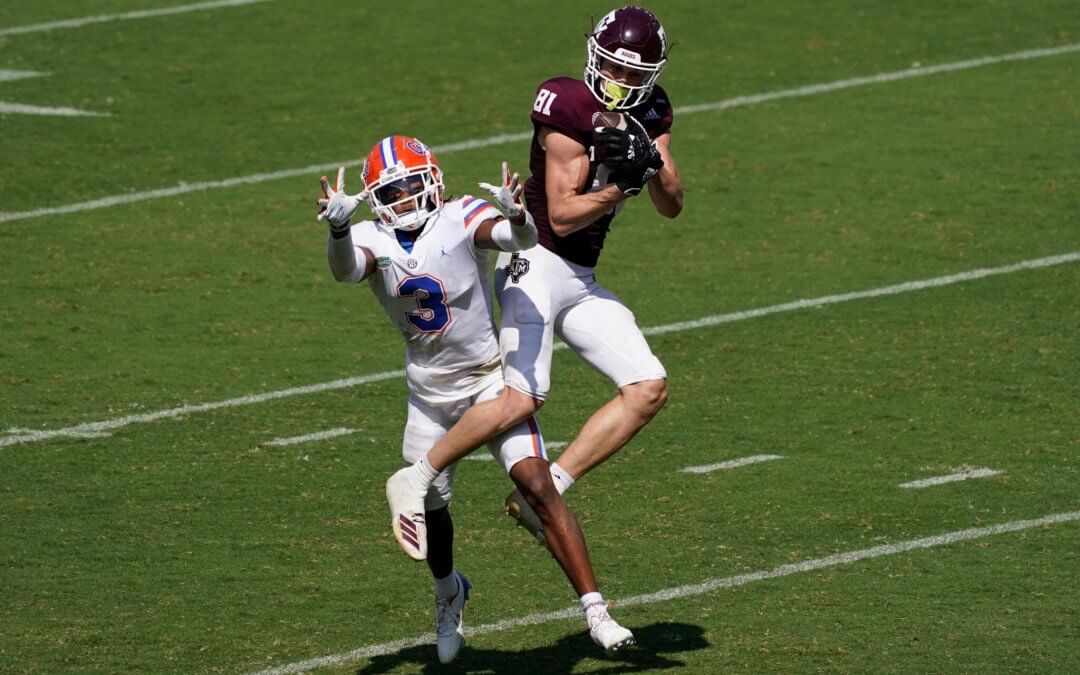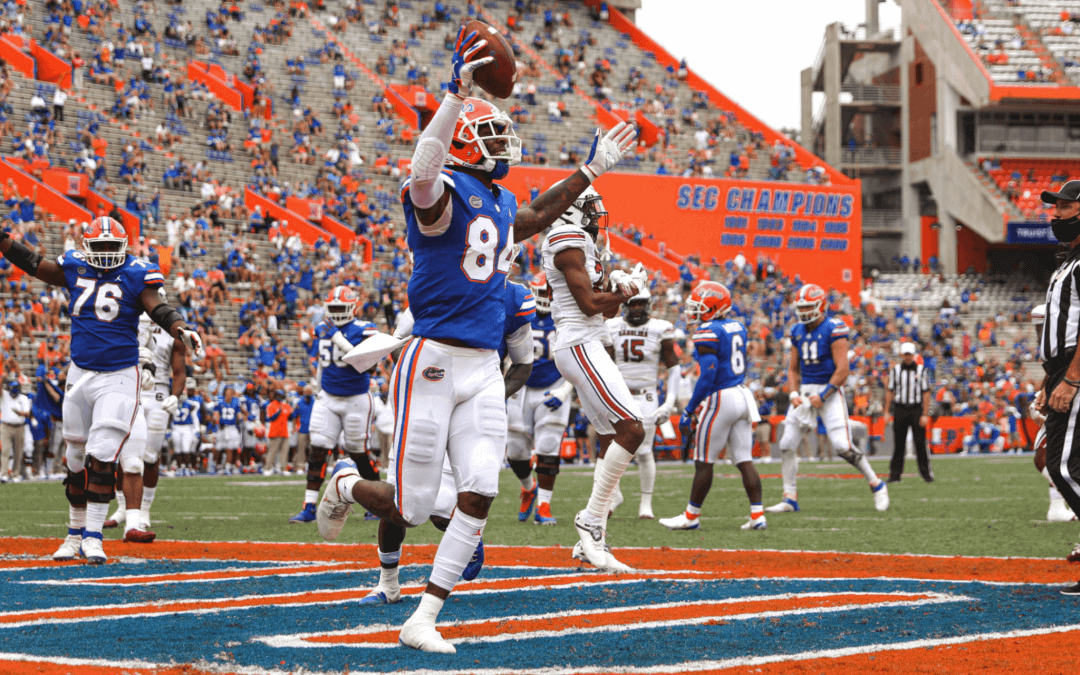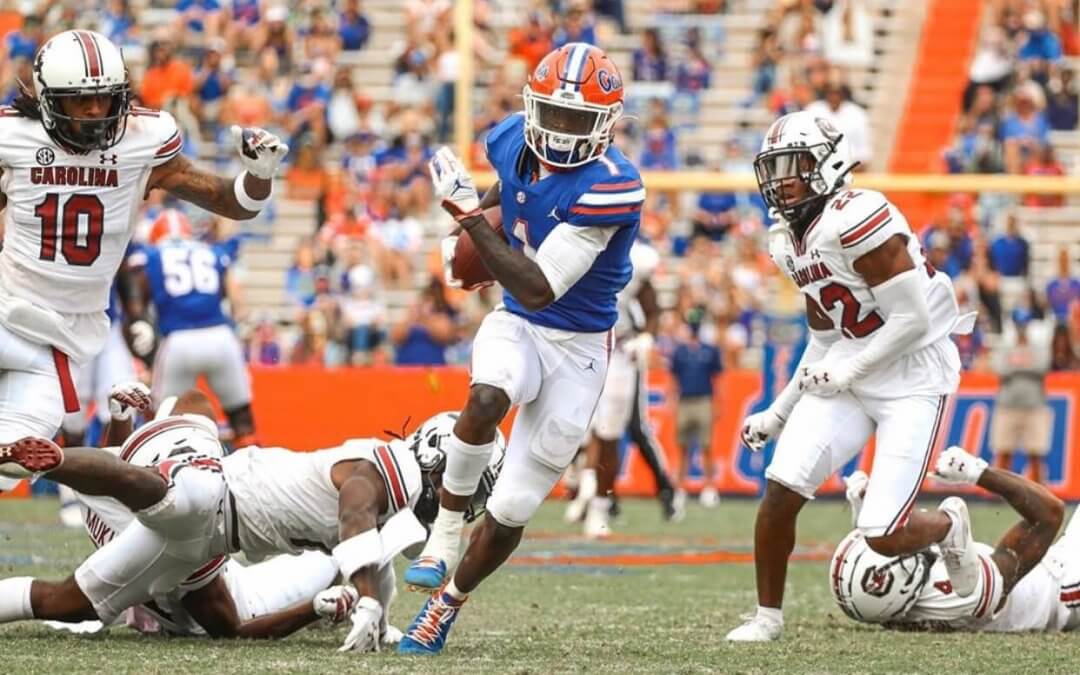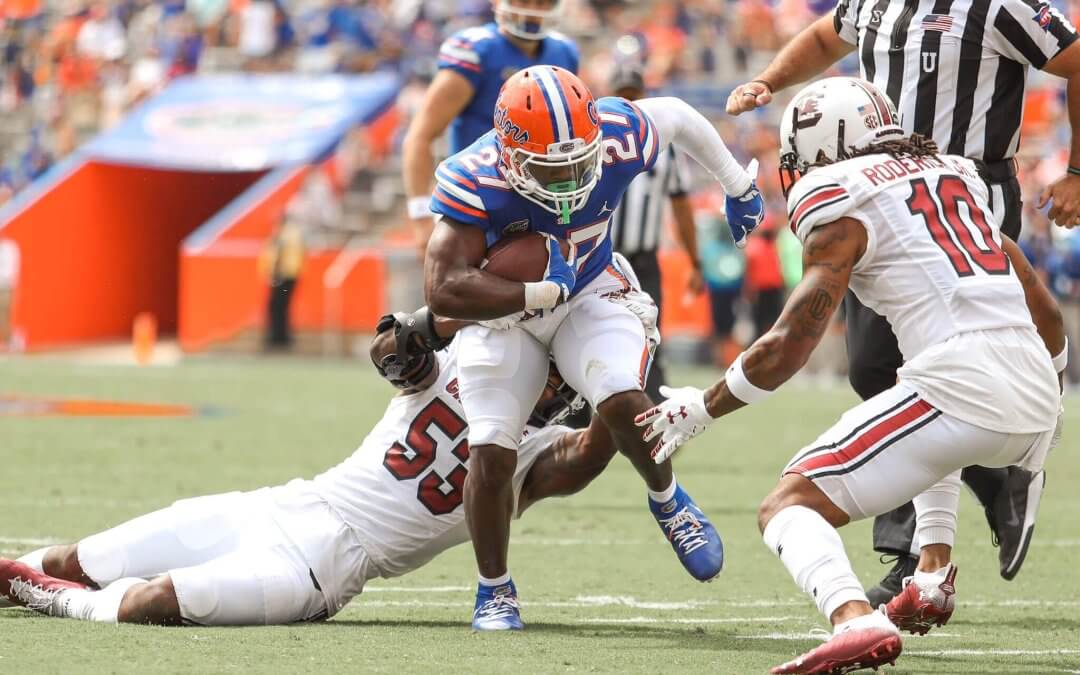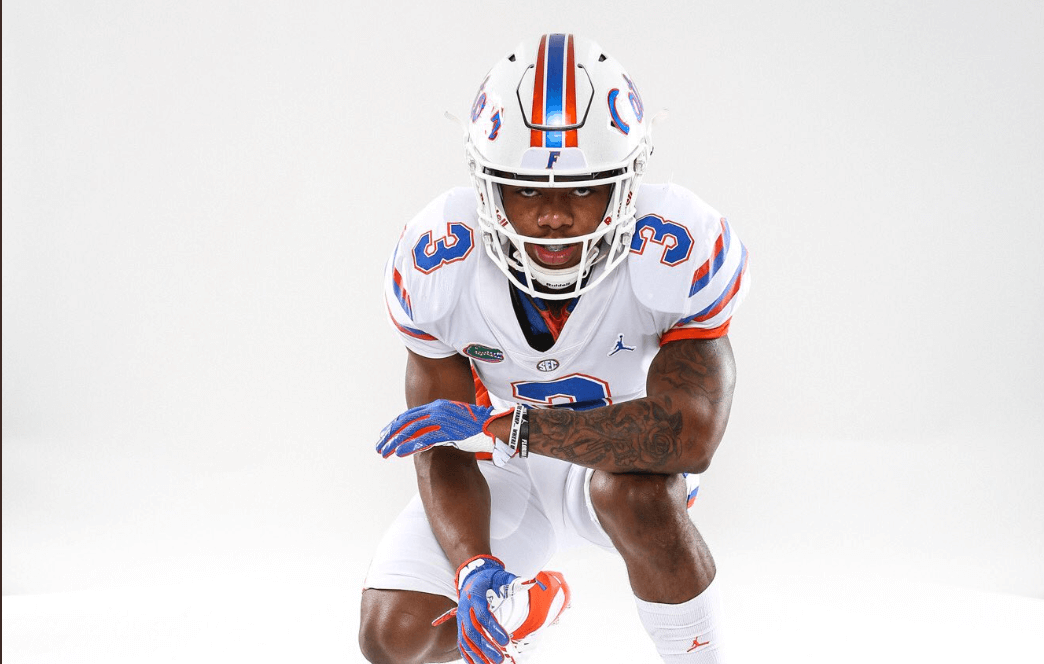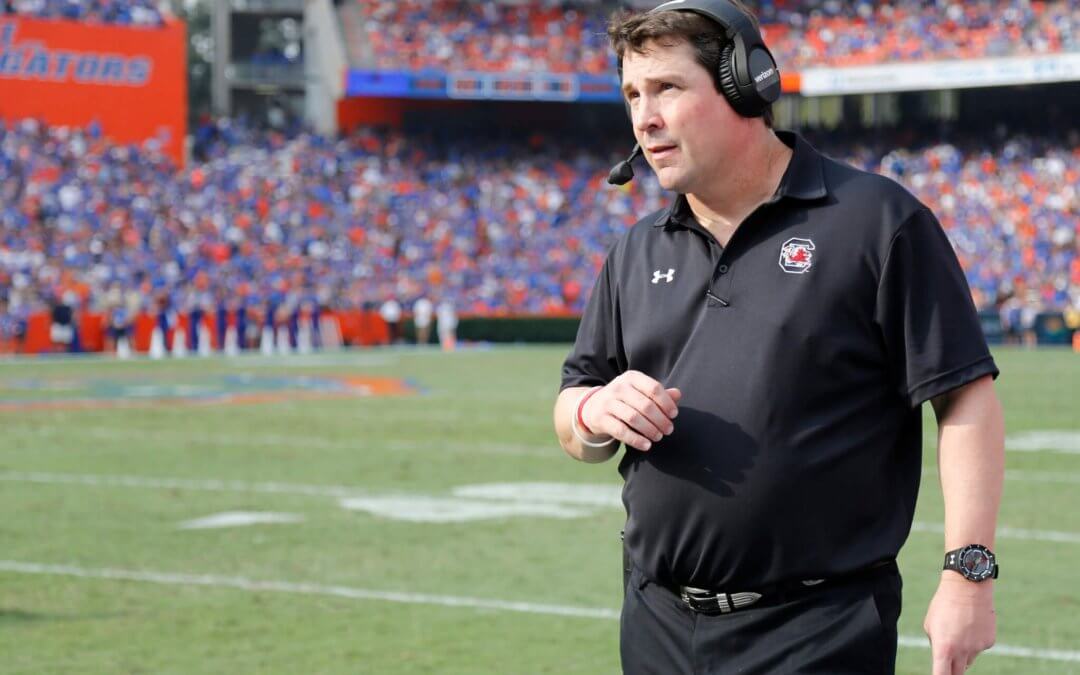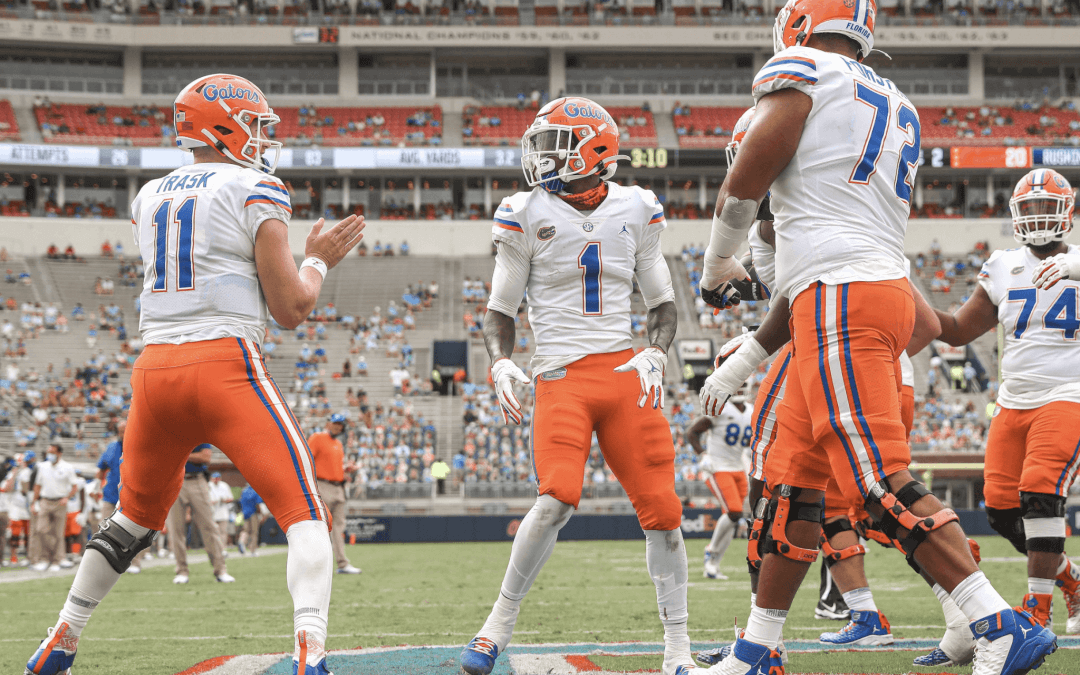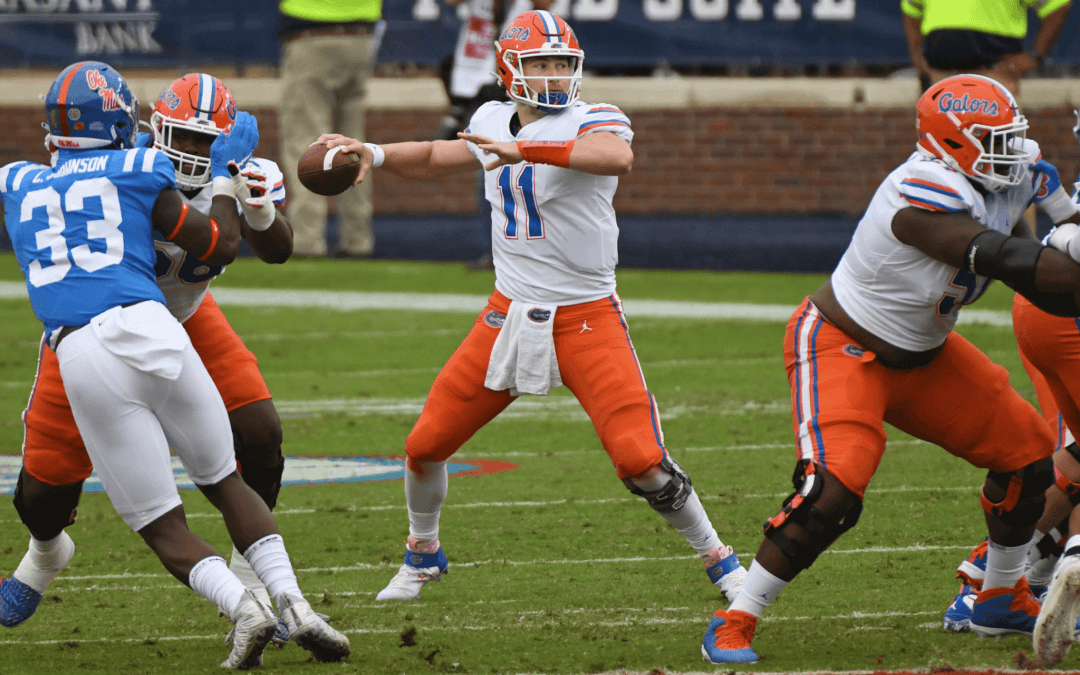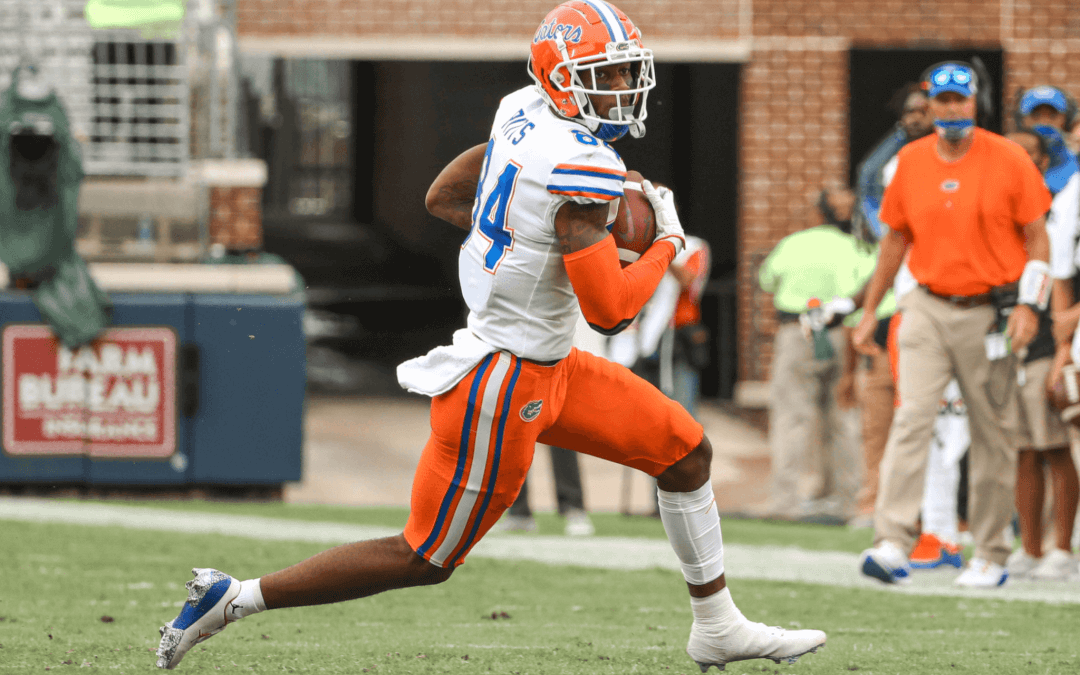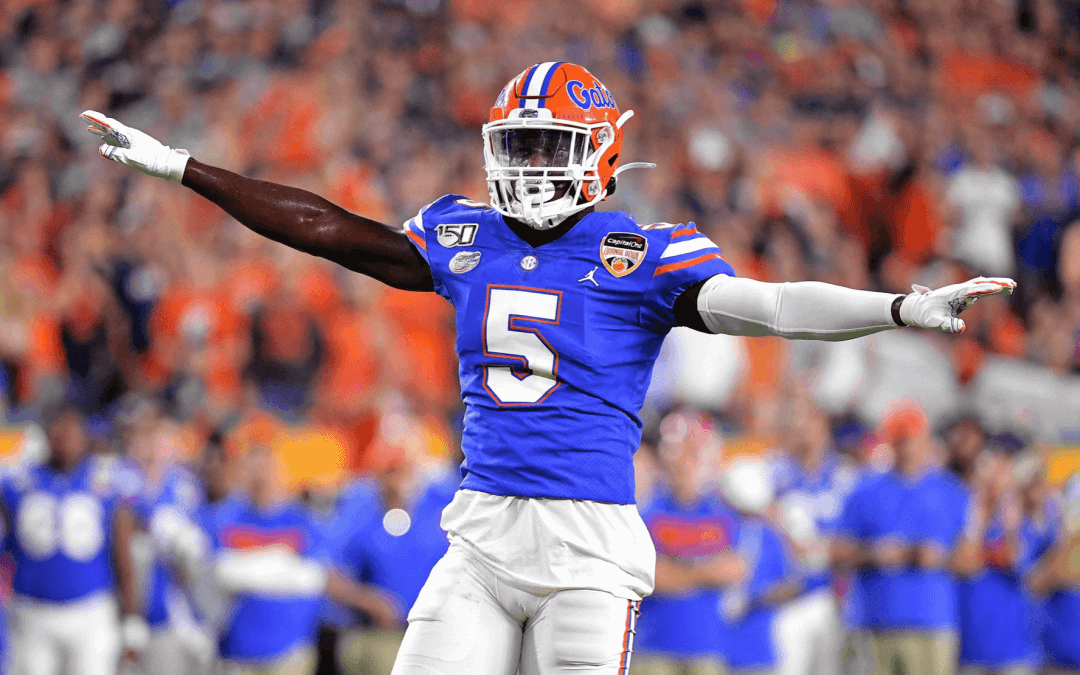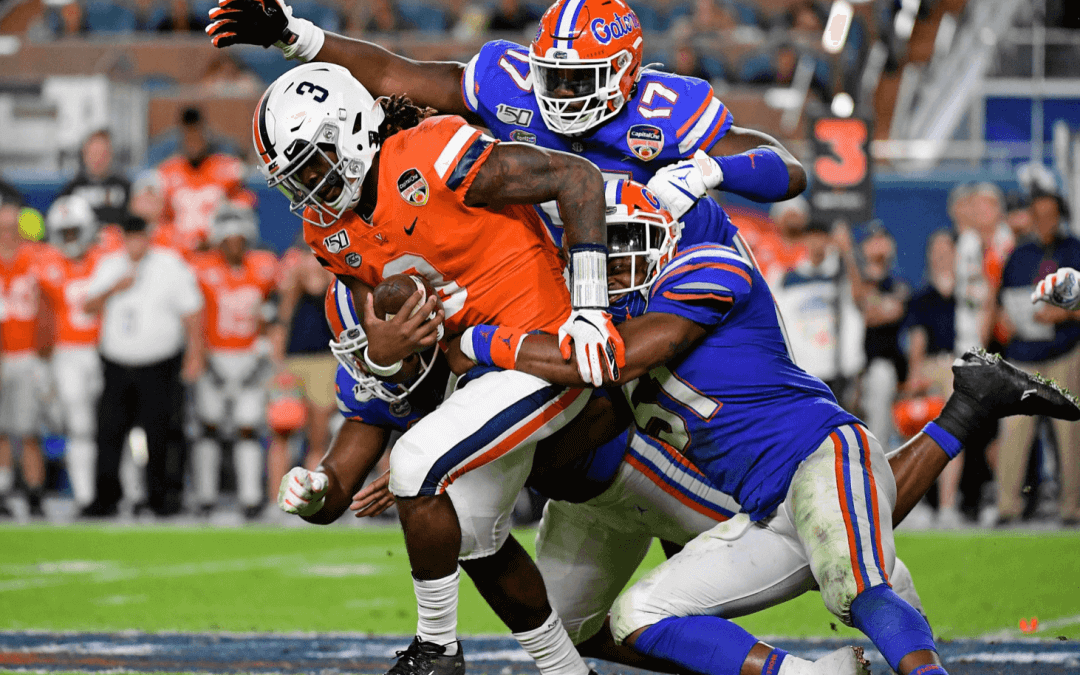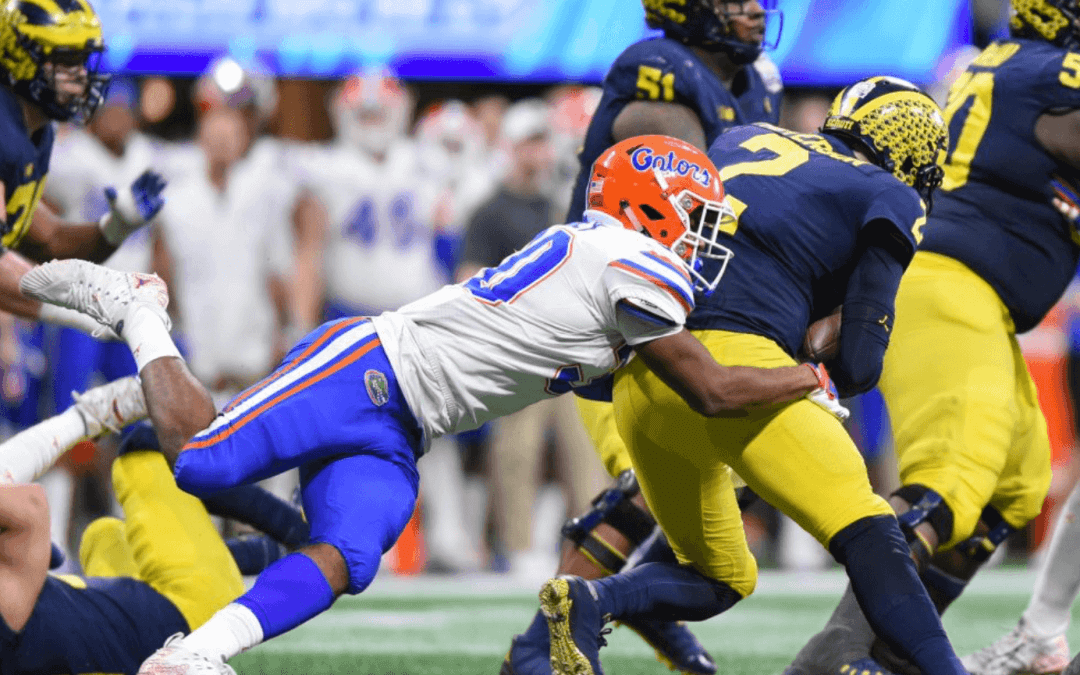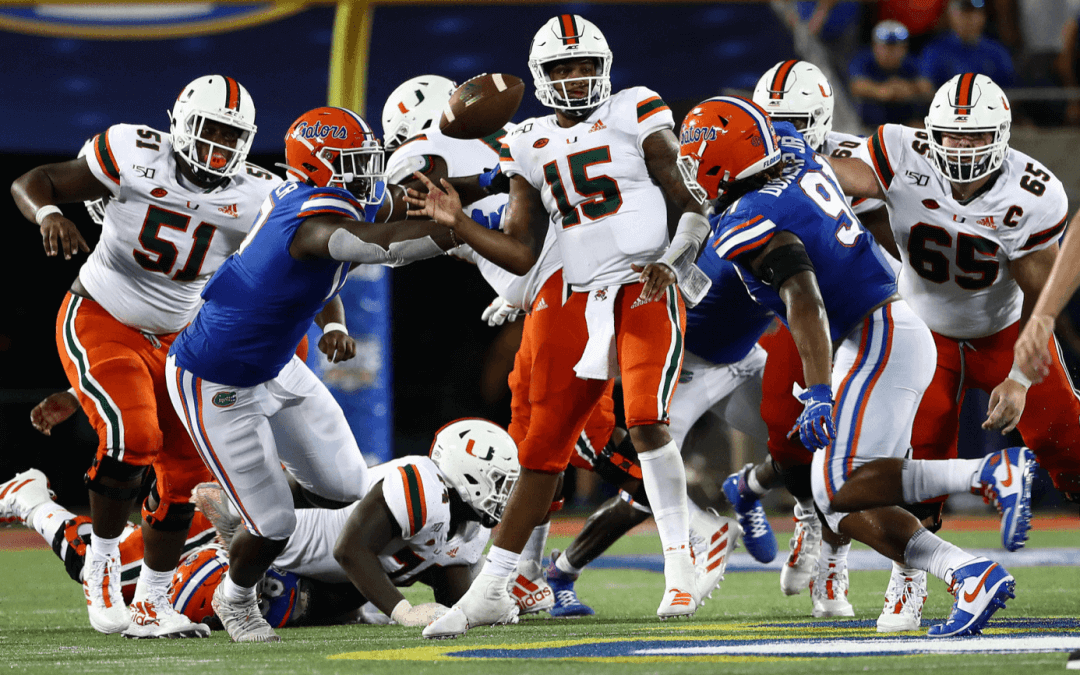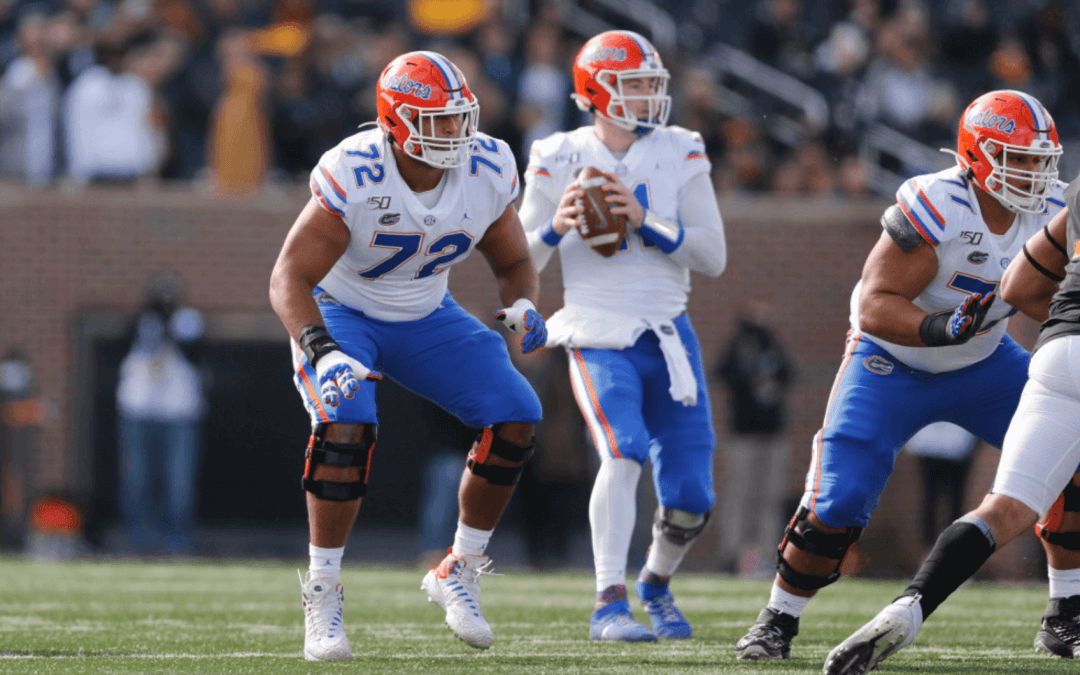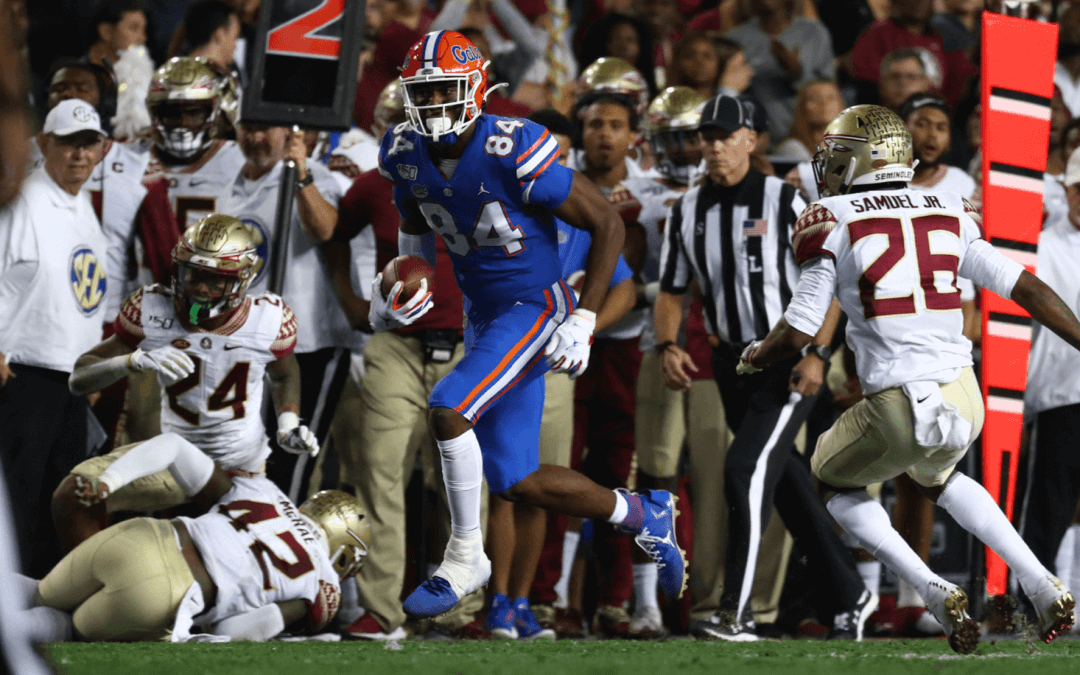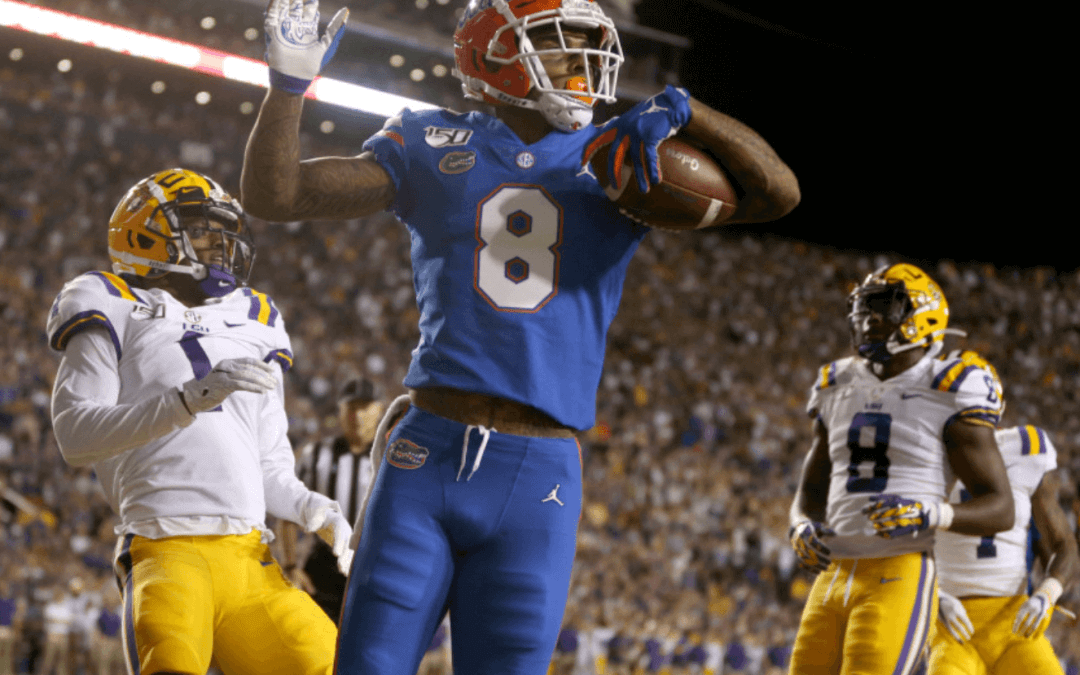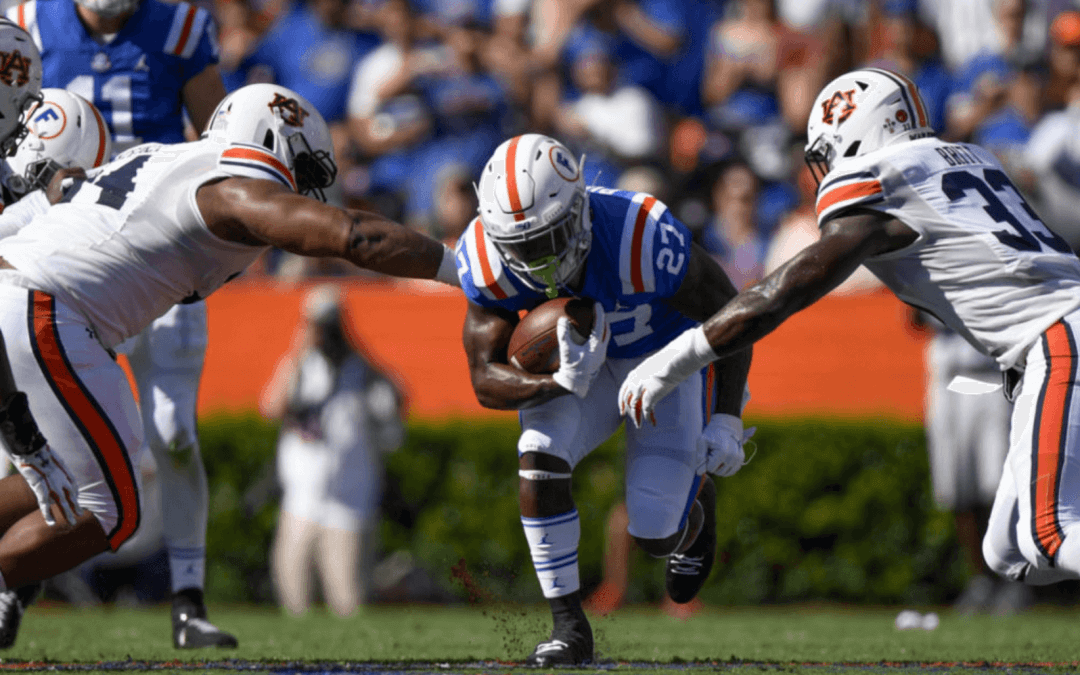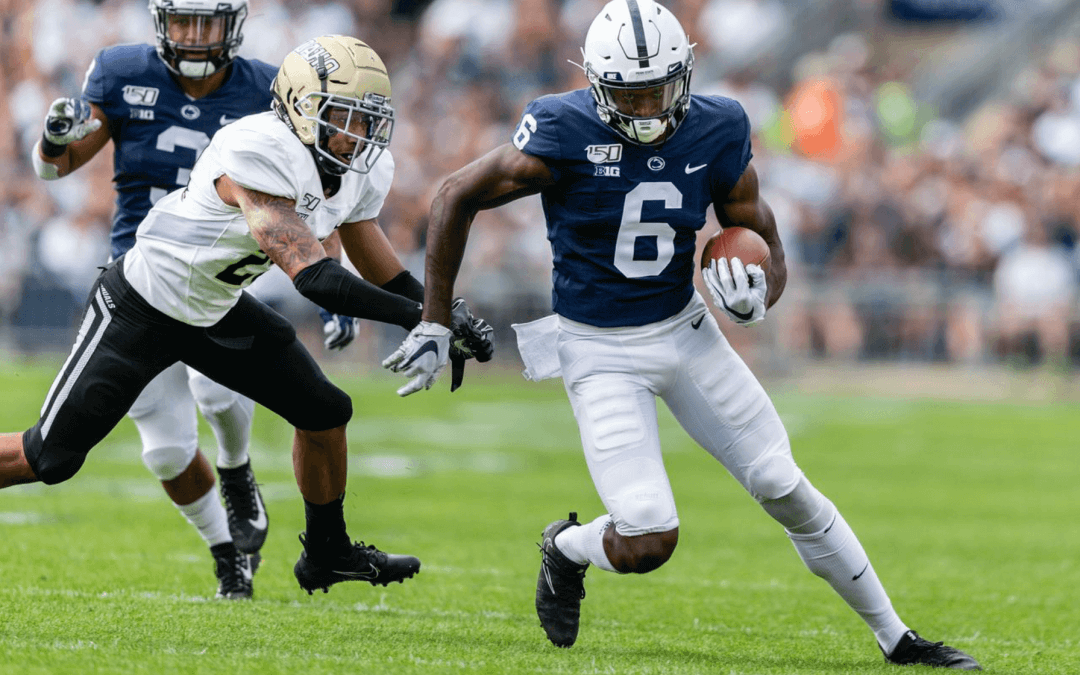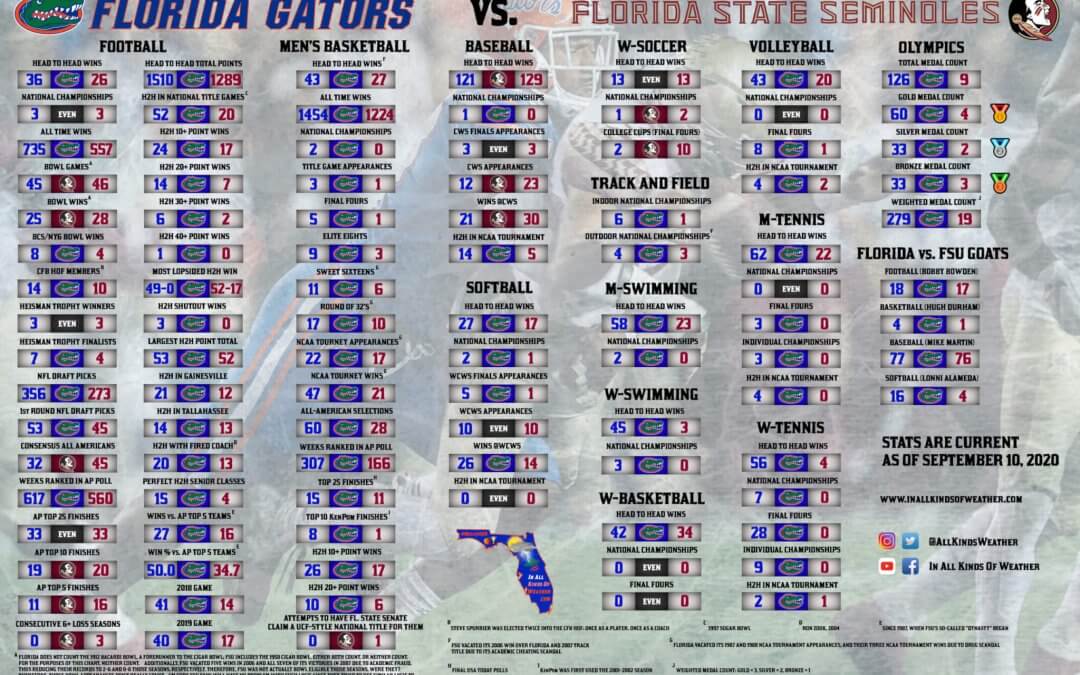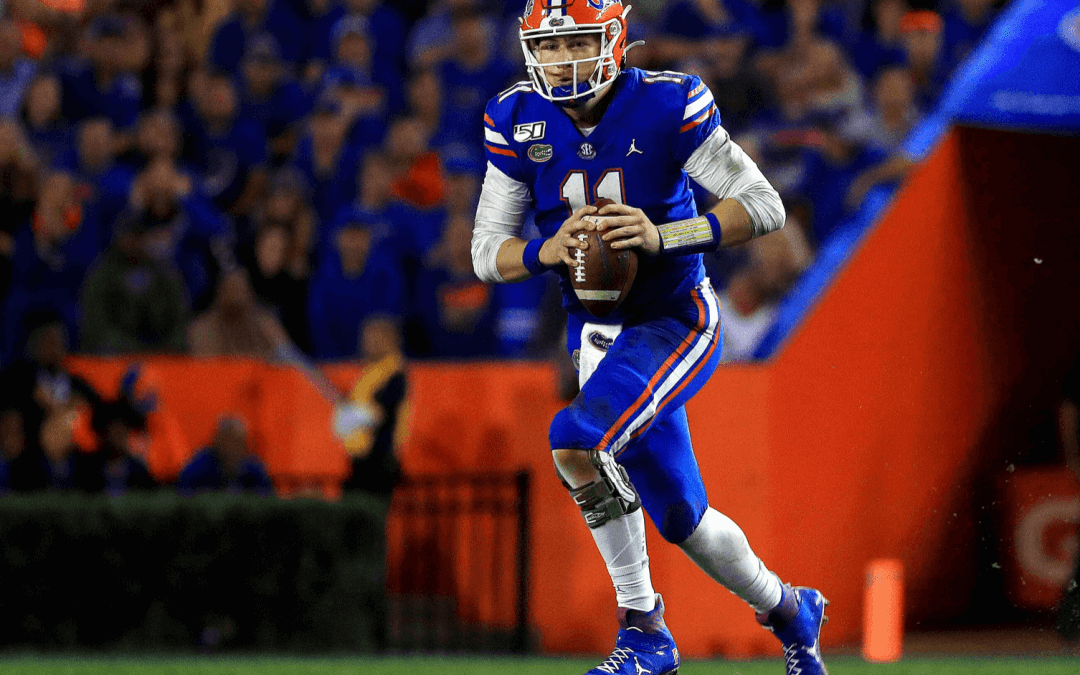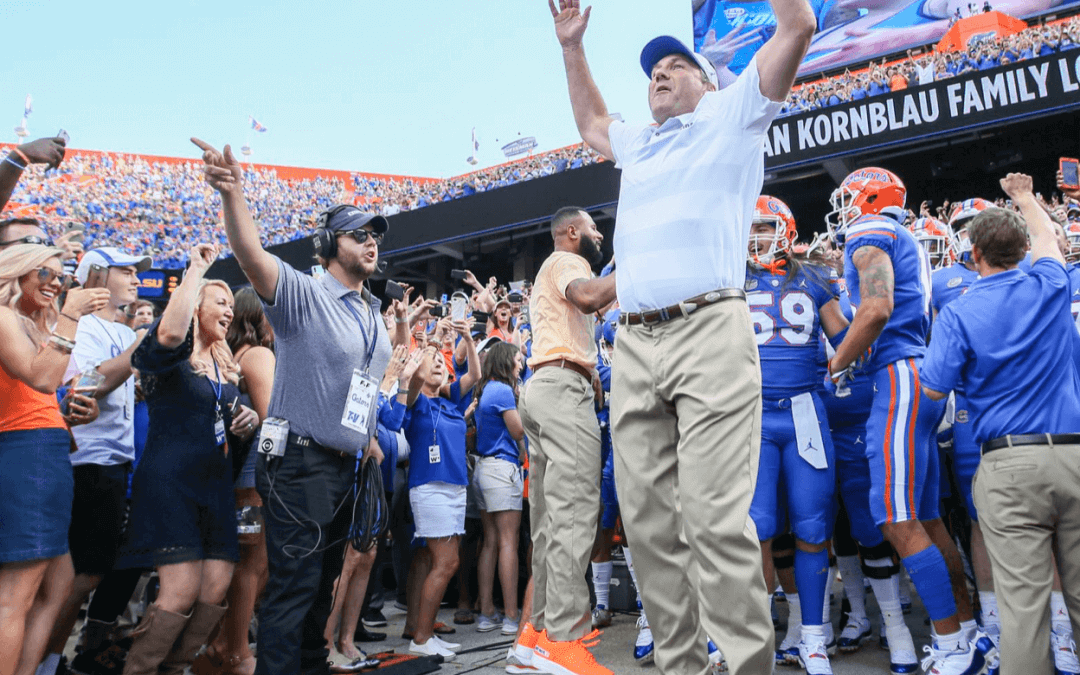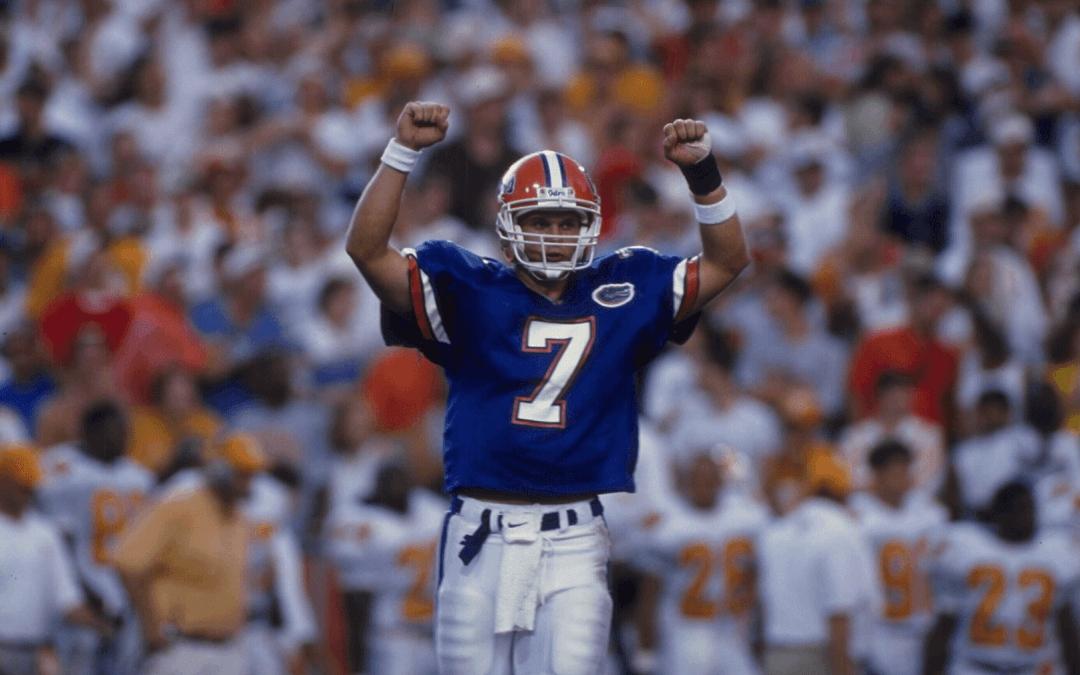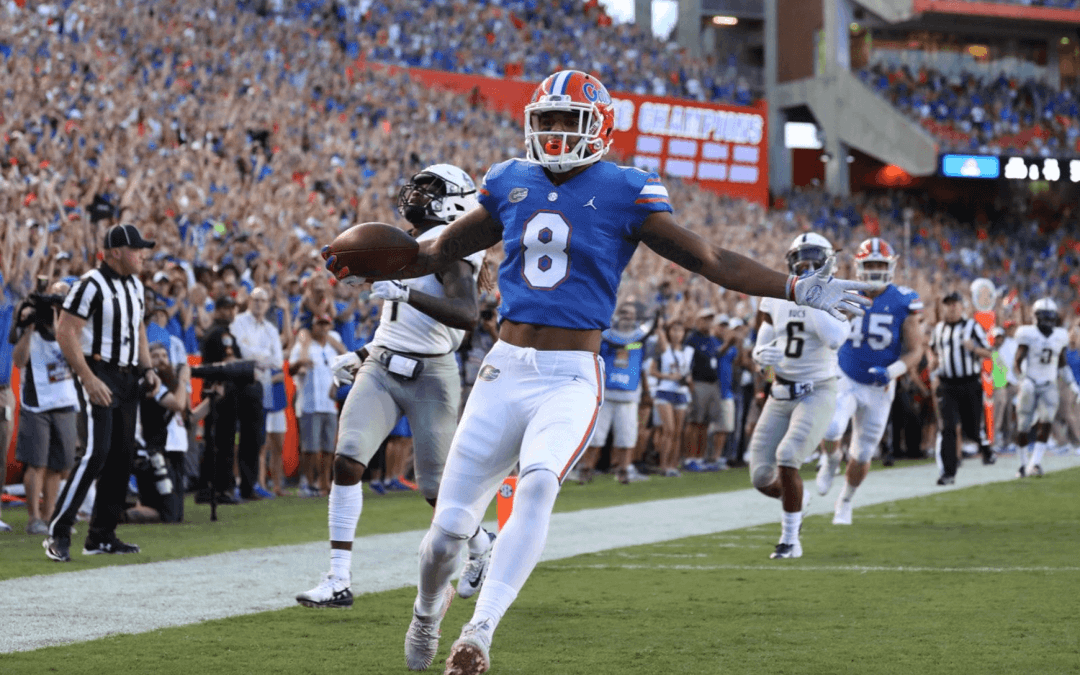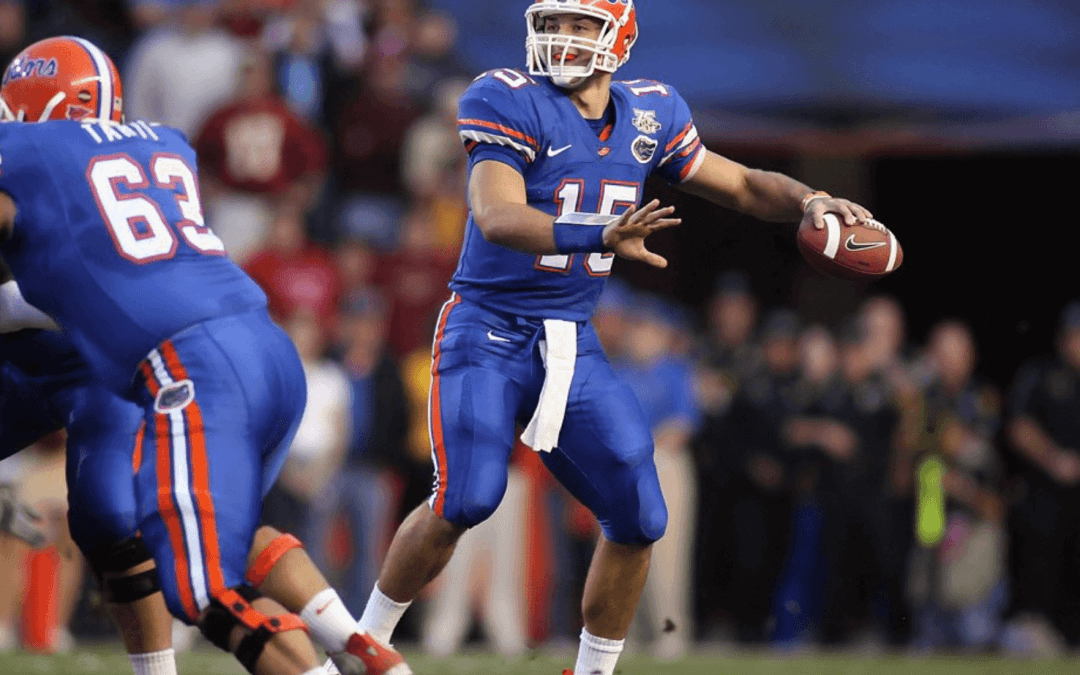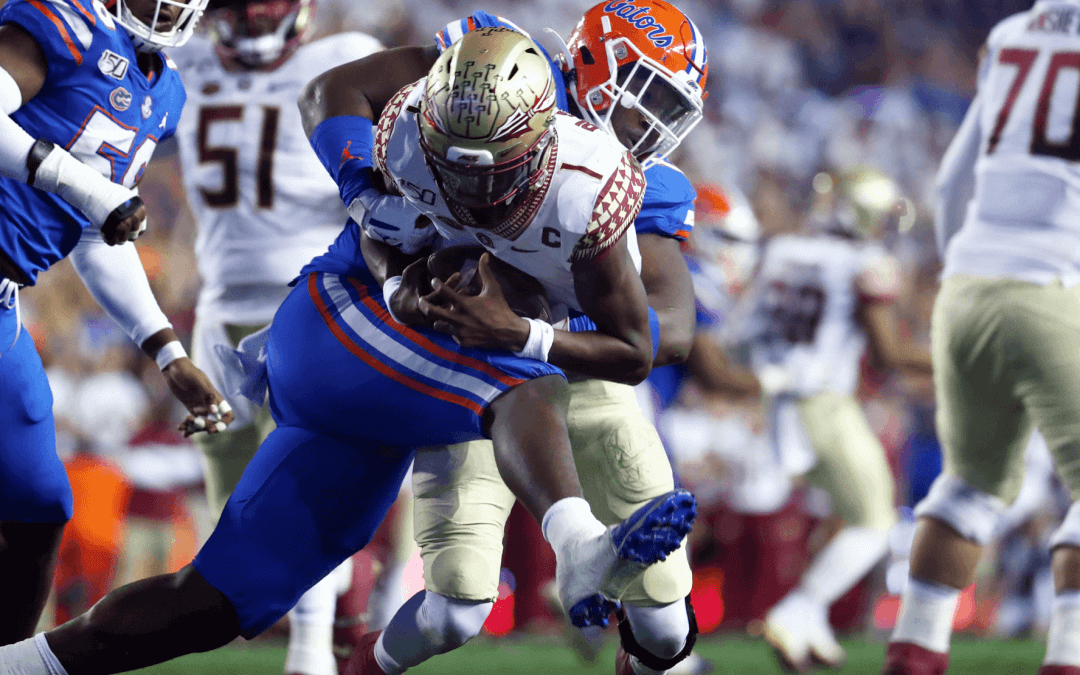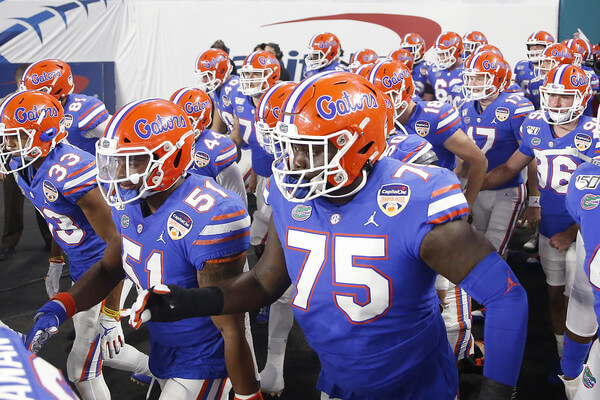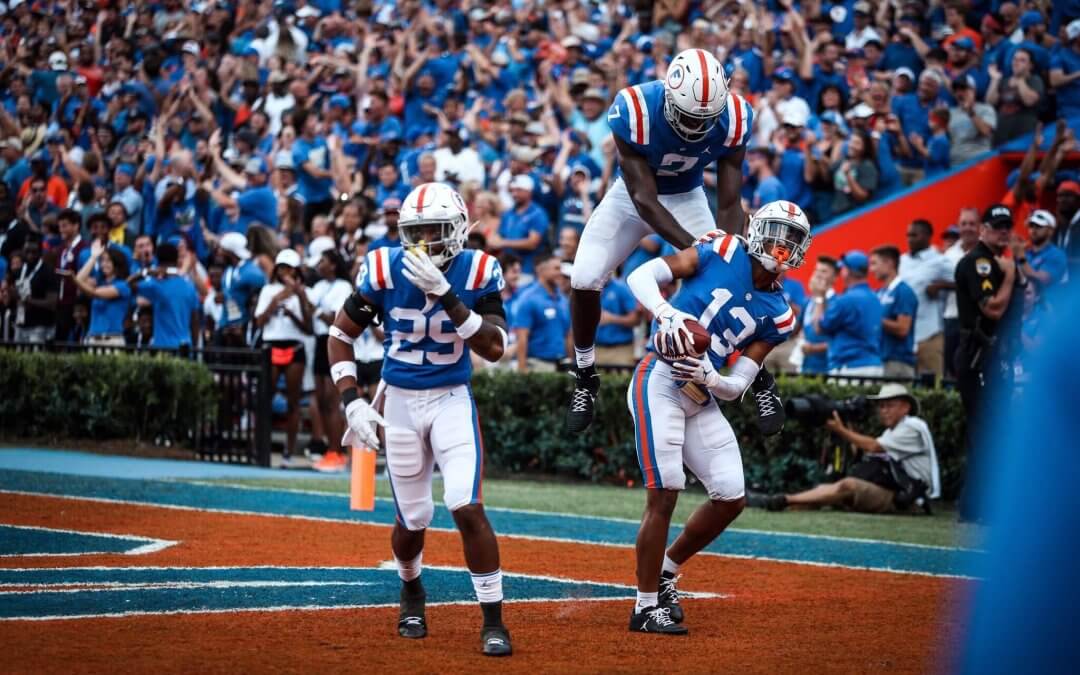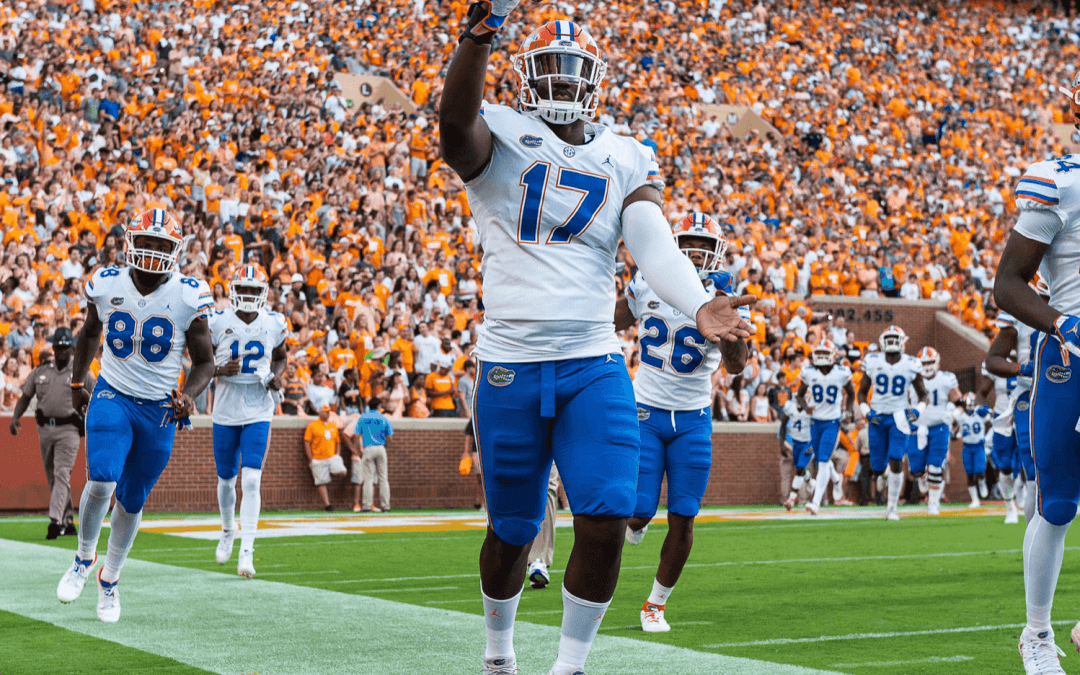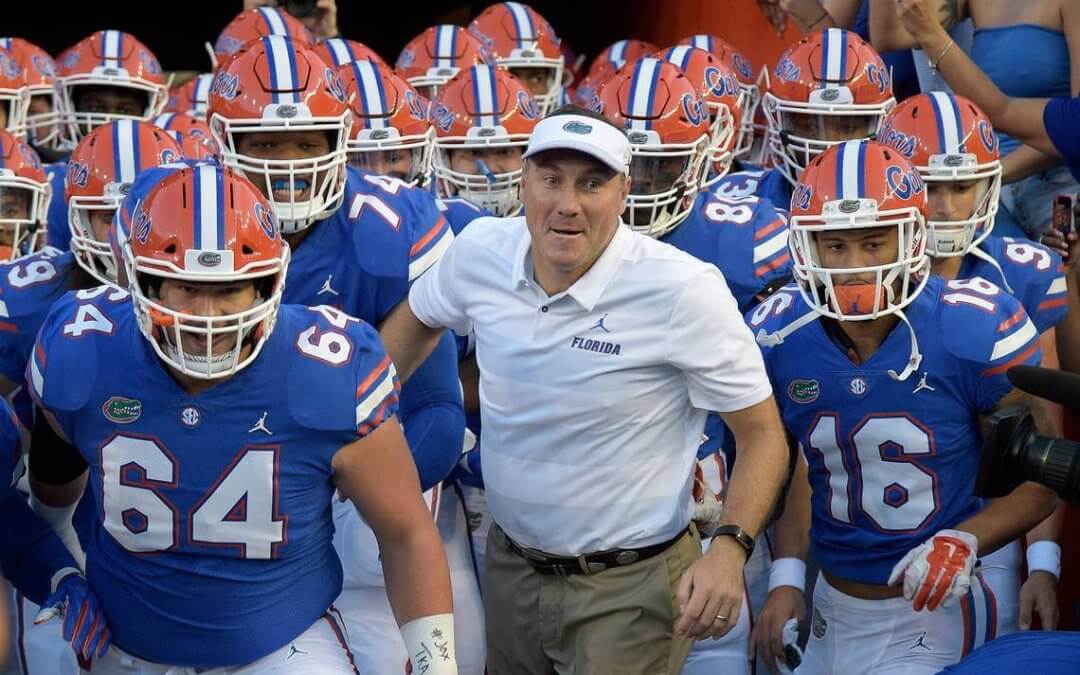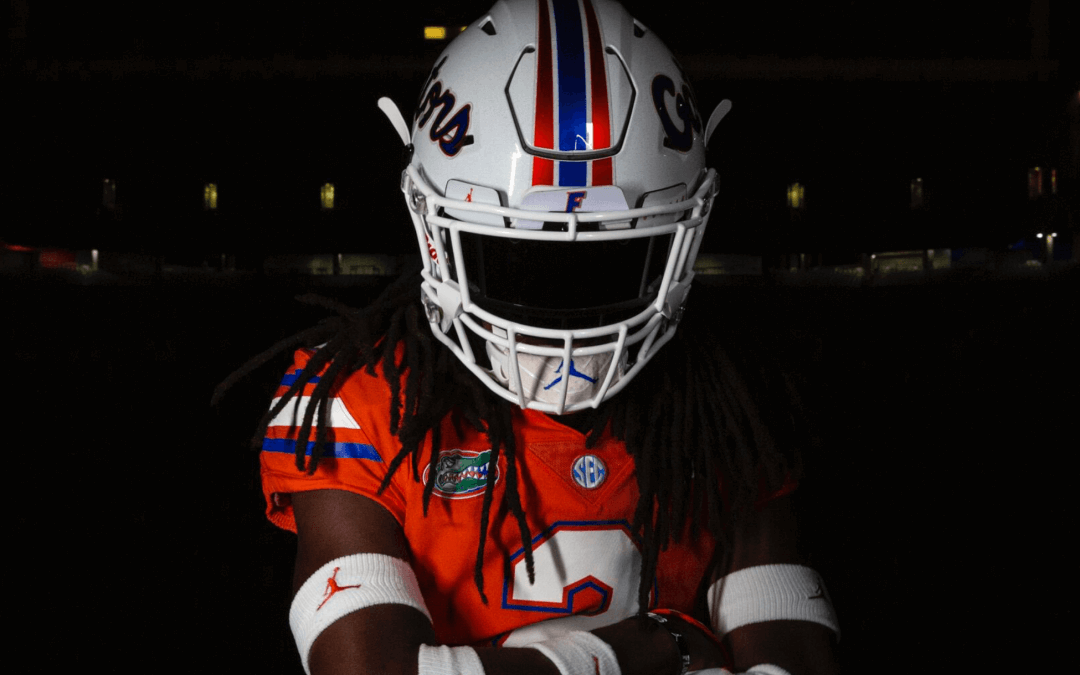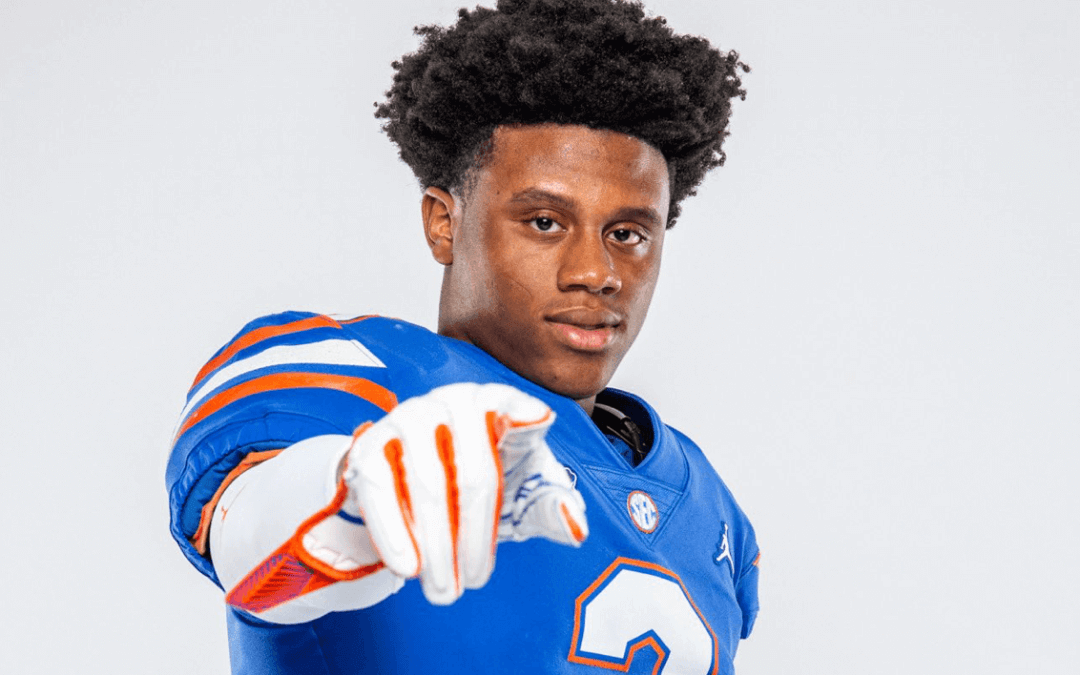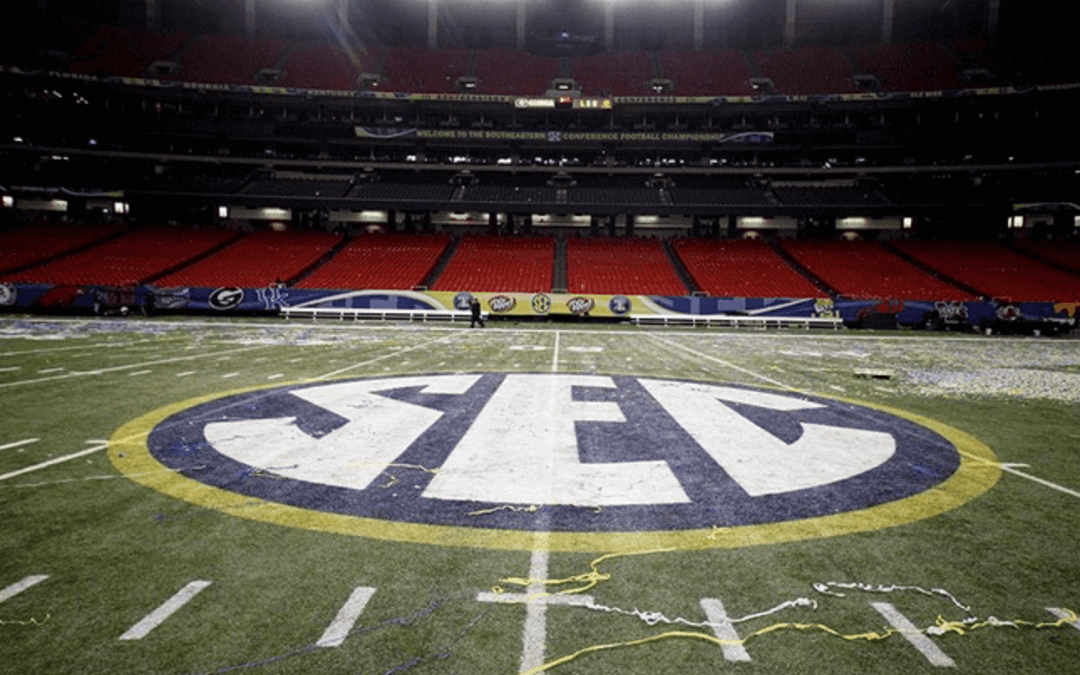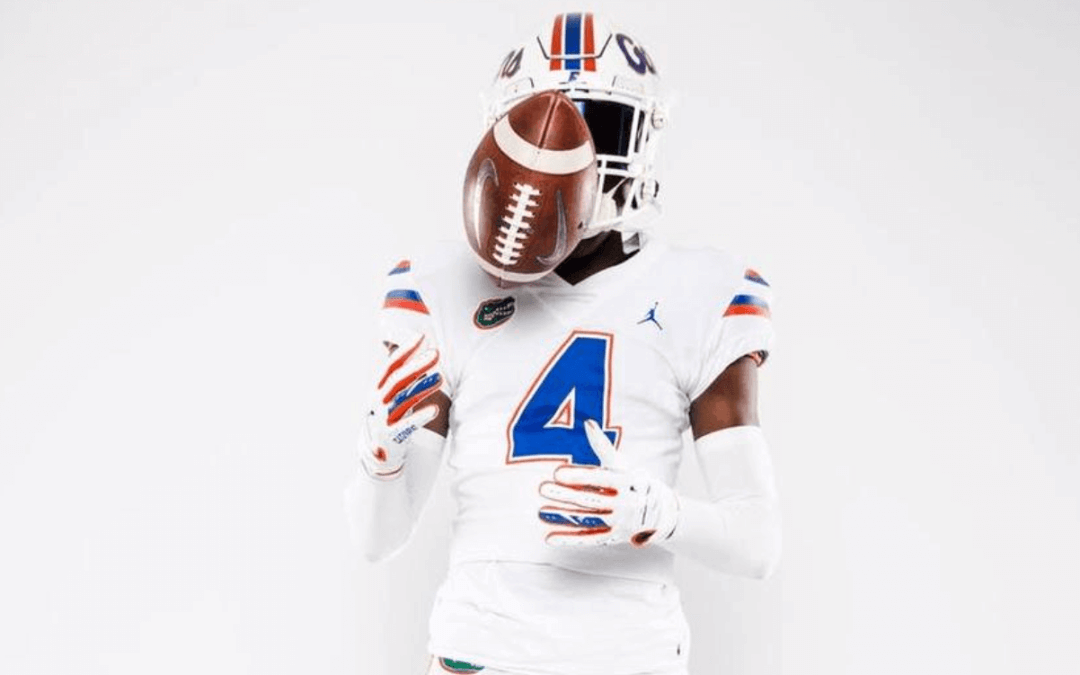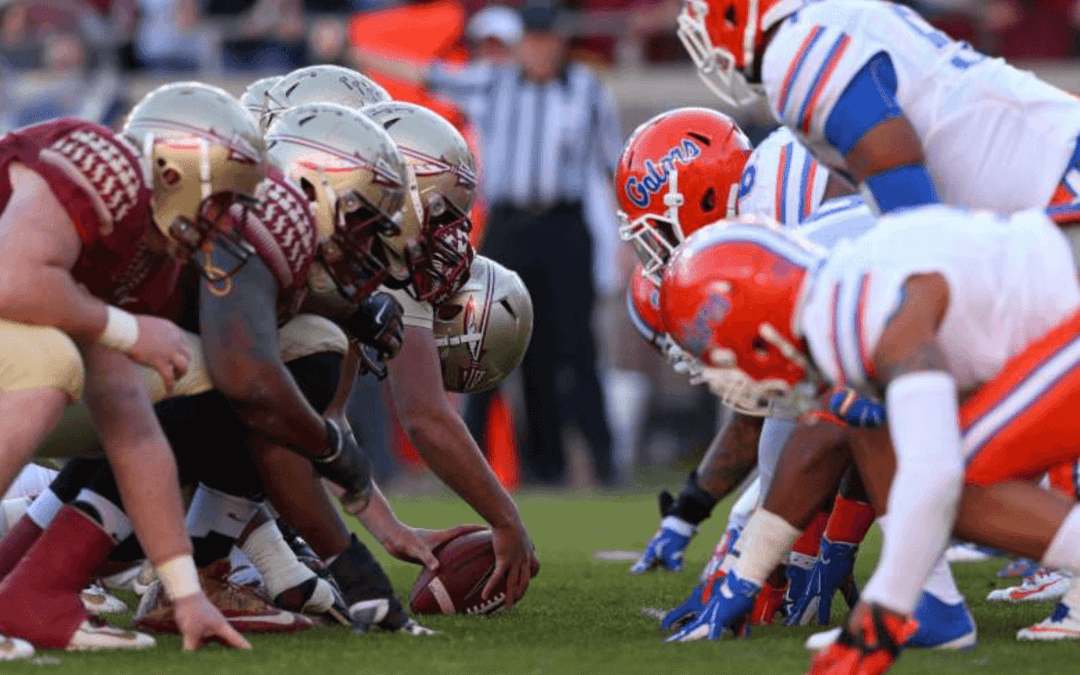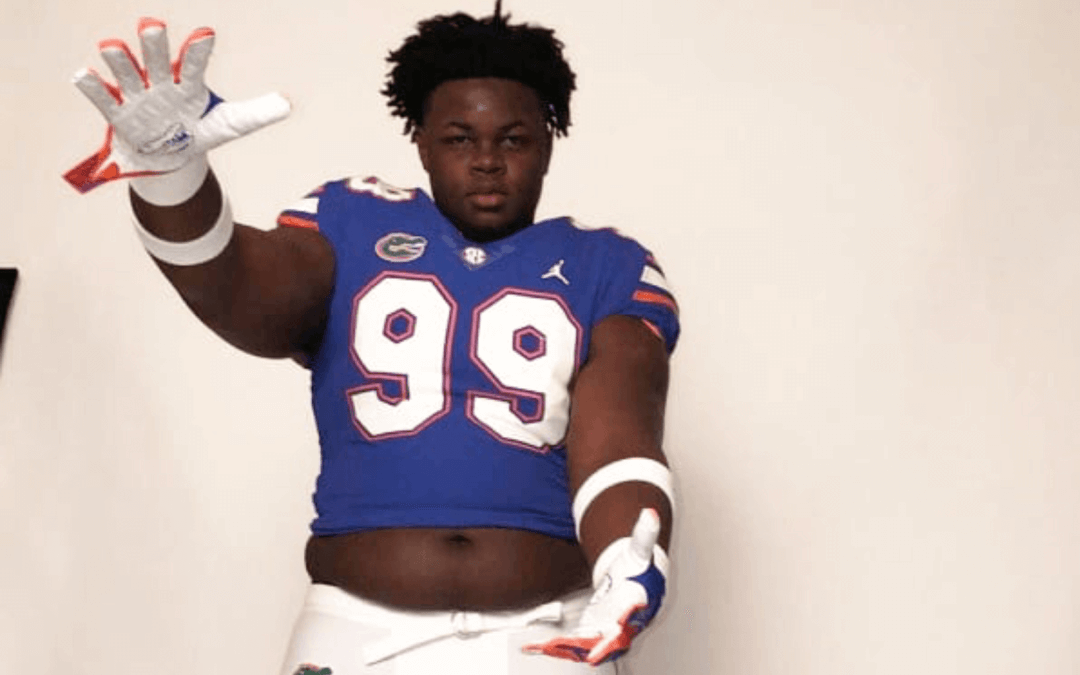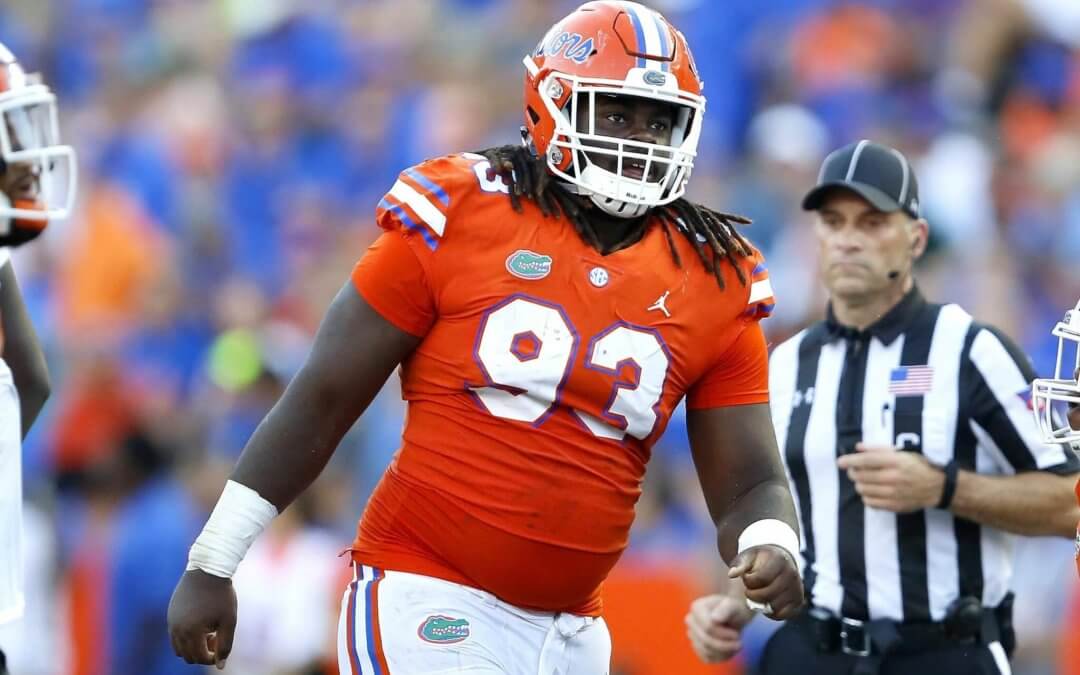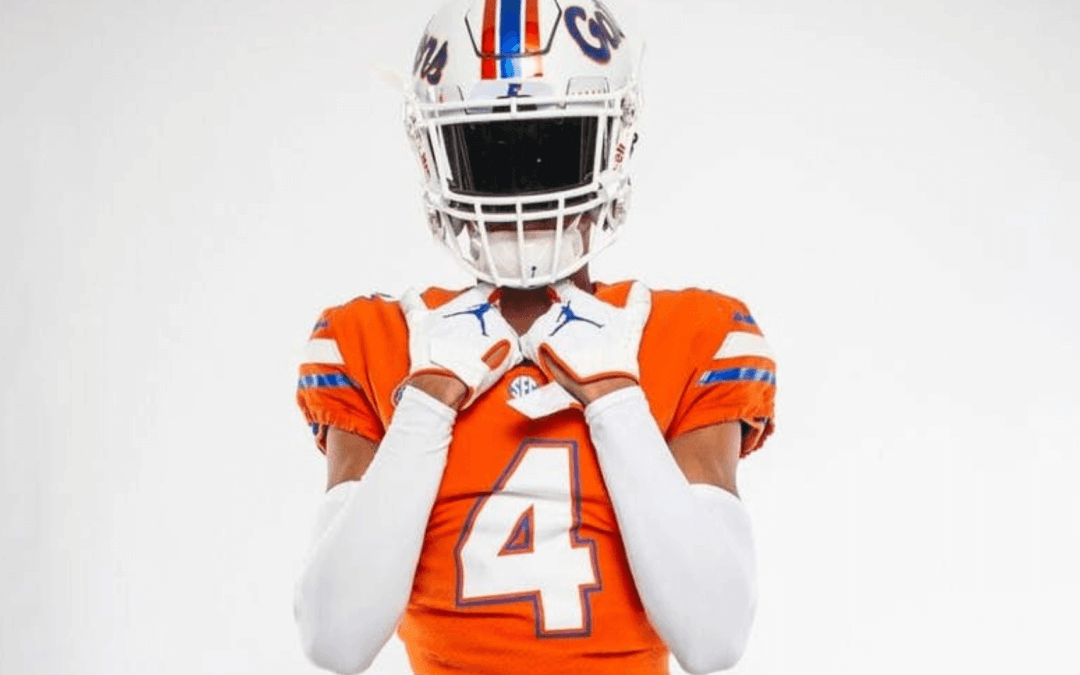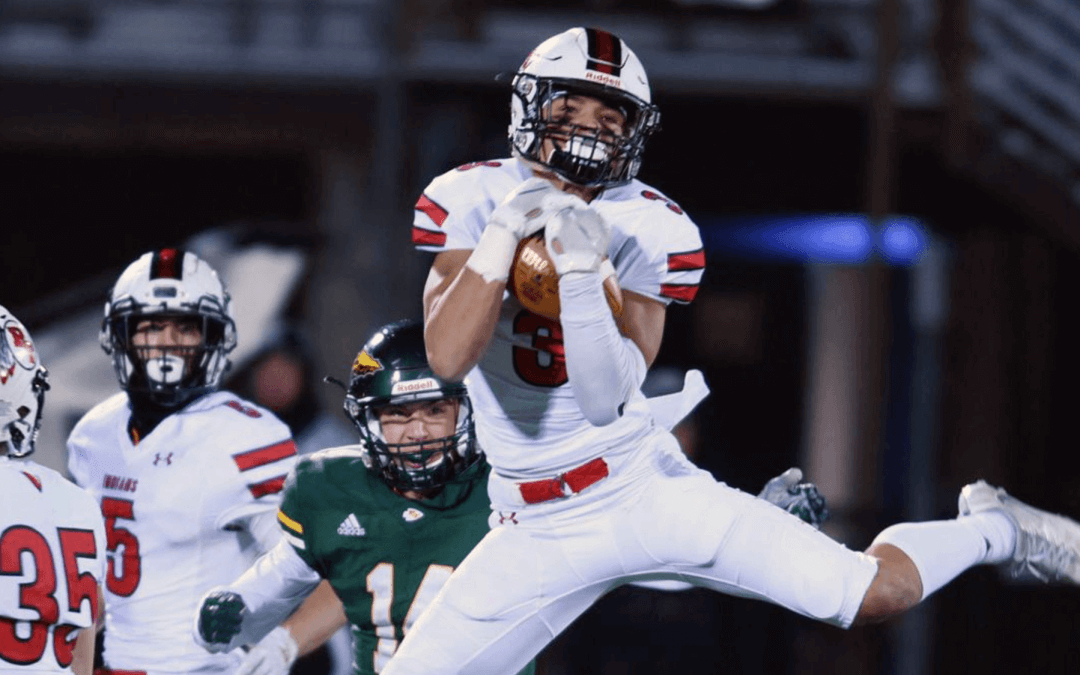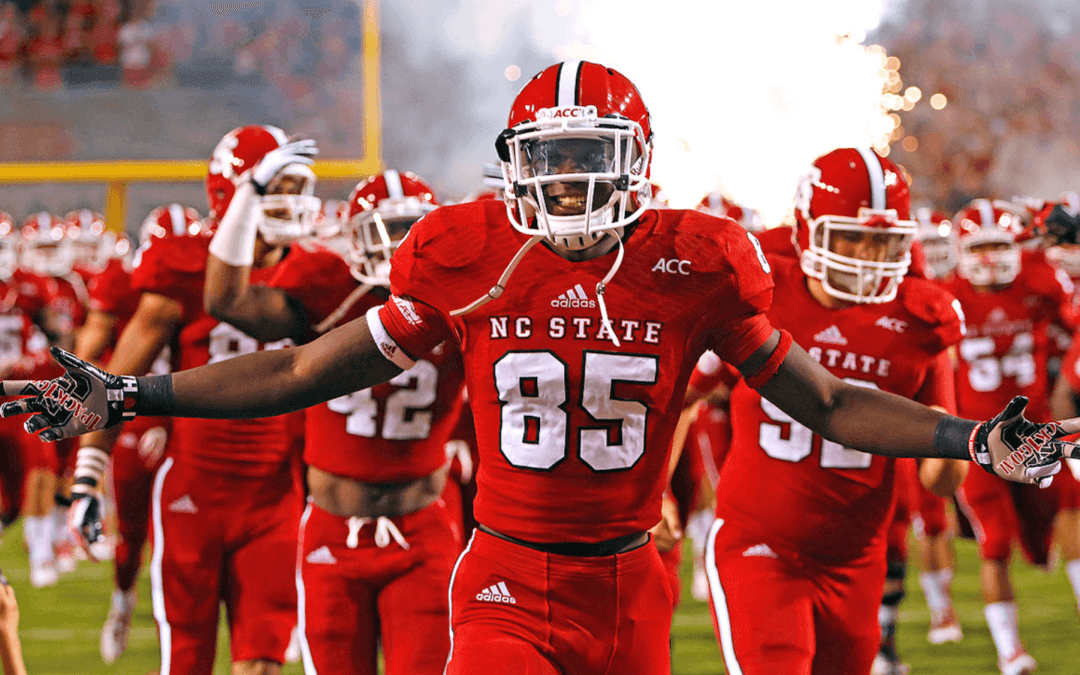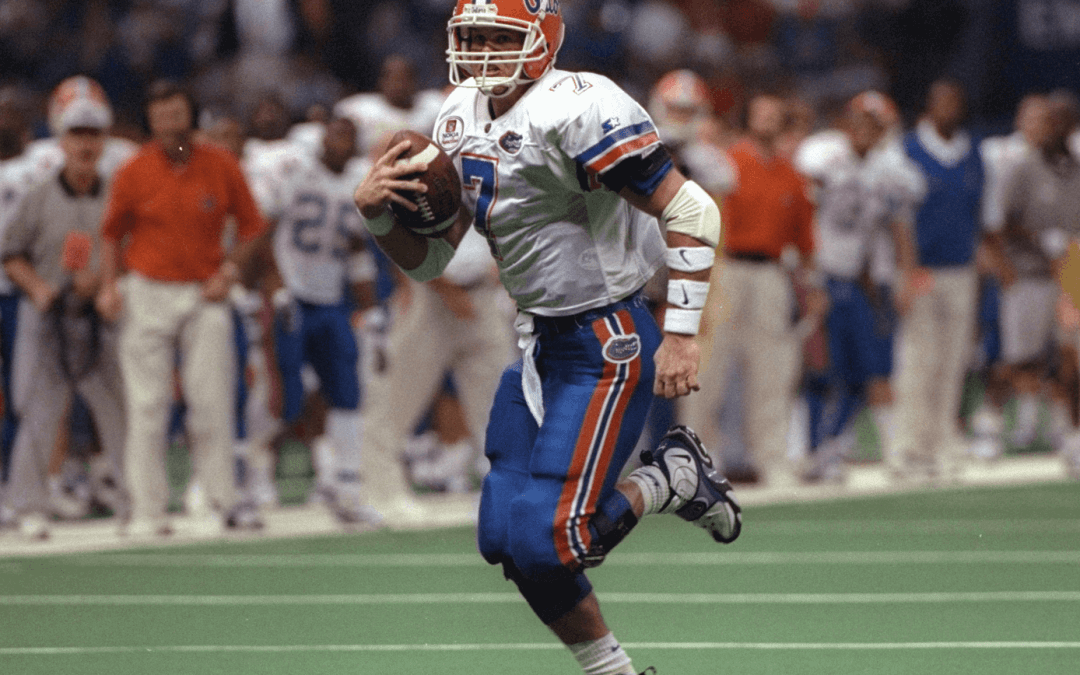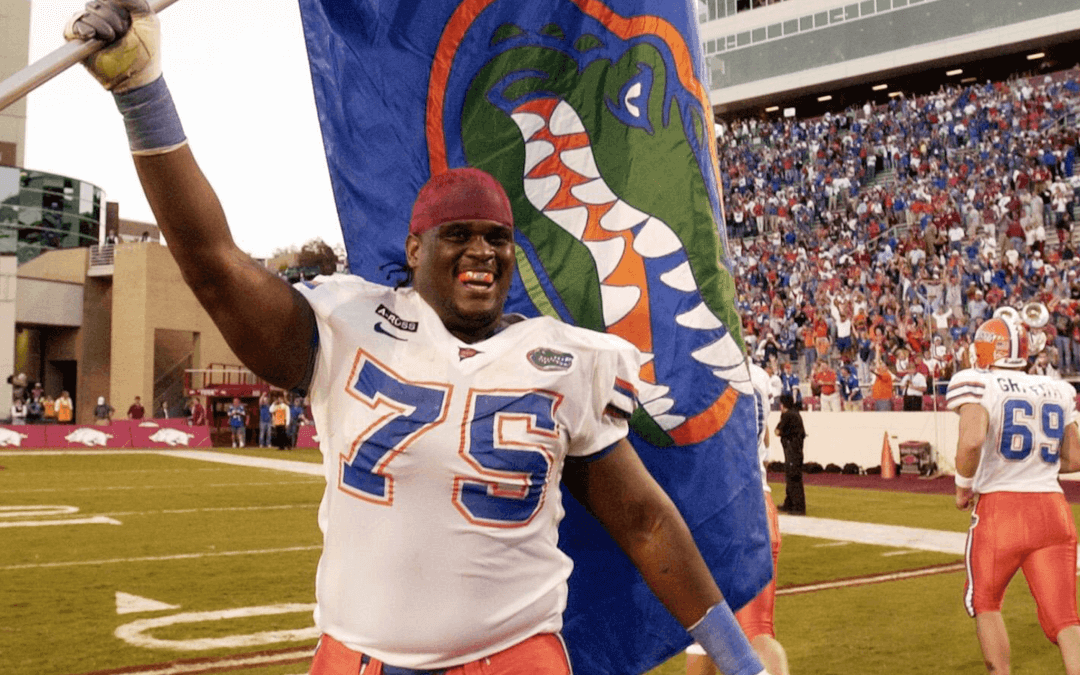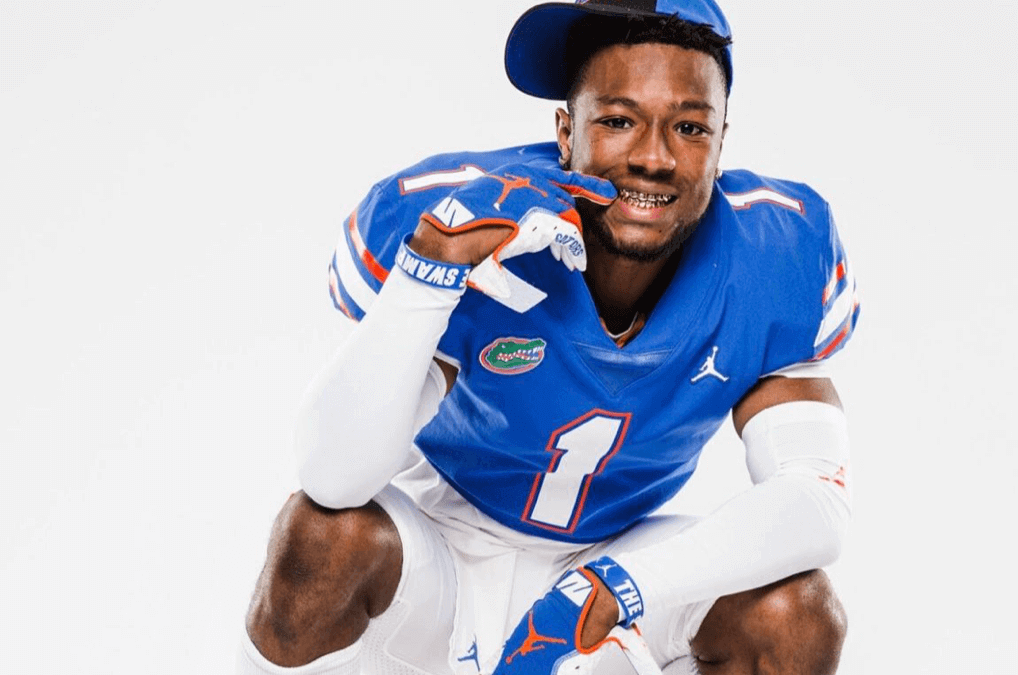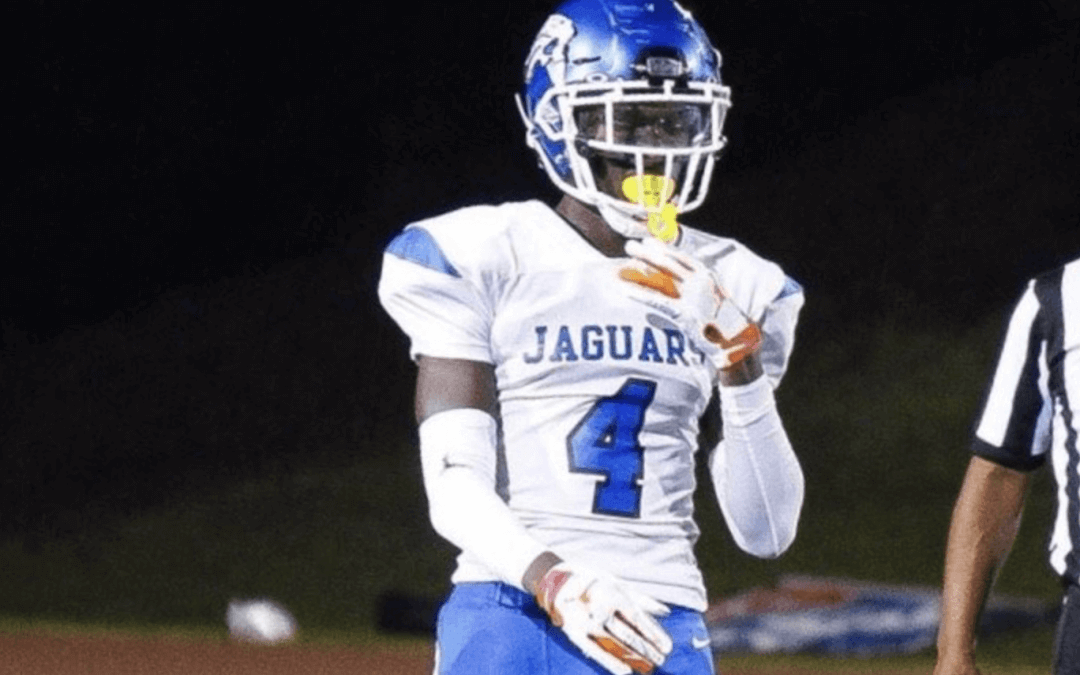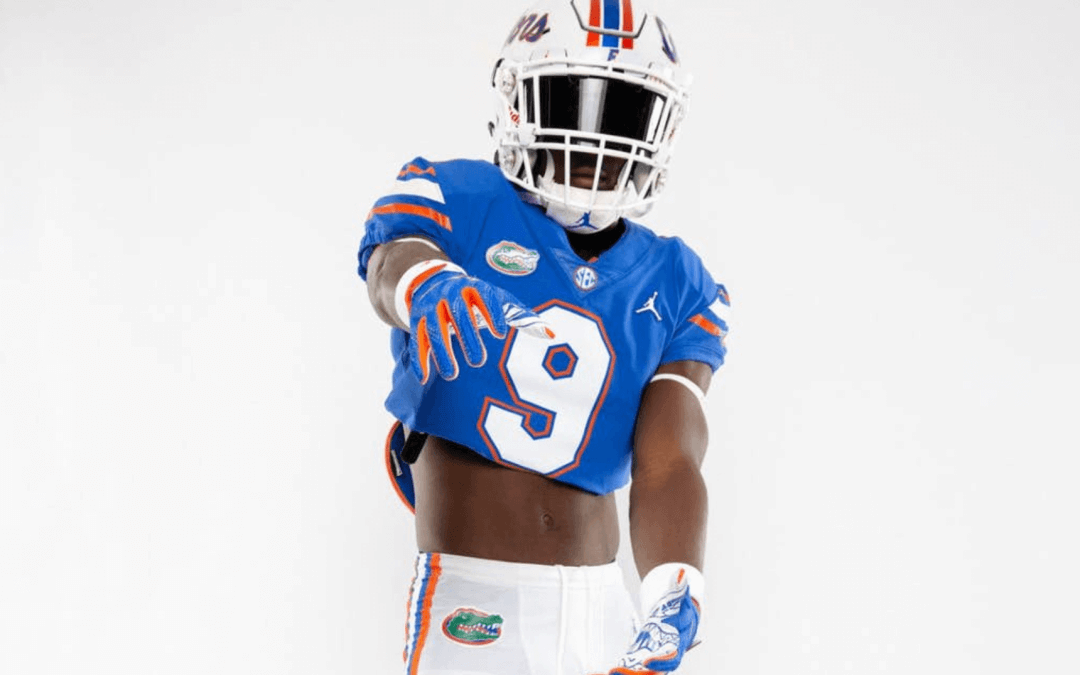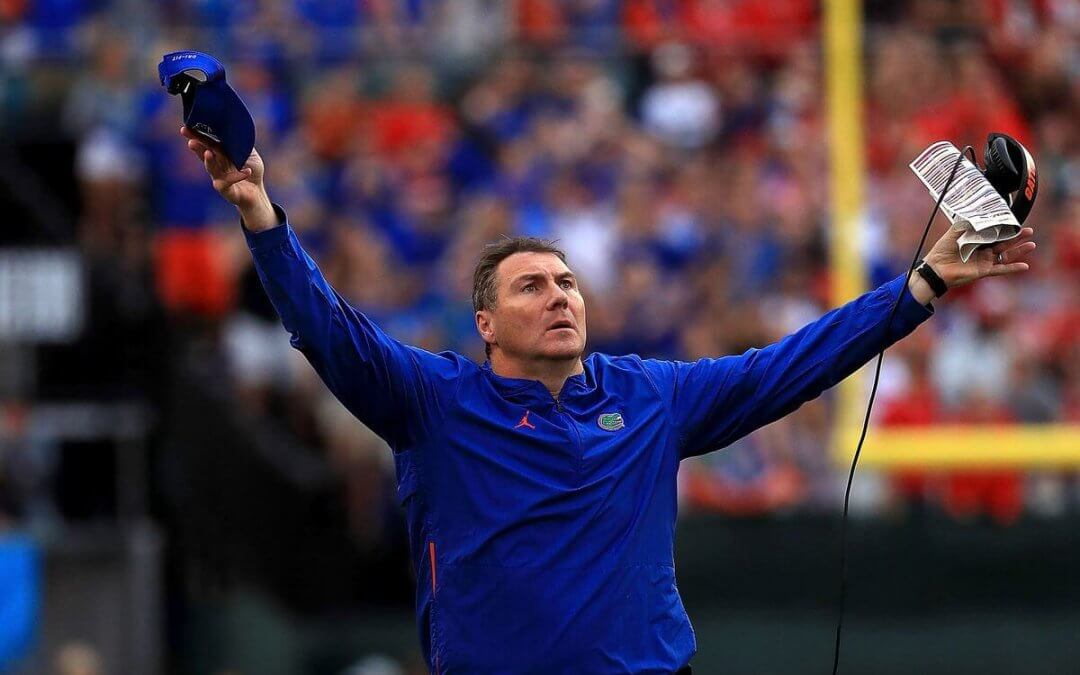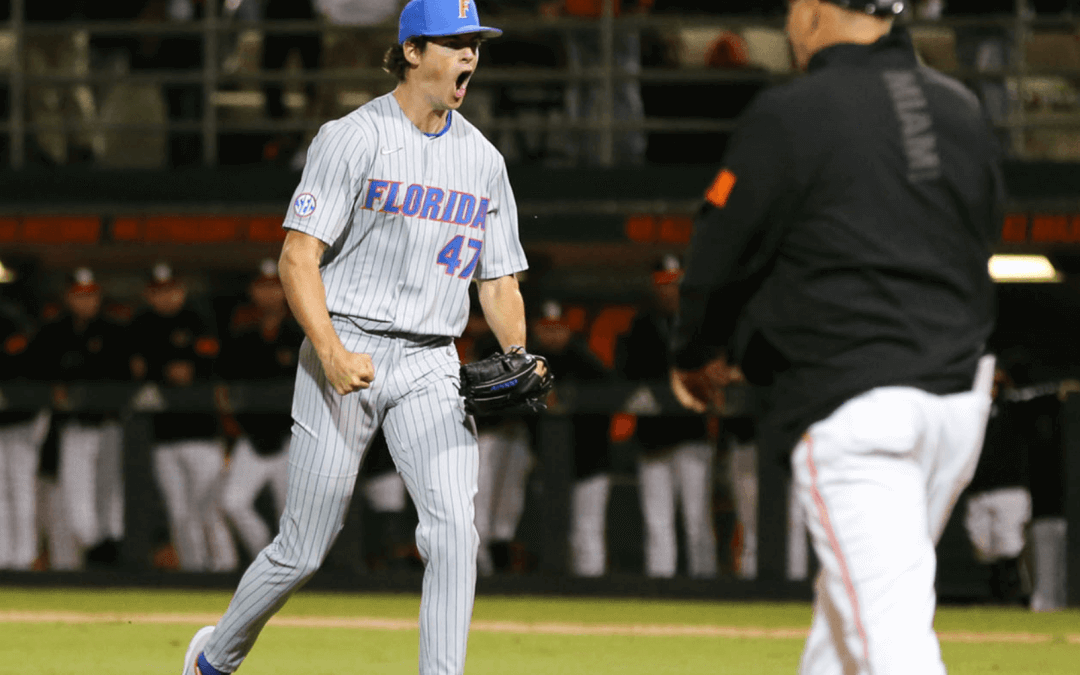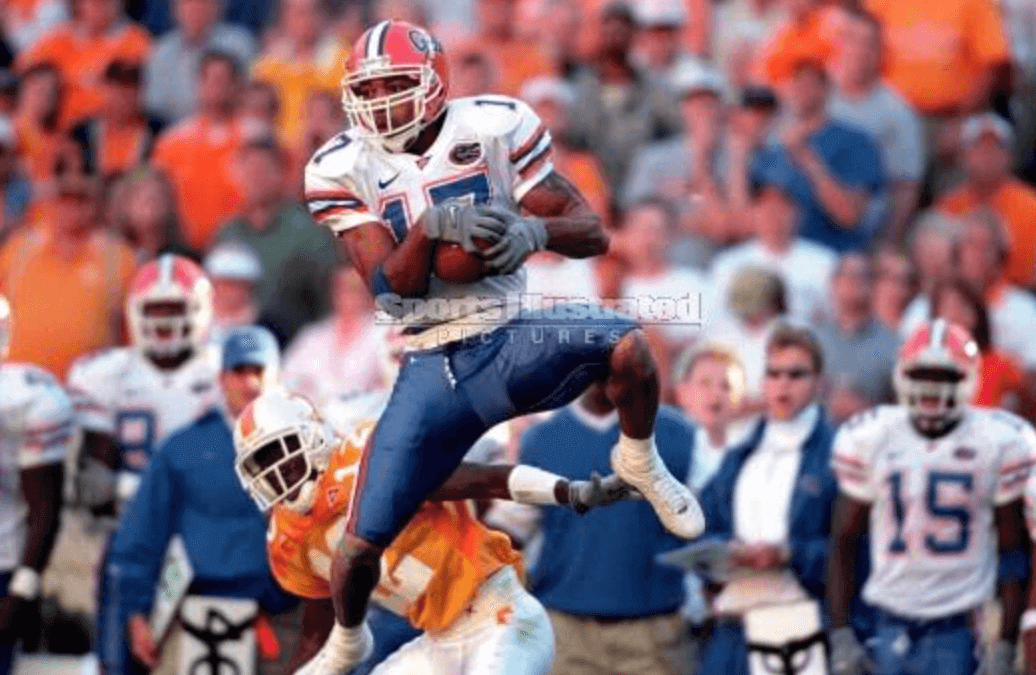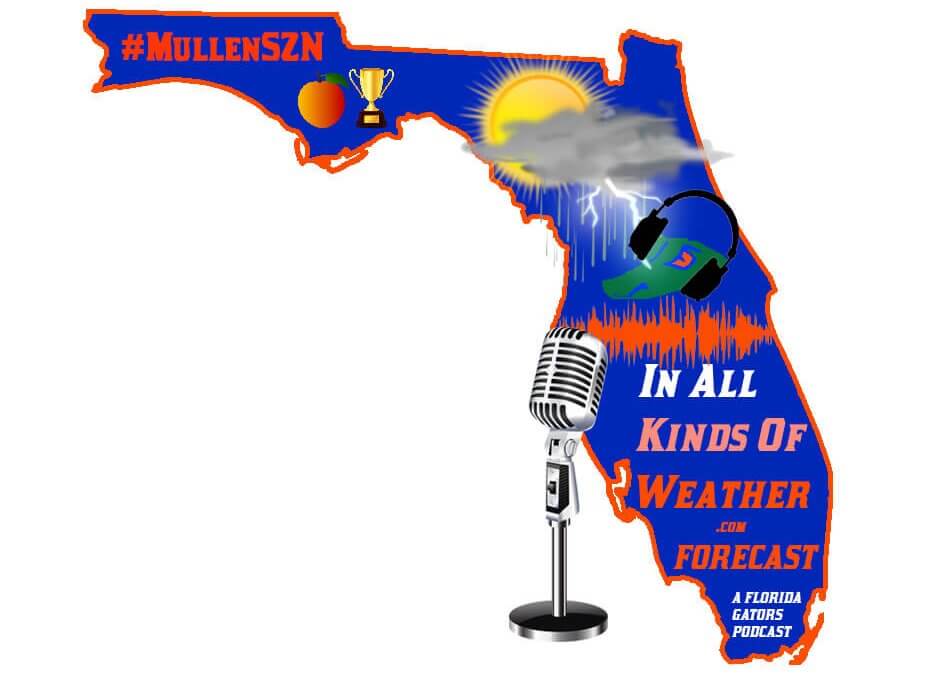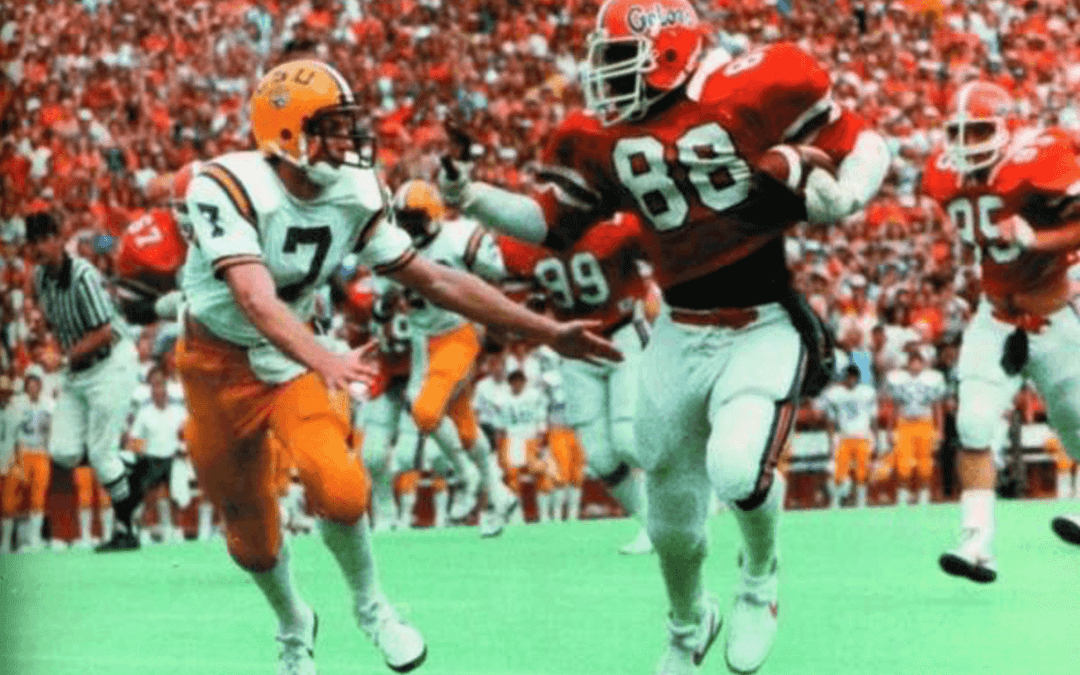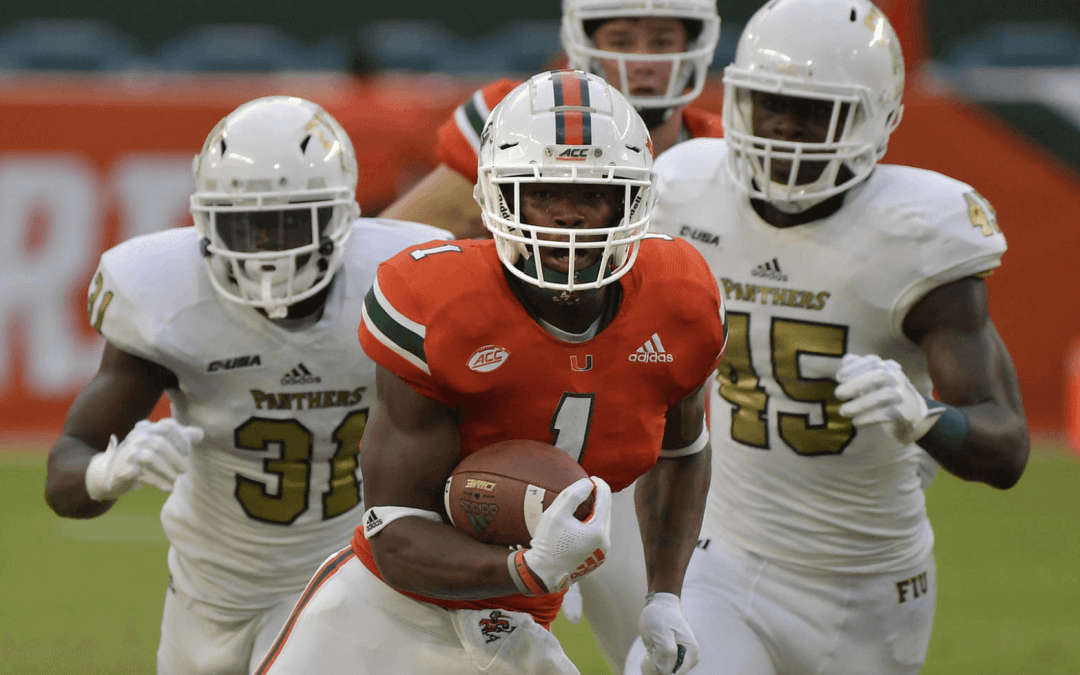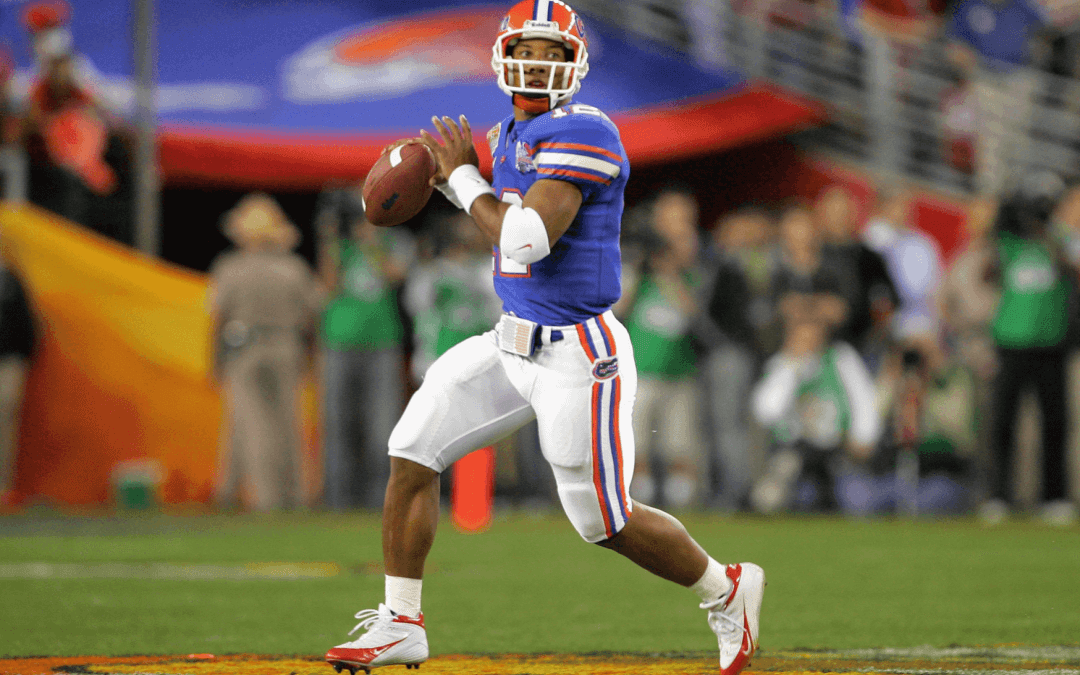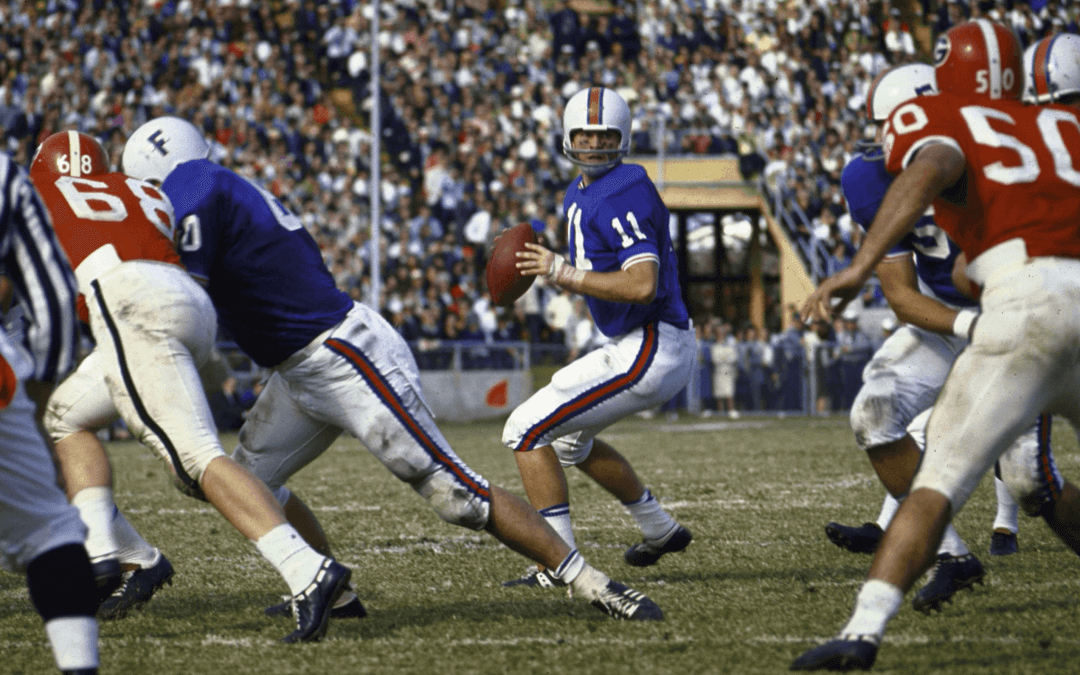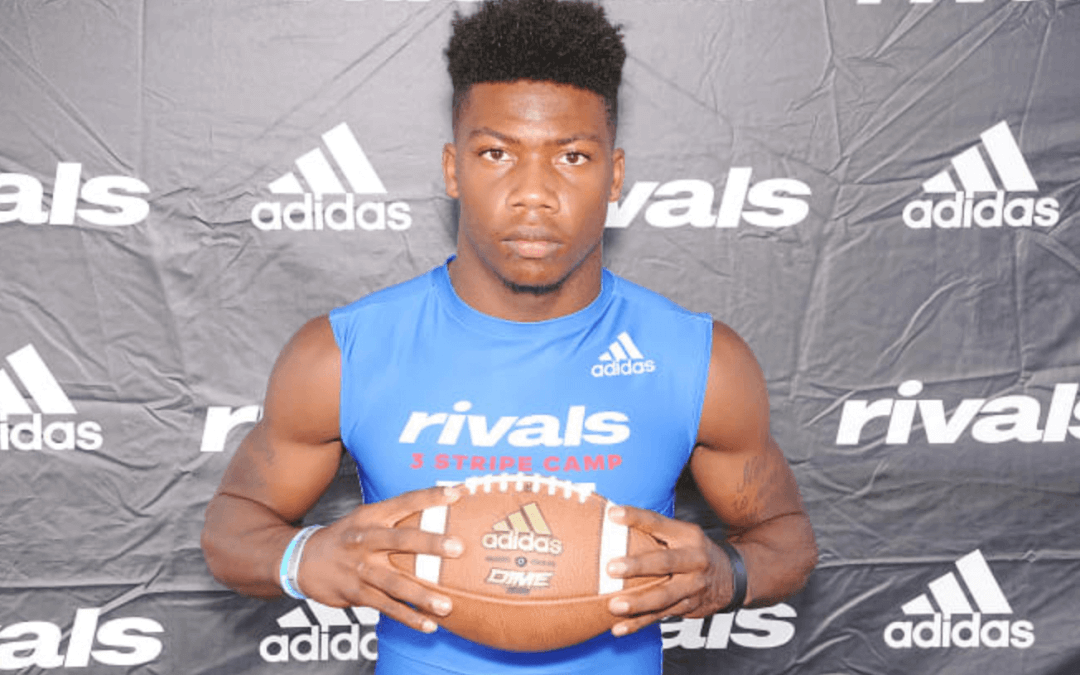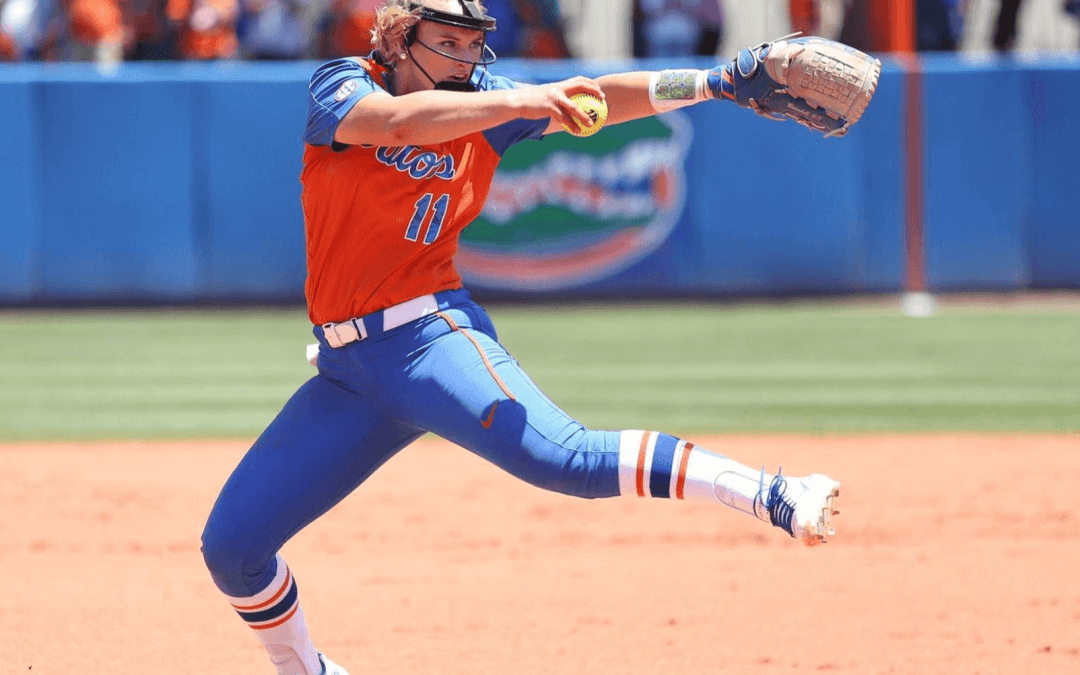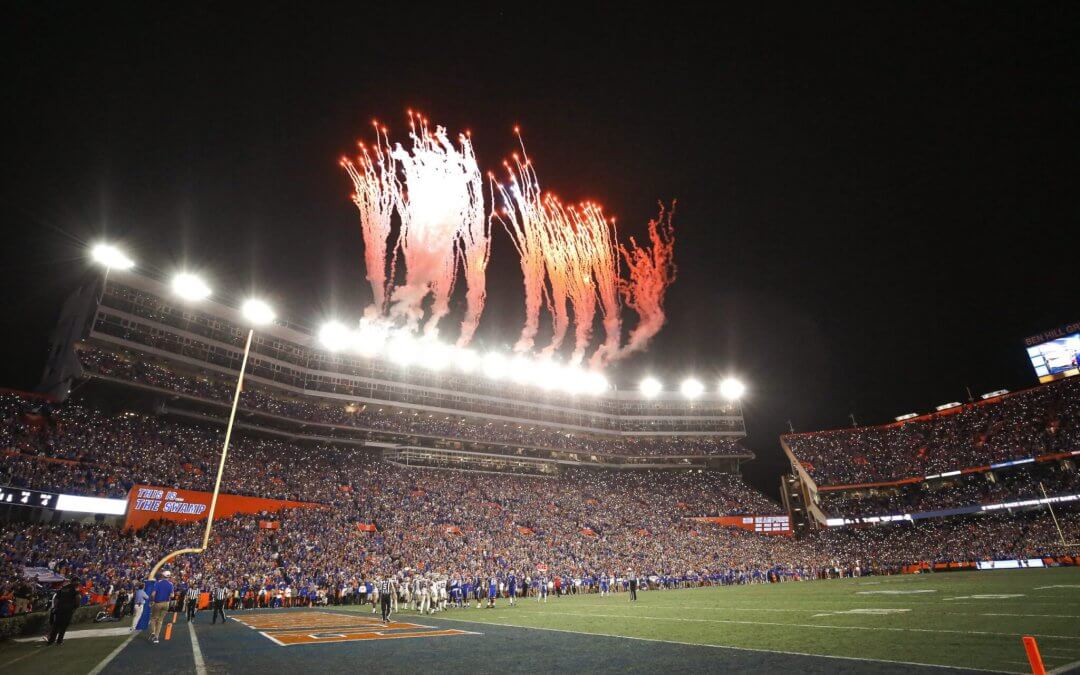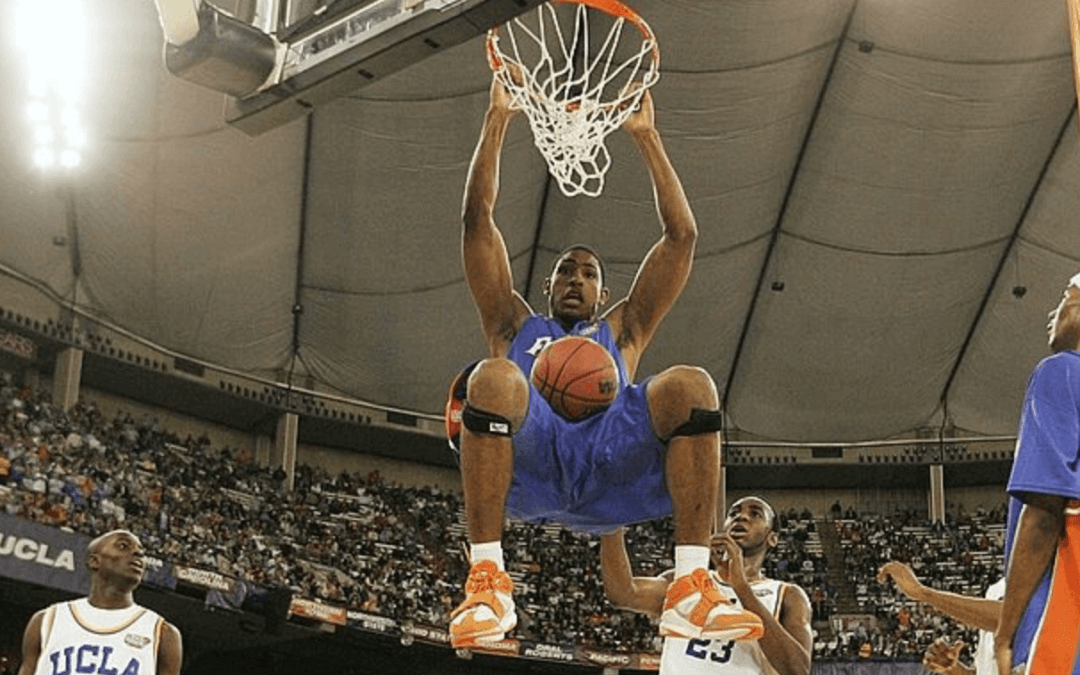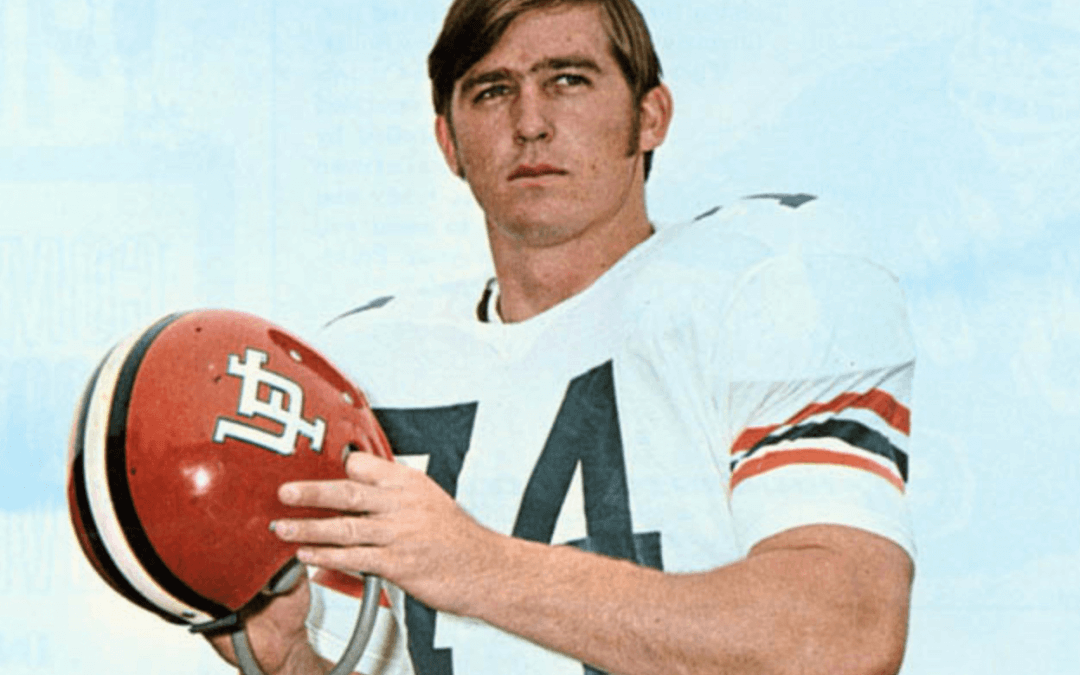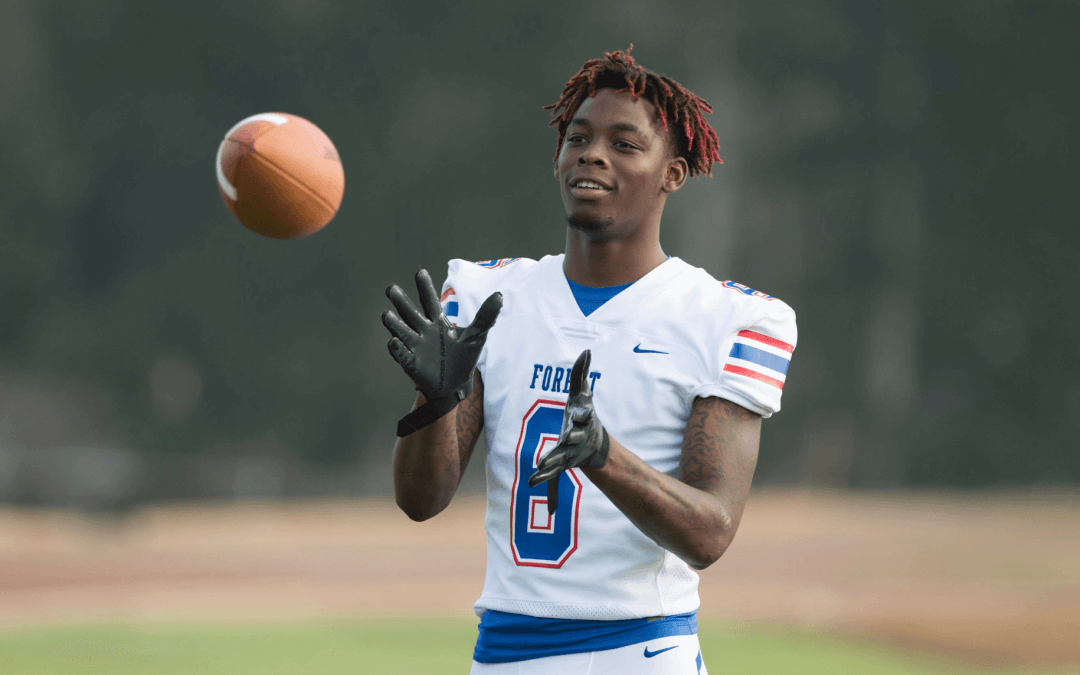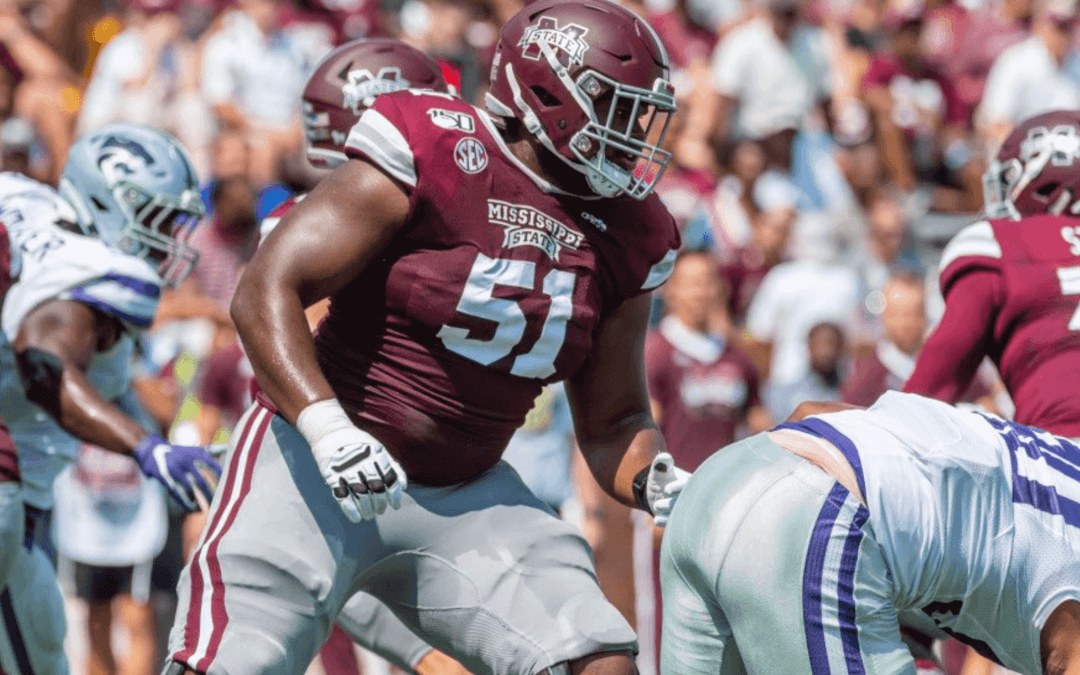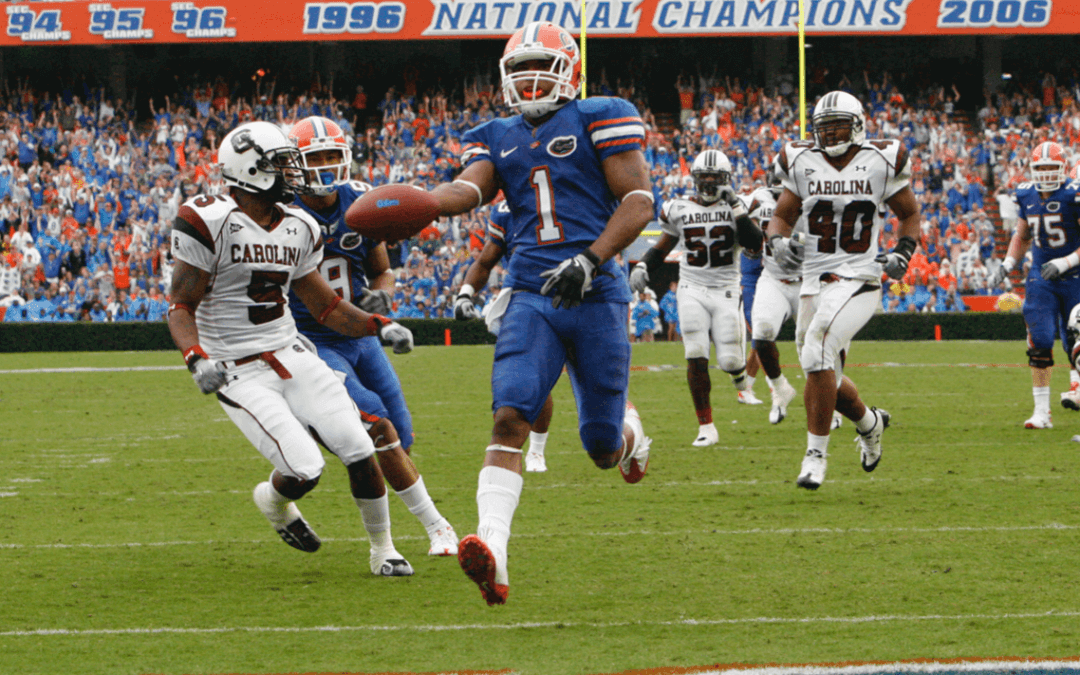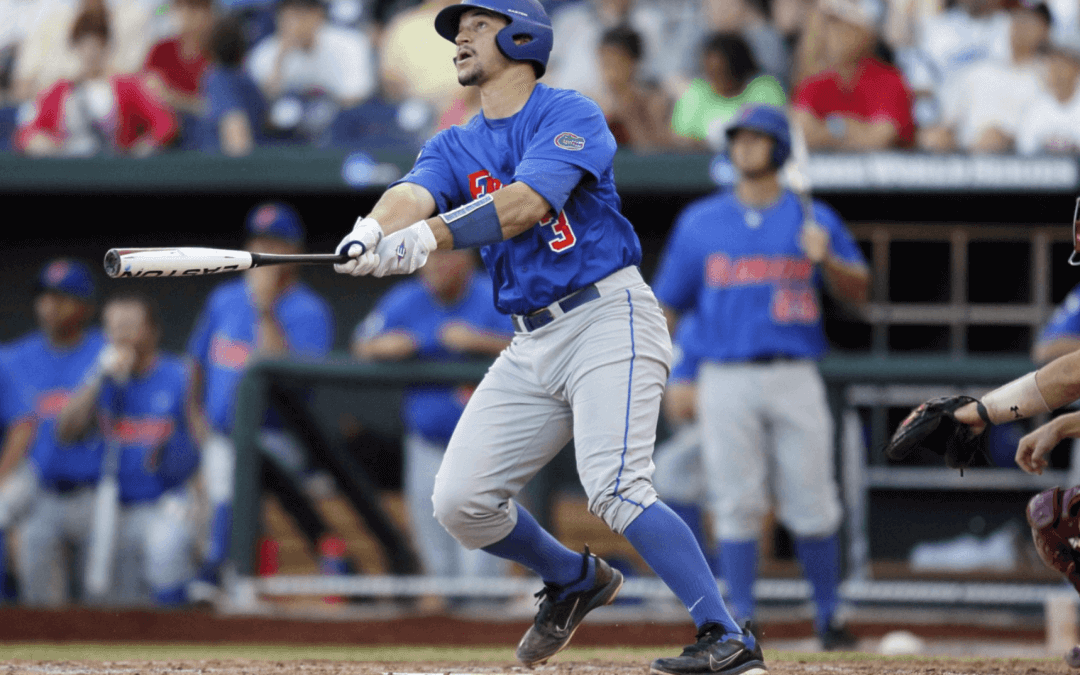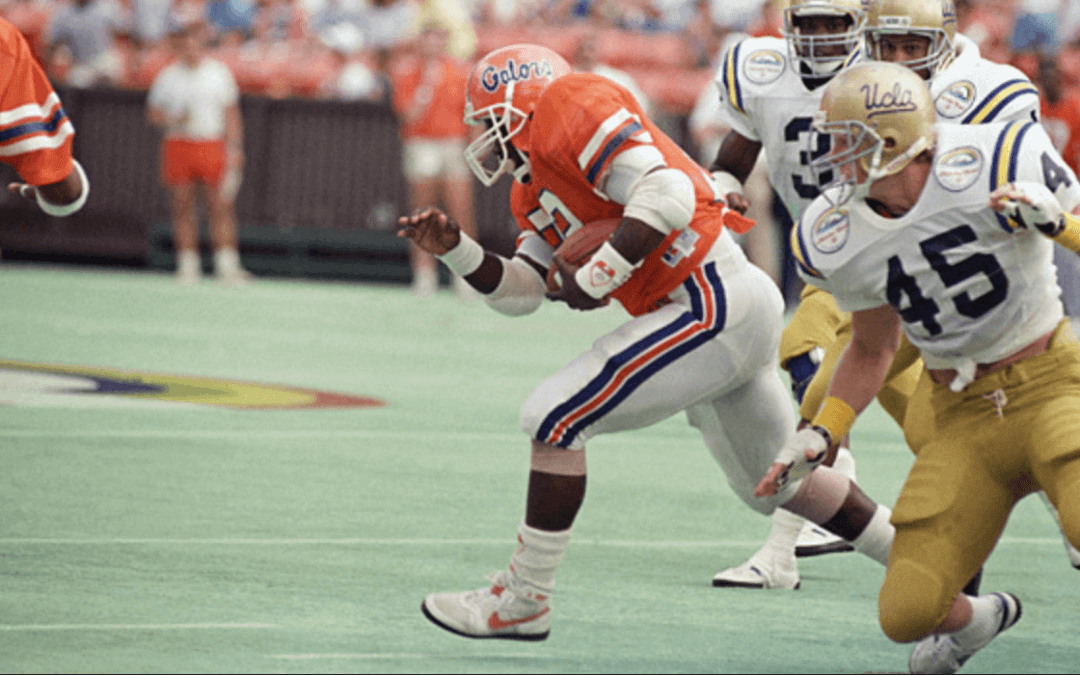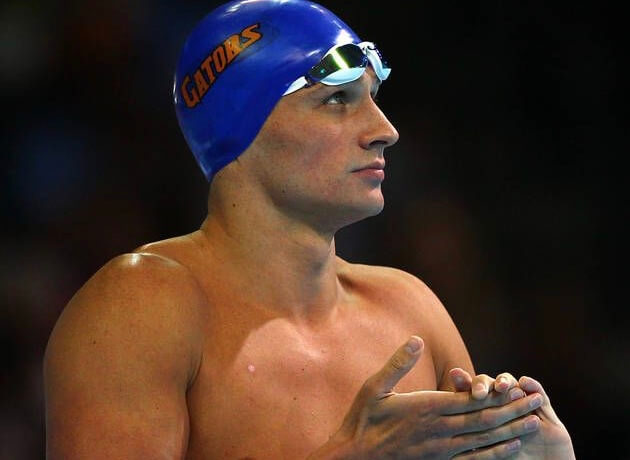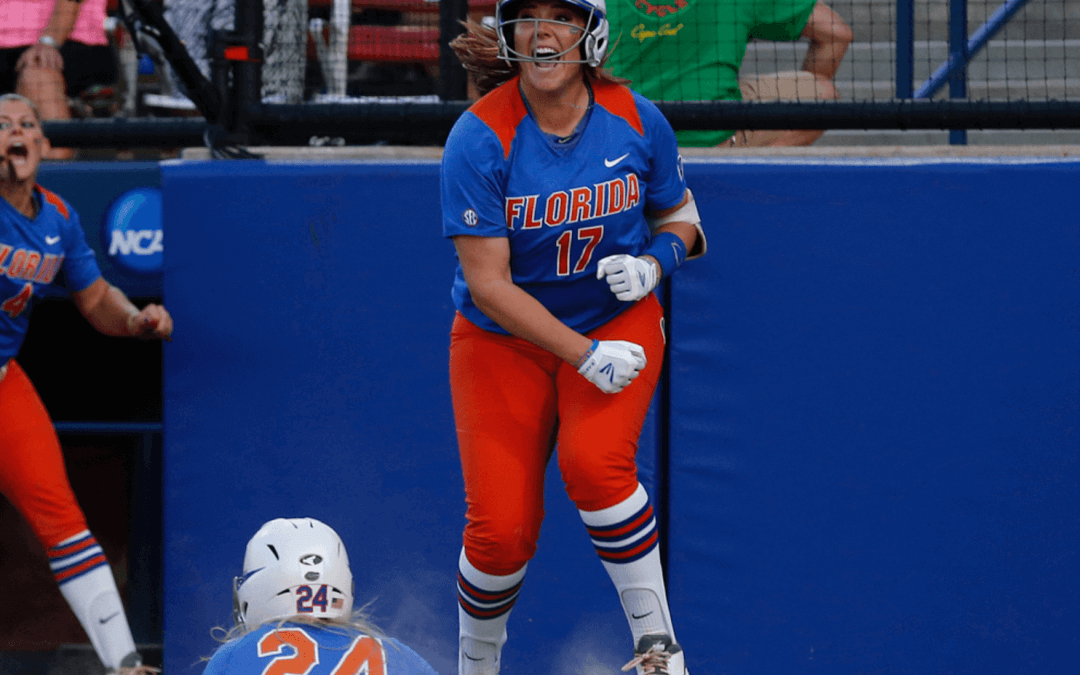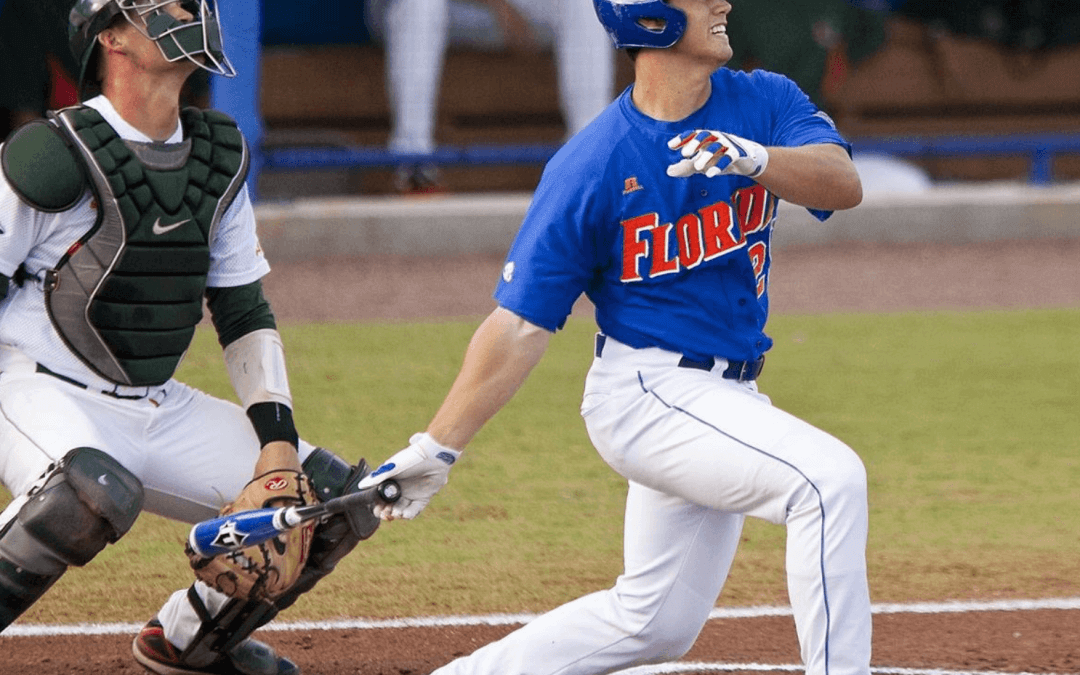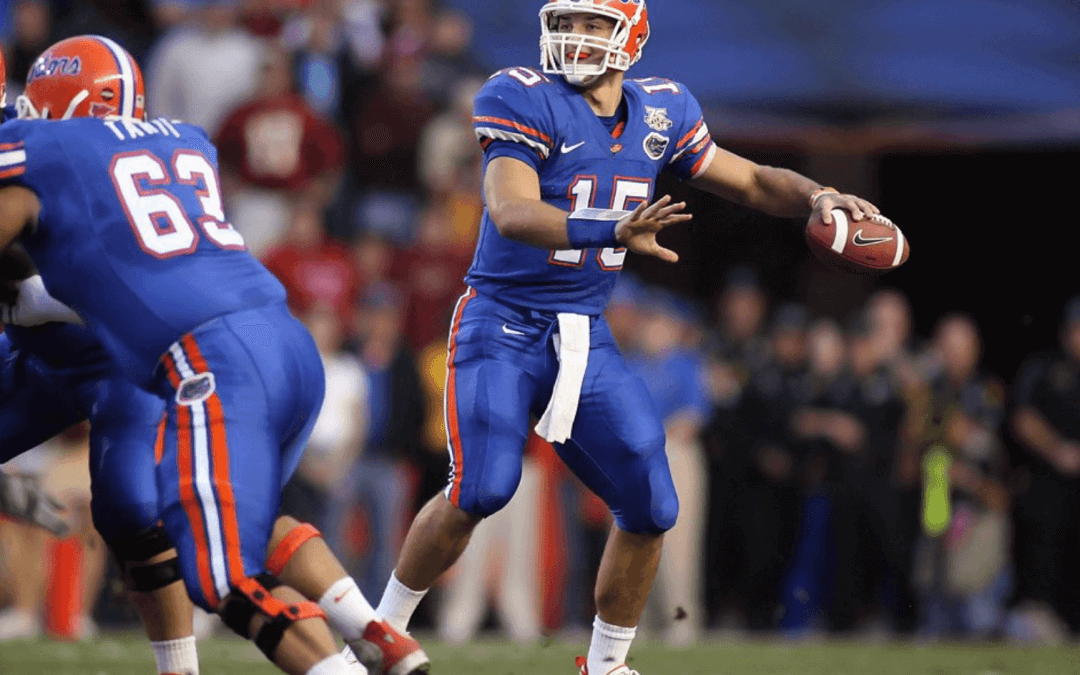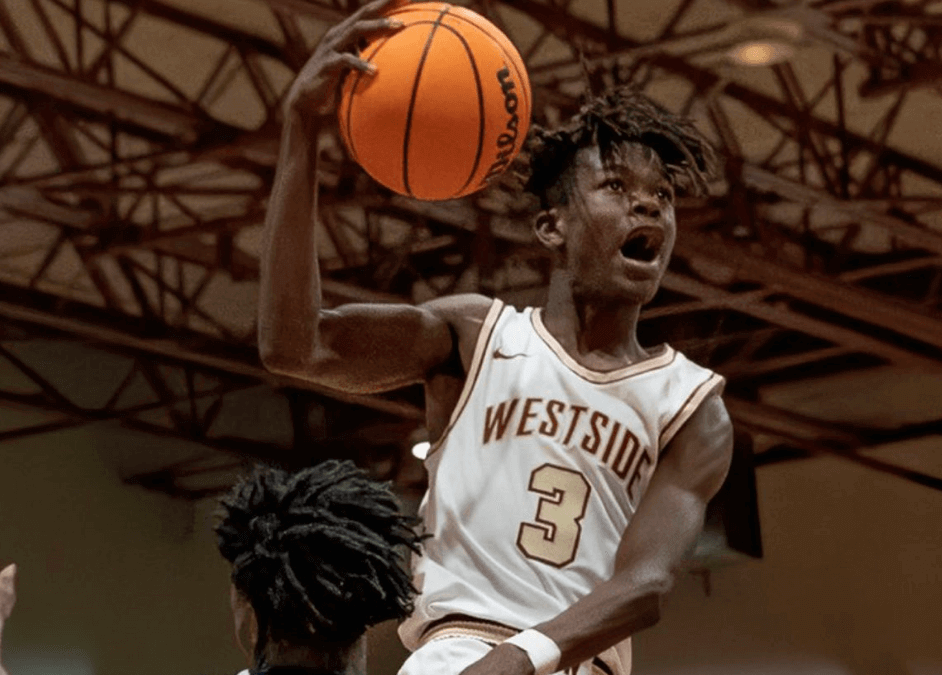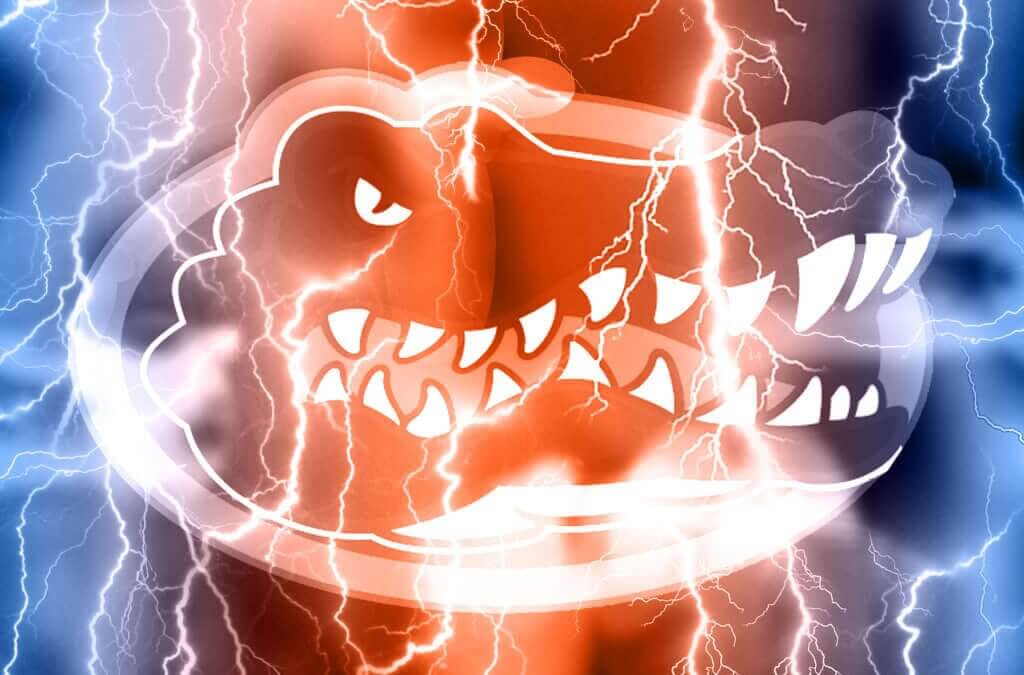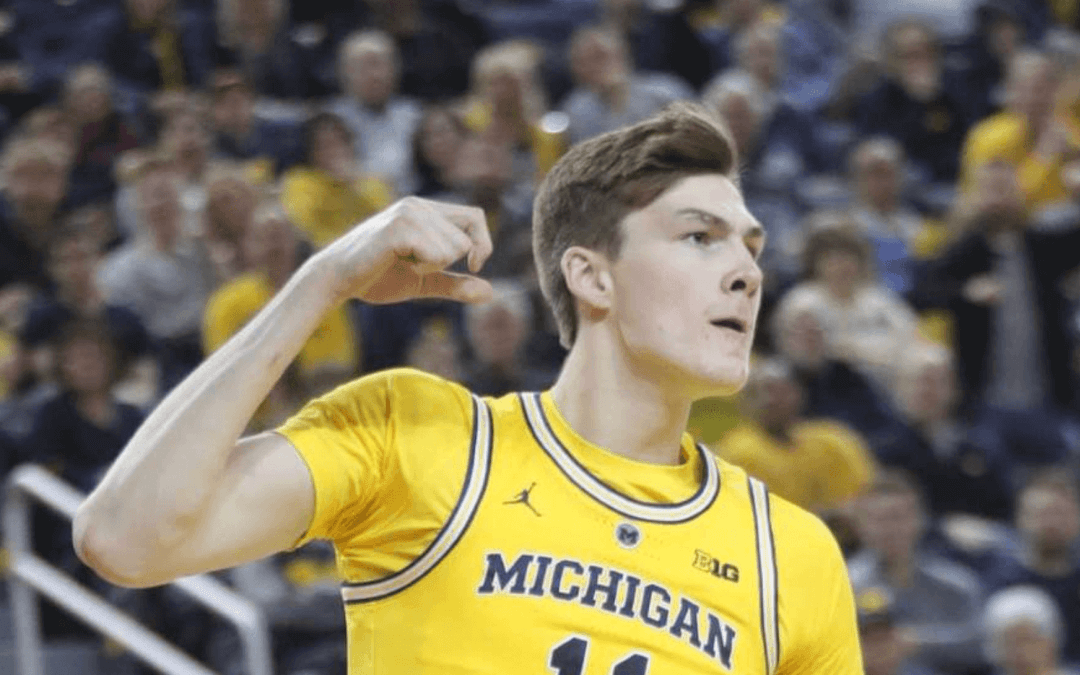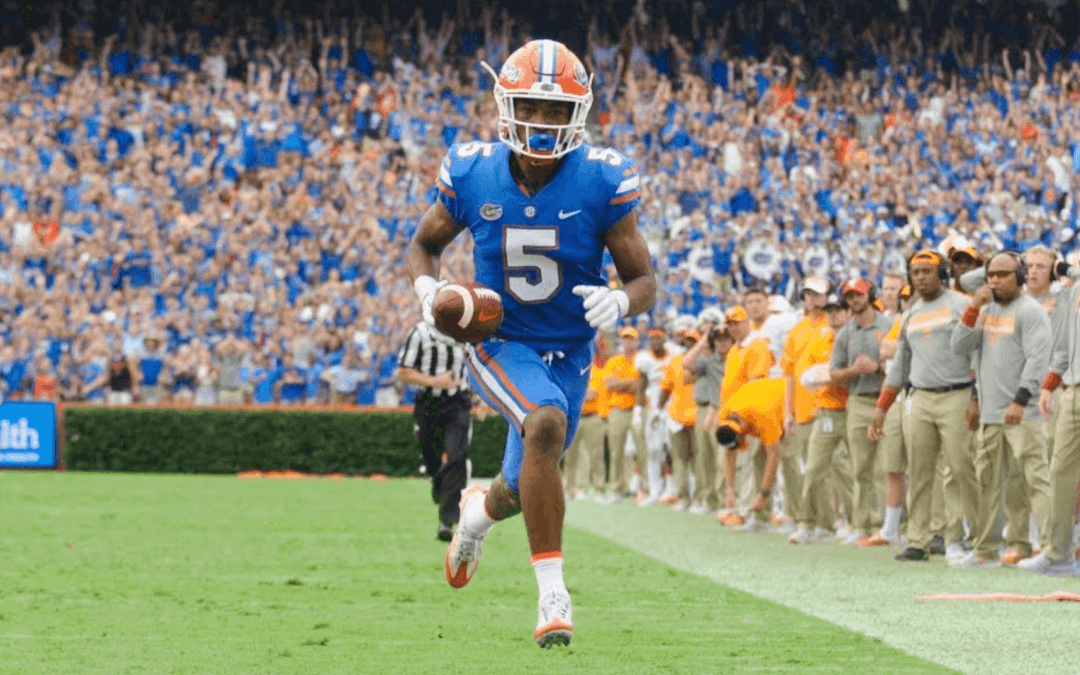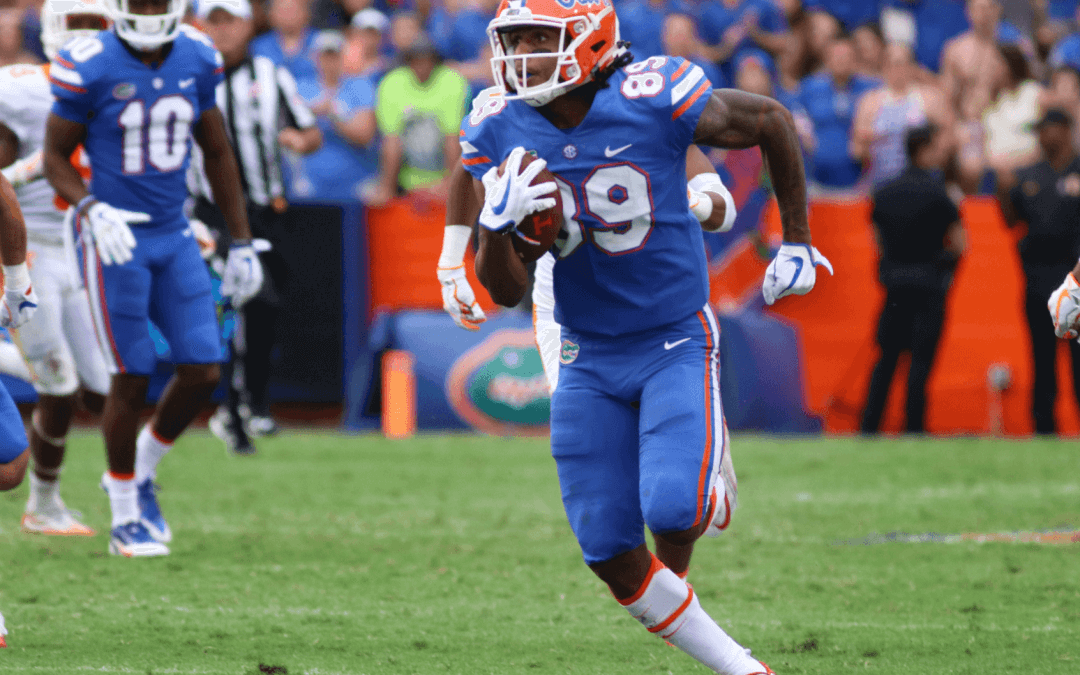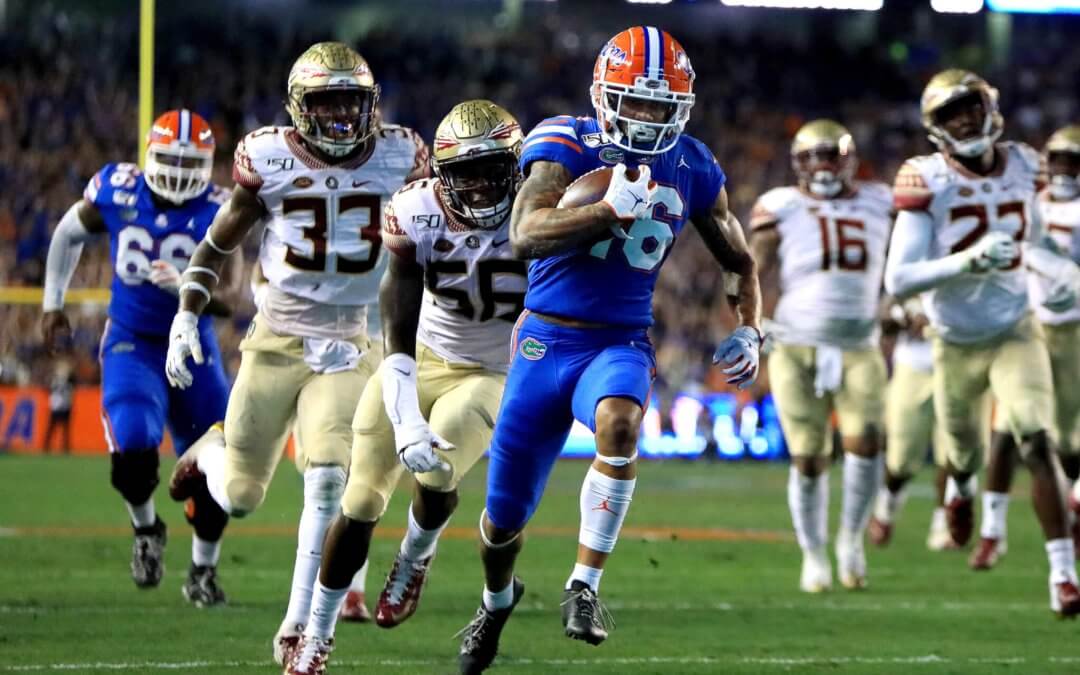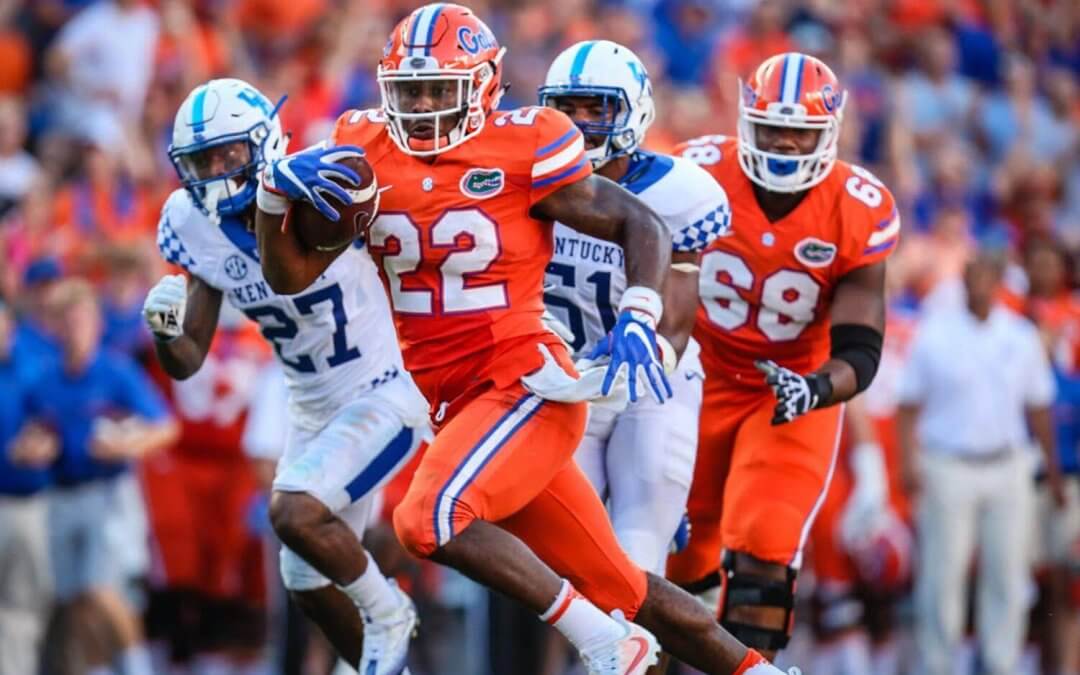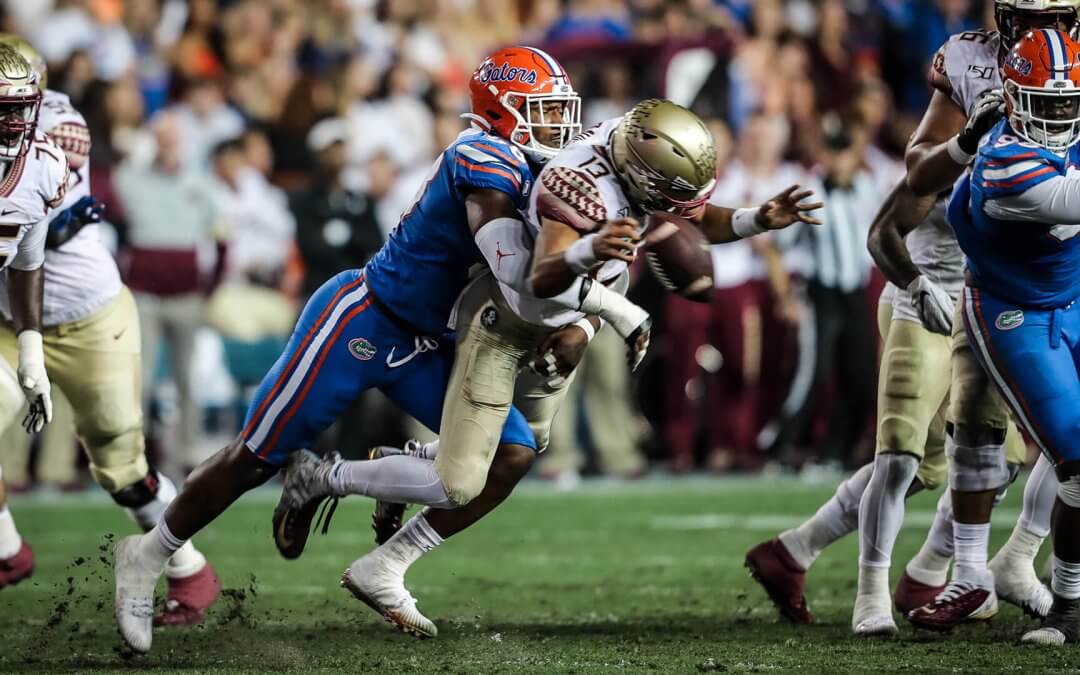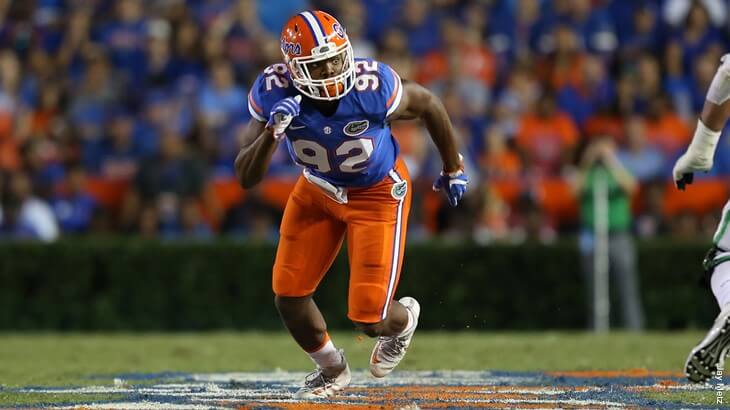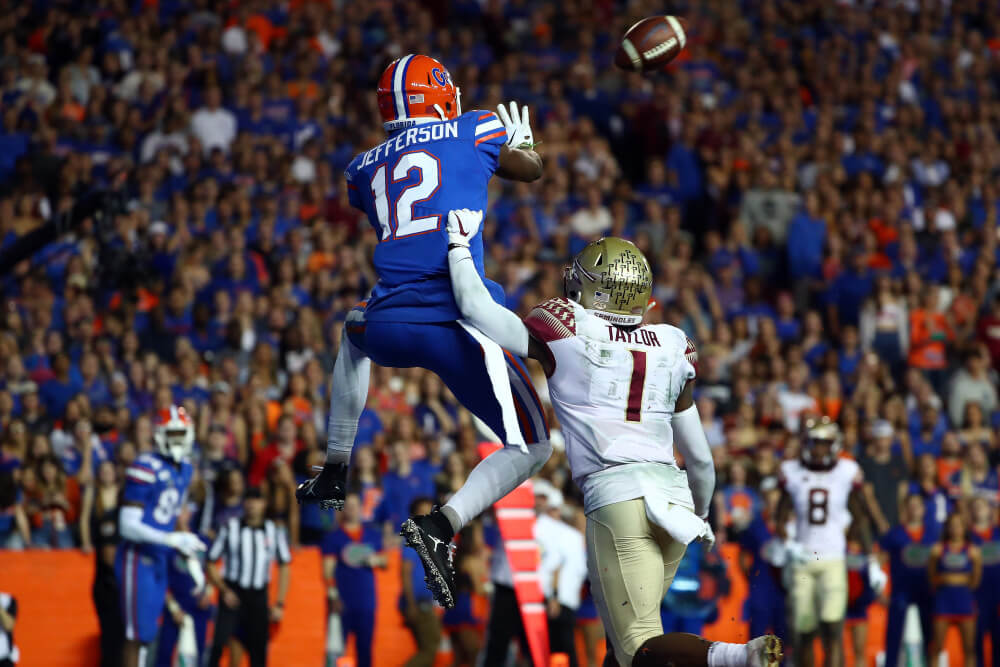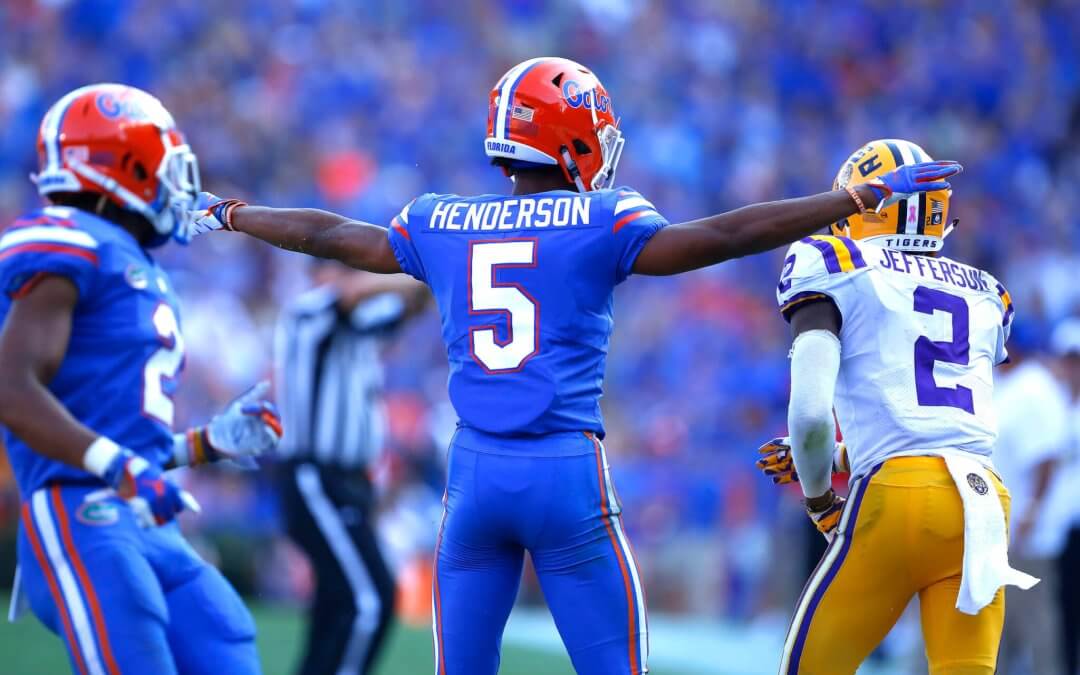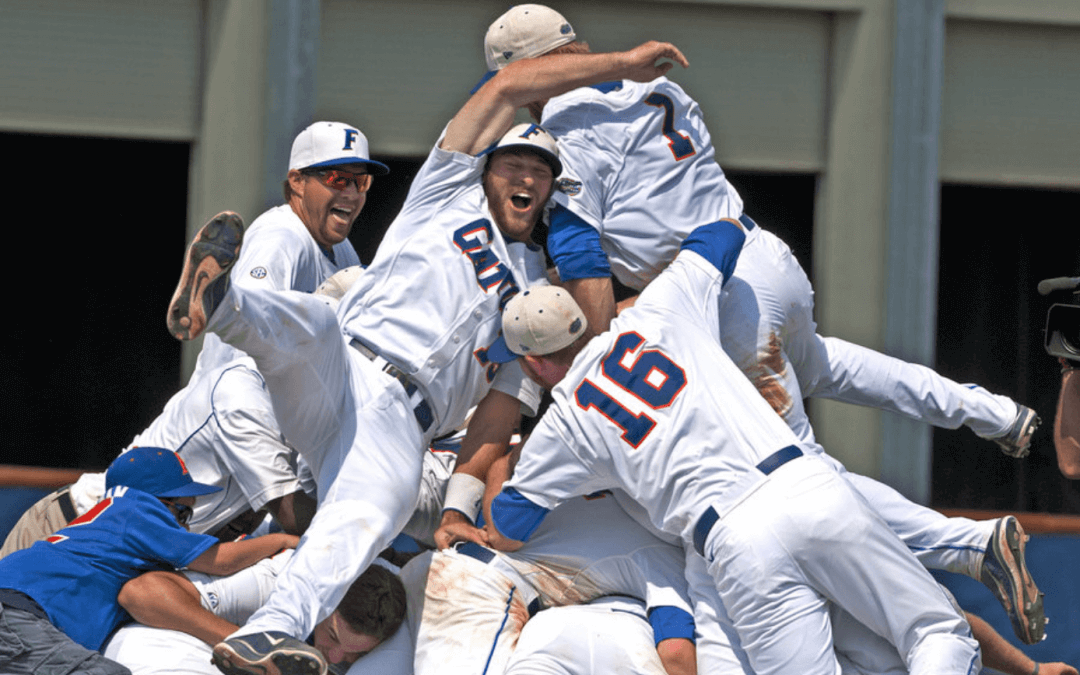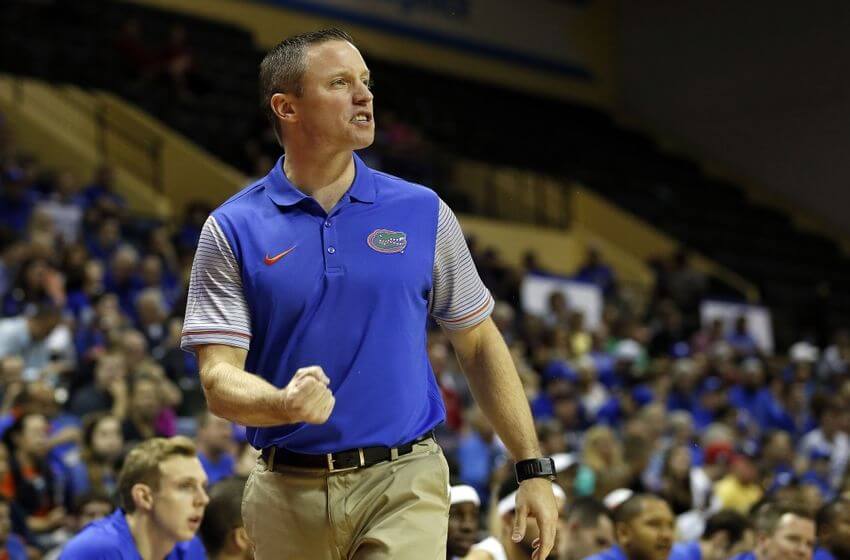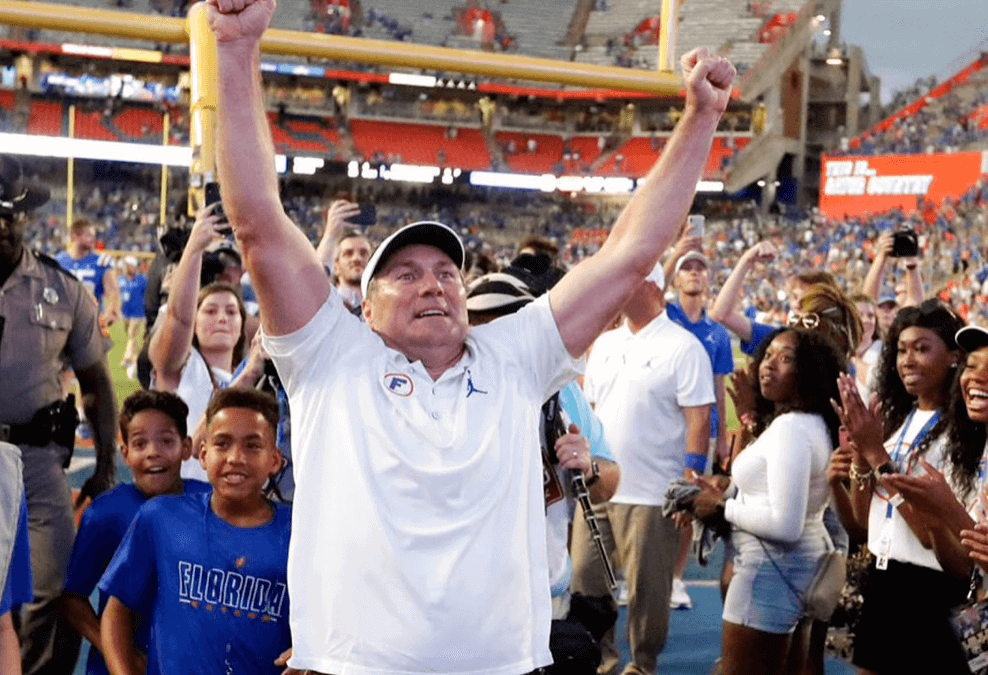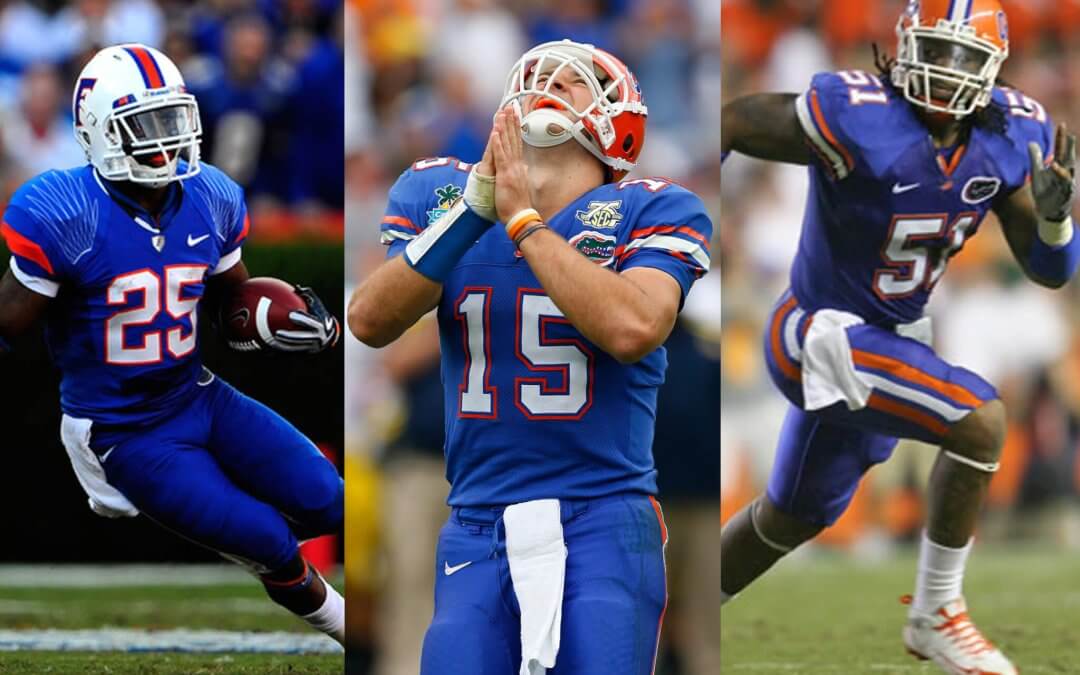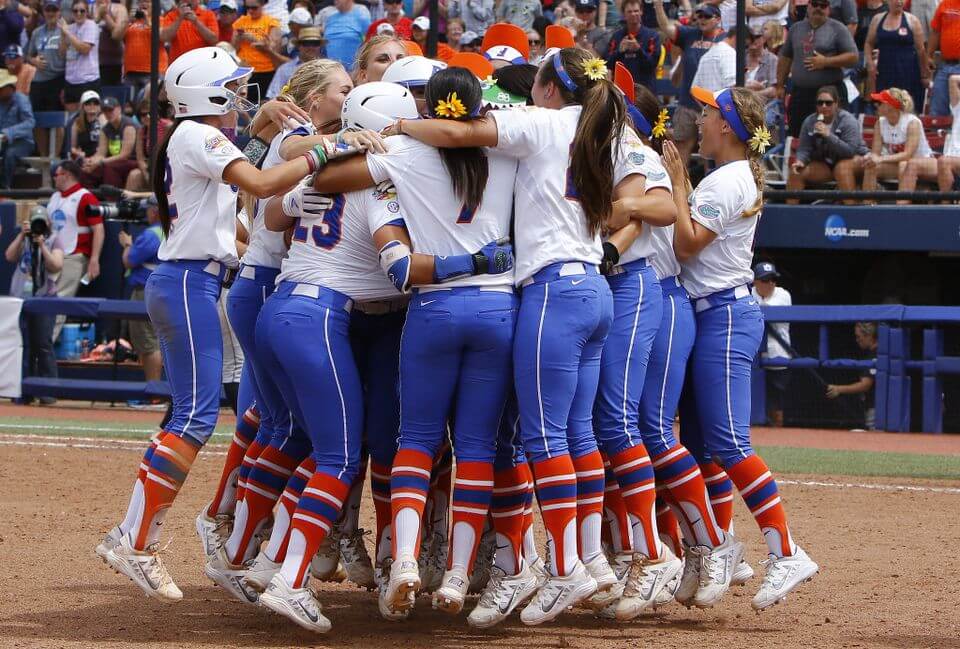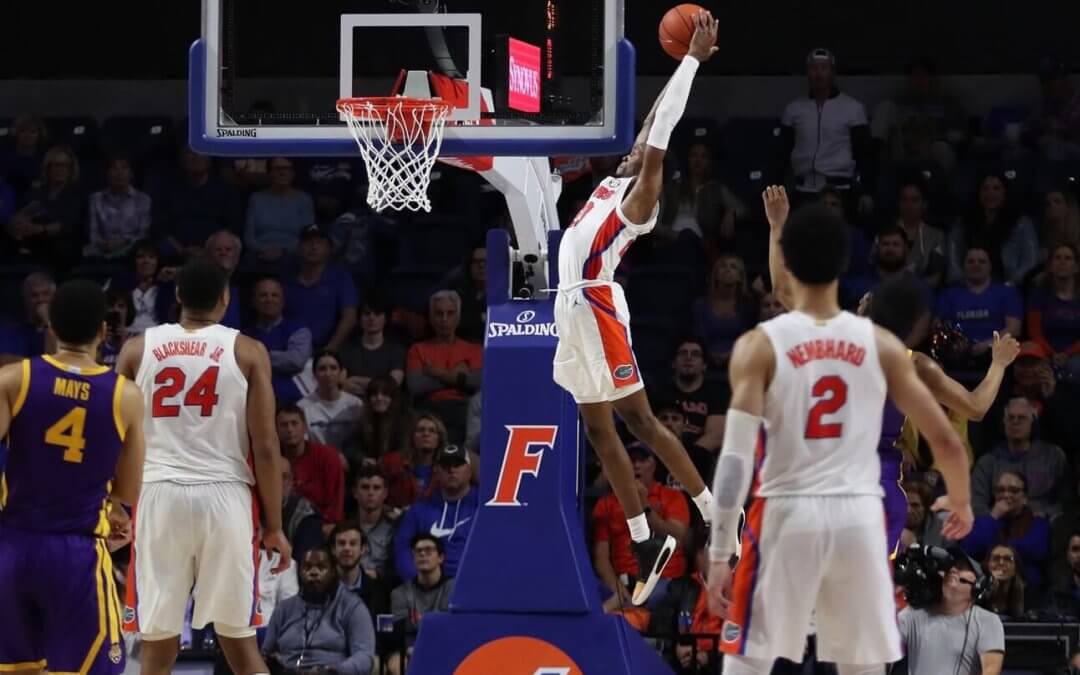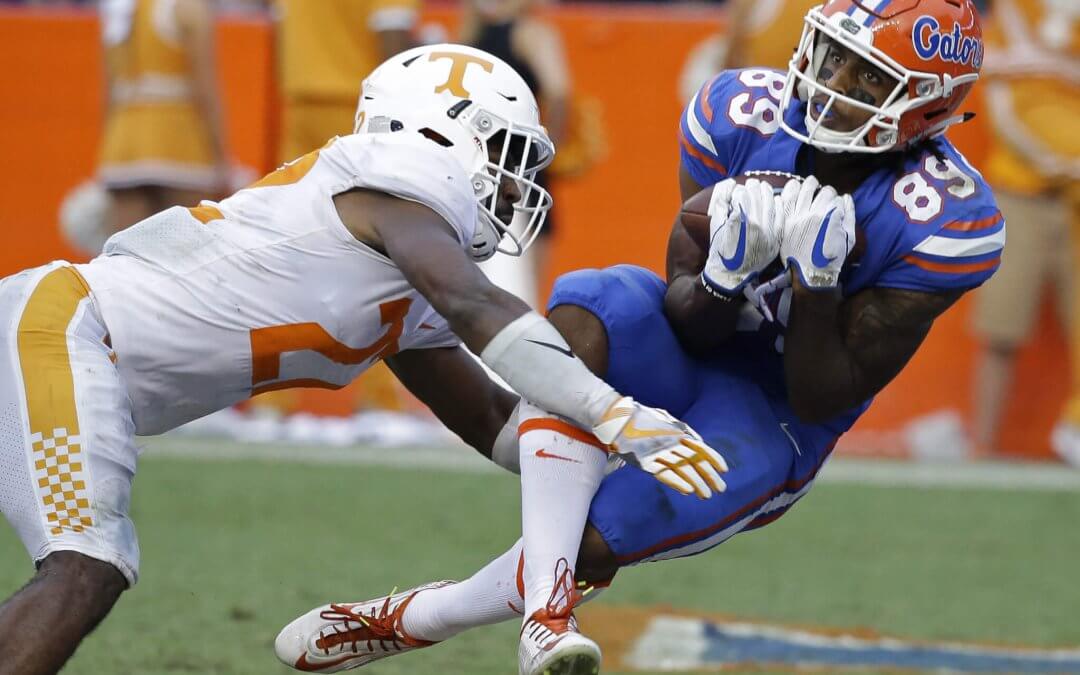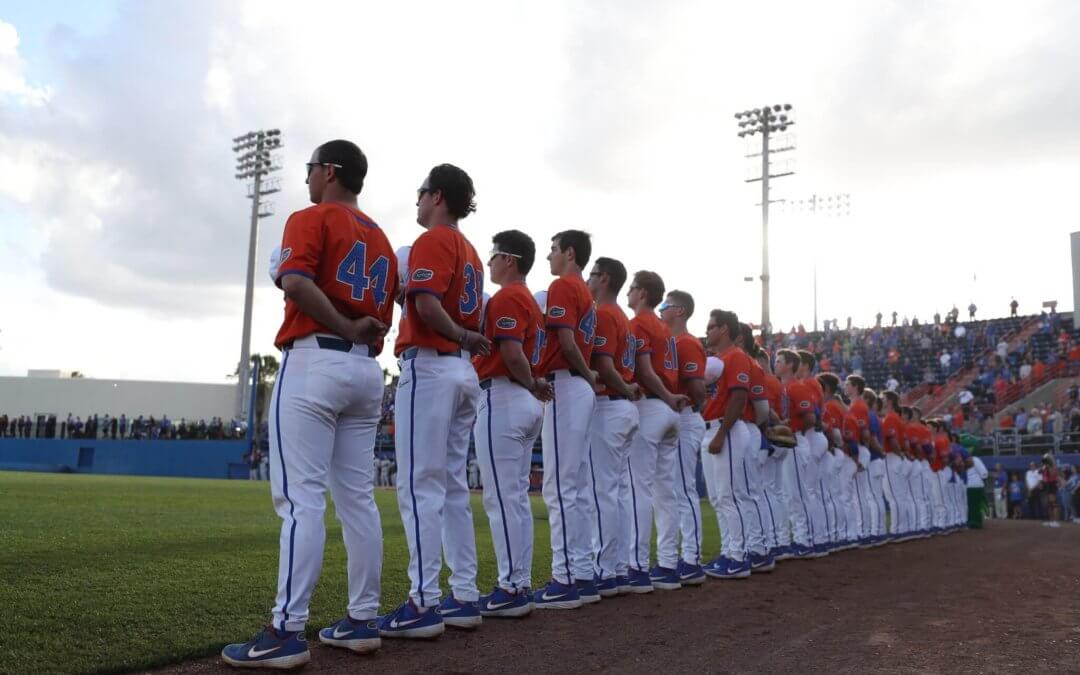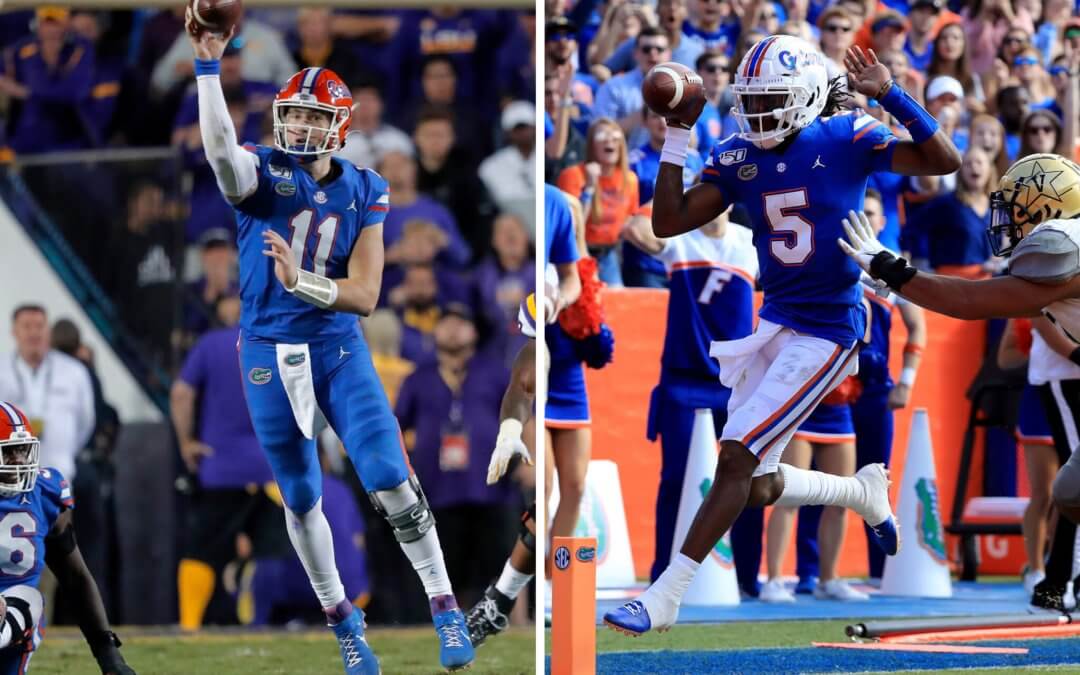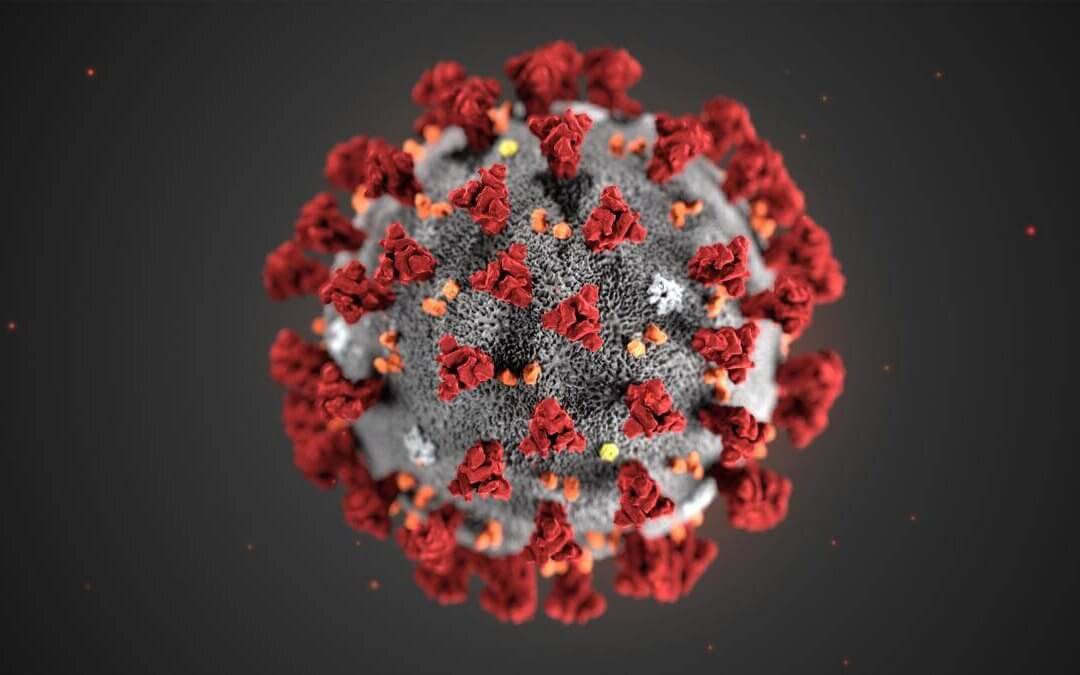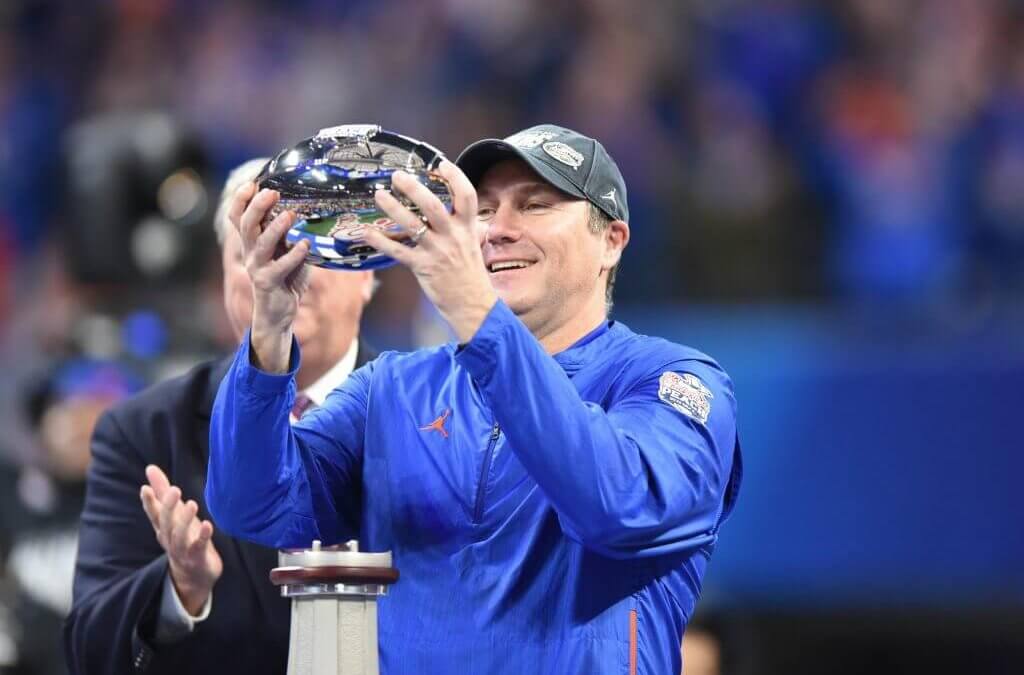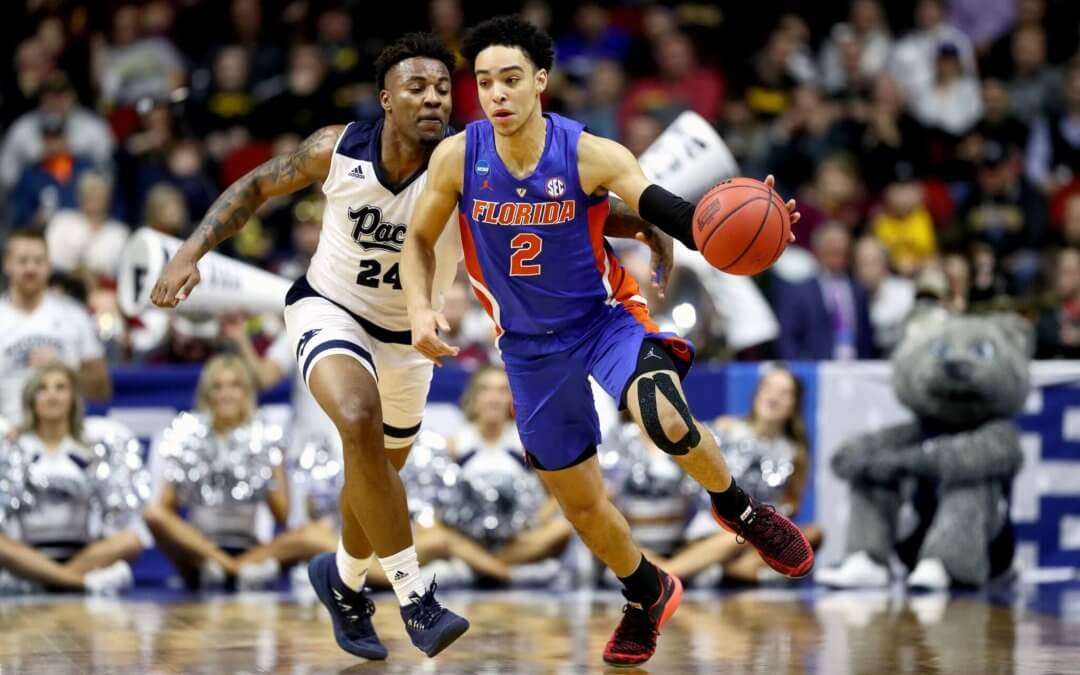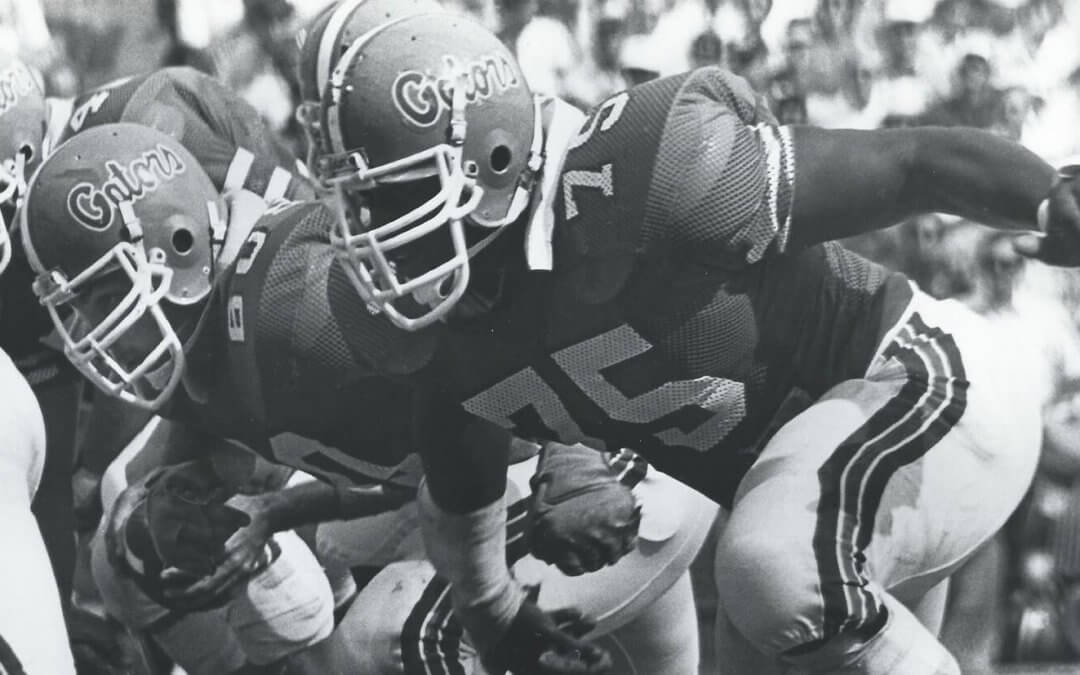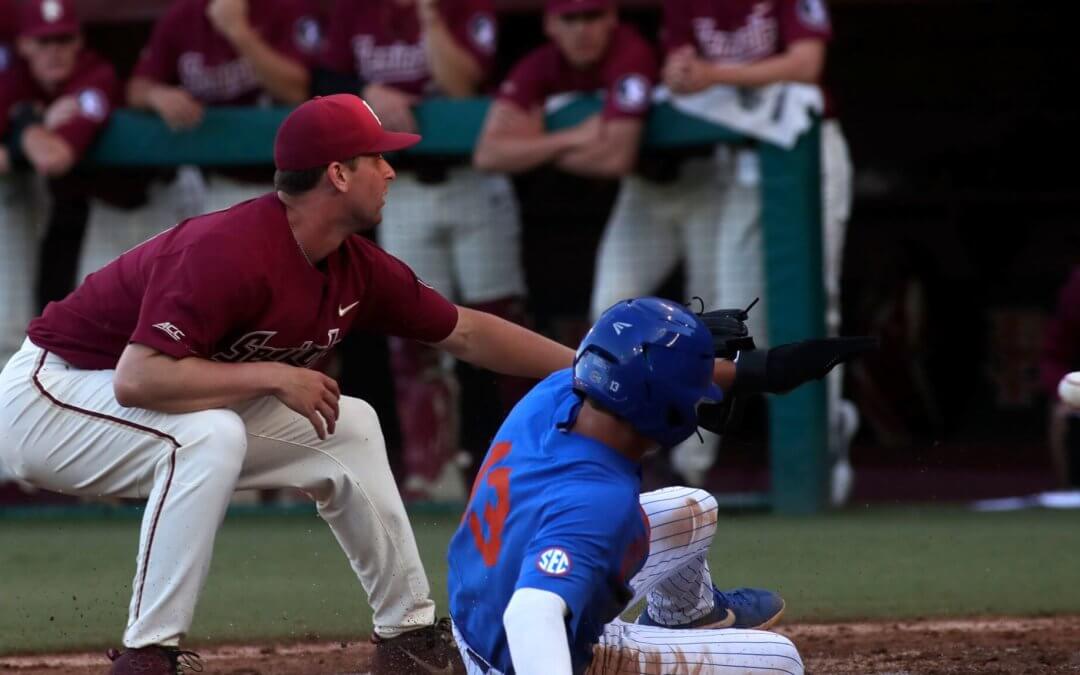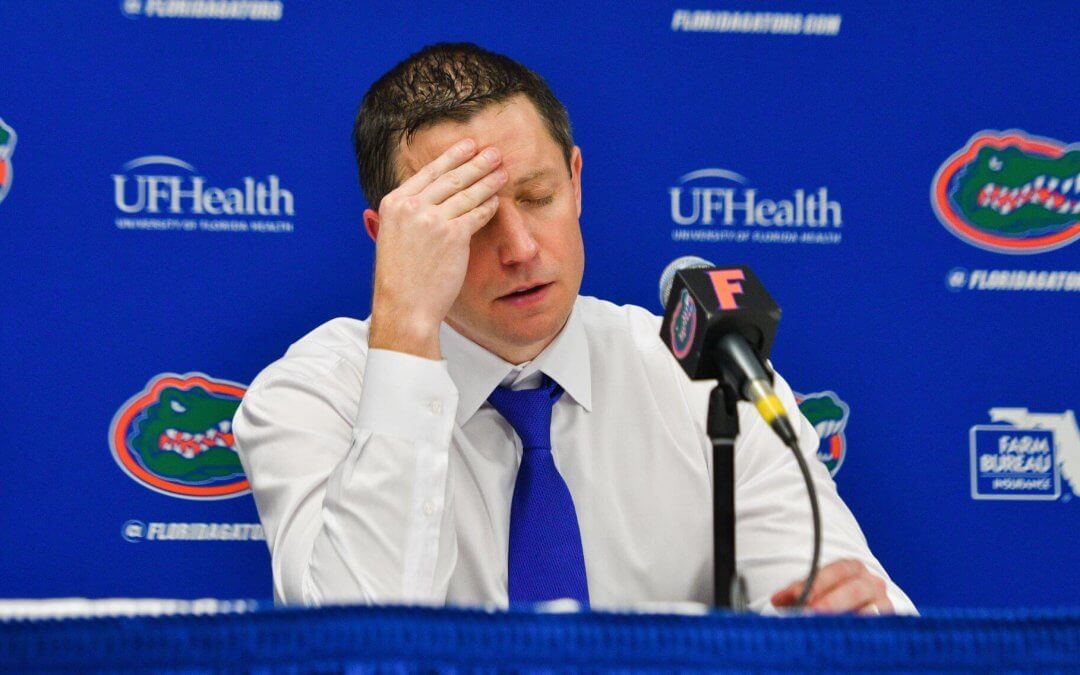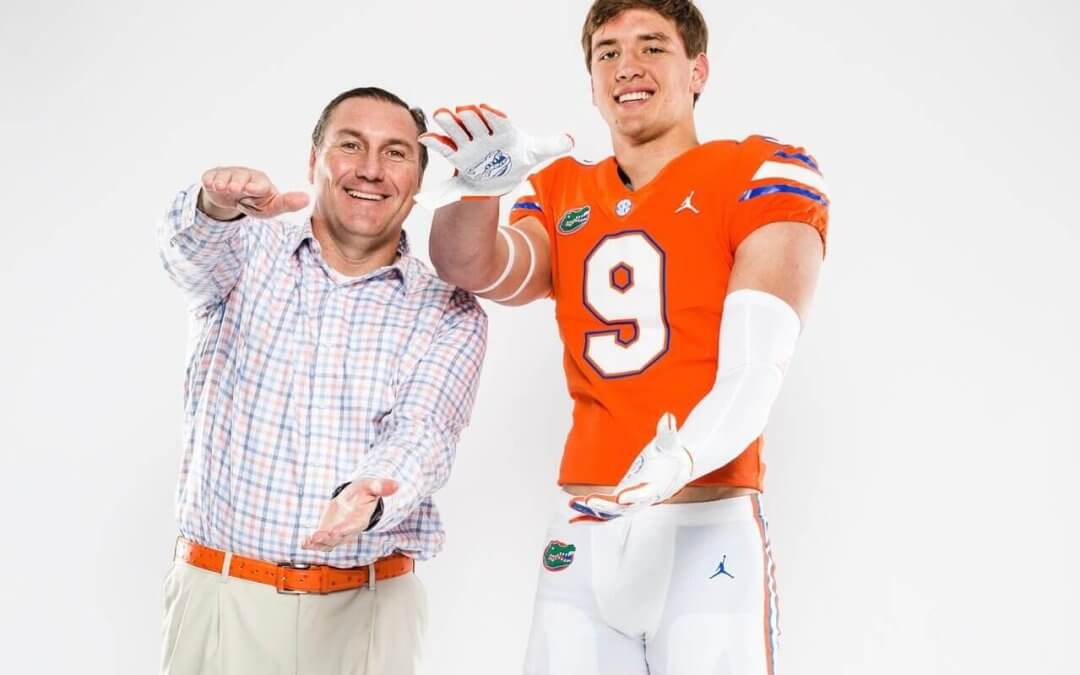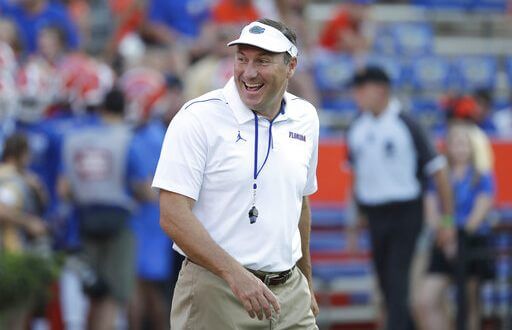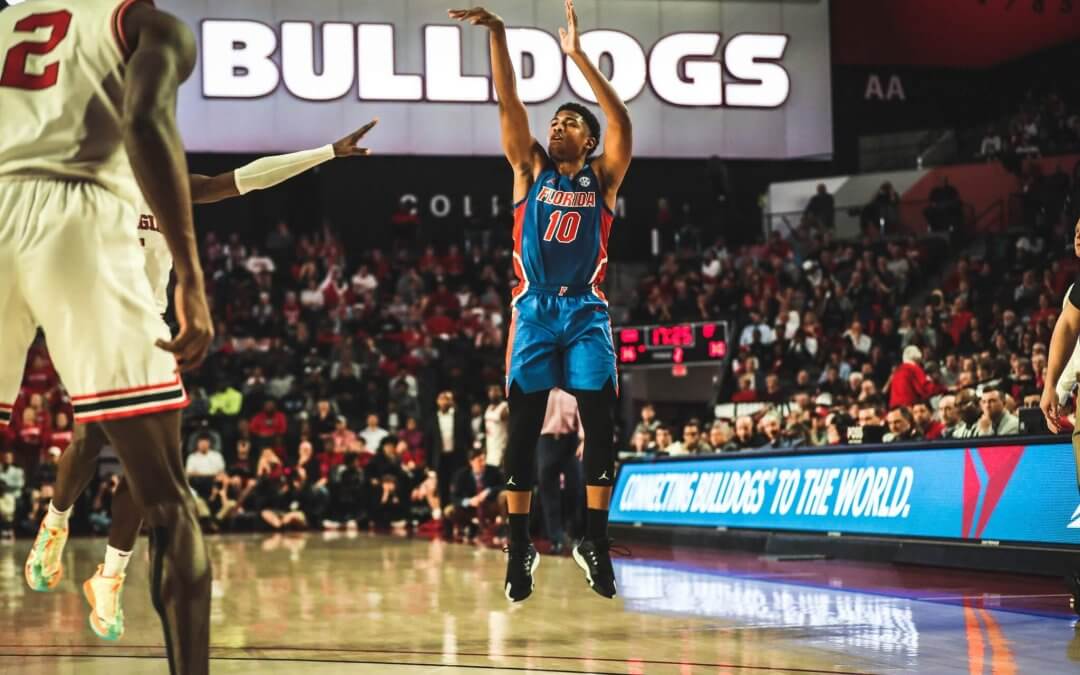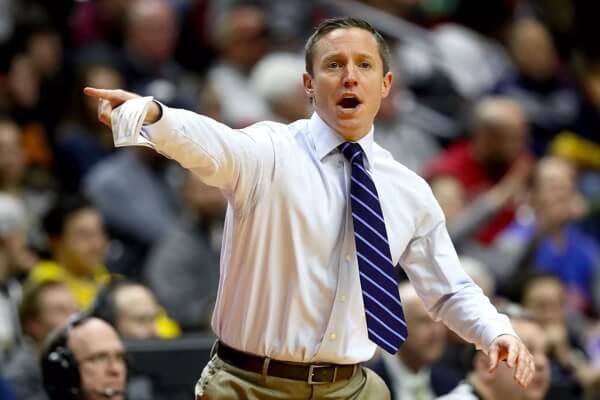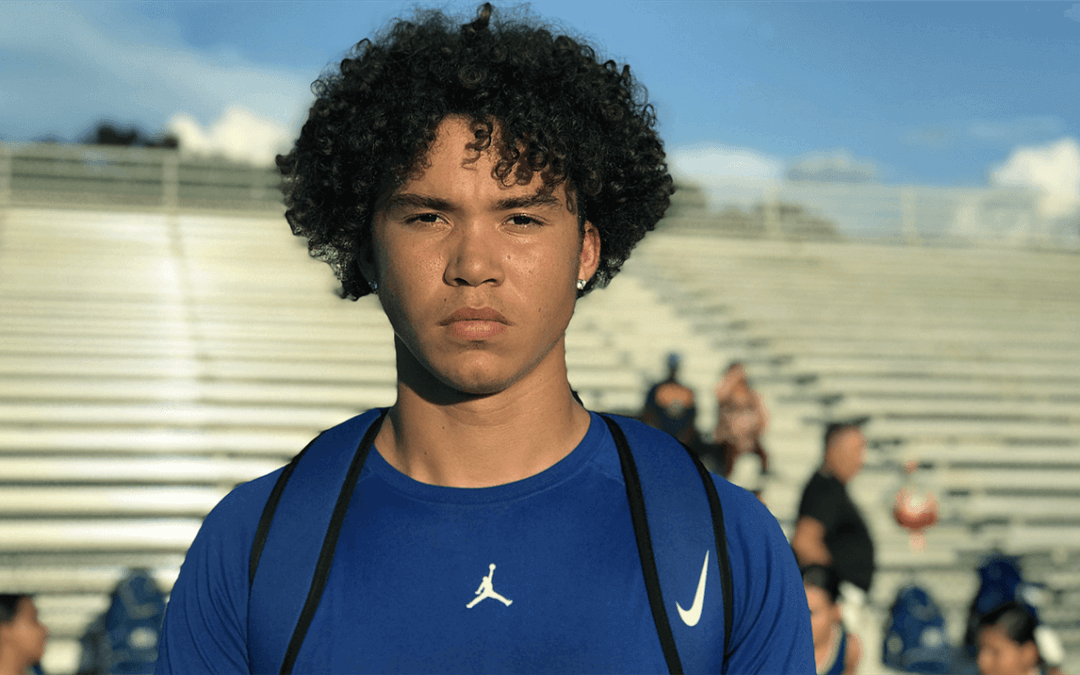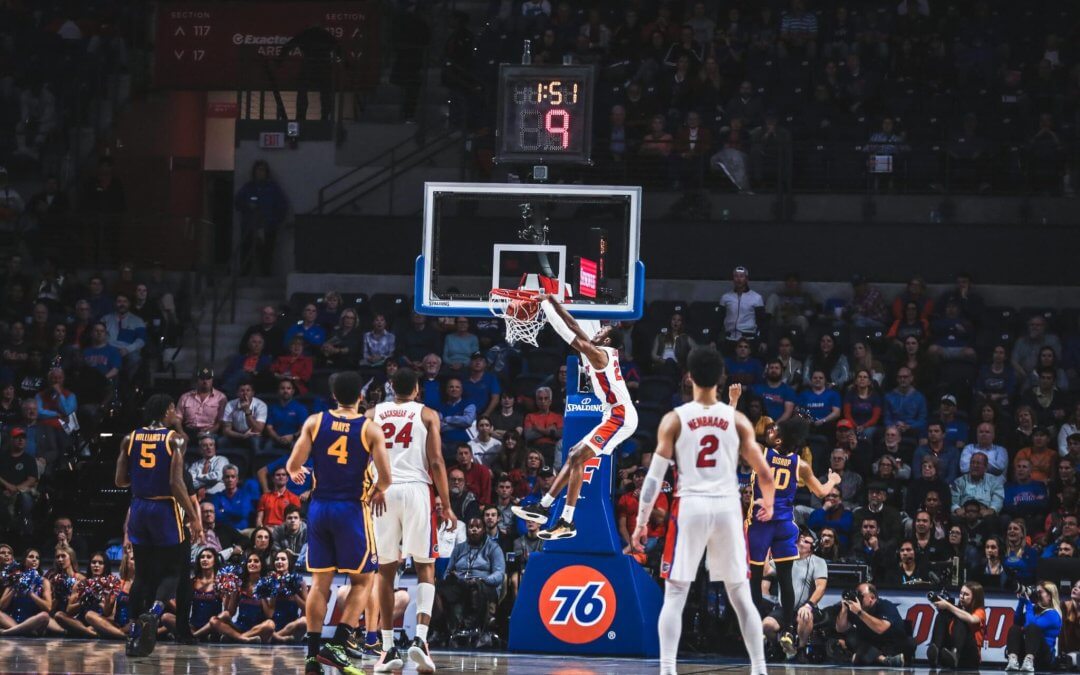Utah 24, Florida 11. It was uglier than that score might indicate. (Photo via Utah Athletics)
We all know what happened. Utah 24, Florida 11, avenging last season’s 29-26 Florida win. It was not a pretty sight.
Following losses this season, we’ll be rolling out a new segment that’s pretty self-explanatory: the good, the bad, and the ugly. As I said, self-explanatory. So no more pleasantries, let’s just get right to it. How did we wind up with a final score of Utah 24, Florida 11?
The good: Graham Mertz
Well, maybe Graham Mertz did not have a game that qualifies as great. The “HeisMertz” calls from Gator fans seem to border on the ridiculous. But that said, Mertz was perfectly fine. He did miss a couple of screen passes, including one where there was no pressure, but by and large he did what Gator fans wanted him to do. He made the throws he had to make, including a gorgeous ball to Marcus Burke in traffic down the sideline in the first quarter. He also commandeered a 98-yard touchdown drive. Going 31-44 for 333 yards and a TD, Mertz gets a passing grade for this game… and not many of his teammates can say the same.
The good, also: Florida’s receivers
If there was a bright spot to come out of Utah 24, Florida 11, it would have to be the Florida passing game. Burke reeled in a pair of balls for 62 yards in the first quarter, and though he’d be blanketed the rest of the way, his fellow pass-catchers picked him up. Ricky Pearsall led all receivers with eight catches for 92 yards. Tight end Jonathan Odom snagged four passes for 46 yards. Caleb Douglas also snatched four passes, and on one ball in particular, I do mean snatched- the man angrily picked the ball out of the air for a touchdown. And freshman Eugene “Tre” Wilson showed what he could do, touching the ball three times for 33 yards, plus a two-point conversion reception. For all the weaknesses this Florida team has… and there are many… it’s nice to have a passing attack that can rack up the yards consistently.
The bad: Florida’s red zone offense/discipline
Would you believe it if I told you that Florida actually dominated the total yardage statistic? Well, they did: 346-270. The reason the final score read Utah 24, Florida 11 was because the Gators grew an addiction to self-destructive behavior in the red zone.
Damieon George killed Florida’s first drive with a false start, turning a third and one into a third and six. That was deep in Florida’s own territory, but it was merely a sign of what was to come. Fast forward to the second quarter, and Graham Mertz had just put his body on the line with a ten yard scramble on third and 11 to set up a fourth and one inside Utah’s ten. But the Alabama transfer (along with at least two teammates) false started again, forcing a chip shot field goal attempt- which Adam Mihalek pushed several feet to the right. That directly cost Florida seven points. George was also later responsible for another crippling penalty, a holding call that negated a nice pickup on a screen pass.
It wasn’t just George, though. Blame is like fertilizer. You must spread it where it belongs. George had three of them on his own, but Florida as a team was responsible for a whopping nine penalties throughout the game, featuring multiple procedural penalties… including one that was so heinous it needs its own section to break down (but more on that later).
And as a team, Florida’s offensive engines just shut down whenever the Gators got close to scoring. Five different Florida possessions penetrated the Utah 25 or deeper, and Florida managed to score eleven points on those opportunities. That’s not merely bad, that’s putrid. With figures like that, Florida’s not going to win very many games. Yes, that’s a fixable point, but this leads us to the next section…
The ugly: Coaching
F grades all around here. The play-calling, the consistent team-wide inability to refrain from masochistic behavior on the field, the lack of urgency down multiple scores late in a game, all of it. This was, to be blunt, an absolutely pitiful coaching performance even without that still-yet-to-be-discussed disaster on a fourth and three- don’t worry, that discussion is coming up next- and it cost Florida the game.
The play-calling ranged from confusing to downright appalling. Let’s start there.
I can understand that Napier realized his offensive line wasn’t doing its job, which is a whole separate issue when you outweigh Utah by a good twenty pounds of muscle per player, but when that’s the case, you don’t exactly want to try to run the ball. But Florida did have some marginal success with the running game early, and then abandoned it for pretty much the duration of the game. We’ve seen what Trevor Etienne and Montrell Johnson can do as runners, and given Florida’s size advantage on the line- even if Florida wasn’t getting the better of the play in the trenches- you’d like to think Florida’s o-line could have eventually established itself on the ground. They just weren’t given the chance.
But far more offensive to the eyeballs was watching Napier dial up a shovel pass to tight end Dante Zanders on fourth and three inside the Utah 15. It never had a prayer. Utah blew the play up and destroyed the Florida drive. There were a number of different, by which I mean better, options here. I’m not a fan of empty backfields, but Florida could have gone five wide and had all five receivers run quick slants- that would have been a better call. More broadly, any kind of quick crossing route to one of those receivers who I shouted out early, regardless of the formation, would have been preferable. A tunnel, bubble, or even a “sucker” screen to the far side of the field with blockers ahead of the ball carrier would have been a better idea. Hell, even a draw play to one of those running backs- Etienne or Johnson- could have caught Utah by surprise the way the shovel pass to Zanders was supposed to, except now you’ve got the ball in the hands of a more proven ball carrier and elusive runner than Zanders is.
Another horrifying play-call was on Florida’s final play of the game. A fourth and 14 on Utah’s 30 with barely a minute to go, with the scoreboard reading Utah 24, Florida 11. Napier’s idea of how to keep the drive going was to order a screen pass to Caleb Douglas a solid four yards behind the line of scrimmage, where, with two blockers in front of him, he was supposed to finagle his way for eighteen yards of real estate through at least six Utah defenders. That’s just bad math. Those numbers don’t add up. Douglas dropped the ball, so he didn’t even have a chance to run this gauntlet of red jerseys, but that’s just the kind of thing that gives the fans- the “couch tweeters”- real validity to their demands of Napier firing himself as the offensive coordinator, and hiring a bona fide play-caller.
And there were many more frustrating and annoying play-calls, that could be its own 15,000-word piece. Compounding the issue of bad play-calling was Florida’s astounding lack of urgency in the fourth quarter down multiple scores. Billy Napier and his offense seemed completely unaware of the new rule change that the clock doesn’t stop after first downs anymore, and down 24-3 and then 24-11, the Florida offense took its sweet time getting to the line of scrimmage, where Mertz would bark out signals for another four or five seconds, the obligatory pre-snap man in motion would take another five or six seconds, and then the ball would be snapped.
I understand that Napier likes to run a lot of pre-snap motion by trade. But as the head coach- and this goes double when you insist on being your own play-caller- you’ve simply got to realize when the ends don’t justify the means for one of your staples as a head coach. Failing to go no-huddle and running tempo, and instead choosing to stick with your pre-snap motion gadgets and taking thirty seconds in between plays, when you’re down multiple possessions displays a complete lack of interest in winning the game. It’s something you can do when you’re down by five scores, not two, because then you can place an added emphasis on the idea of, “hey, this game is out of reach, let’s at least work on doing our fundamental things right and getting a head start on practicing for the rest of the season.” But the game wasn’t out of reach, and Napier’s inability- or maybe his refusal?- to adapt to the situation is something that provides legitimate reason to question him.
Also on the issue of coaching: the special teams was putrid. Not bad, not awful, putrid. And in year two, when you’ve got the same personnel lined up on special teams was you had in year one and they’re still hurting your football team, that’s on you as a head coach.
Forget about Jeremy Crawshaw shanking a punt. He’s done far more good than bad at Florida. I’m not talking about him. I’m talking about everyone else.
Adam Mihalek blowing a chip shot field goal attempt from 31 yards out isn’t cause to never try him again, necessarily, but it had better open up that position for a real battle with Trey Smack at an absolute minimum. Mihalek clearly has the leg to connect on long field goals, but if he’s sliding kicks wide from inside of 40 yards, you’ve simply got to give someone else a try. If Trey Smack comes in and misses the same kicks, then at least you’ve tried something different and didn’t ride the same proven-to-be-detrimental course of action to defeat.
Then there’s the issue of fielding punts inside your own ten yard line- again. Somebody- and here’s a thought, maybe Chris Couch, aka the game-changing coordinator?- should have gotten the memo after Vanderbilt last year that fielding punts inside the ten never results in anything good. He didn’t and it happened again in SLC, not once but twice. On one of those two, Mertz was forced back into his own end zone and threw a desperate fireball that was deflected and picked off; Utah converted that into a touchdown. On the other one… well… it didn’t matter because of something even more heinous.
The unforgivably hideous: the double #3 jerseys
By nature, the sidelines during football games are crowded, hectic, and a breeding ground for high tensions. Miscommunications will happen if everybody isn’t on the same page. And nobody is perfect. People will make mistakes.
But the mistake that Florida made last night on a Utah fourth and three was unforgettable, and probably unforgivable.
With Utah set to punt, Florida trotted eleven guys out on the punt return unit. Two of these players were Eugene Wilson and Jason Marshall. Both wear the number three. Having them both take the field on the same play is illegal unless one of them switches to a different jersey number for that play. To that point, Florida does have some alternate jersey numbers for different players, as both offensive and defensive players play on special teams and there are some numbers that are worn by both an offensive and a defensive player. But neither Chris Couch nor any of the army of assistants Napier has on staff thought to go get one of those alternate jerseys with a different number for either Wilson or Marshall. As soon as the ball was snapped with both of them in their #3 jerseys, it became a five-yard penalty that granted Utah a first down and continued their drive- which eventually became a touchdown.
It was pretty hard to defend the job that Couch- the closest thing to a special teams coach Florida has- was doing after back-to-back pitiful special teams performances against South Carolina and Vanderbilt last year, but a new season spawned new hope that he could do his job. That’s all gone now, poof, in the snap of a finger. And I’m not blaming him for Mihalek missing field goals or Crawshaw shanking a punt. This is all about one single action that displayed such astonishing ineptitude that it removes my ability to logically believe in his ability to do his job. It’s difficult, if not outright impossible, to justify firing an assistant coach one game into a season, so I’m not advocating for that. He’ll get time to move past this, and produce some special teams results that justify his position. And I think he should. He’s young, and if he grows into his role, he could become a good special teams coach for years to come.
But I’ll also say this: there’s been a mountain of a case quickly building against Couch, and that blunder last night was absolutely unforgivable. I try not to speak in absolutes, but I feel confident in saying that it will forever remain a black mark on his resume. Thanks to Marco Wilson, it won’t go down as the single stupidest penalty in the history of Gator football, but it might just take the silver medal.
I don’t like to be the guy who calls for firing coaches. I really, really don’t. So to me, Chris Couch can ultimately survive that black mark if Florida quits fielding punts inside its own ten, stops fumbling or muffing punts (which was a huge issue last year but to be fair, didn’t happen against Utah), starts turning special teams into an advantage by either blocking kicks or setting up its wall properly for big returns, and can either wring some consistency out of Mihalek as a kicker or develop Smack into a reliable option there. At this point, though, I’m notably running out of patience with the Gators’ special teams lapses, and Couch has a ton of work to do in order to justify returning in 2024- if he can make it through this season.
The verdict: not all is lost, but a lot of work is required to fix things
This loss, as it stands by itself, does little to put a dent into any of the goals Florida sets out to accomplish each year. I’m far more alarmed by the amount of work I see lying ahead than the mere final score of Utah 24, Florida 11.
For the most part, it’s fixable. Florida’s offensive line play was pretty frightening, but there is something to say about a unit playing together for the first time- a unit that was missing its heart and soul, Kingsley Eguakun. Execution issues- like getting fried on the first play of the game for a 70 yard touchdown- are also fixable. And for the first game of the season, Florida’s tackling wasn’t actually half-bad. And Napier could learn from his play-calling failures and lack of urgency in the endgame and fix that.
The question is if Florida will actually fix those fixable issues. I’ve always had faith in Billy Napier as the CEO of the program, and I won’t say that faith has taken a hit- it hasn’t- but now I’m seeing a situation where the work that lies ahead is larger in quantity and more difficult in quality than I thought. Napier has to either get better at situational play-calling or fire himself from that role and hand the keys to somebody else- and quick, before more losses start to accumulate.

